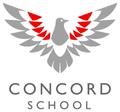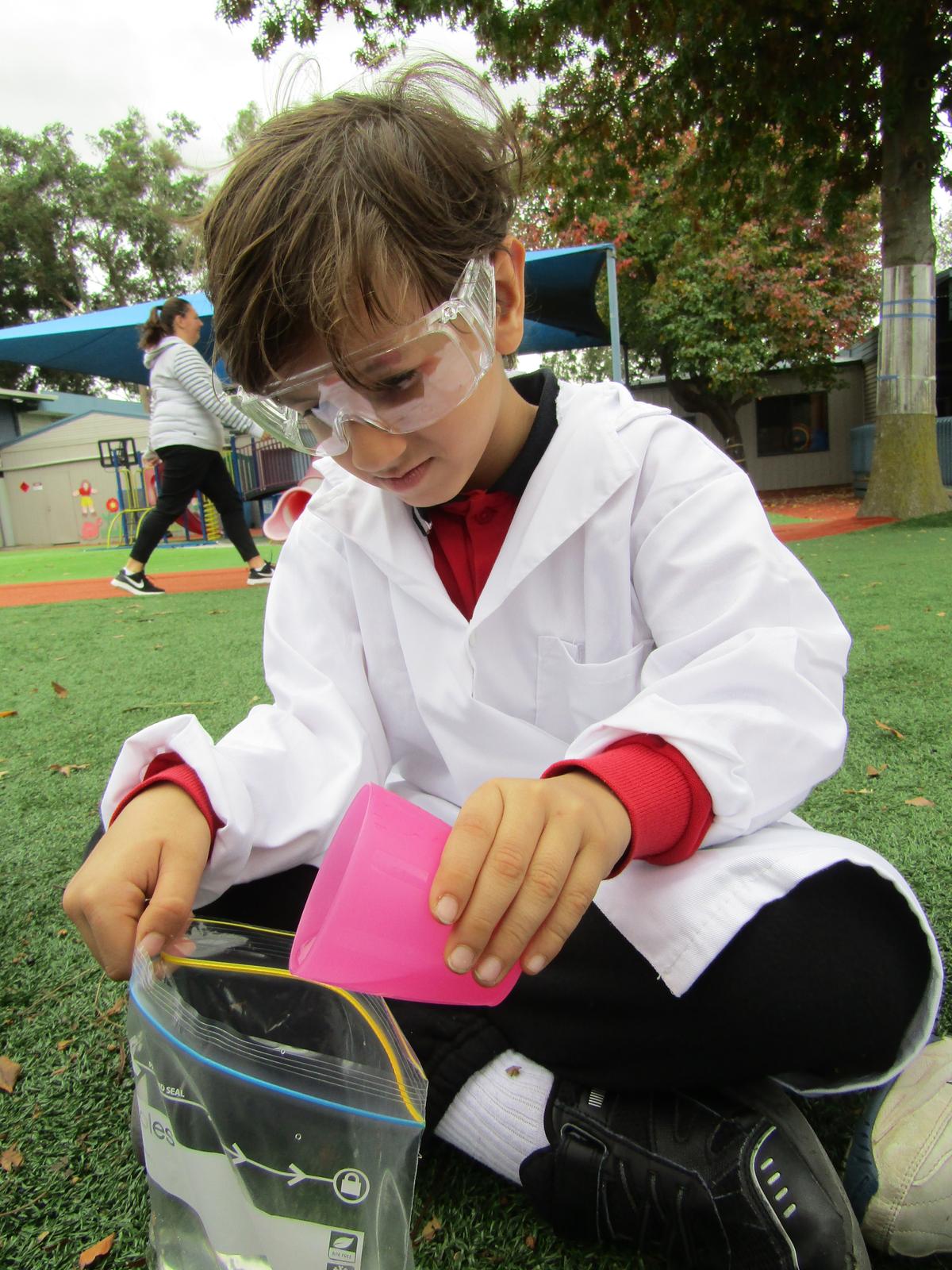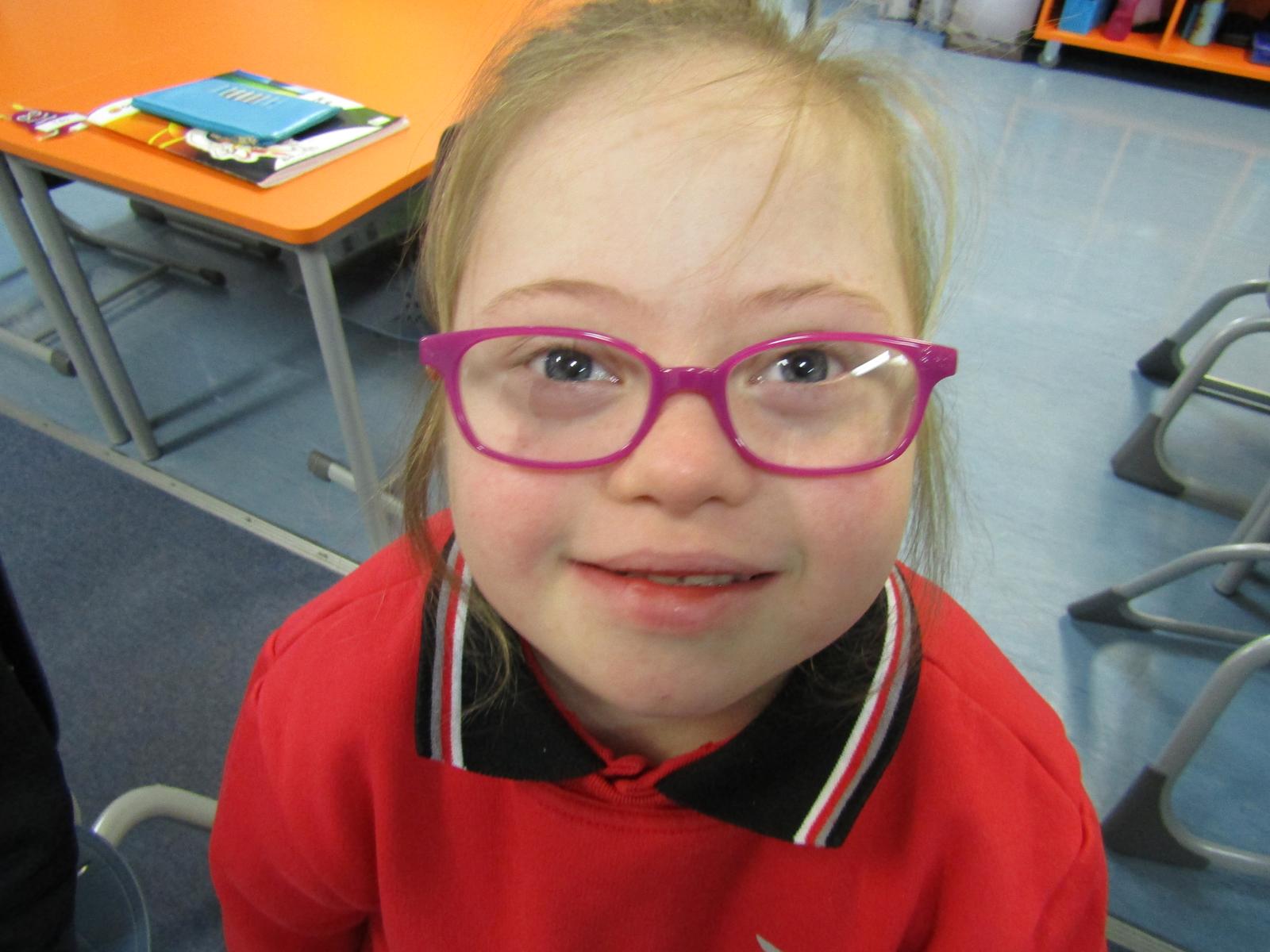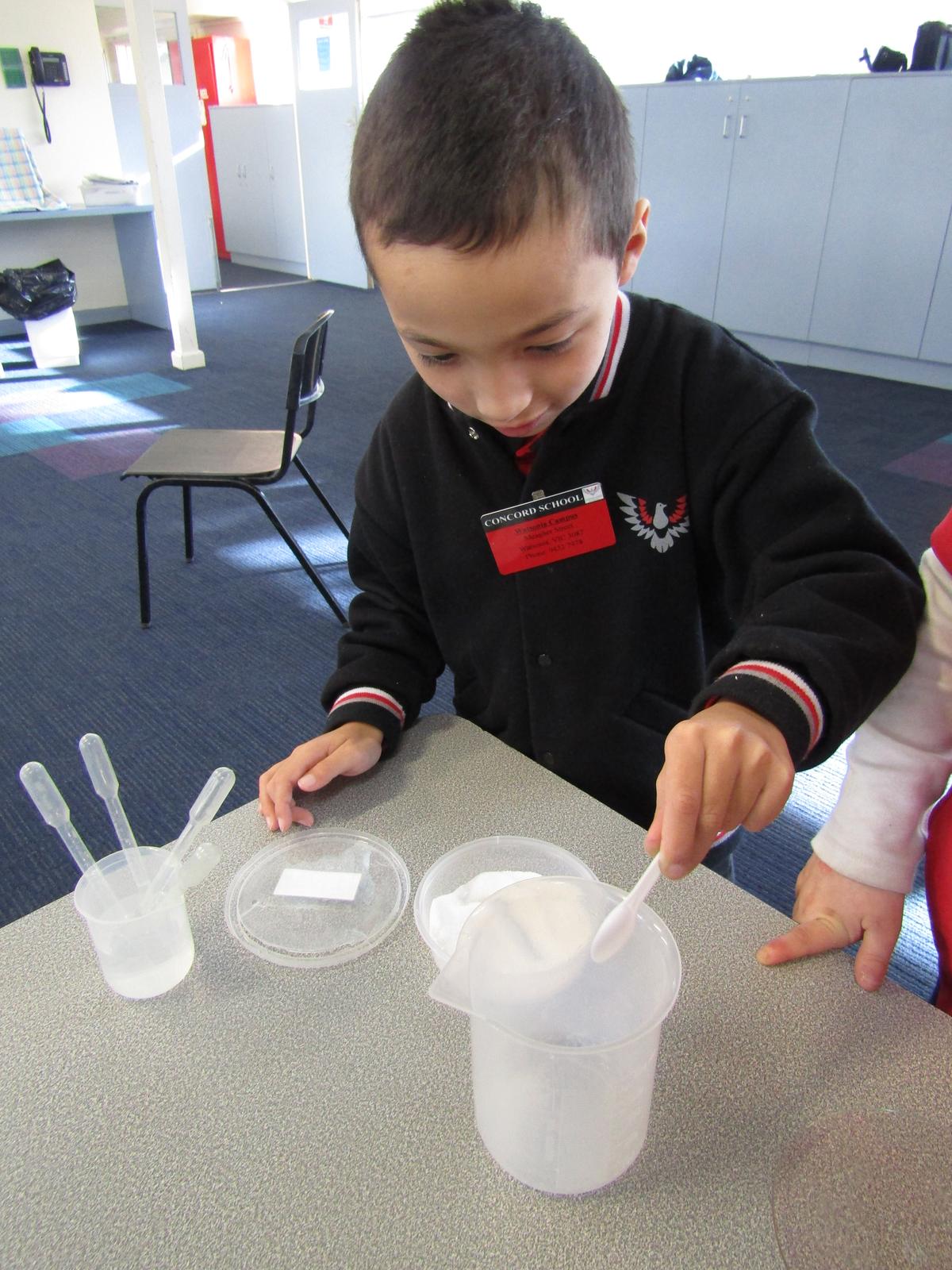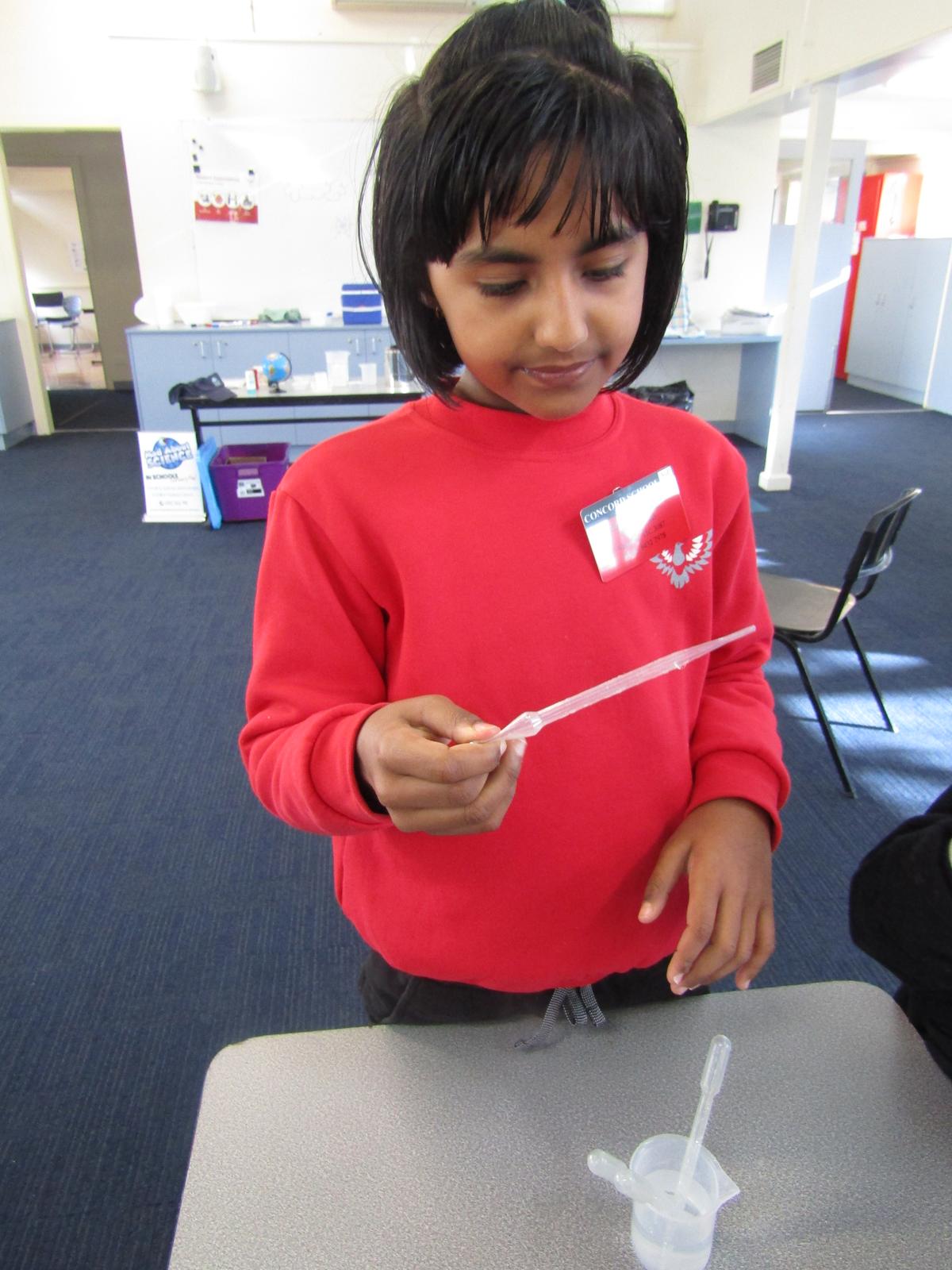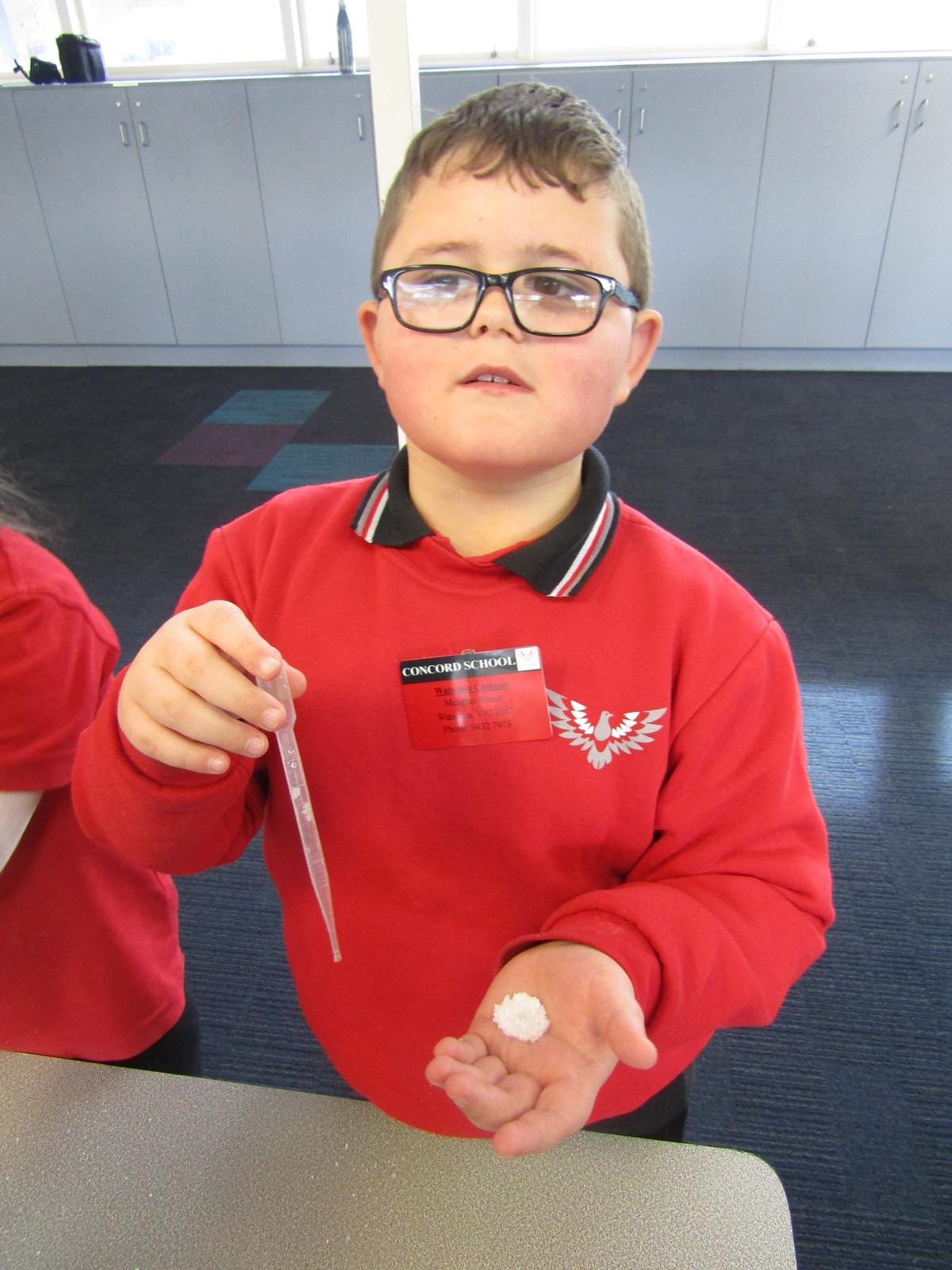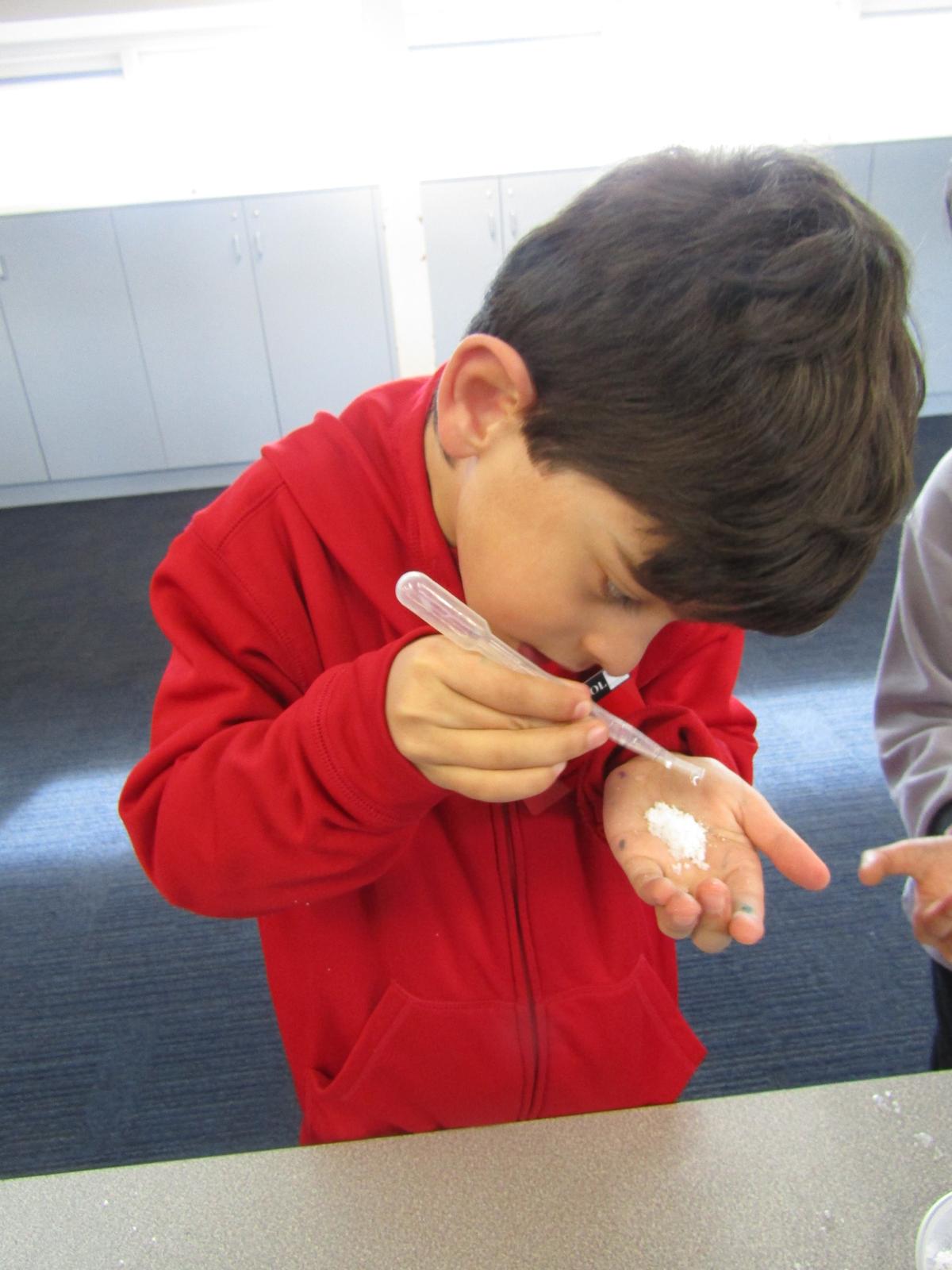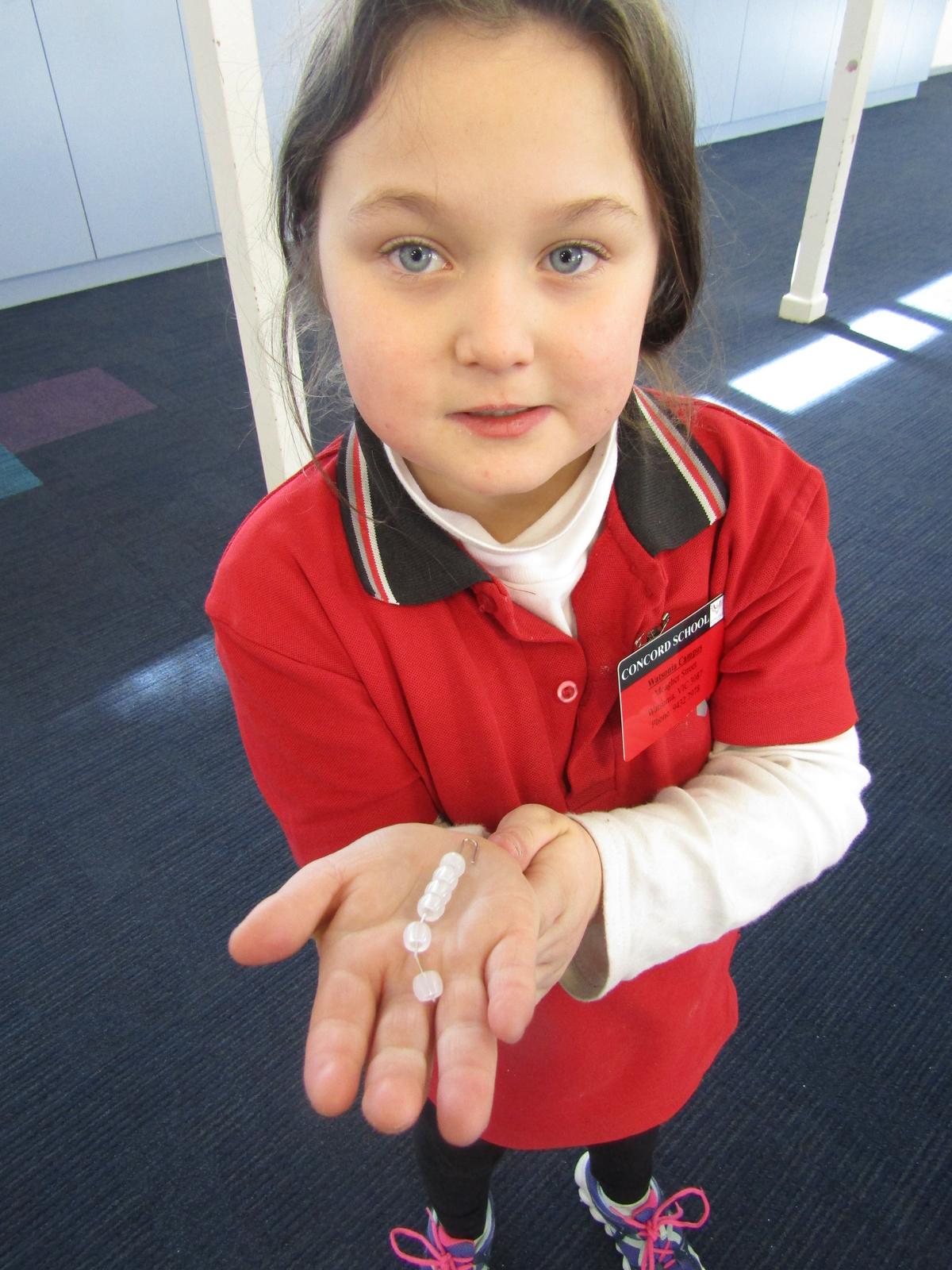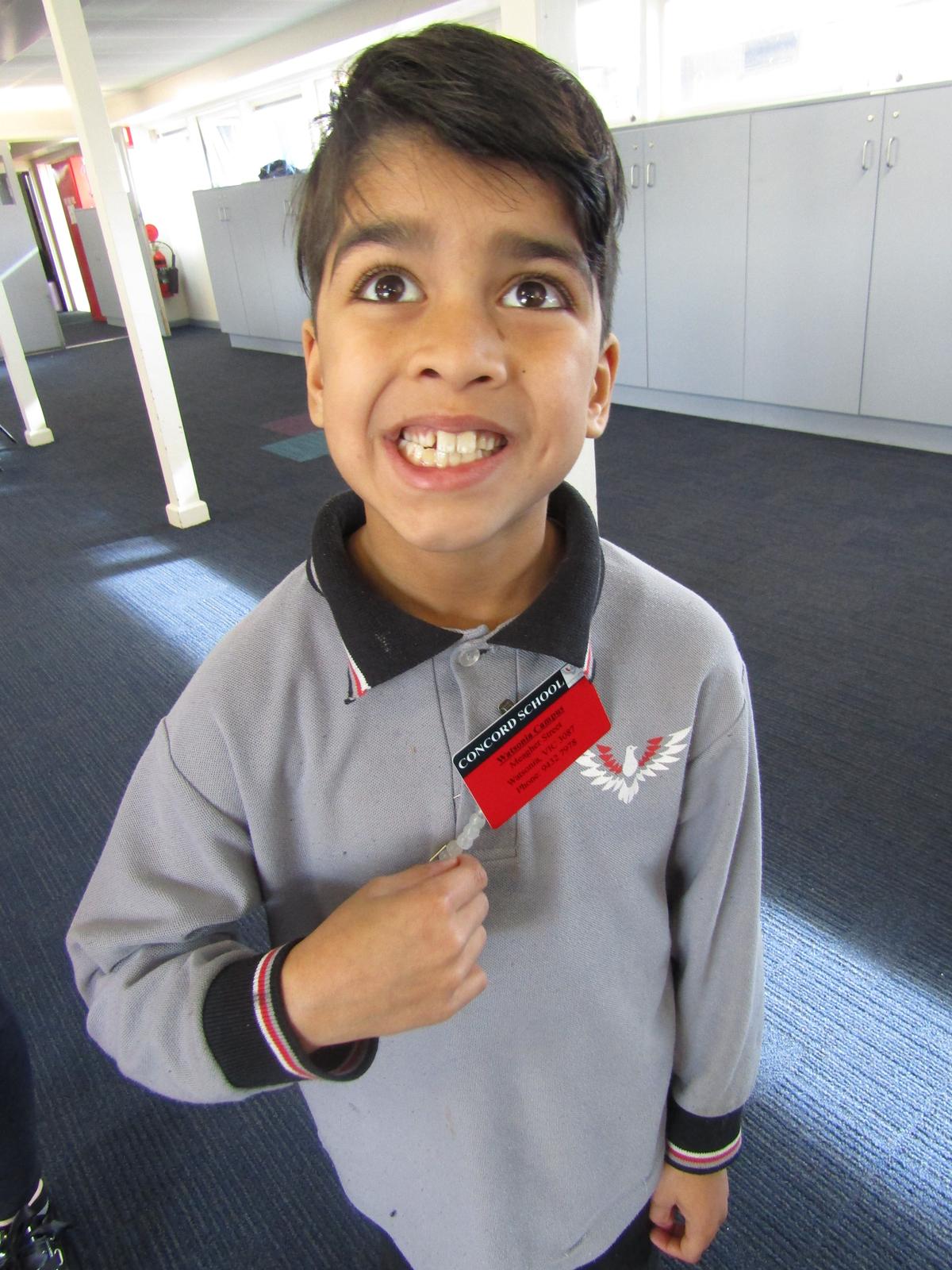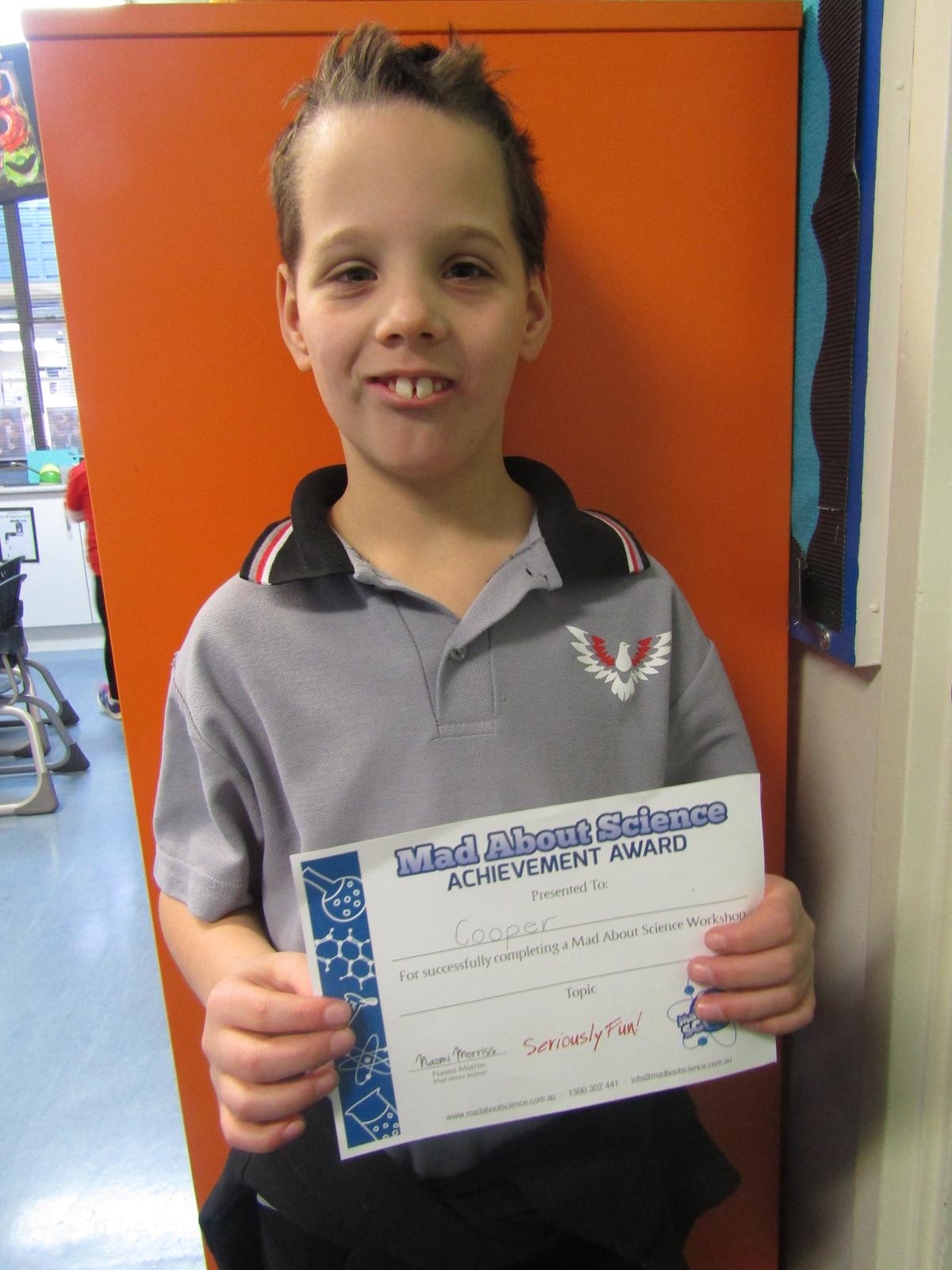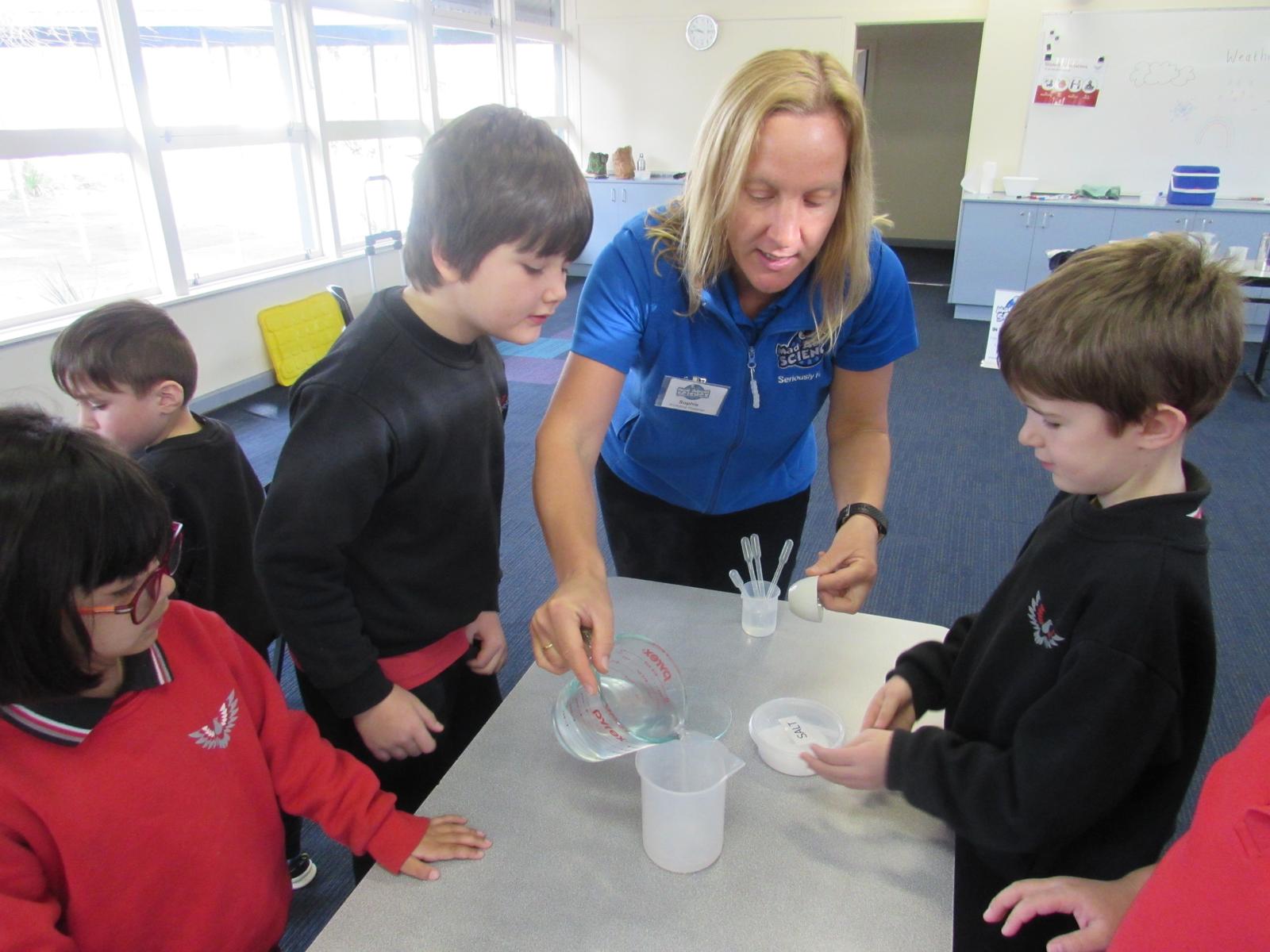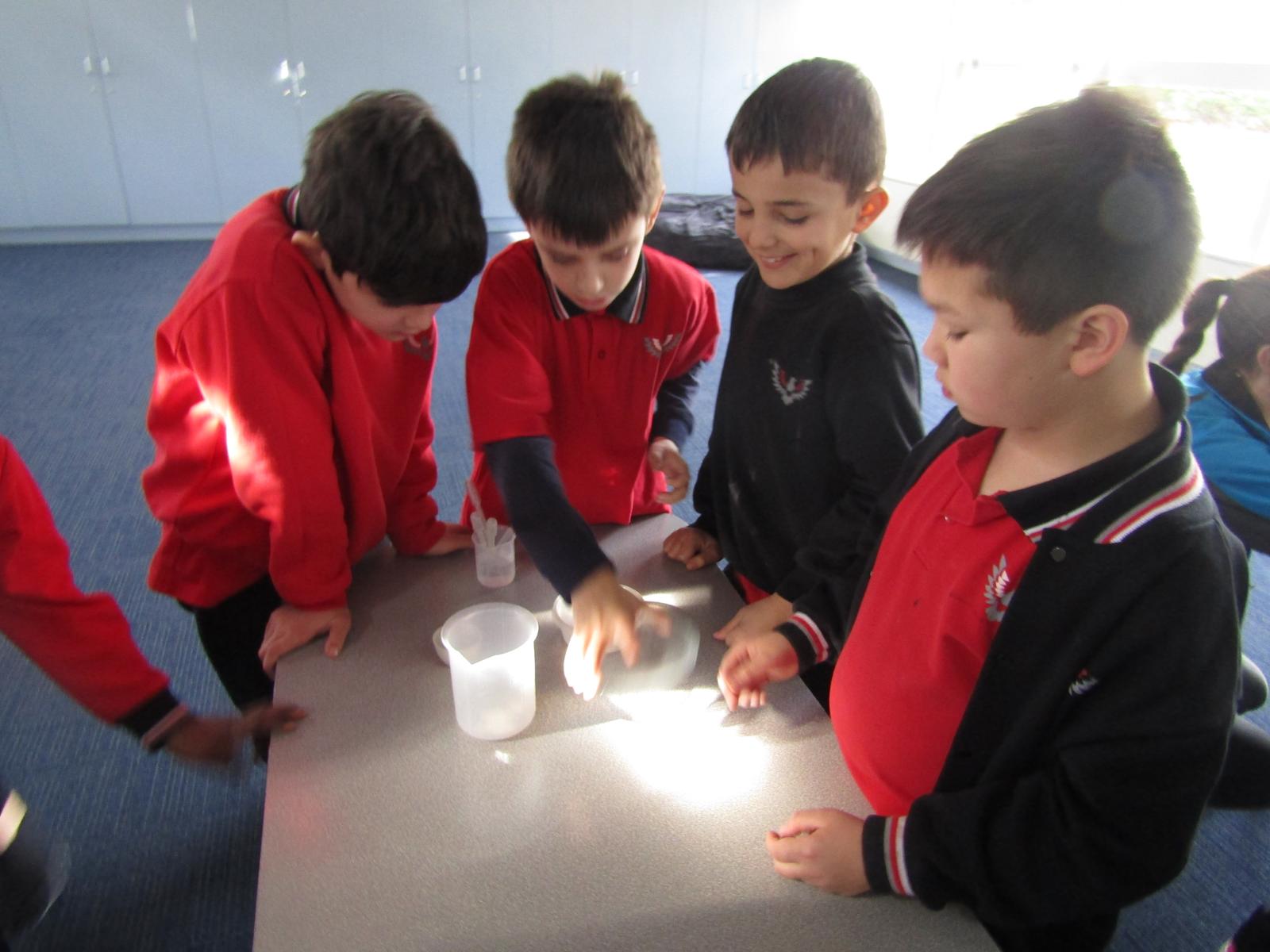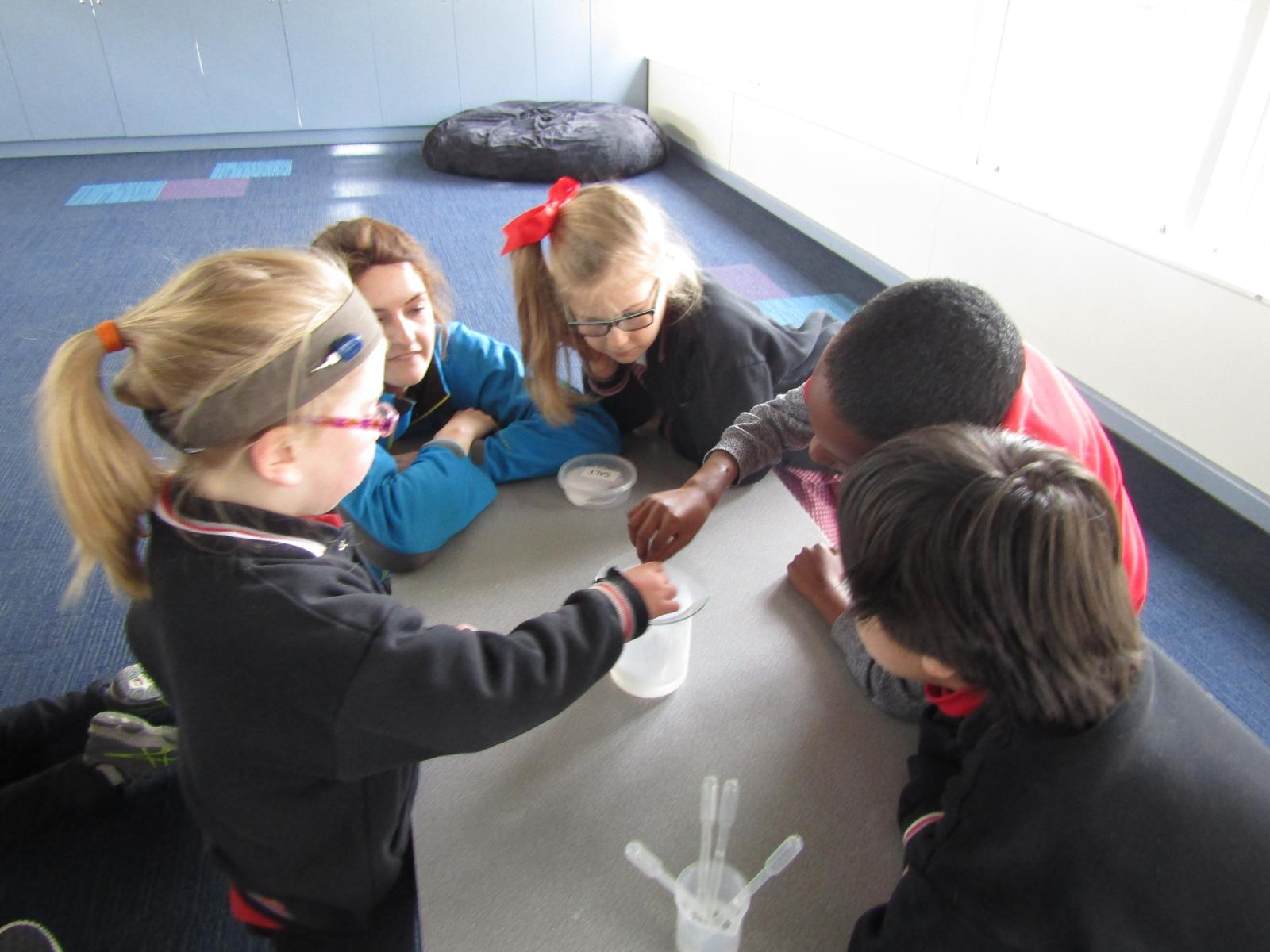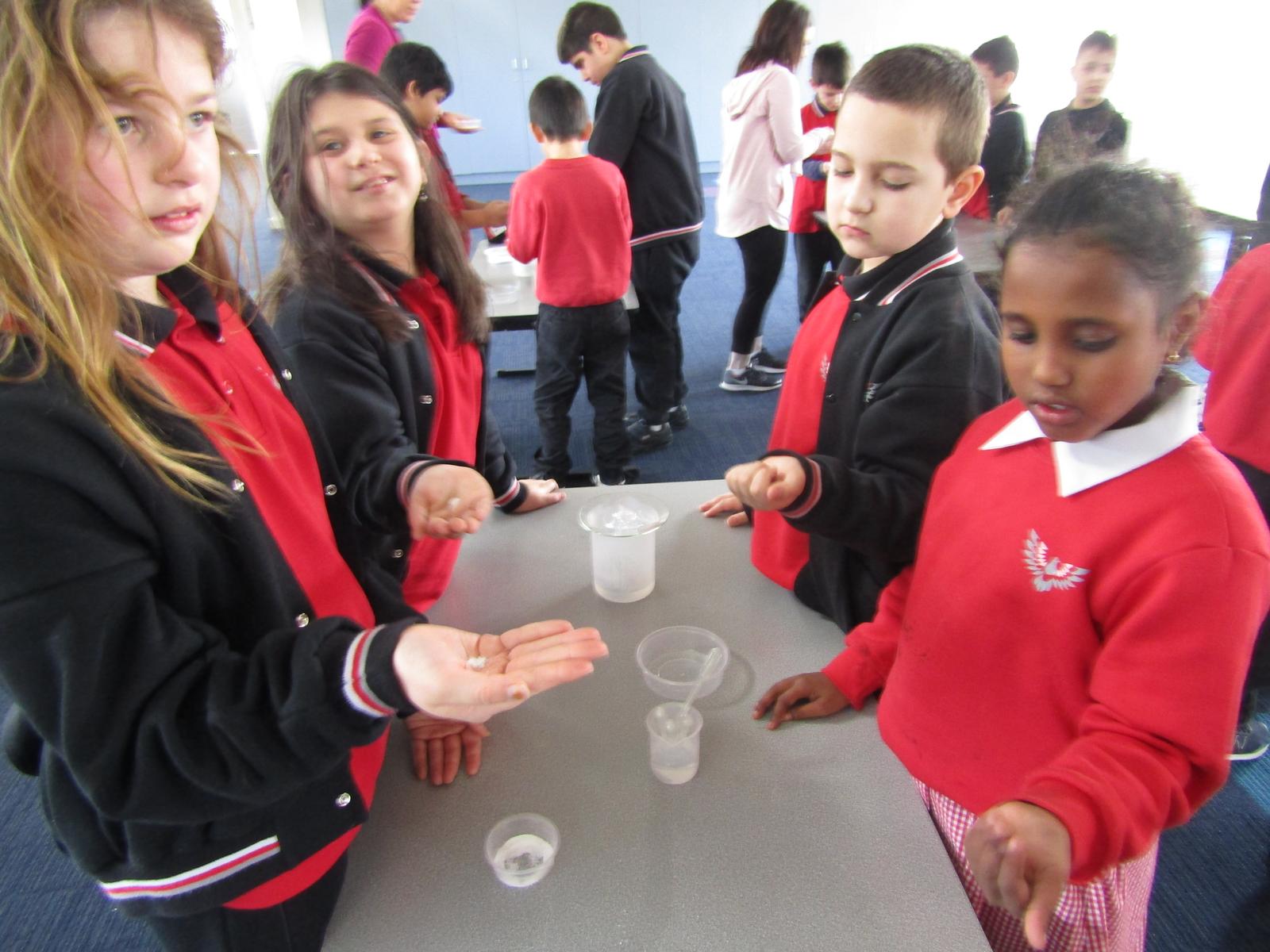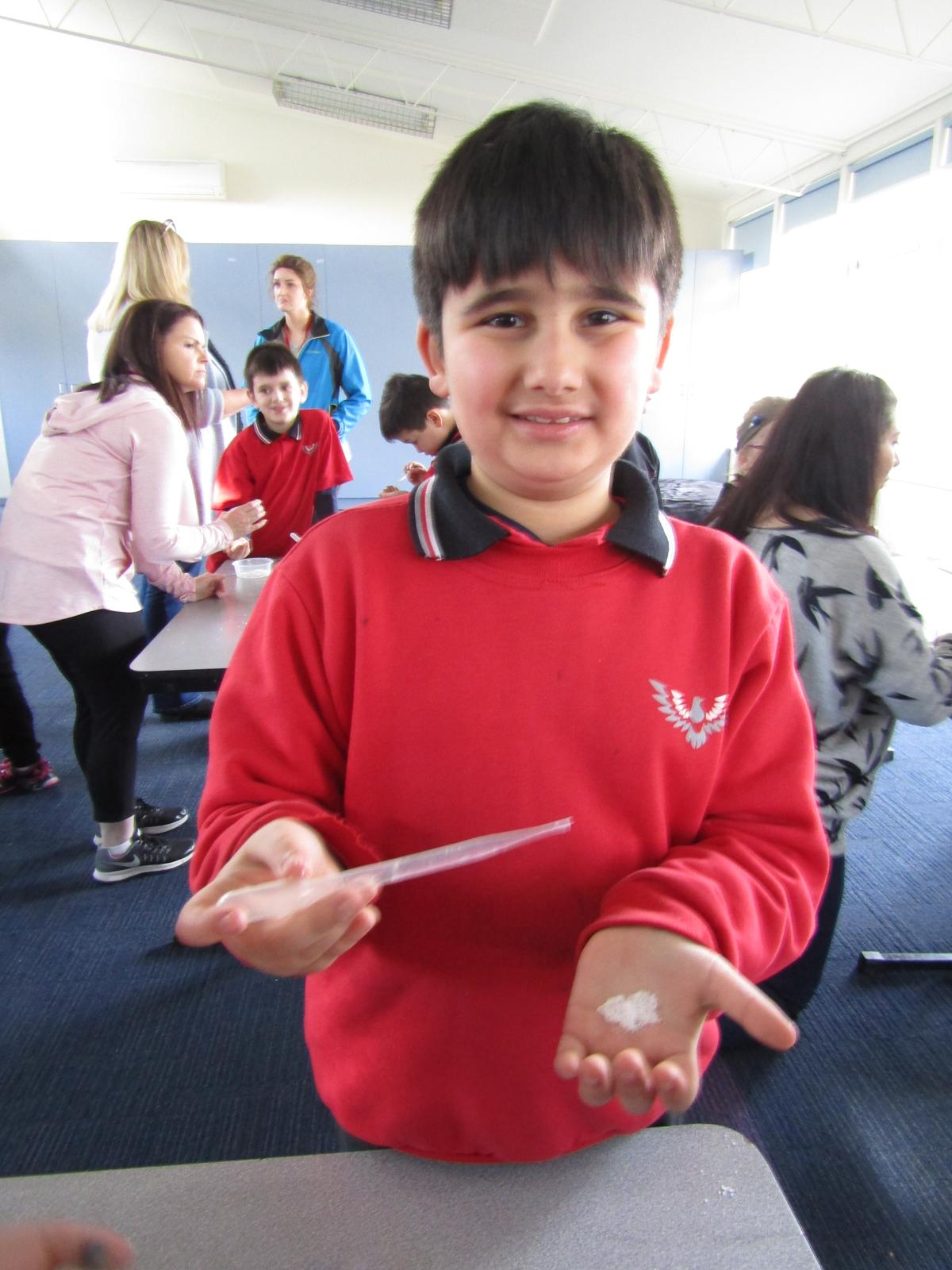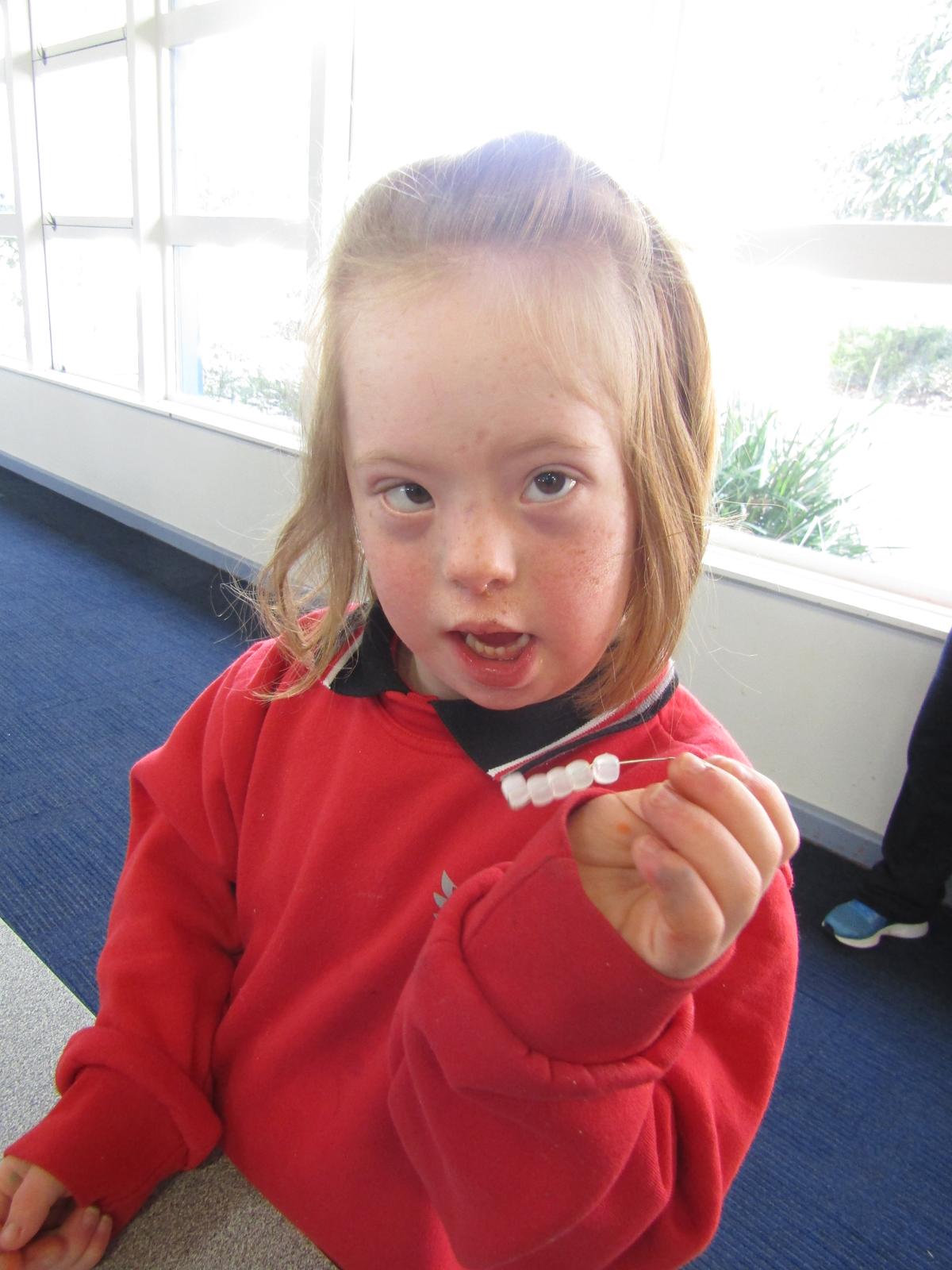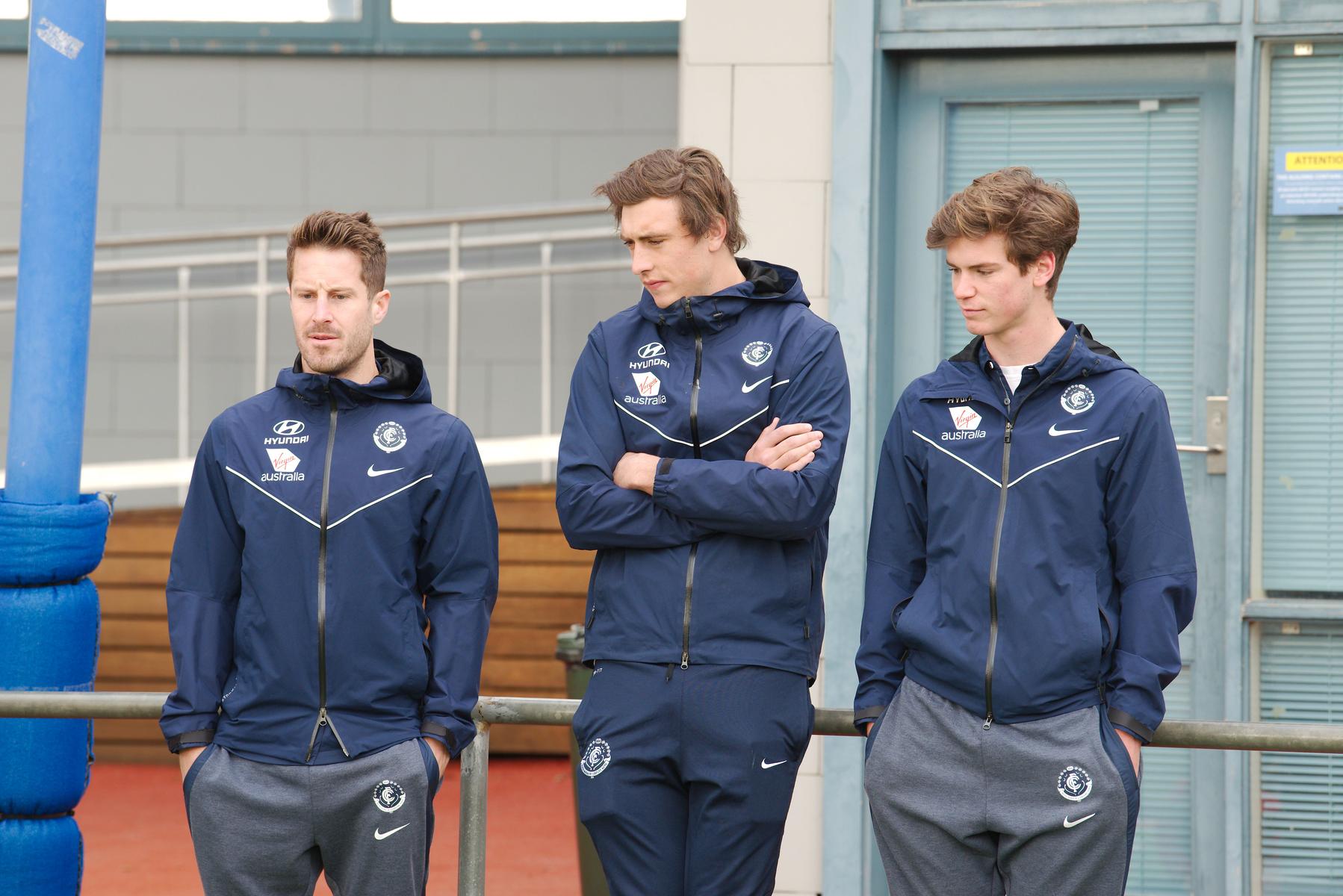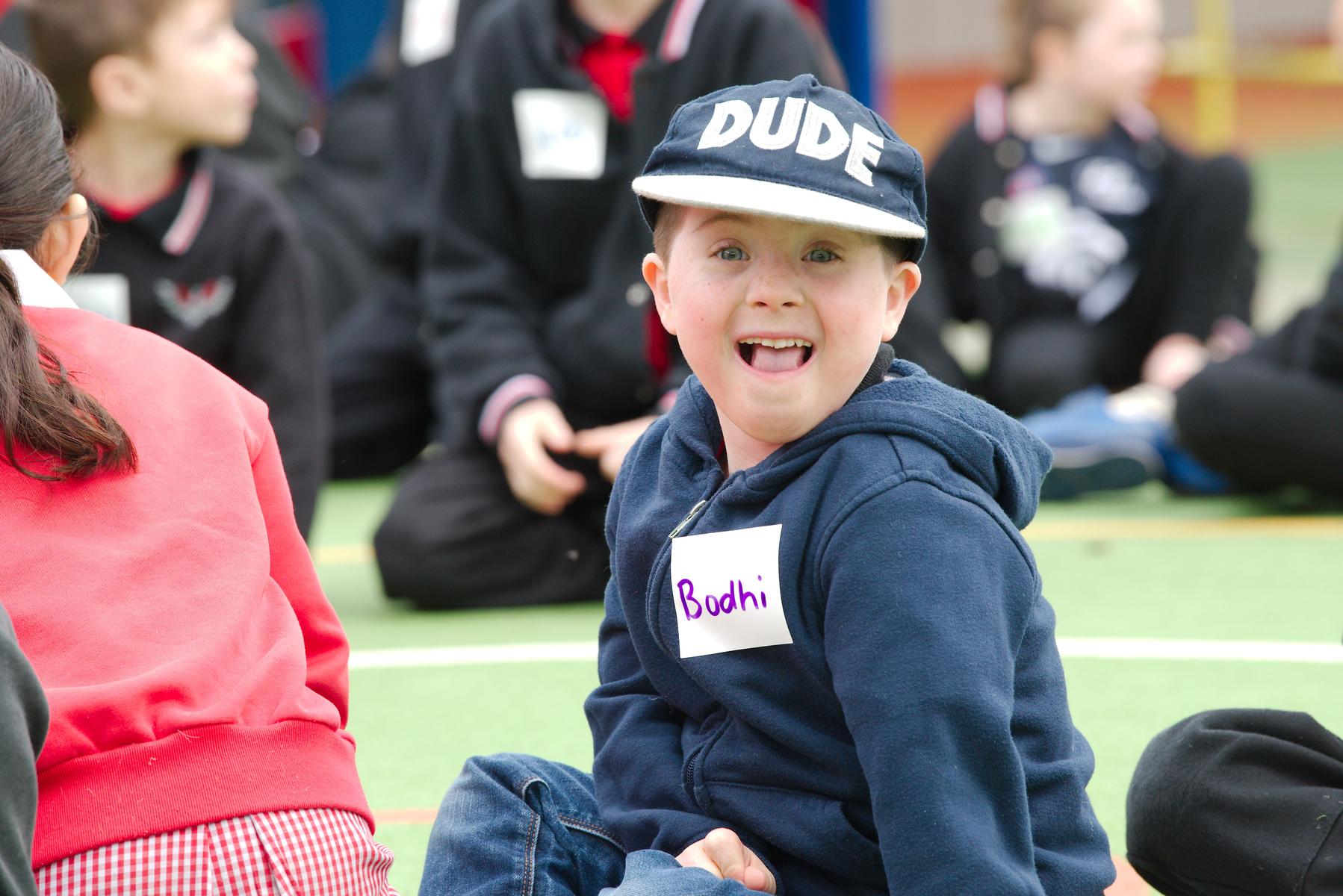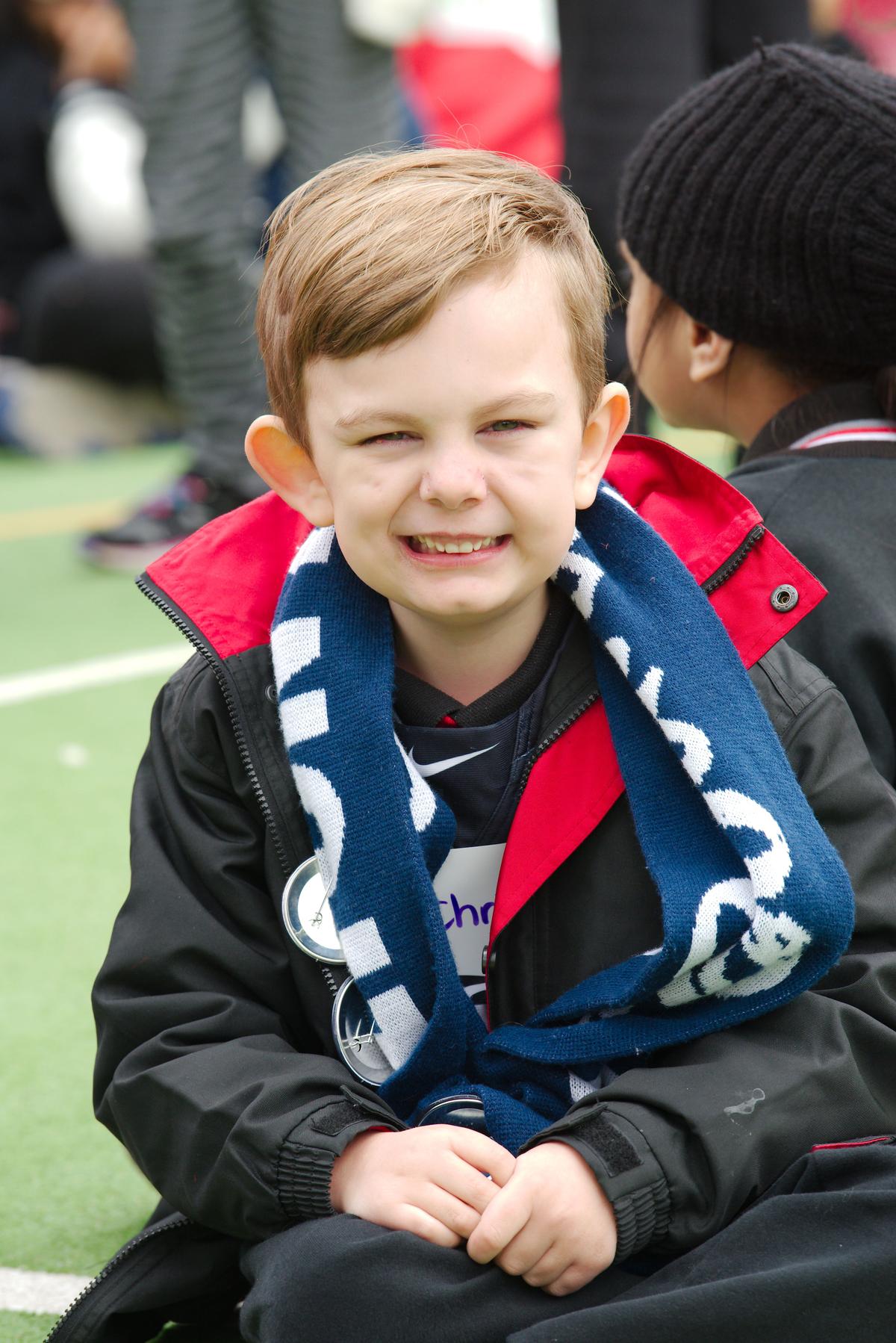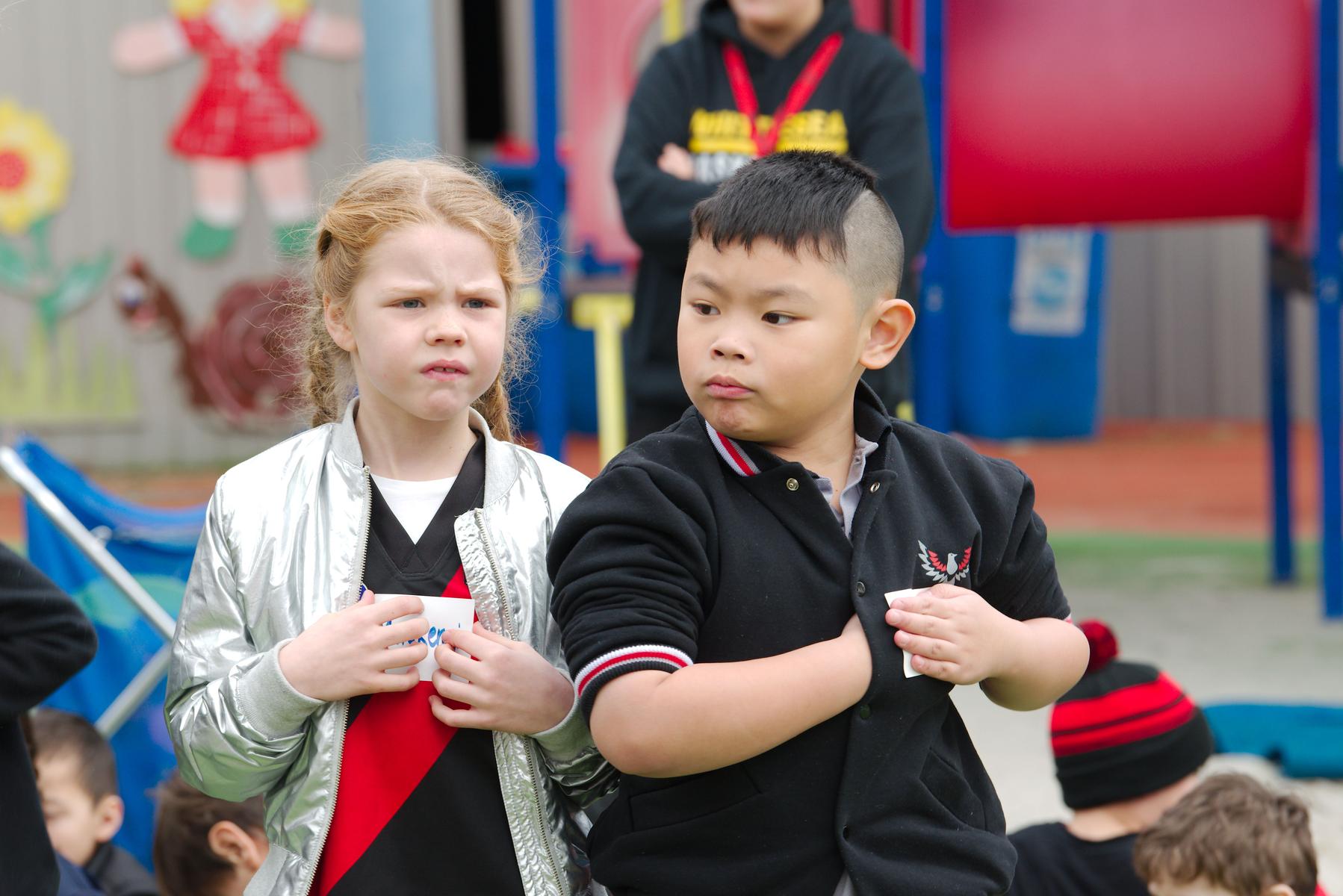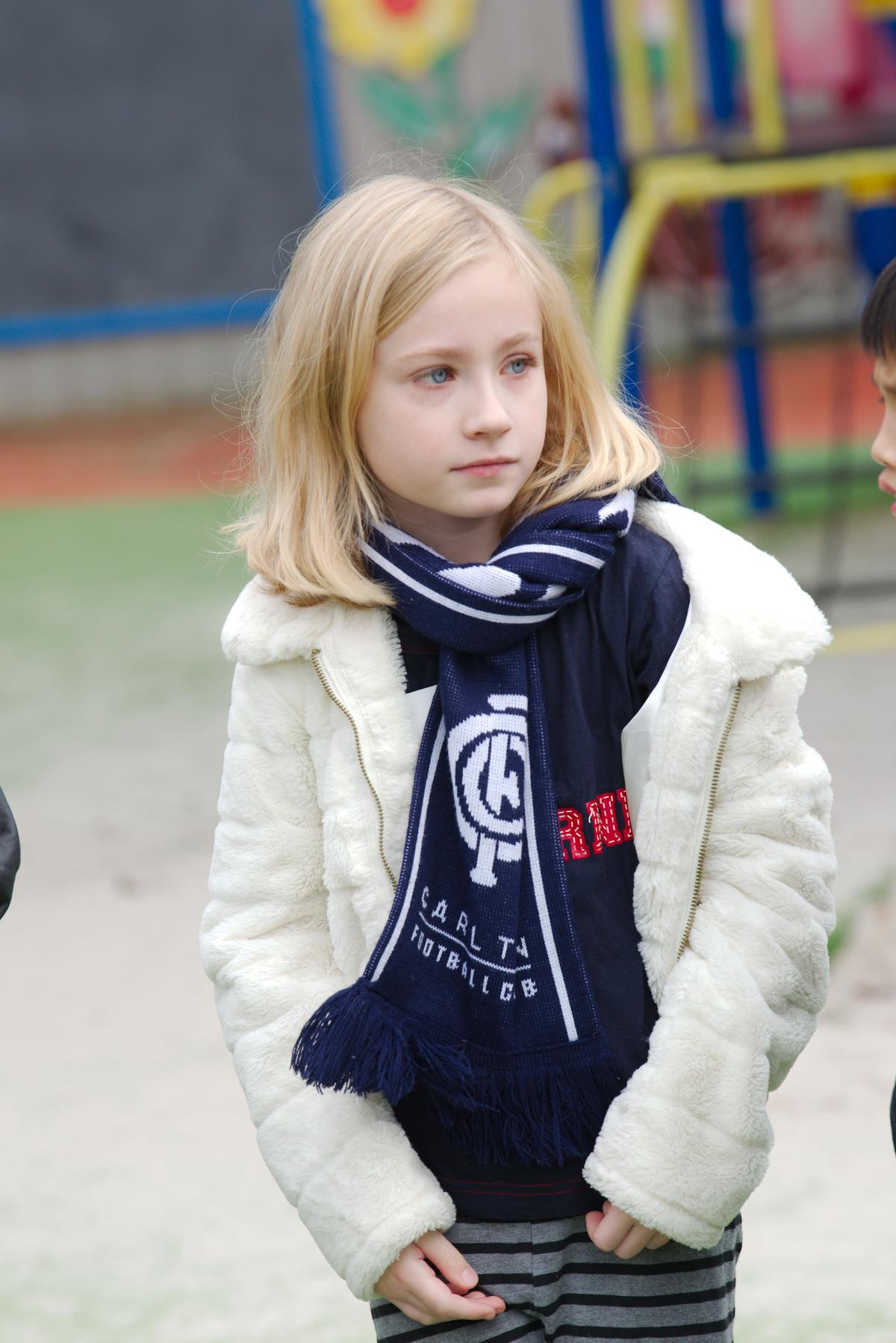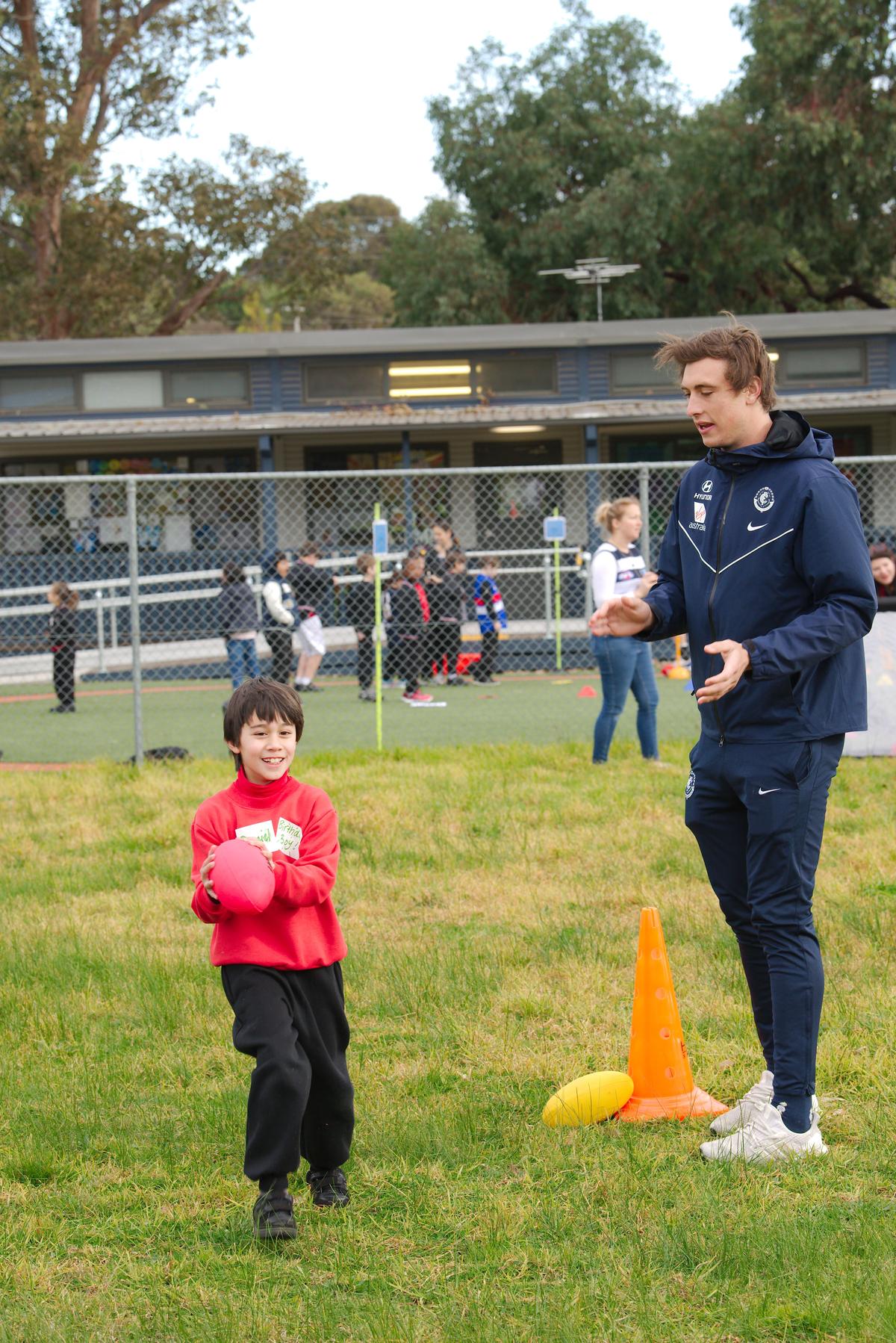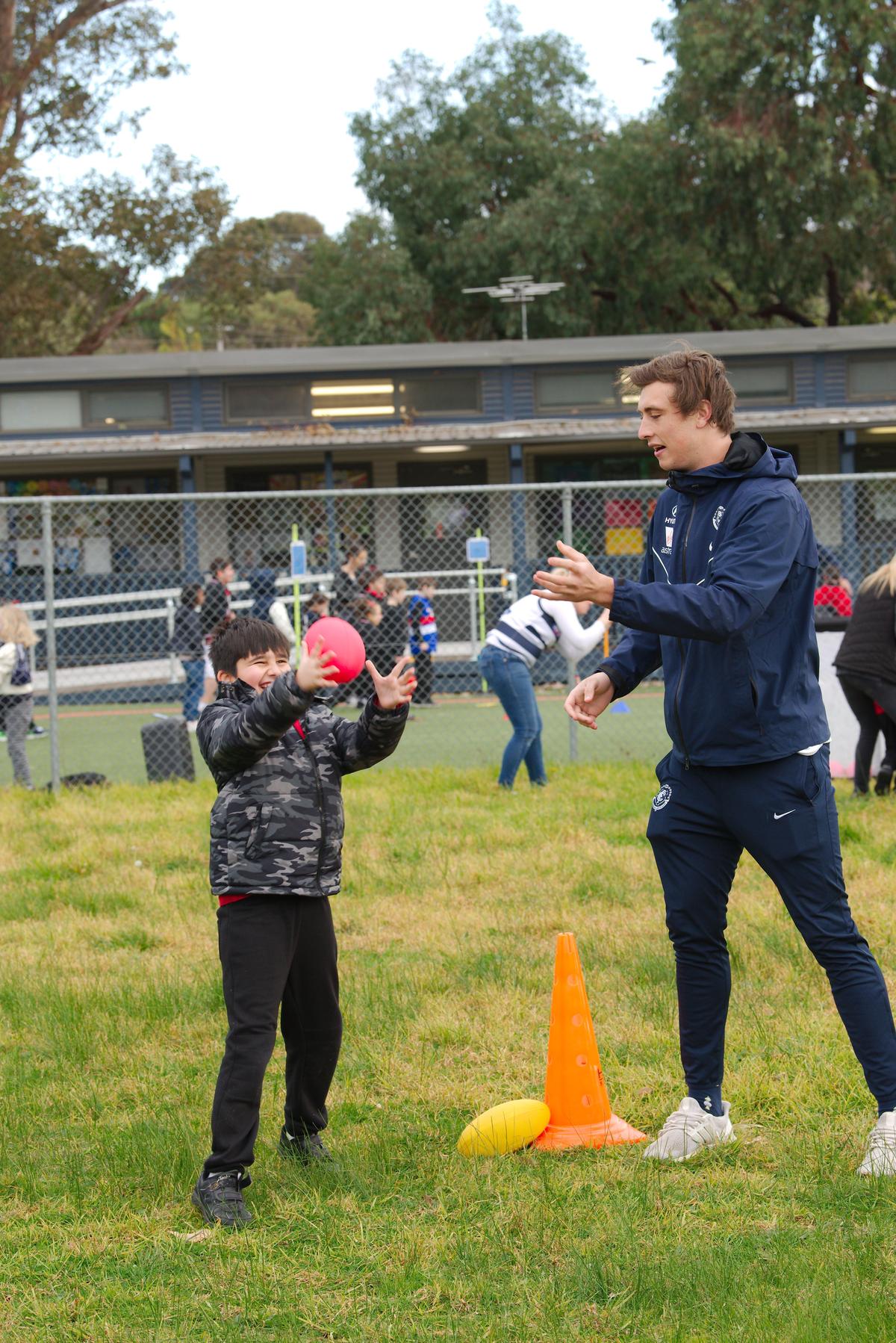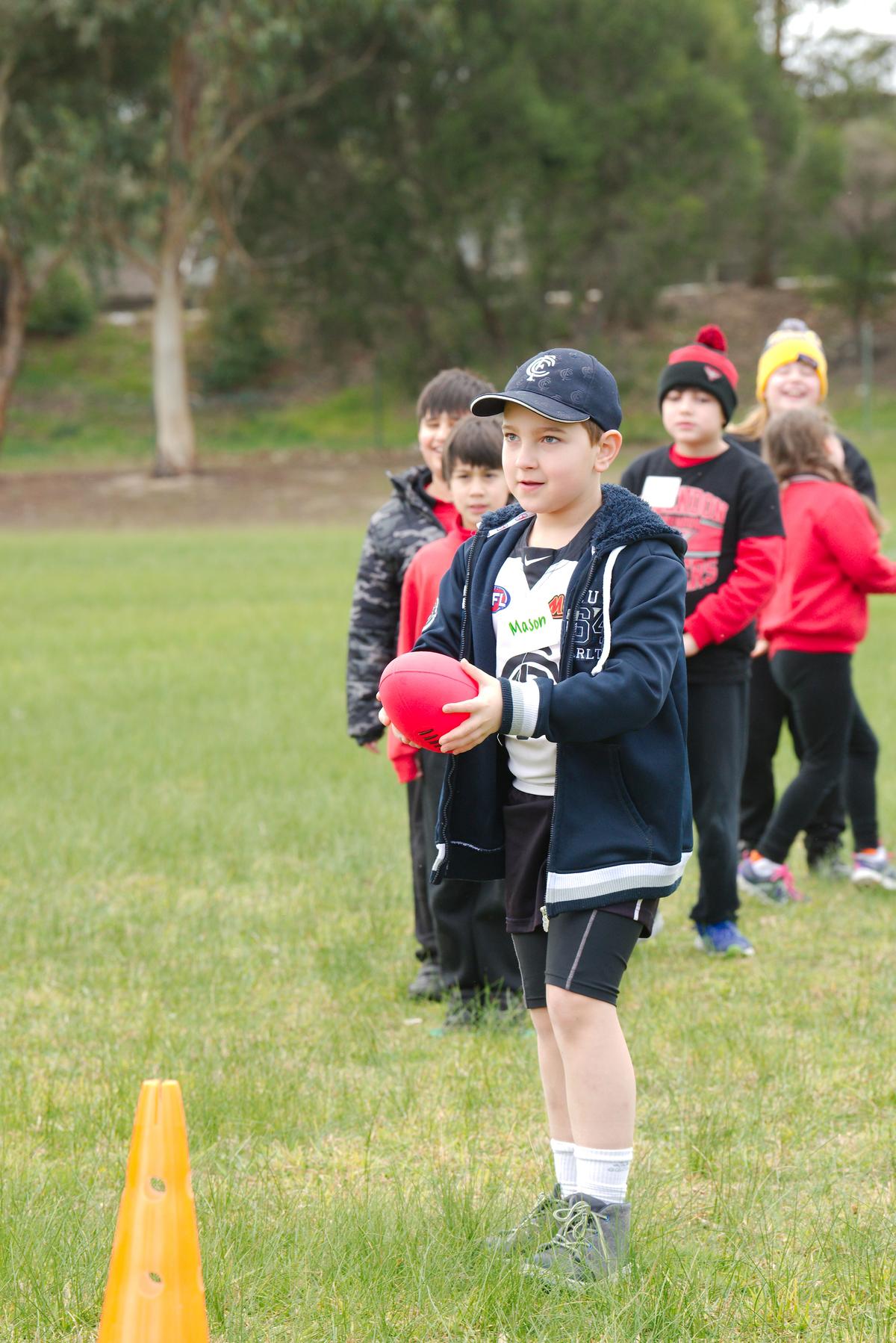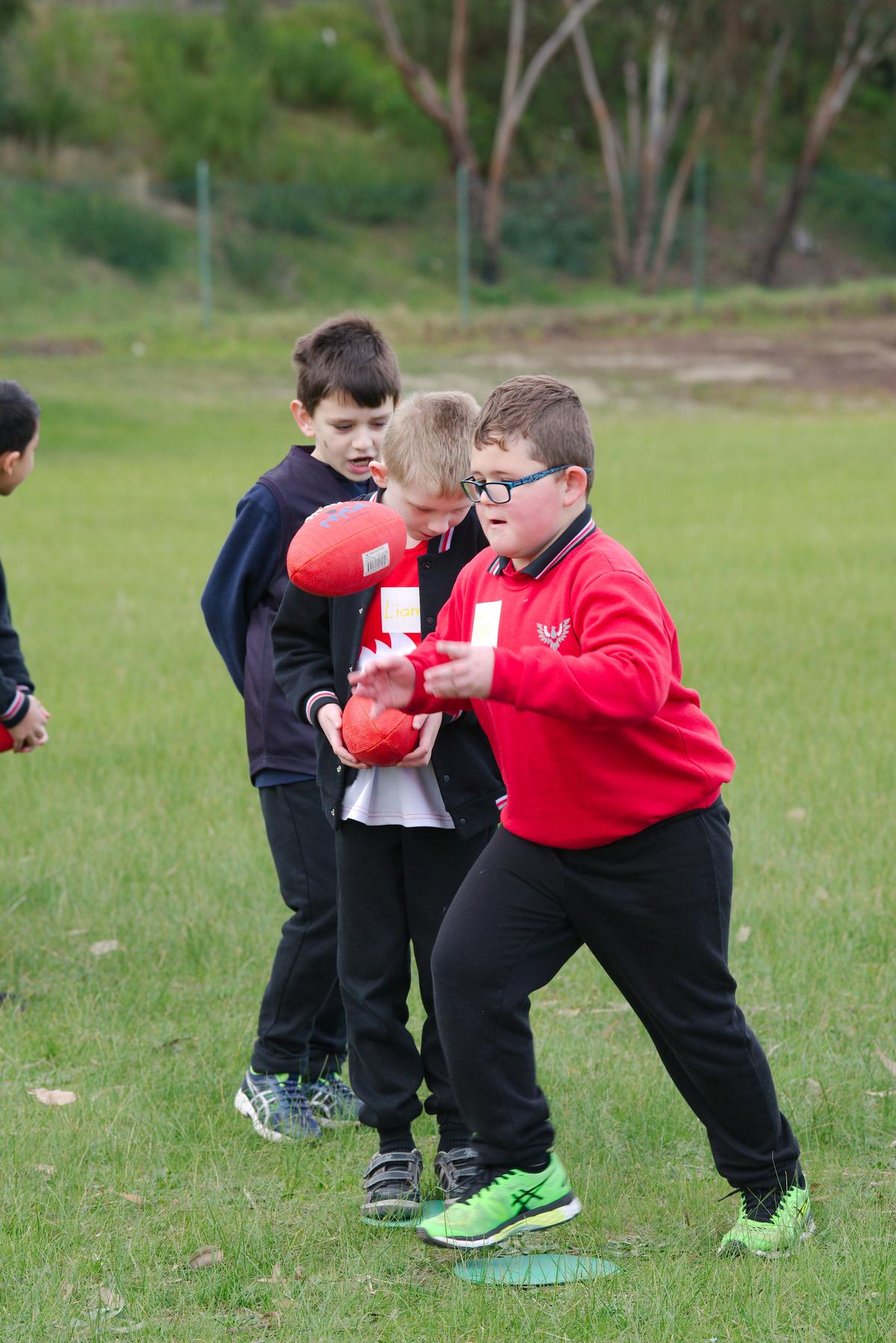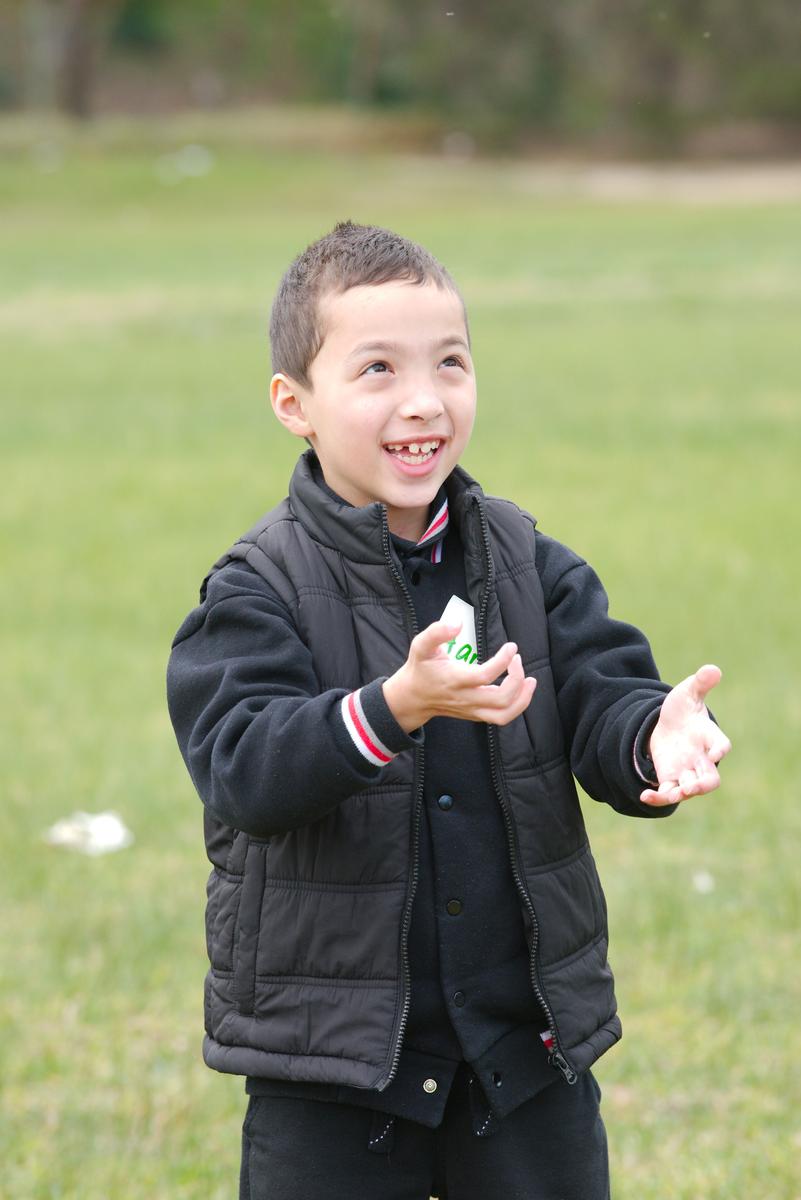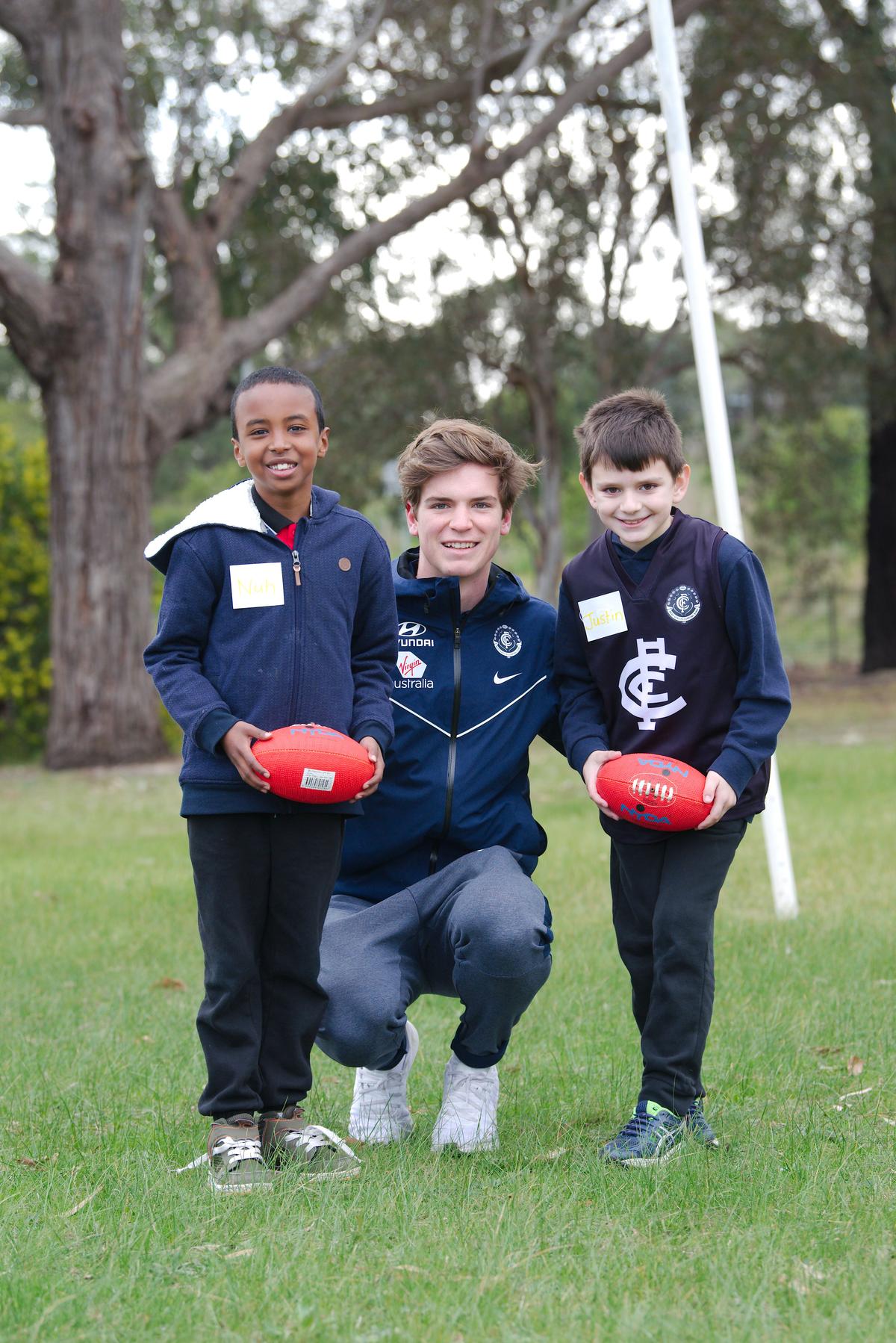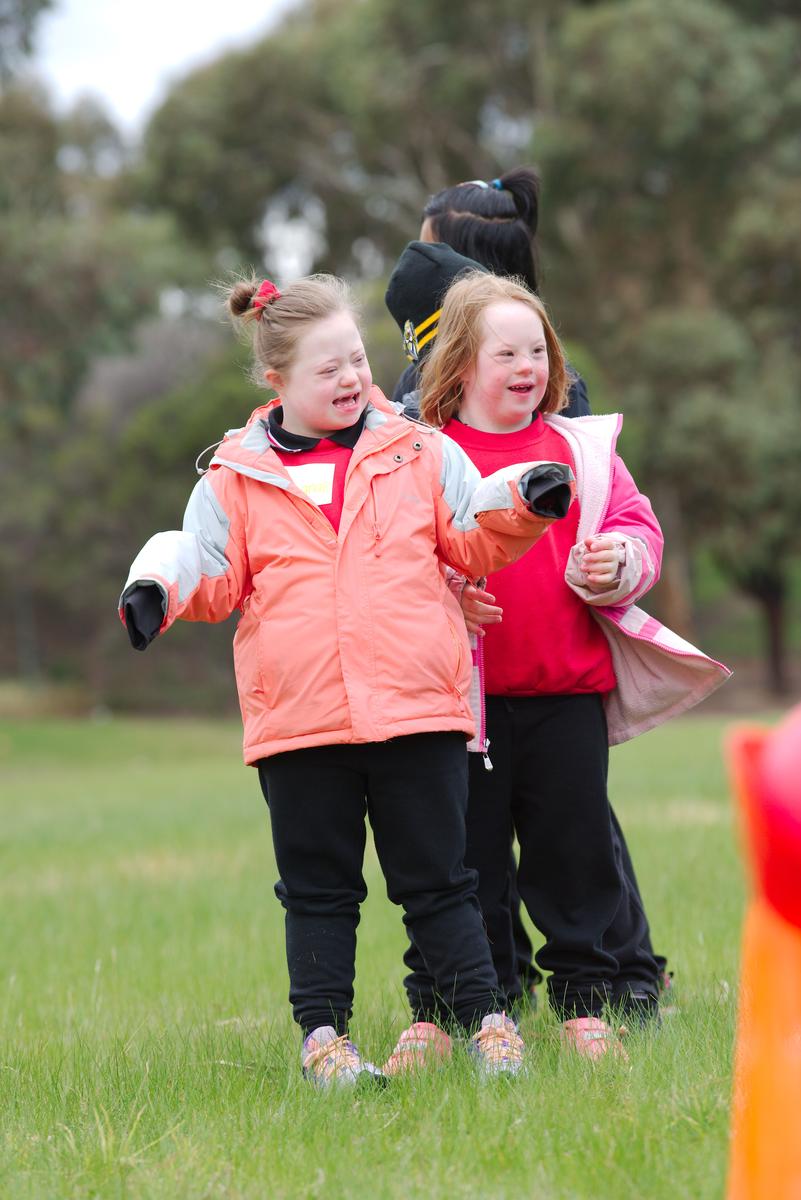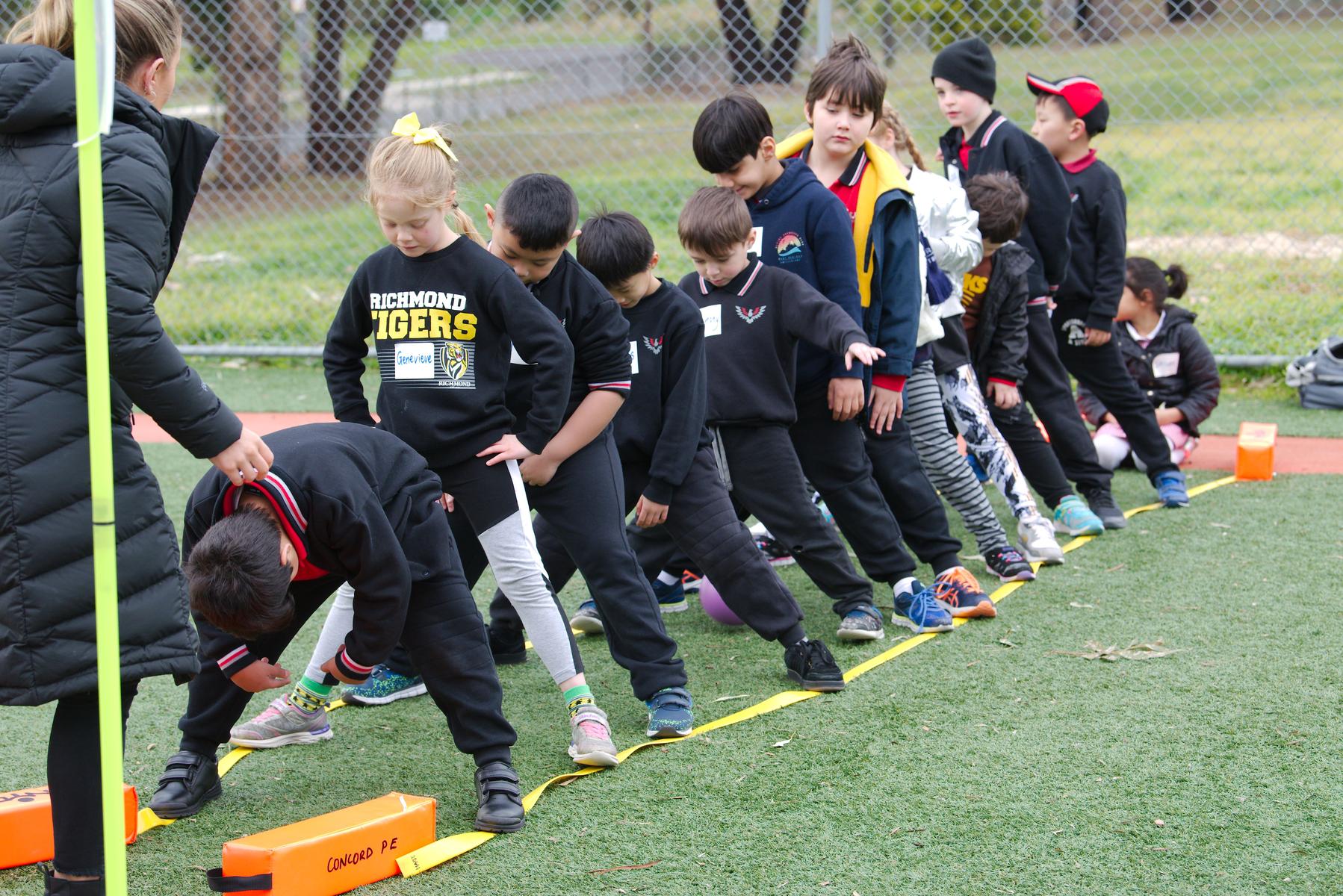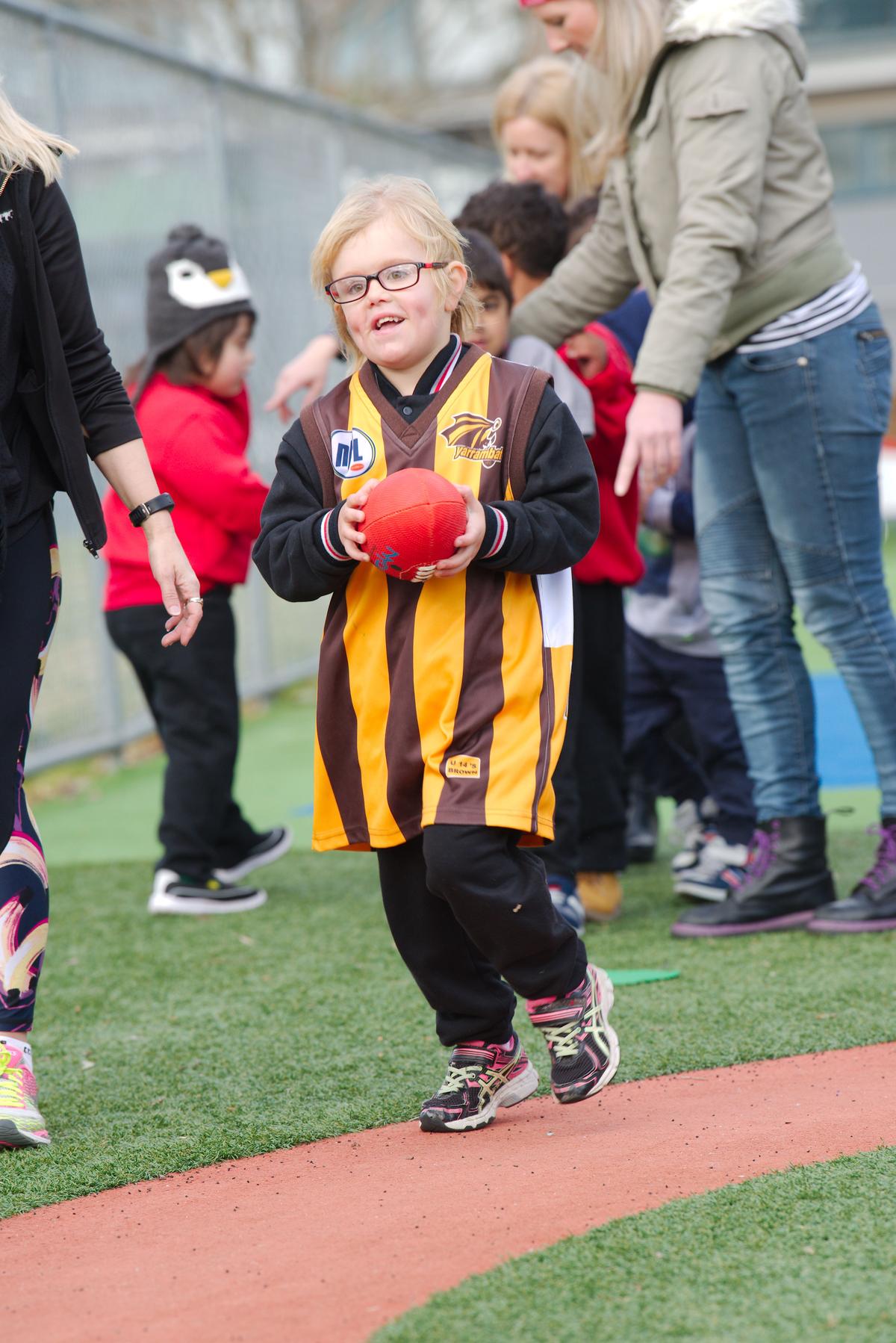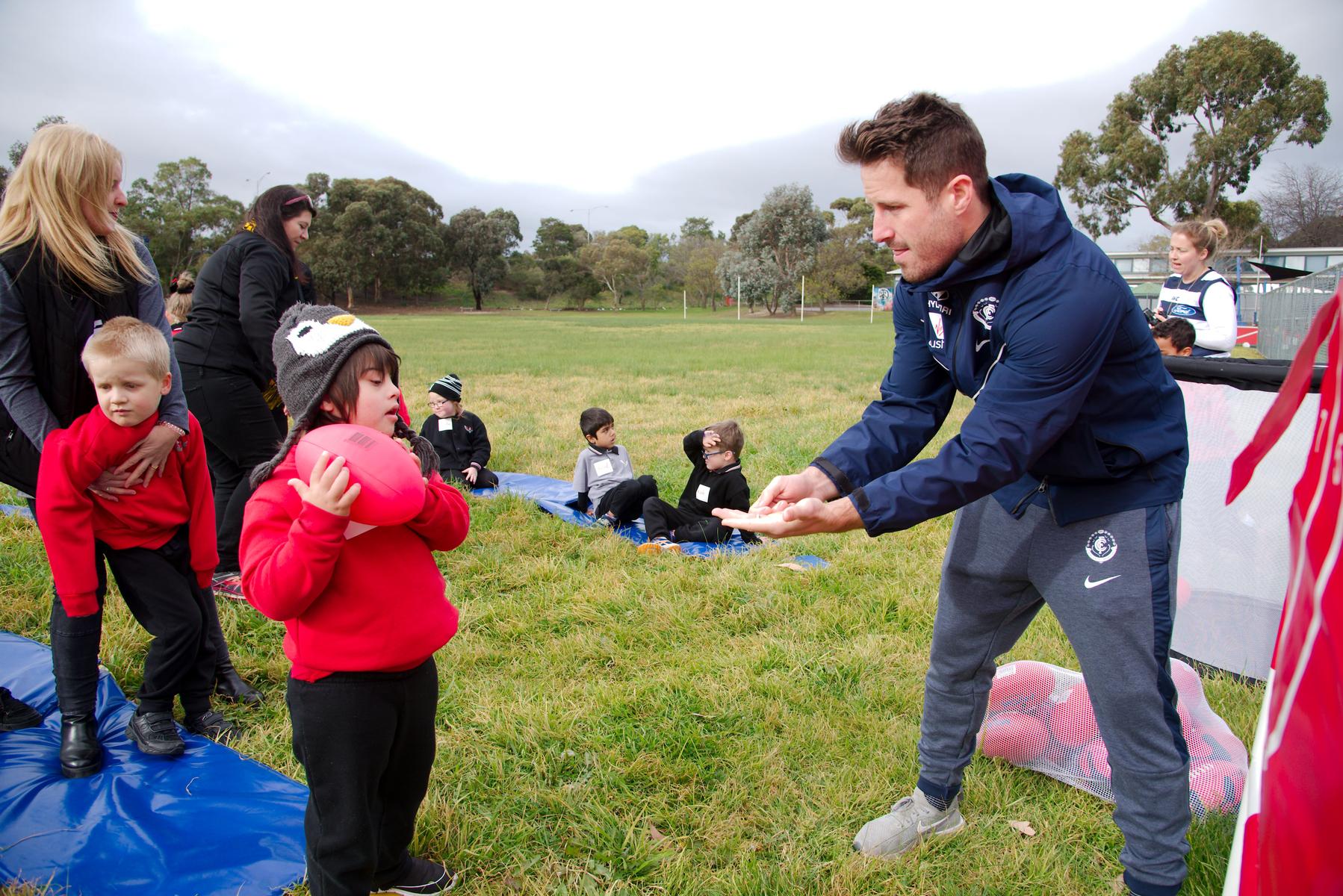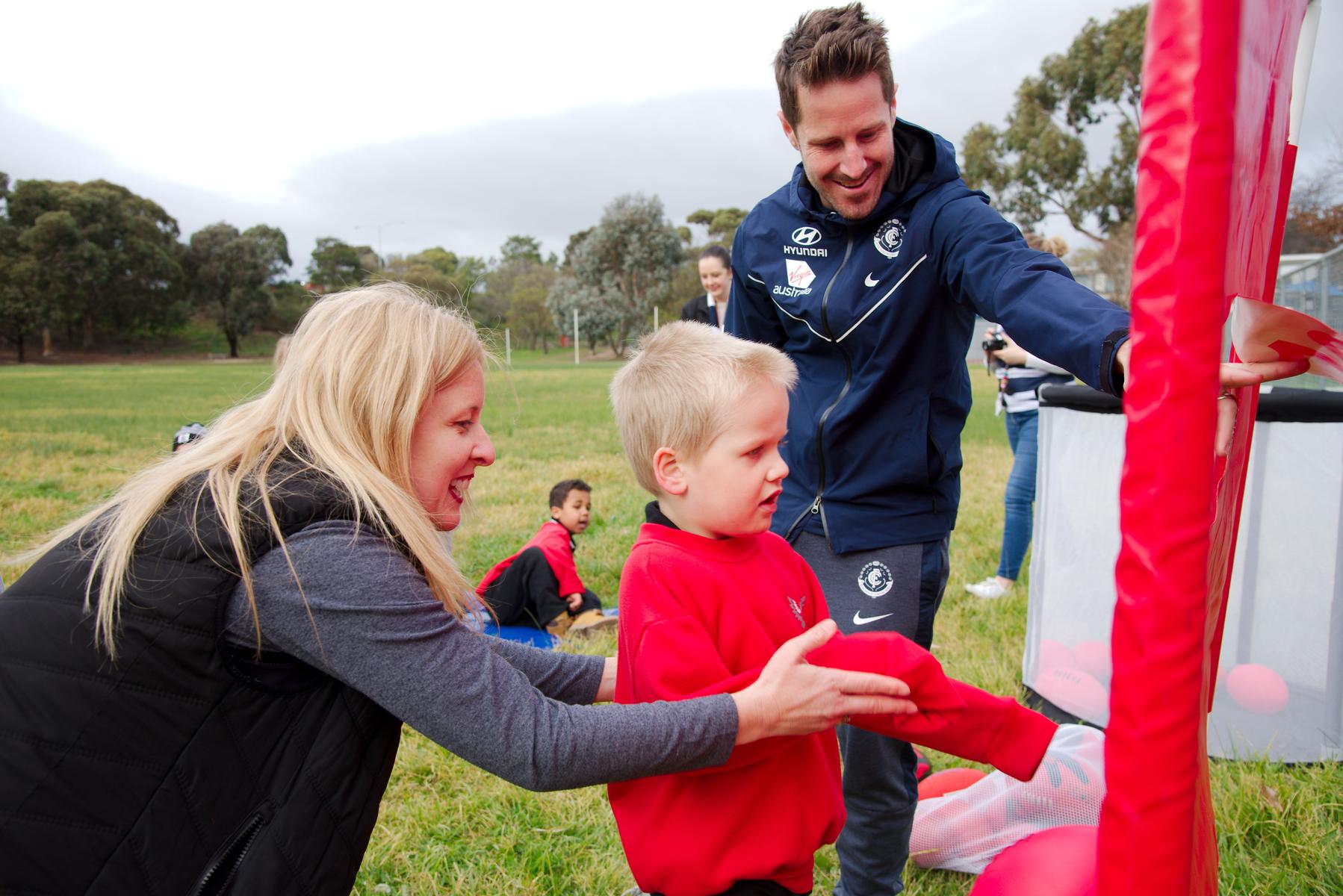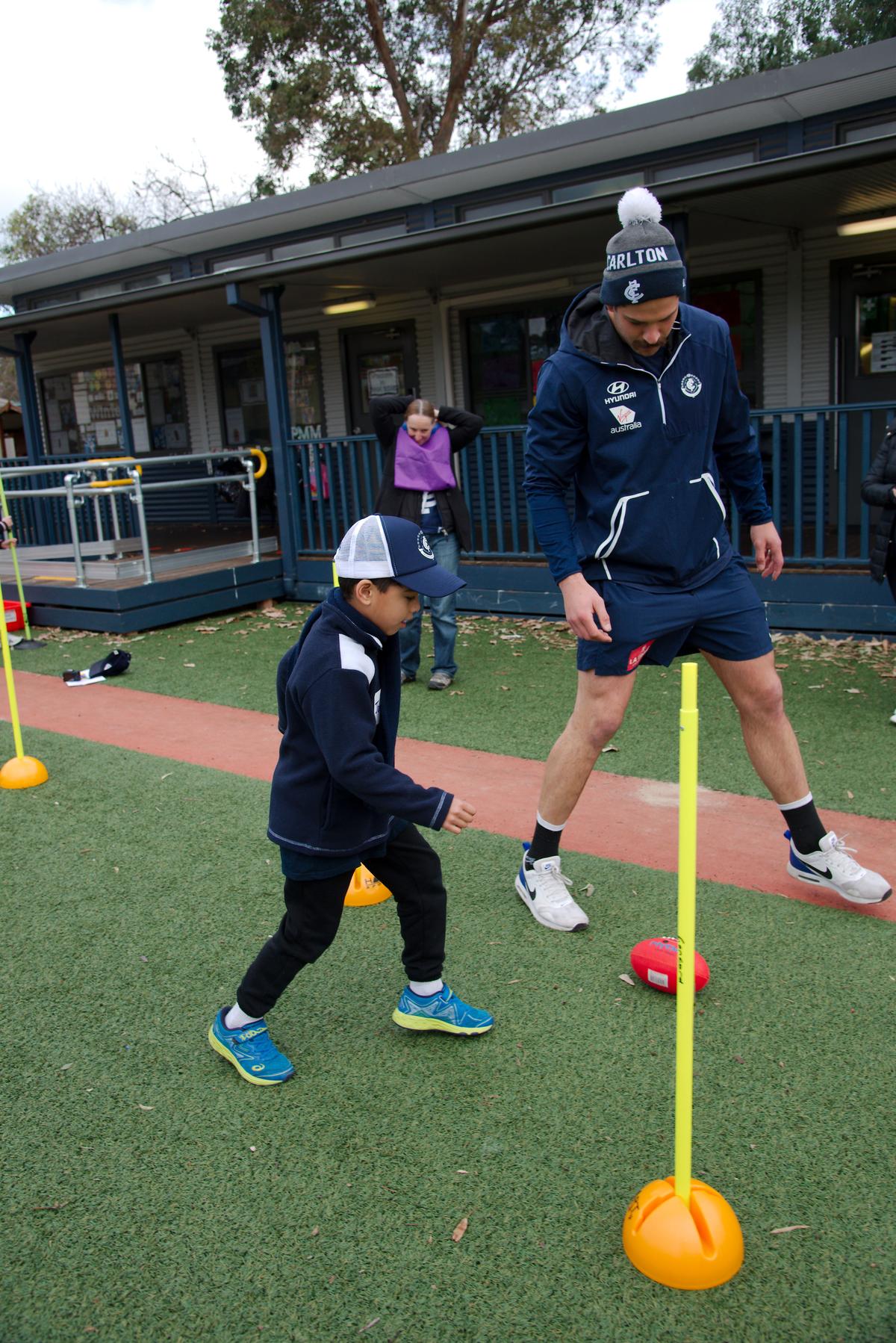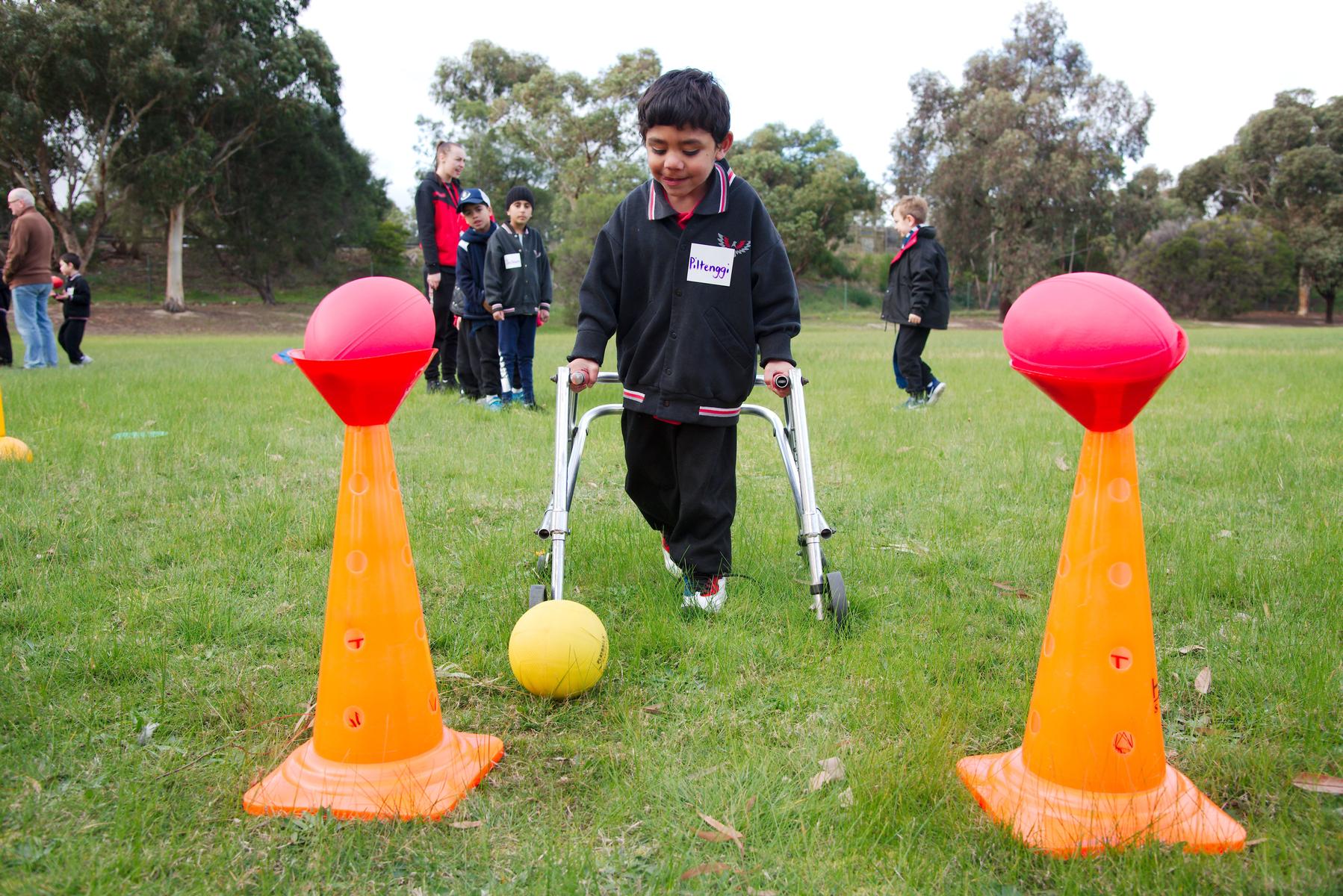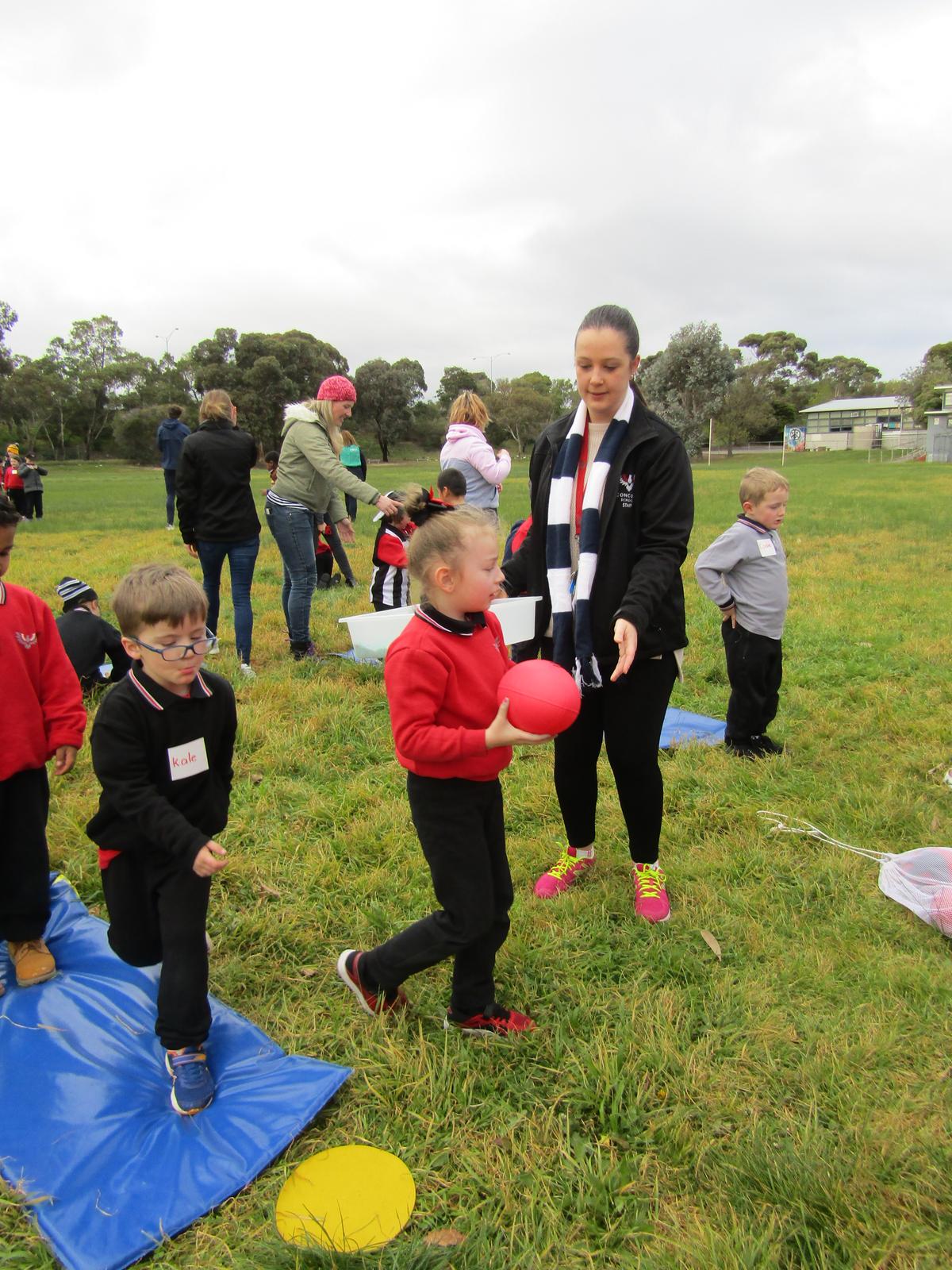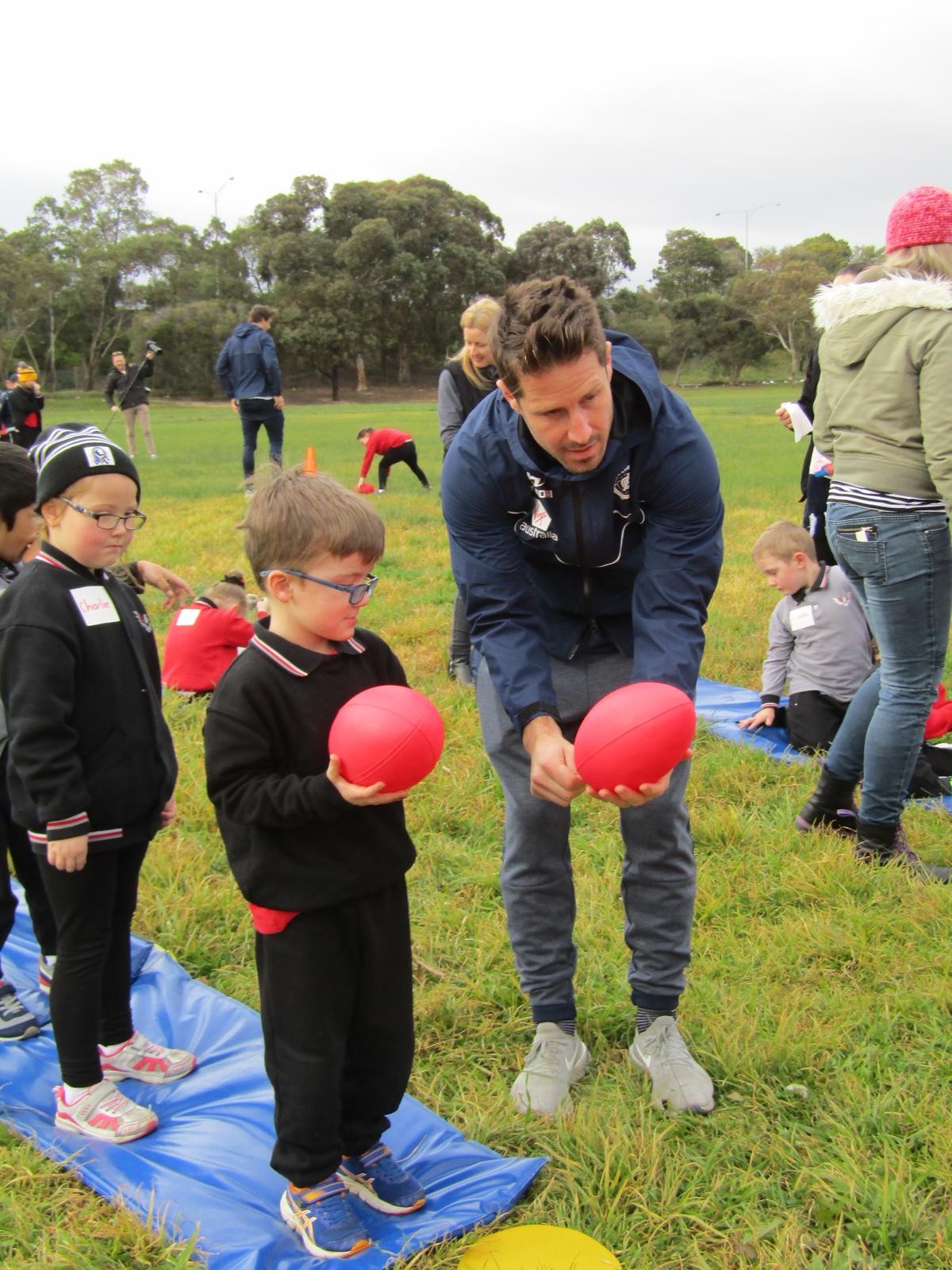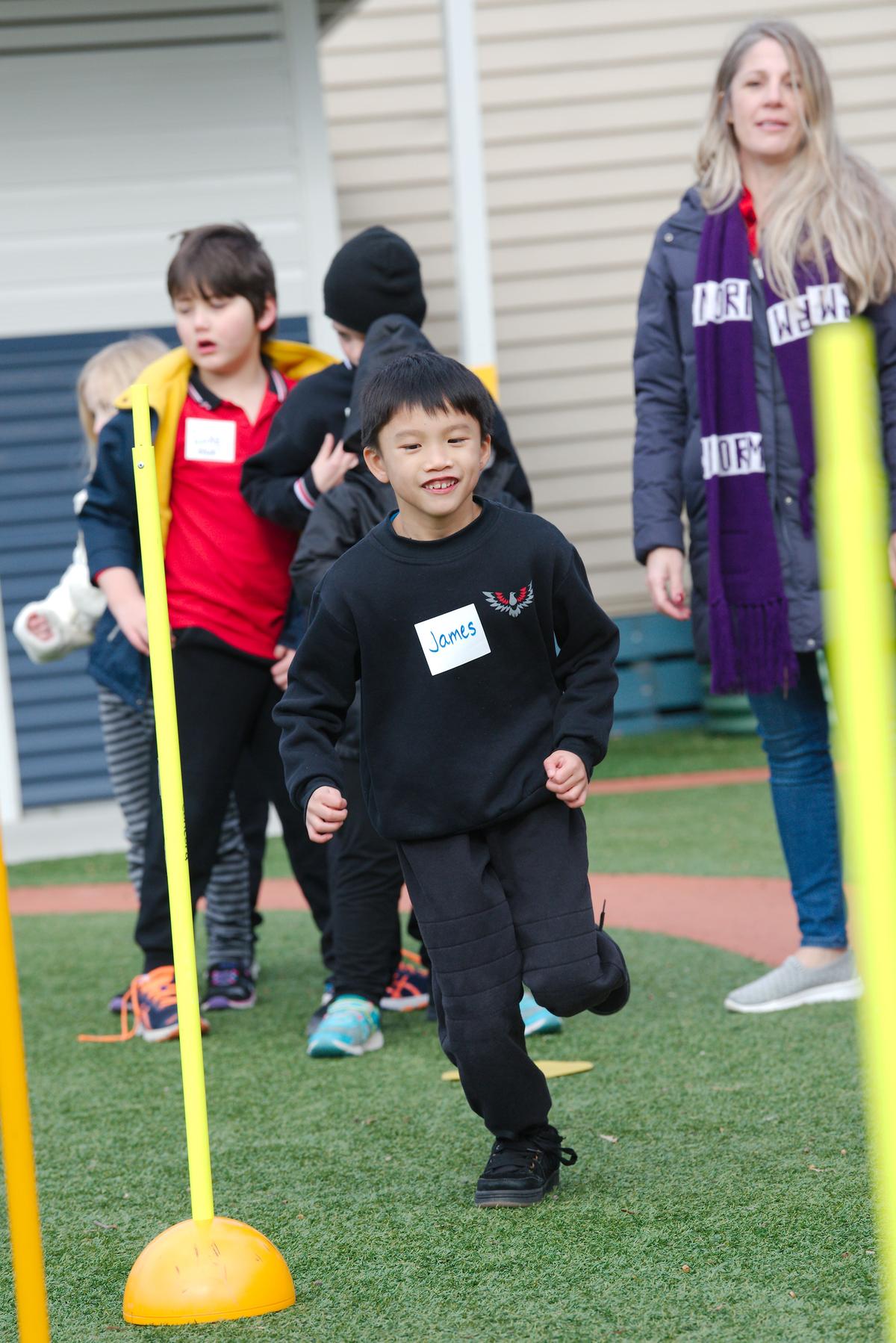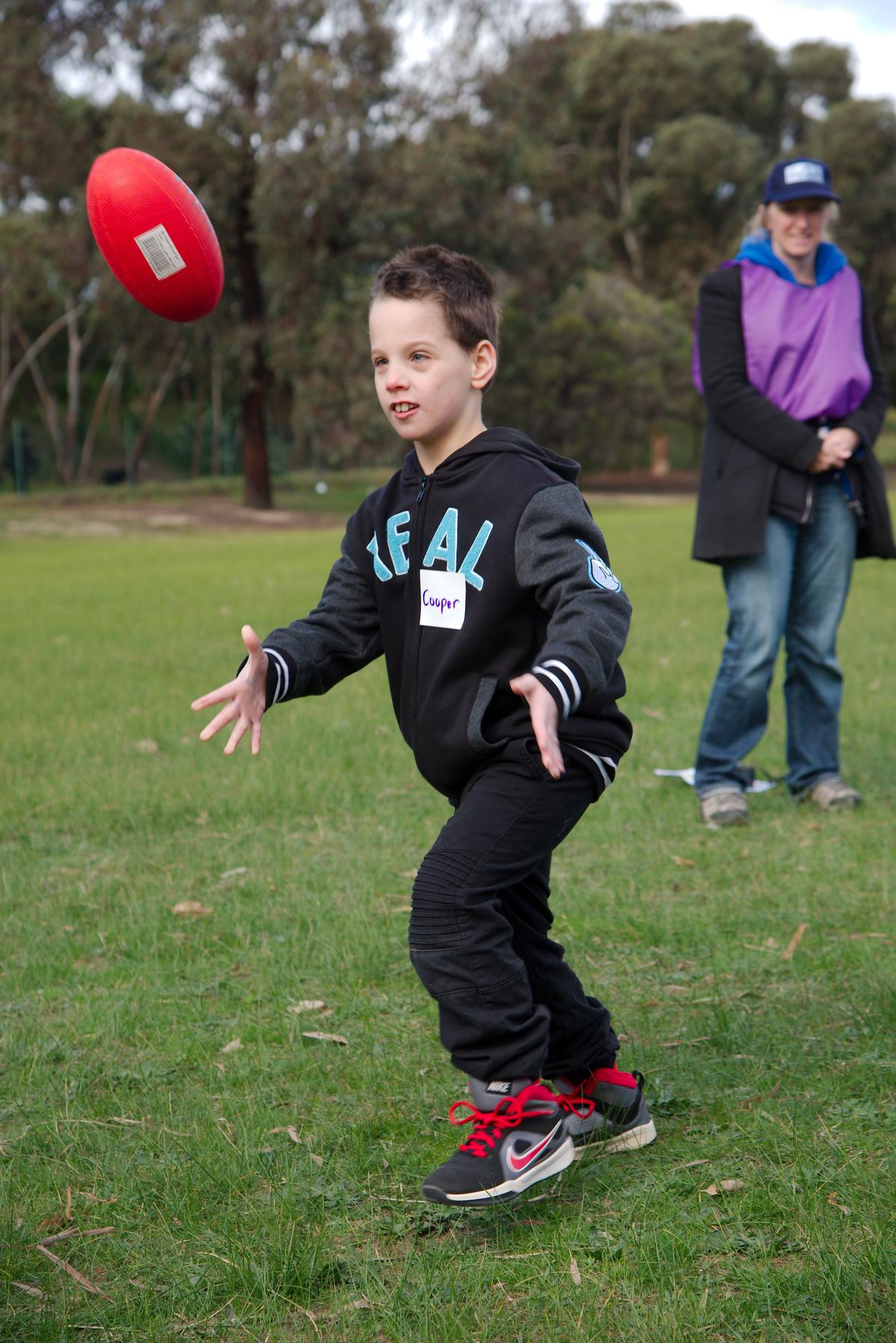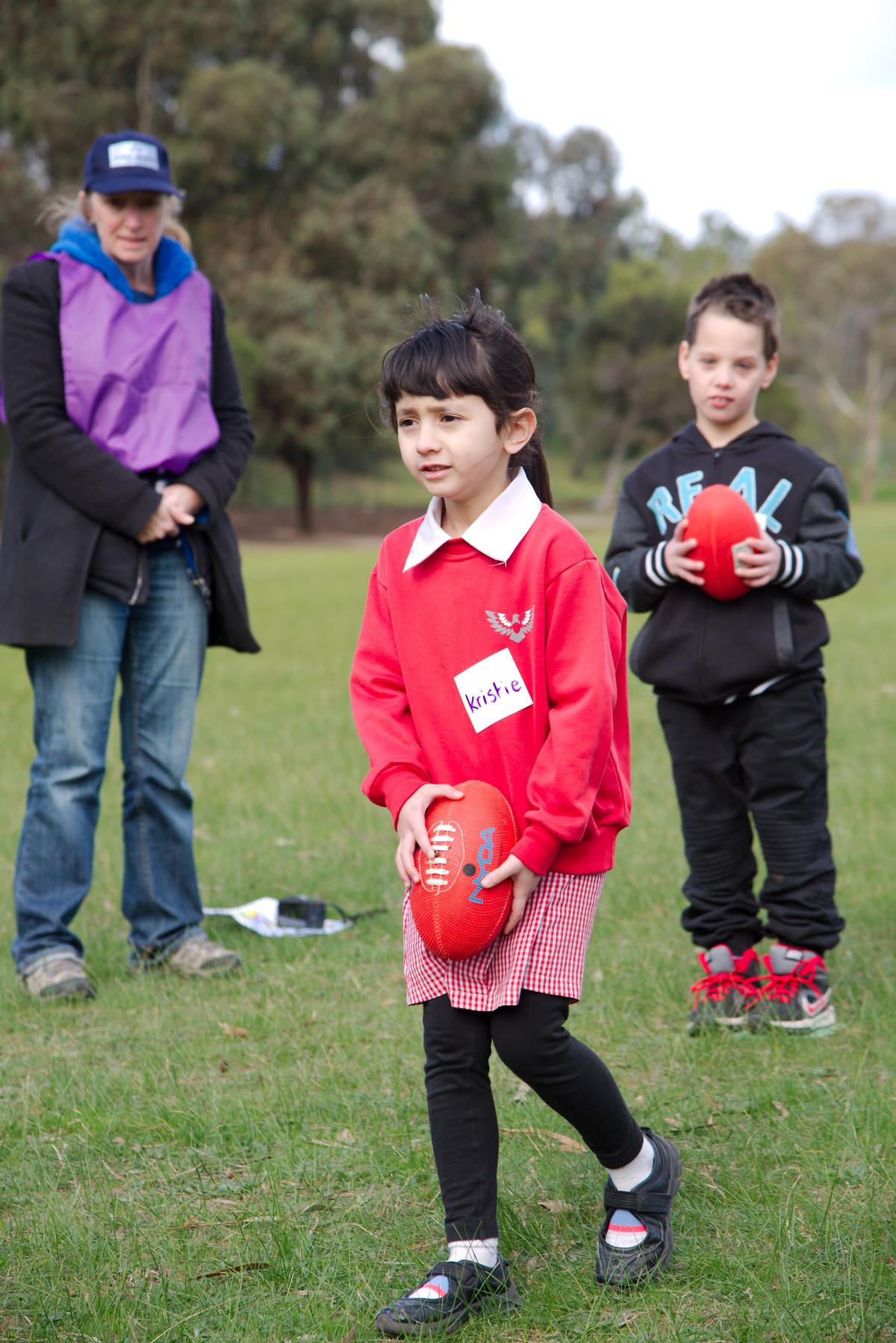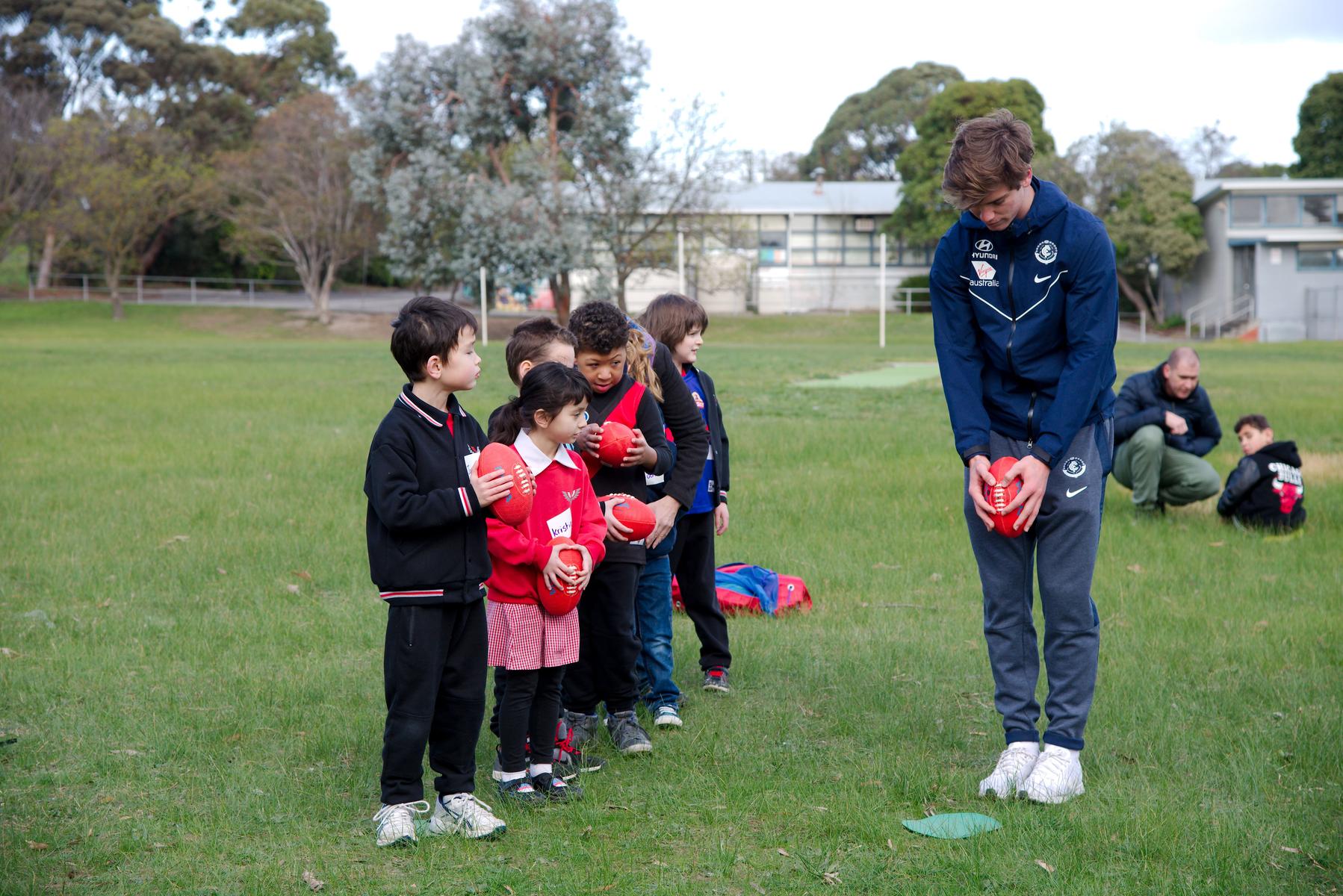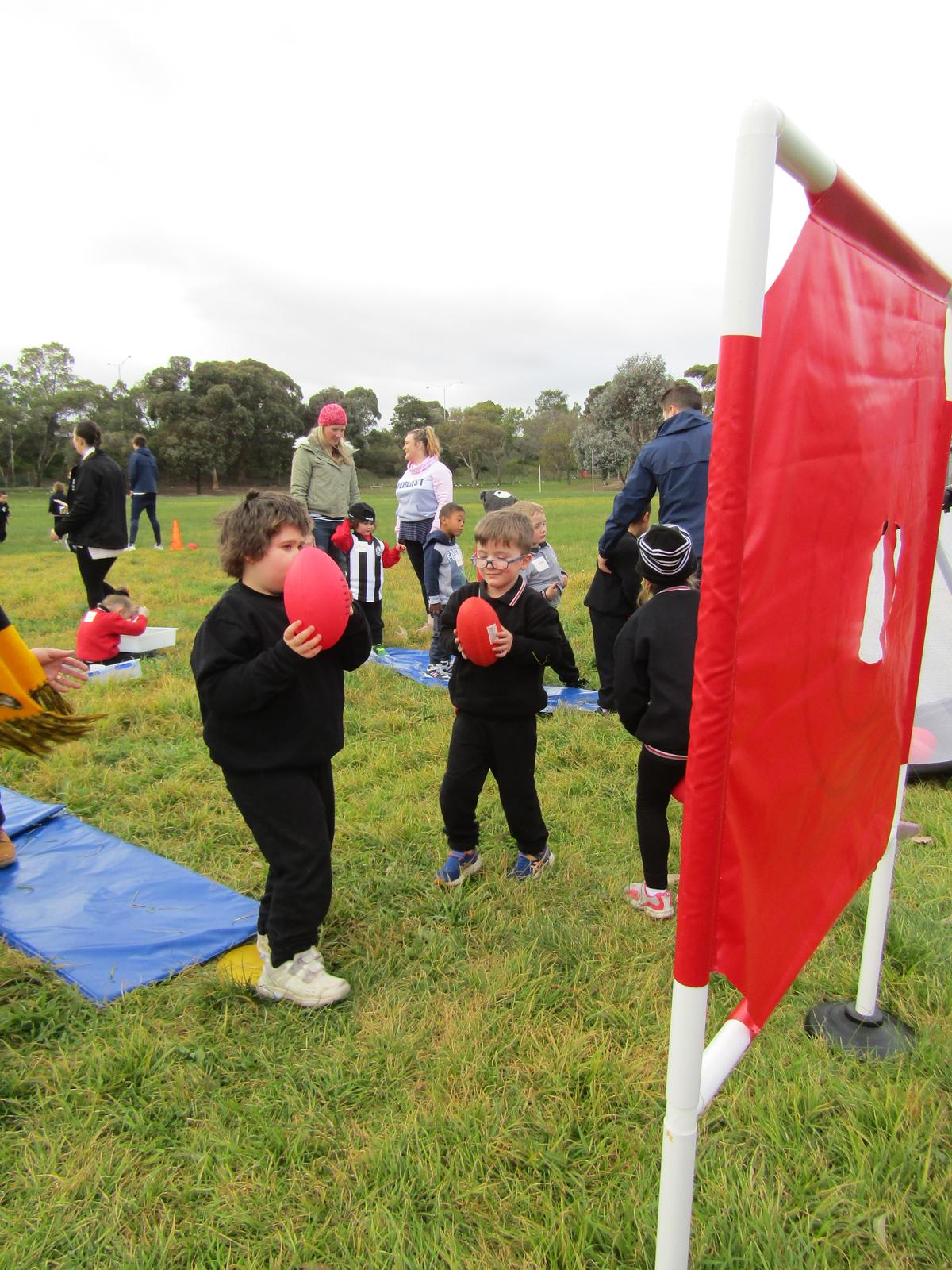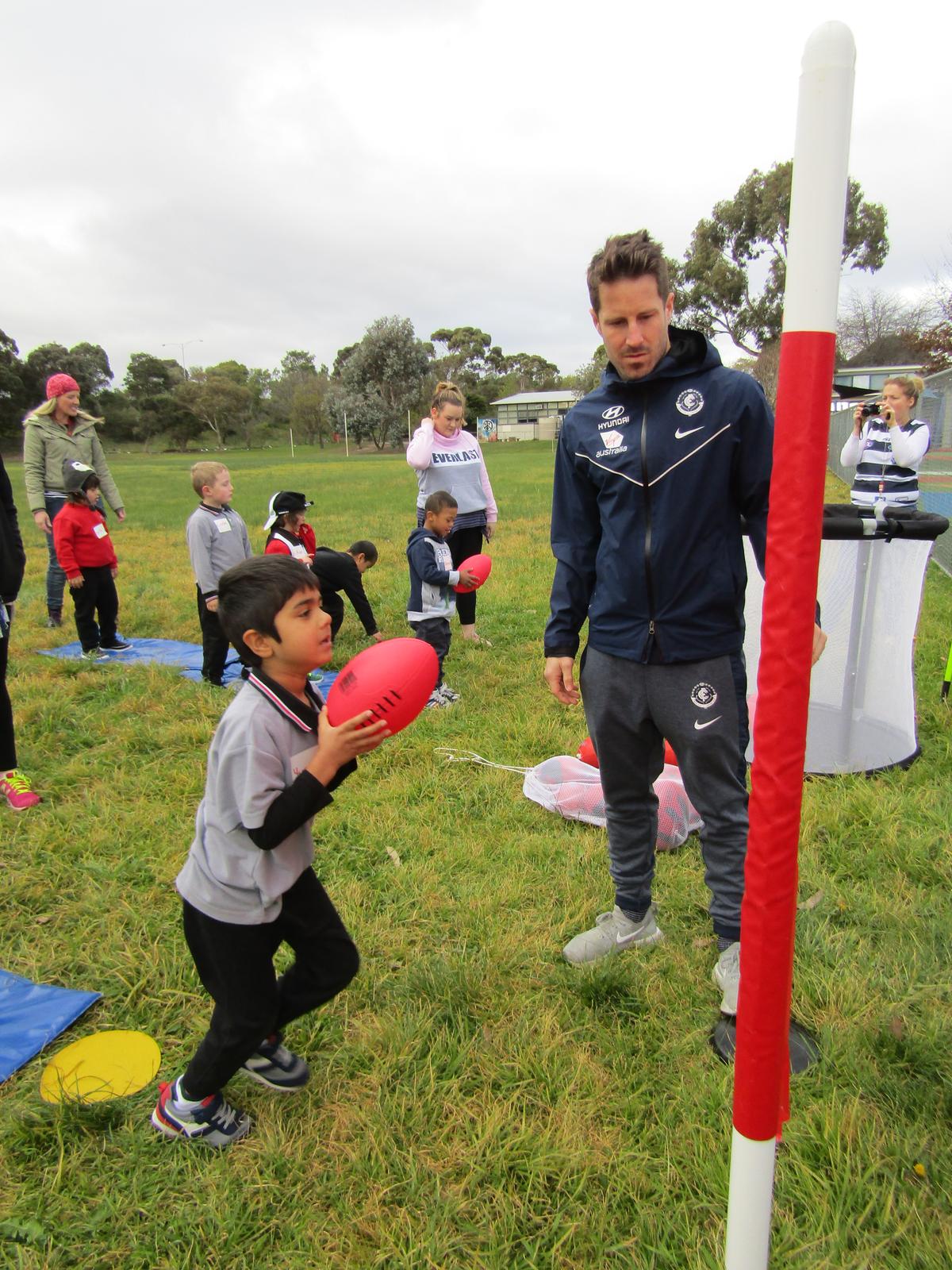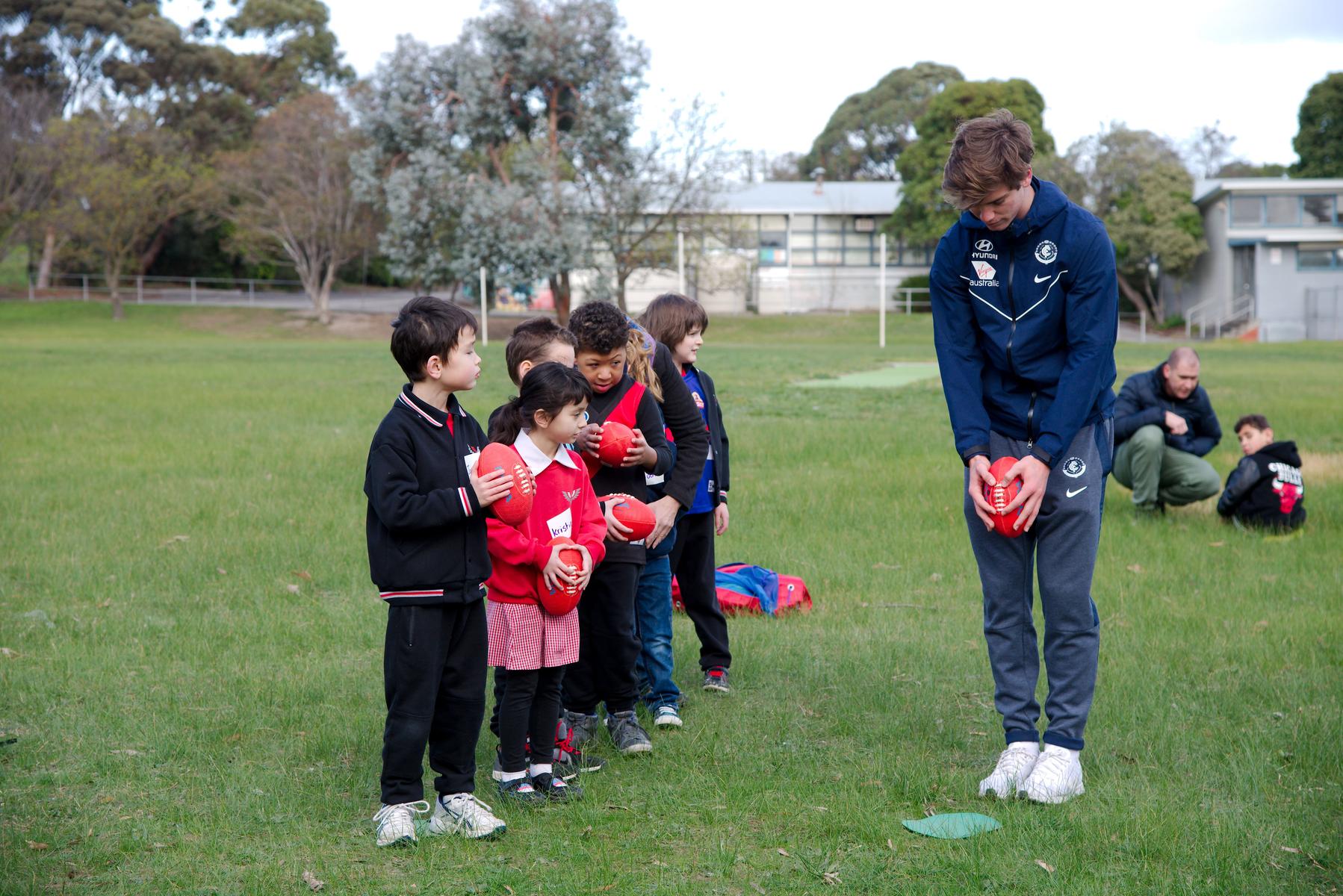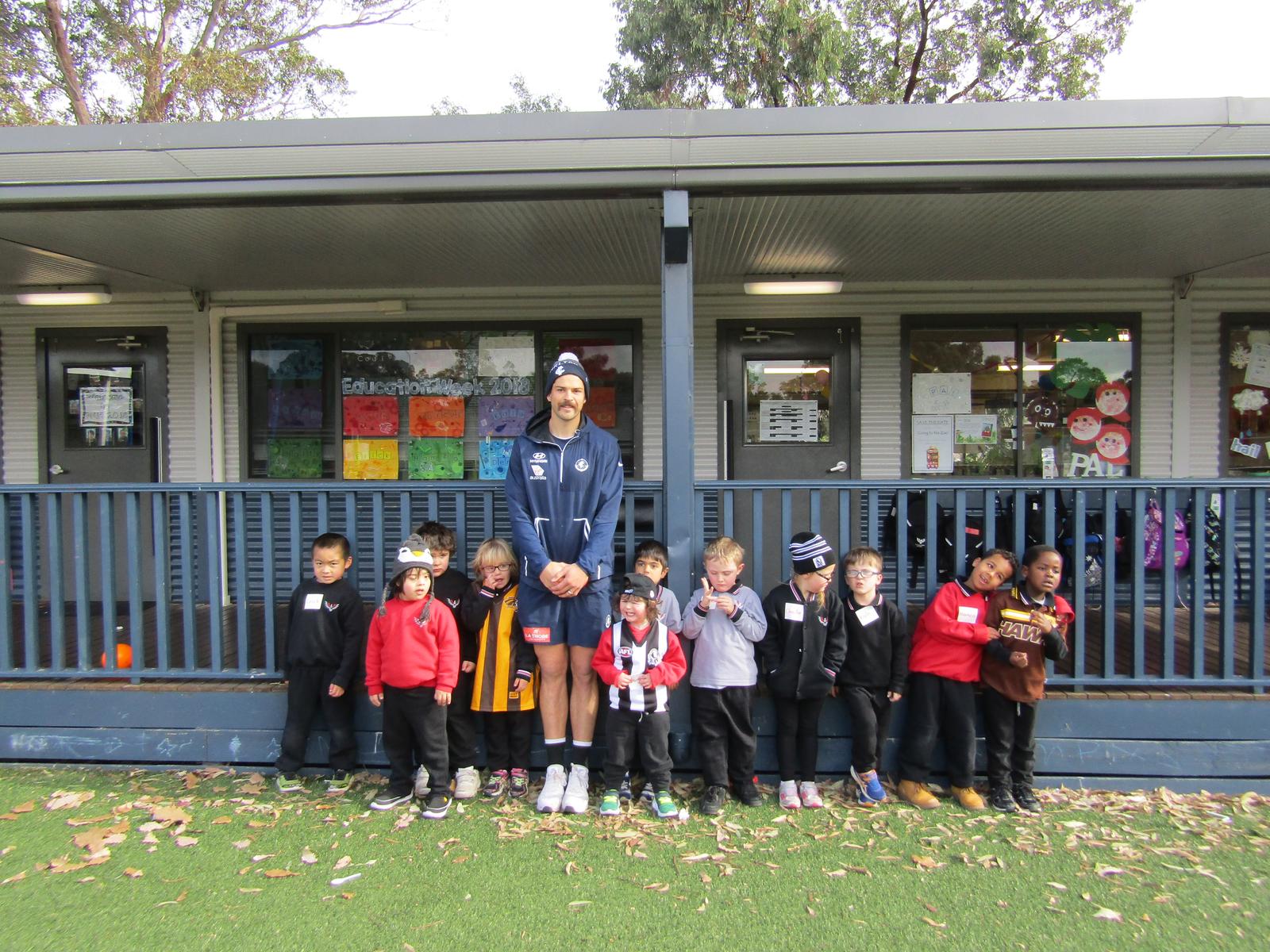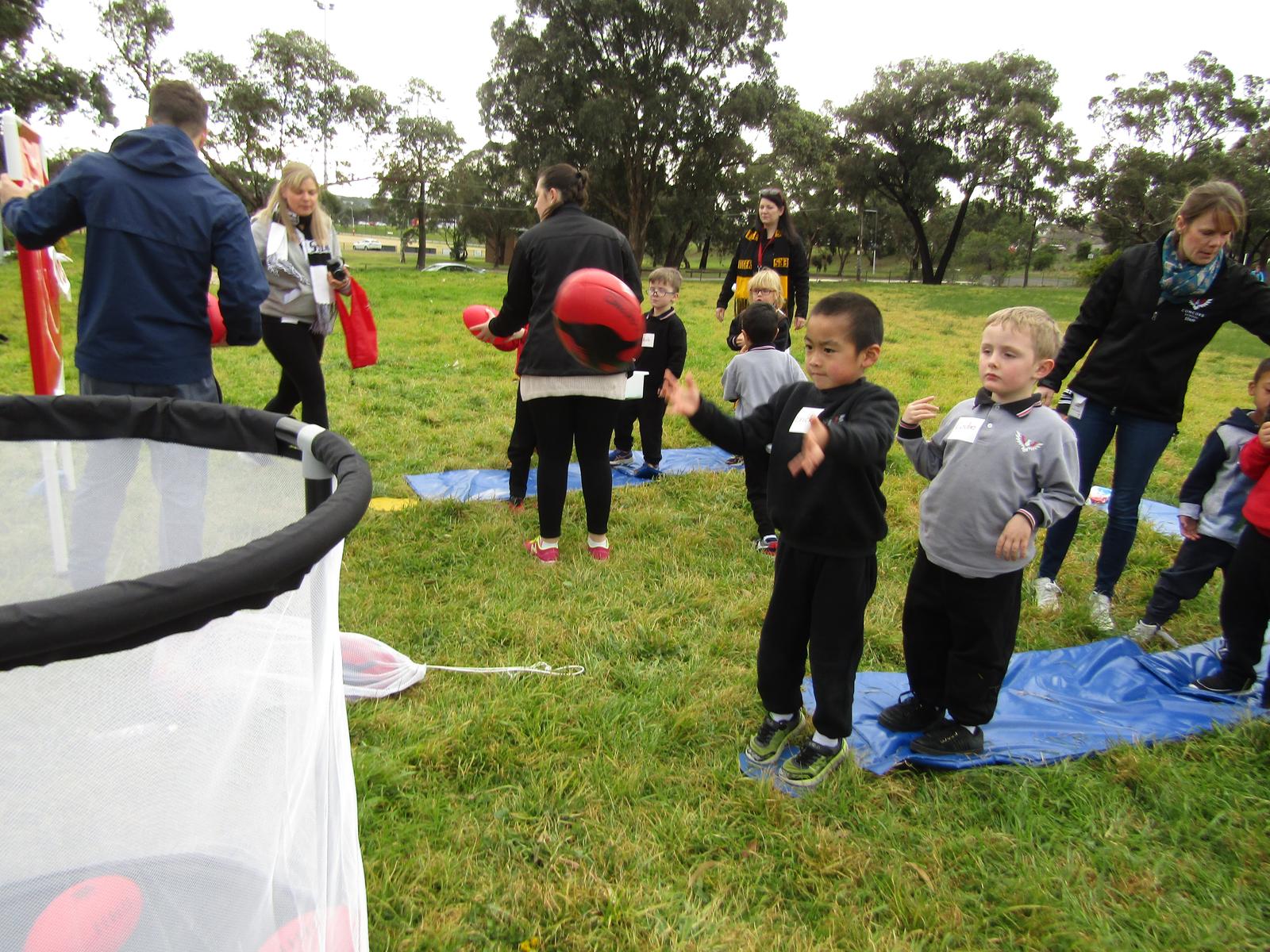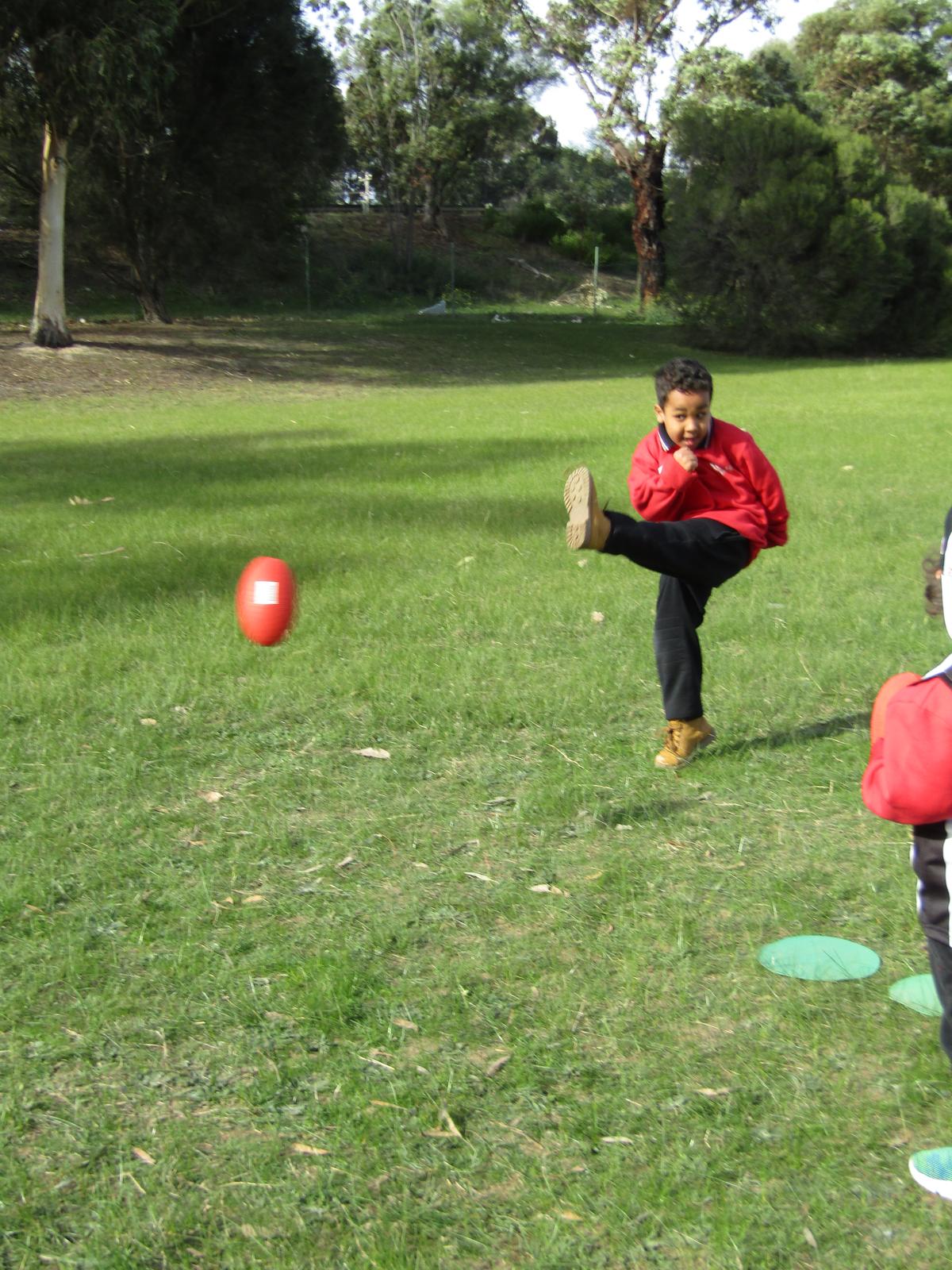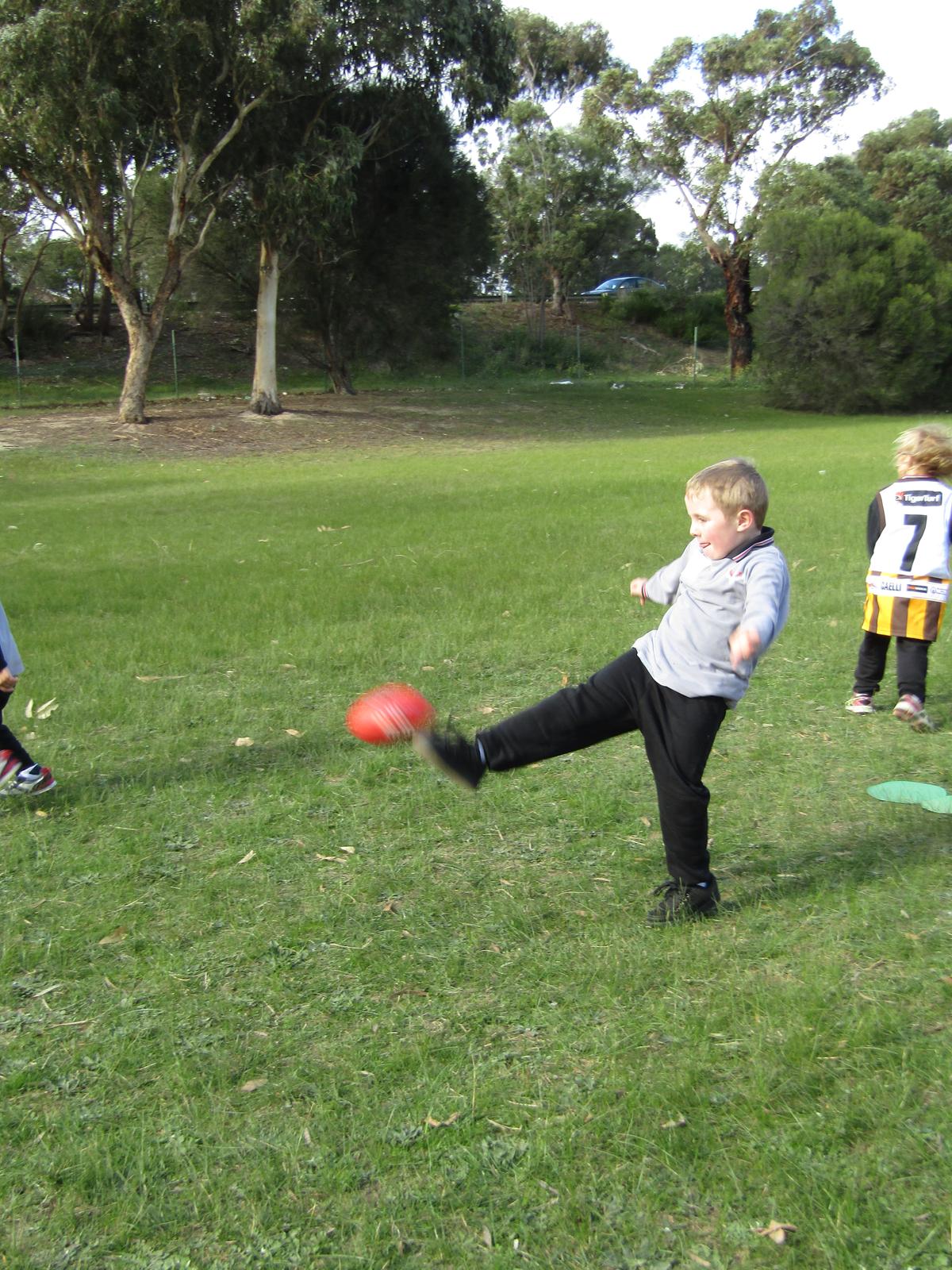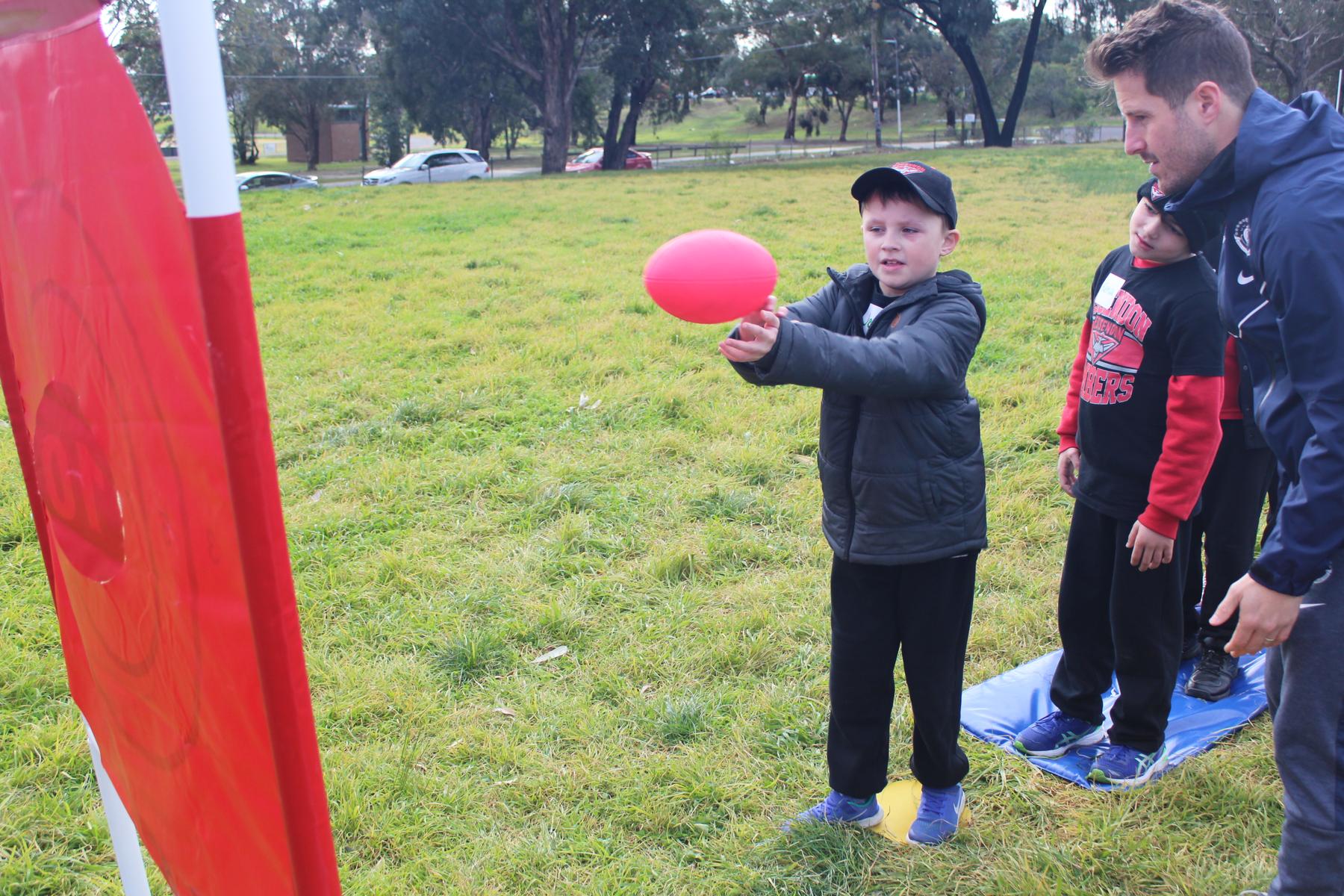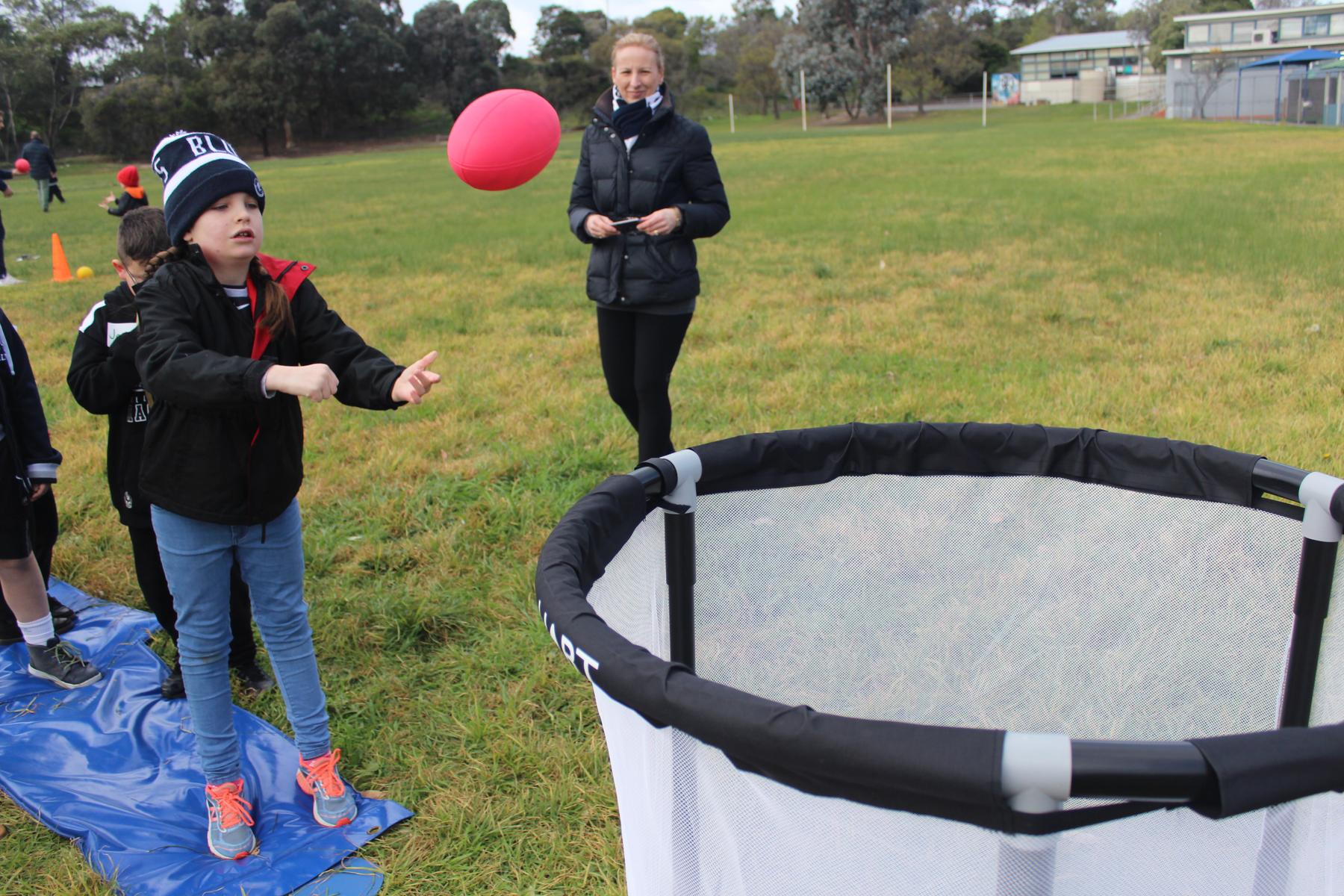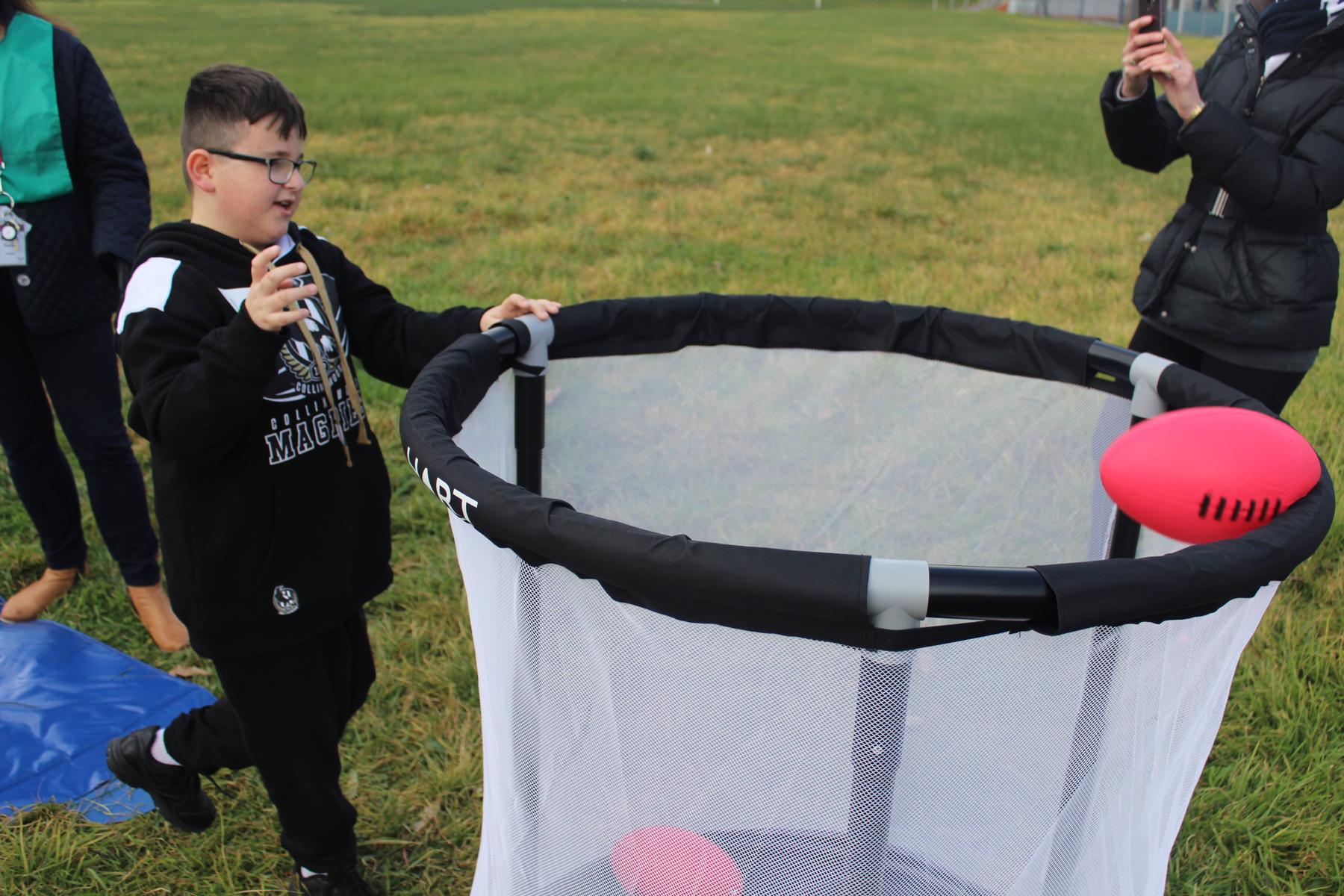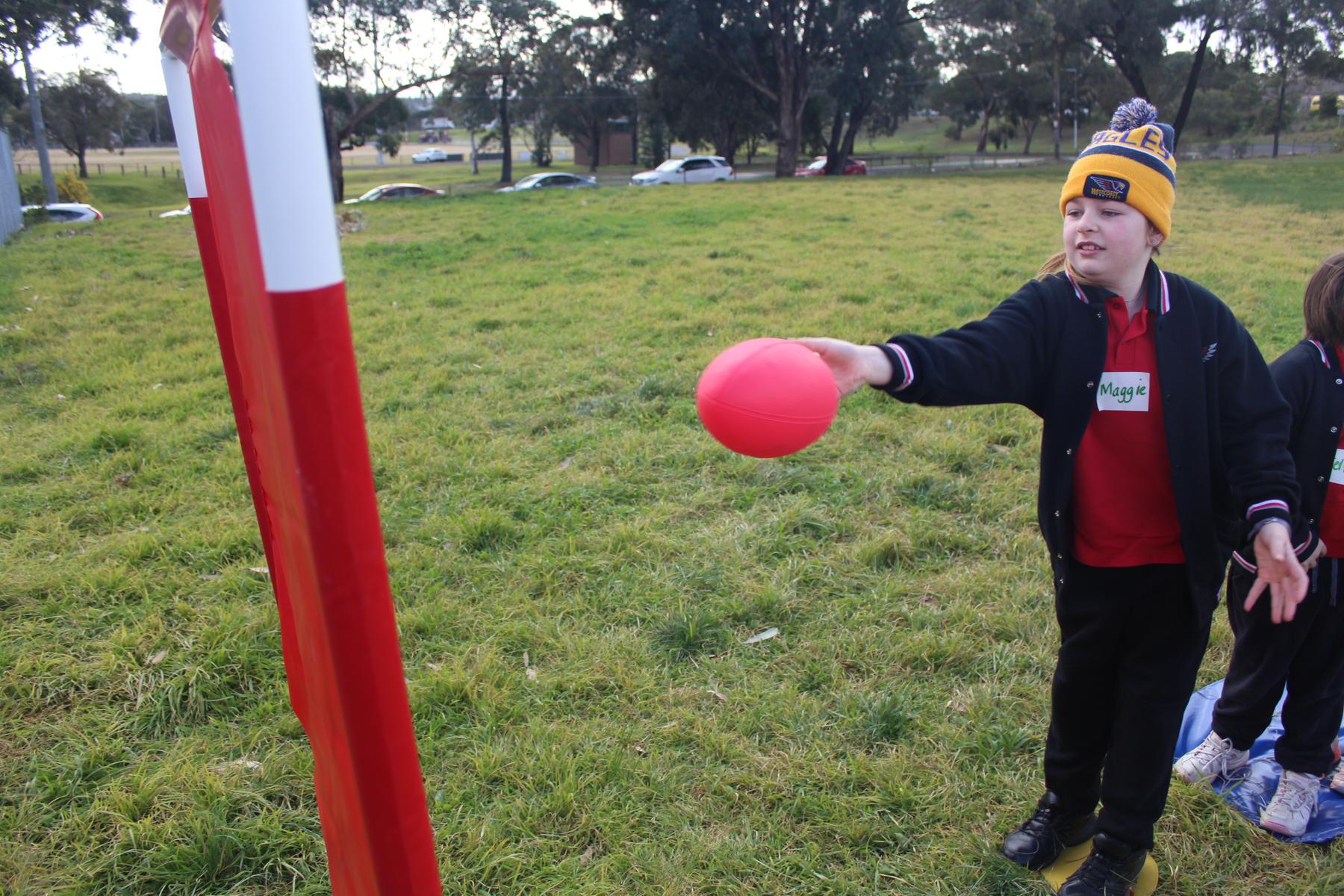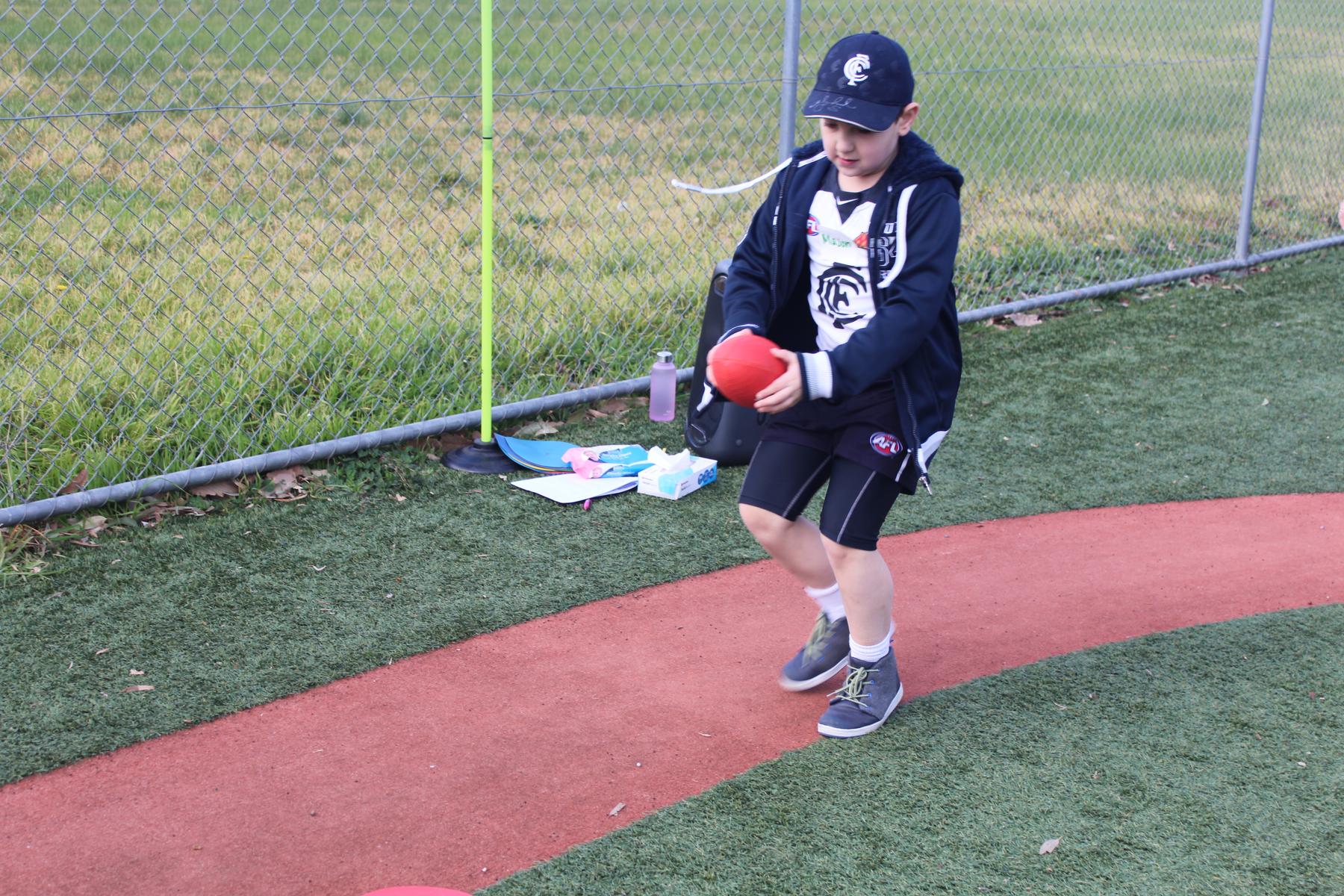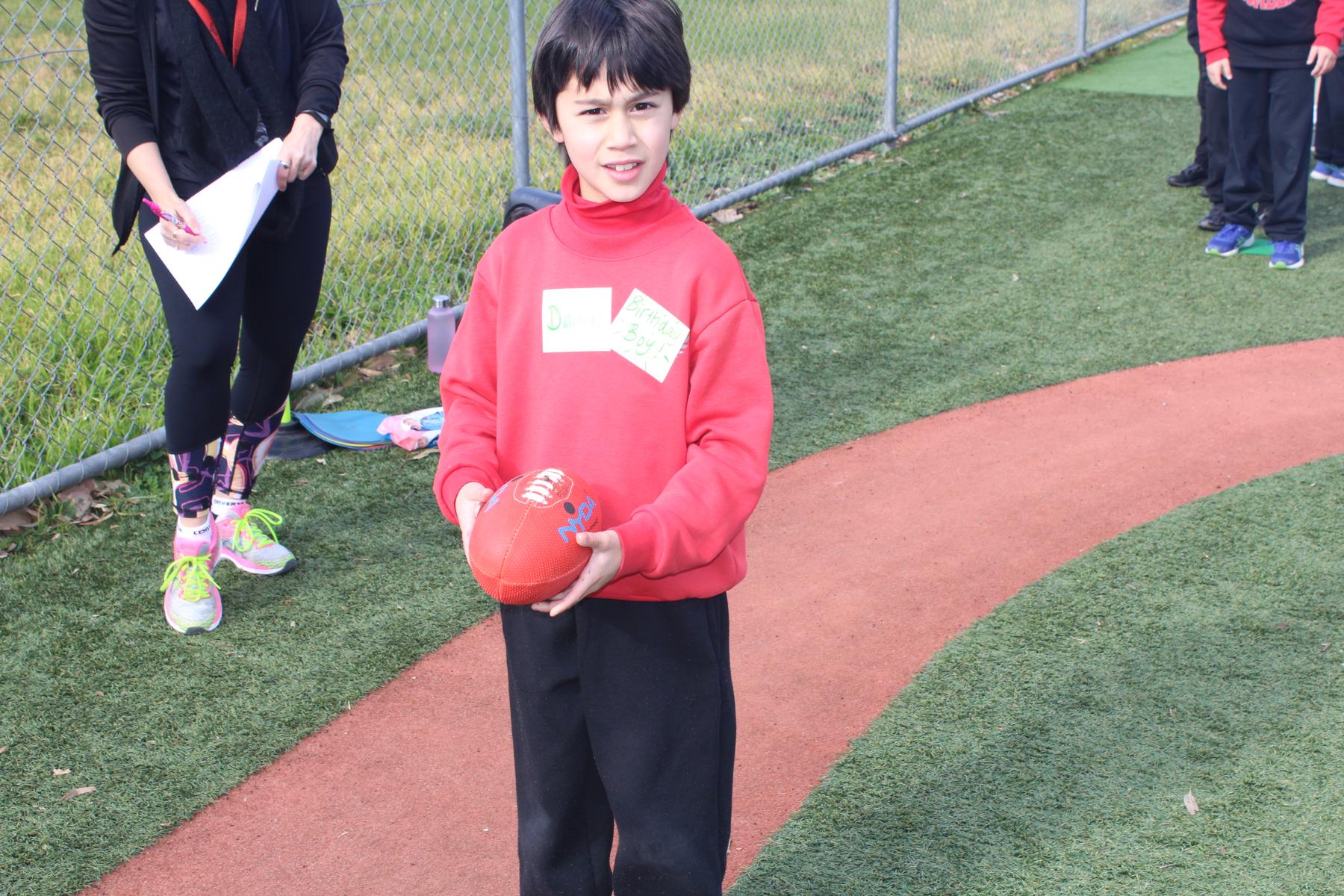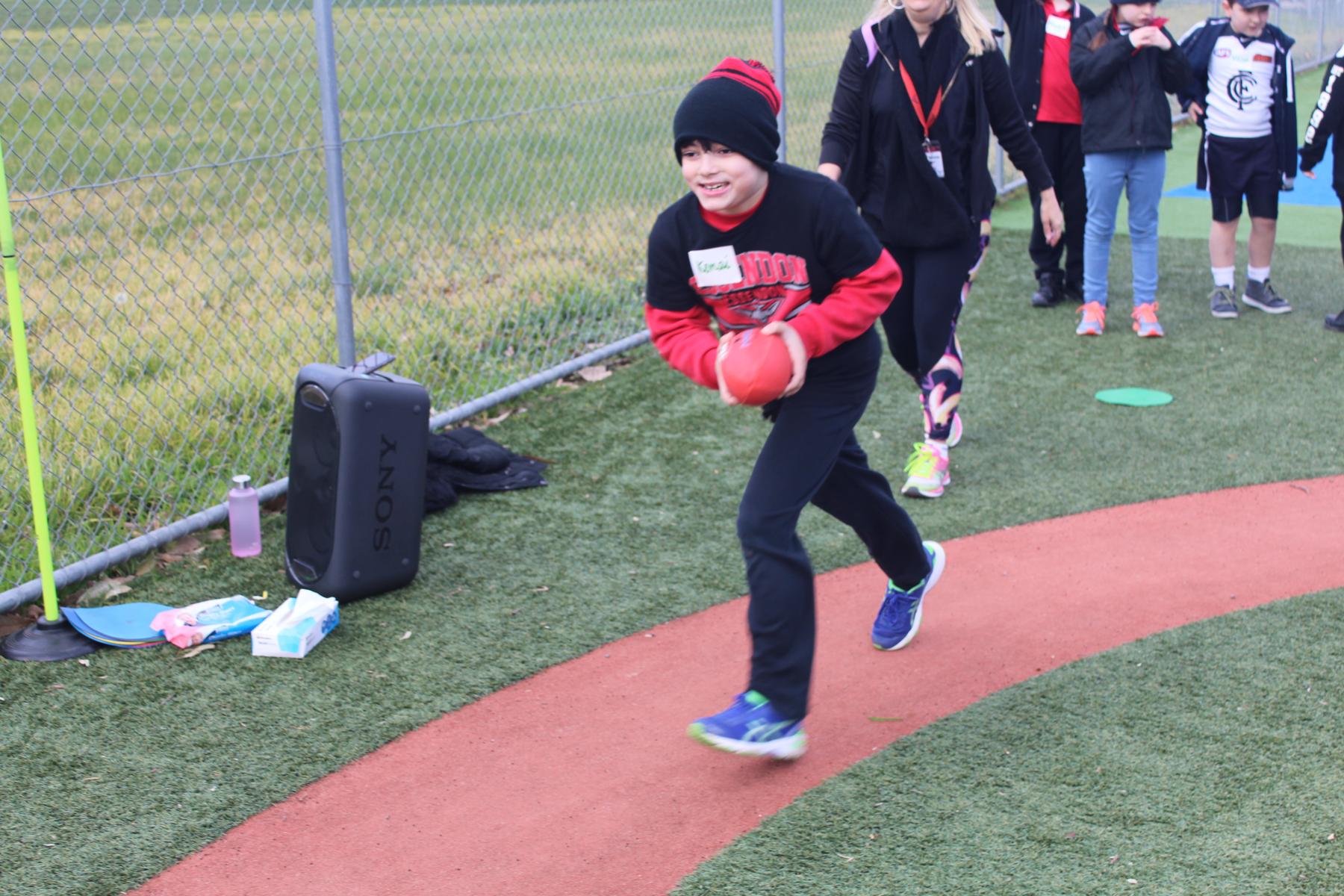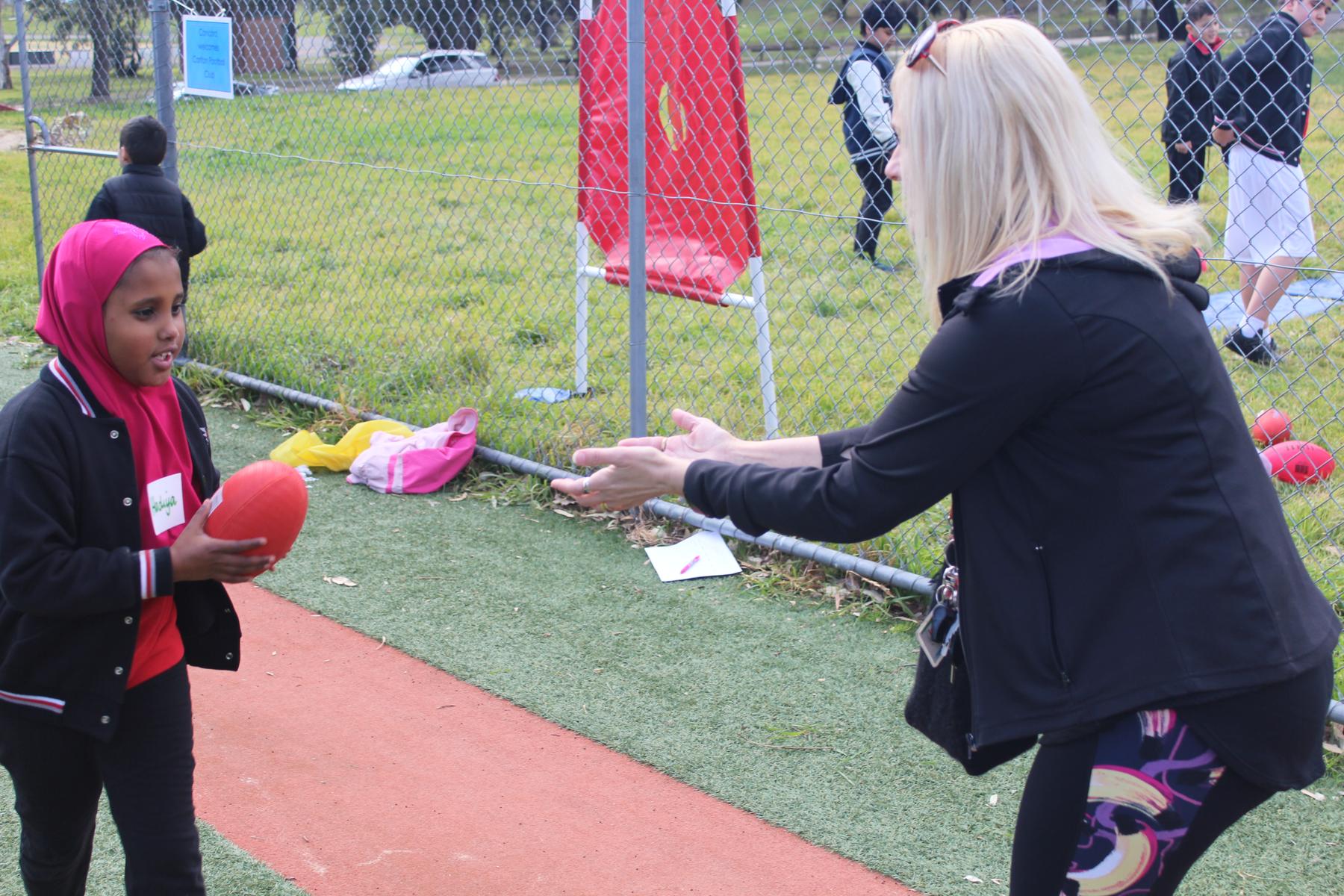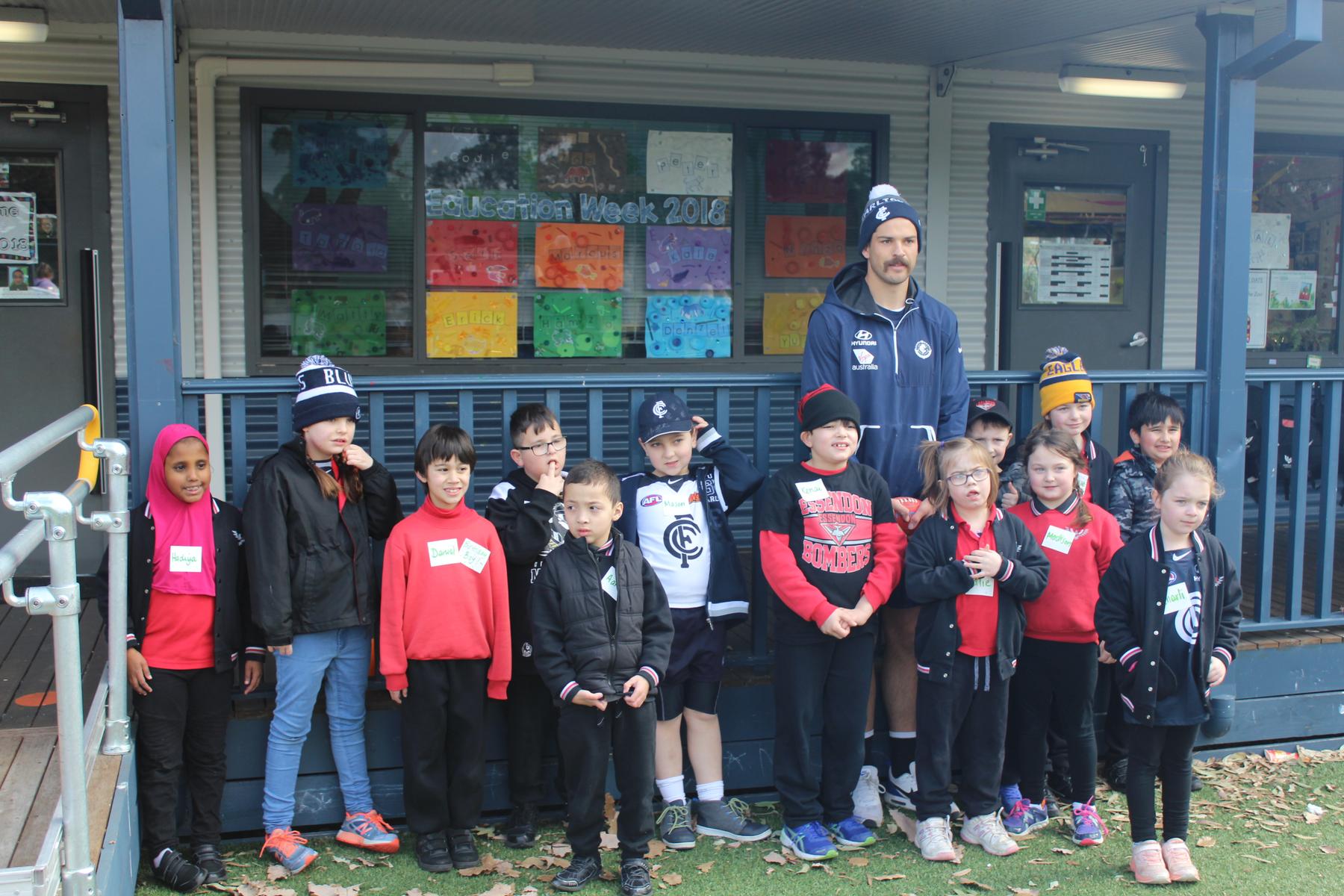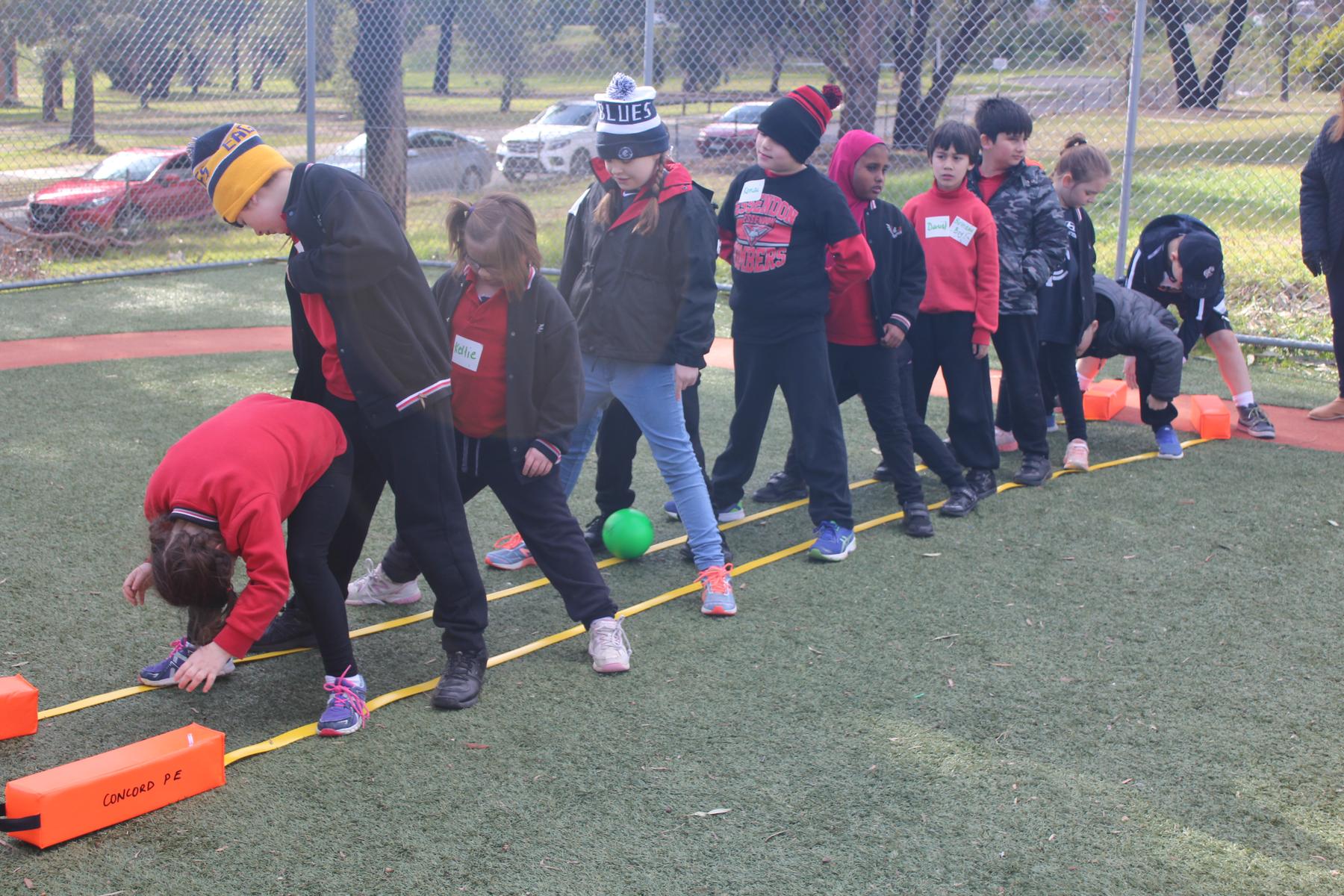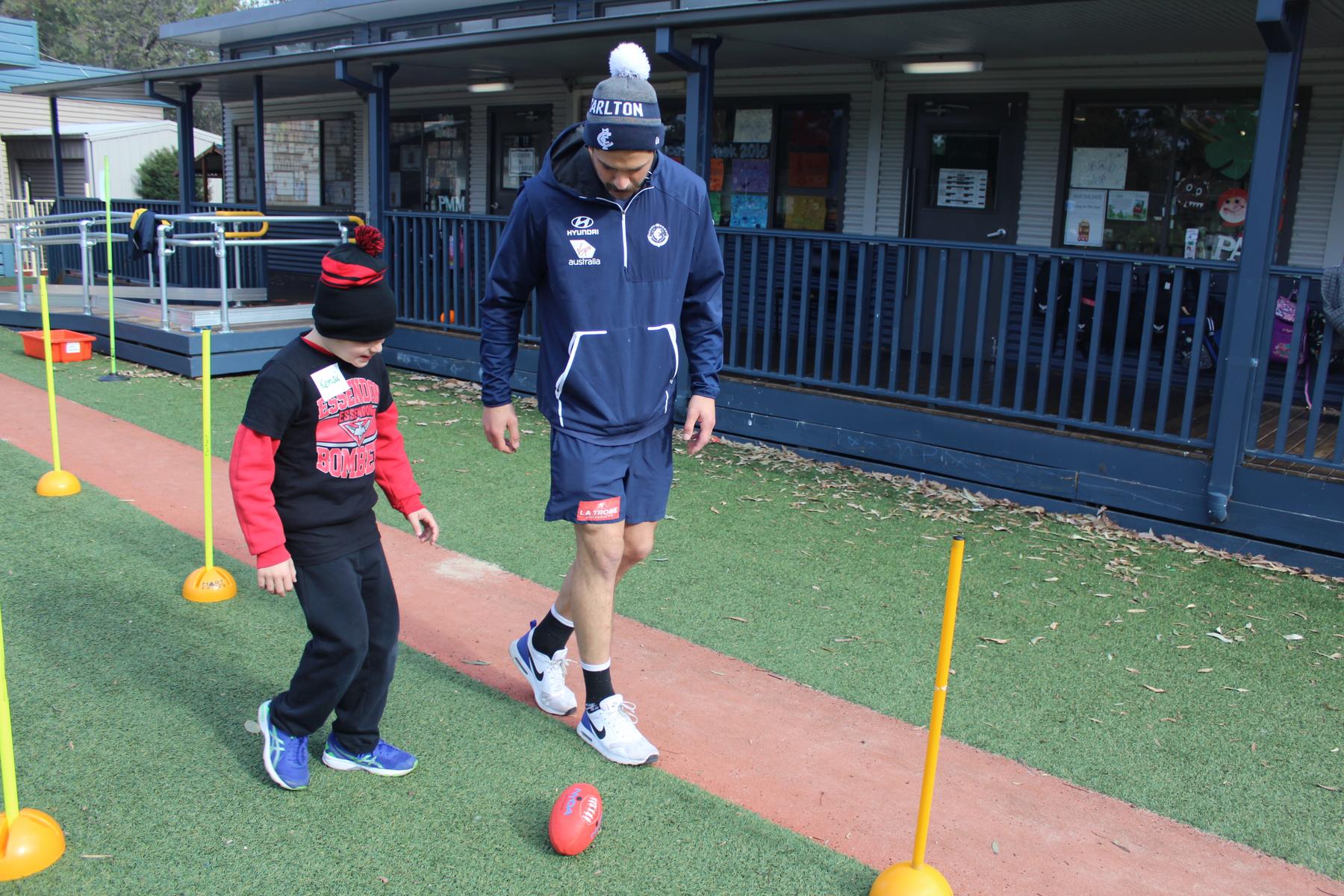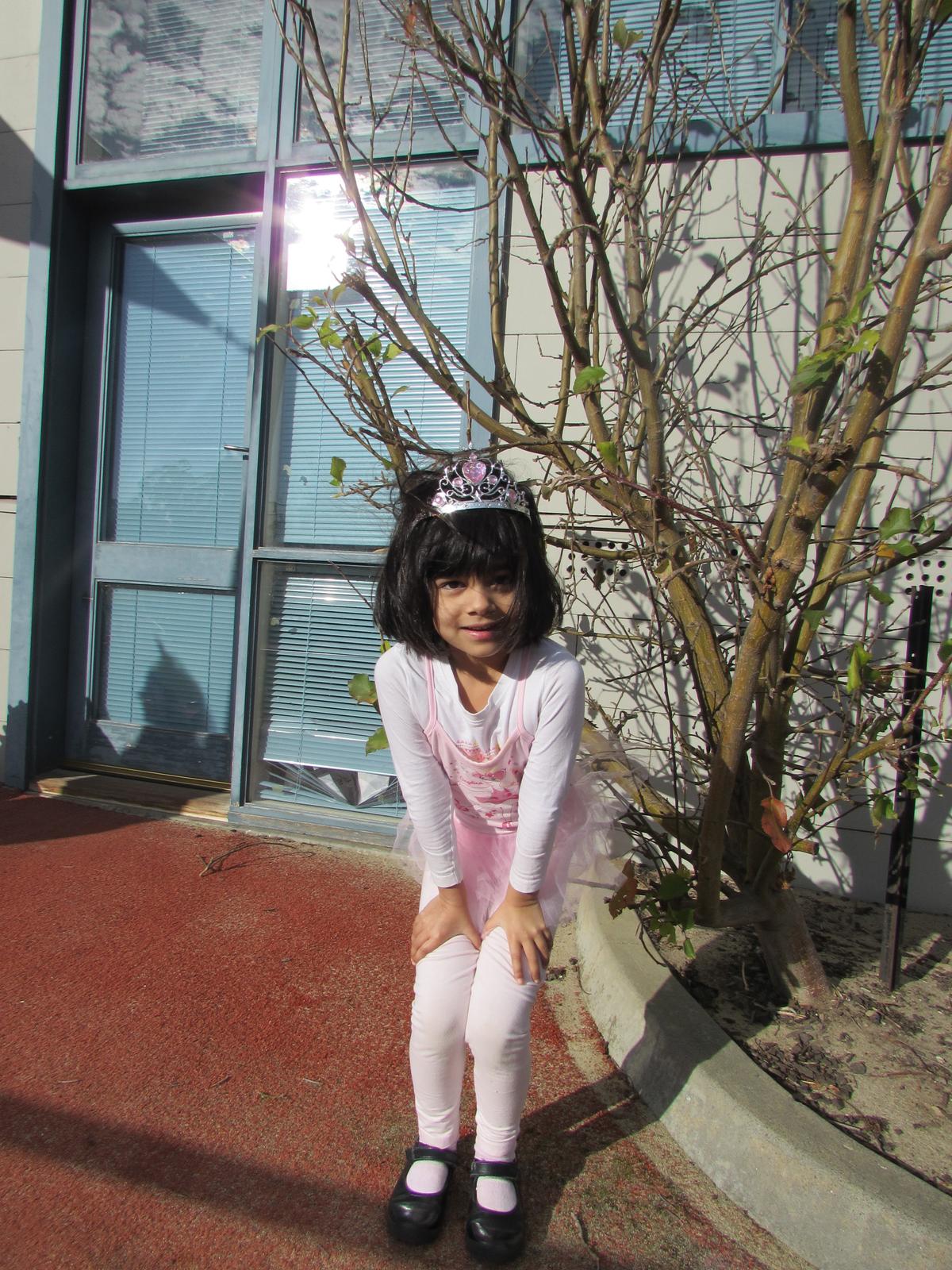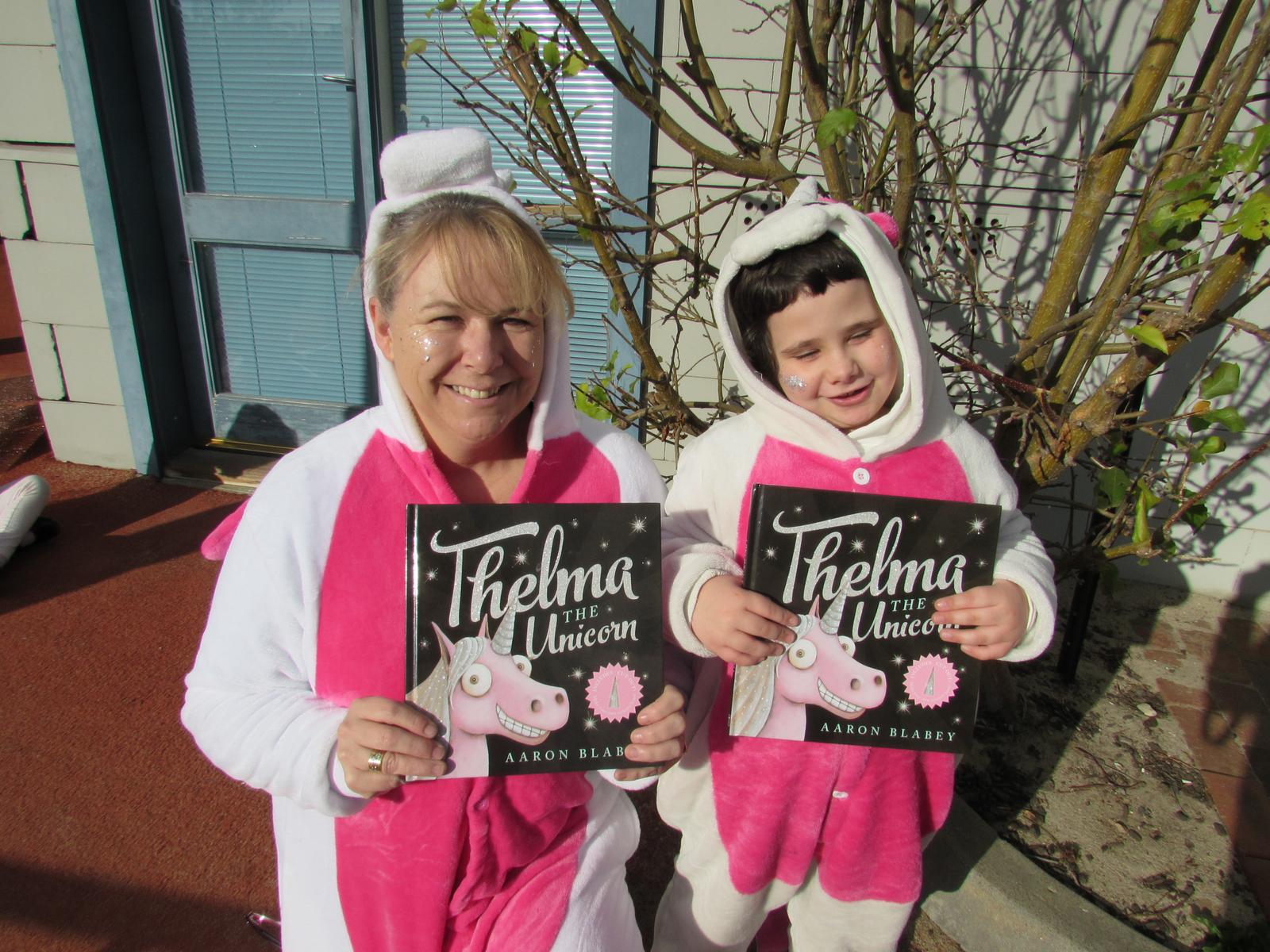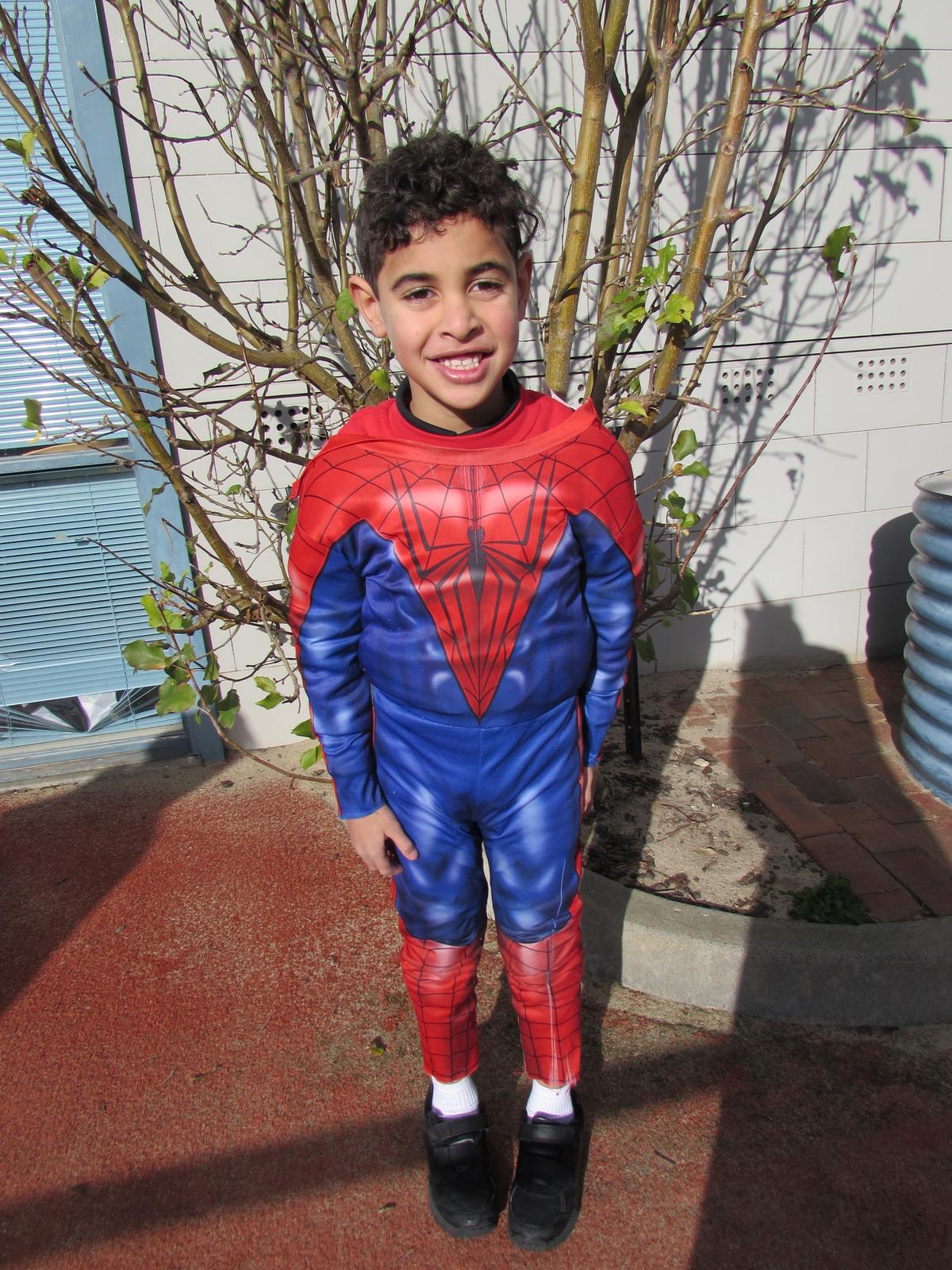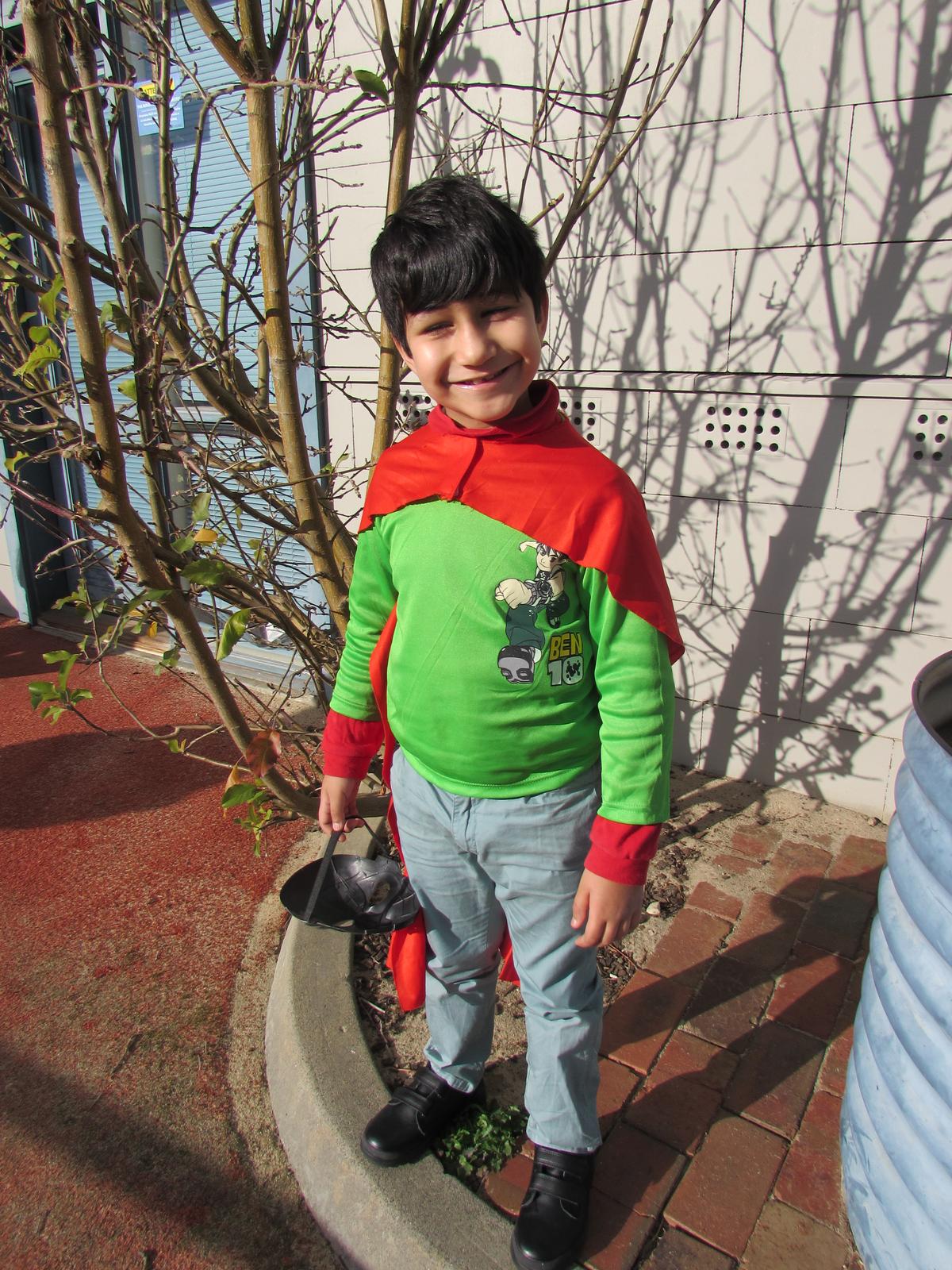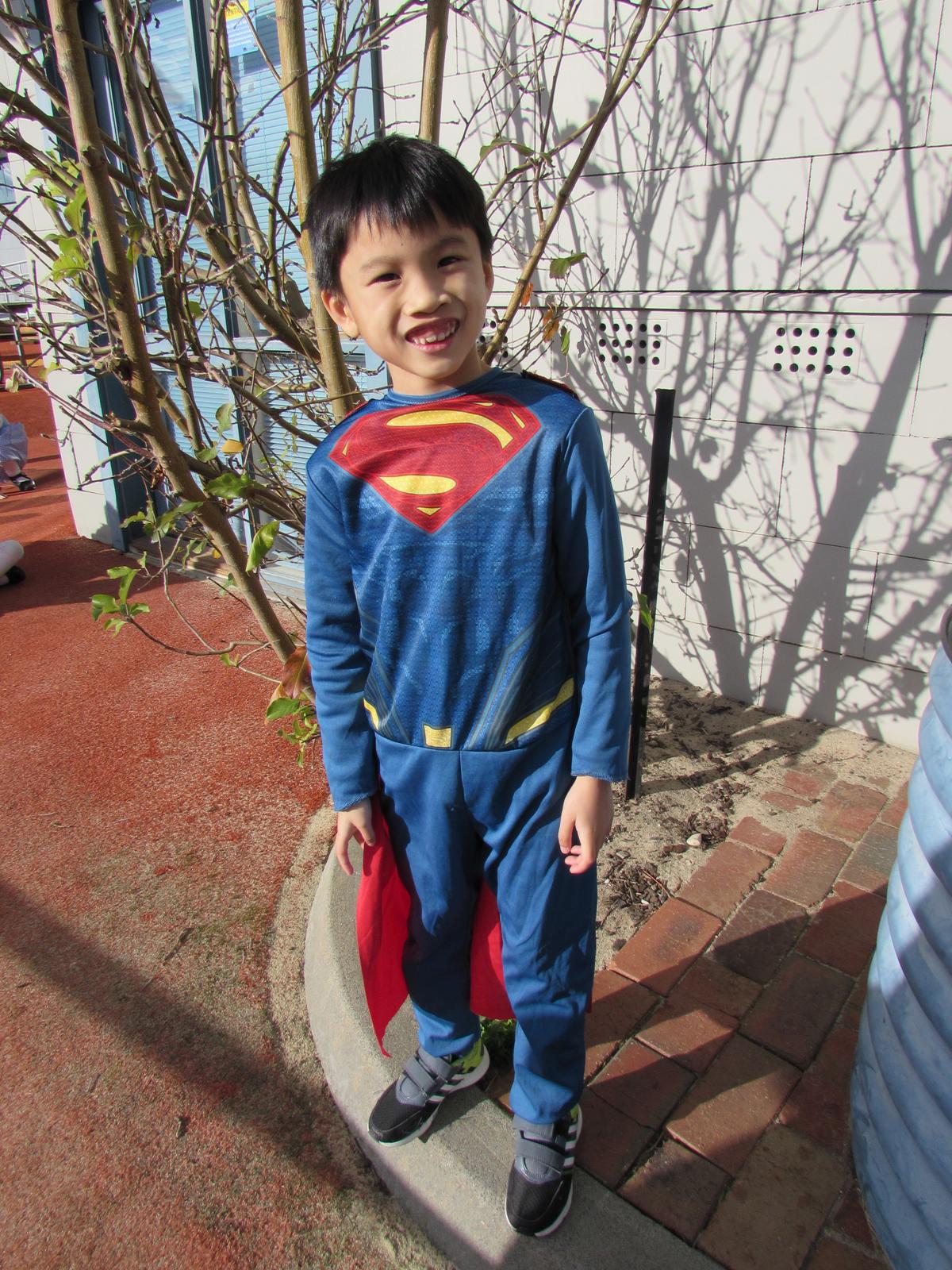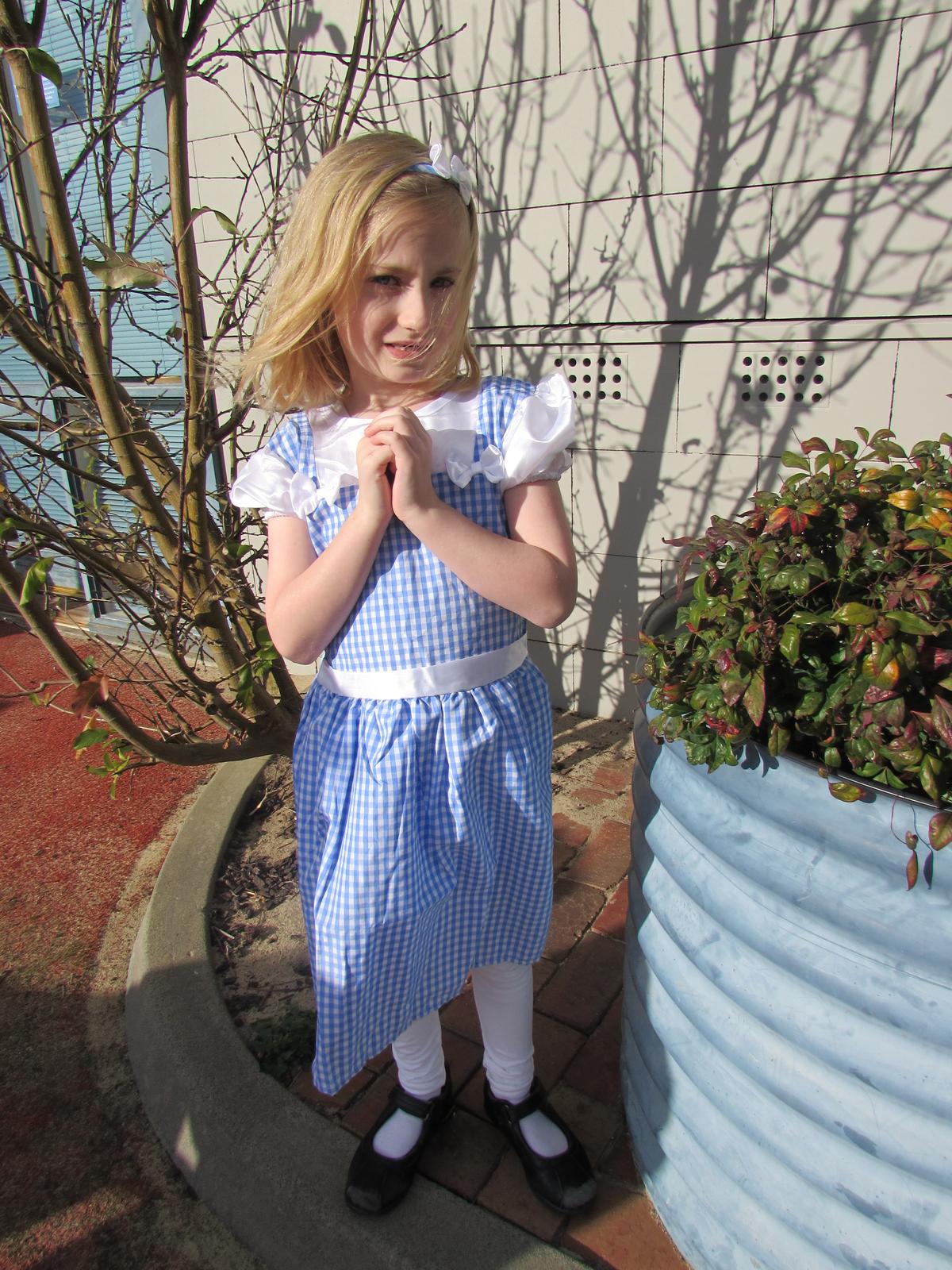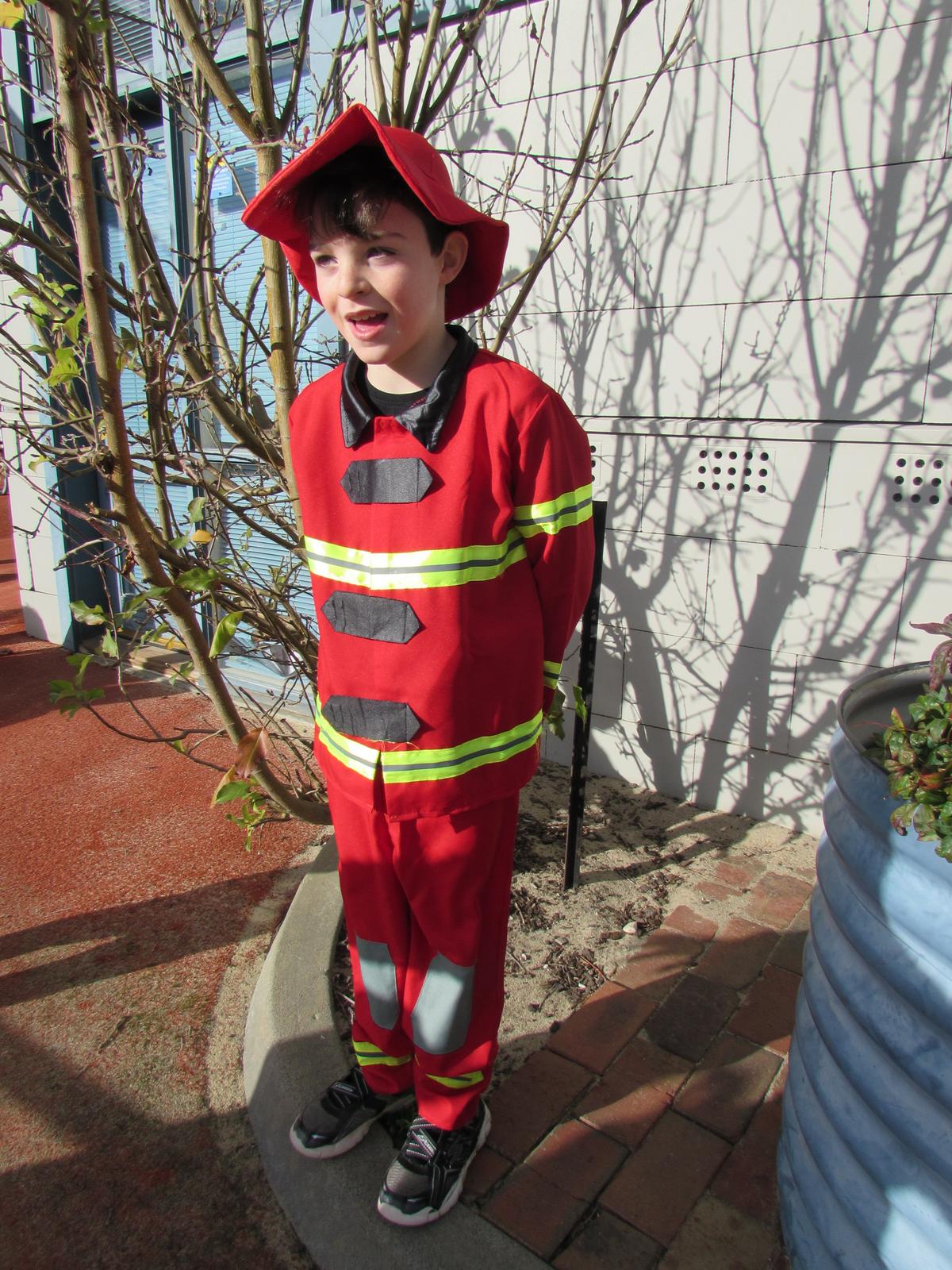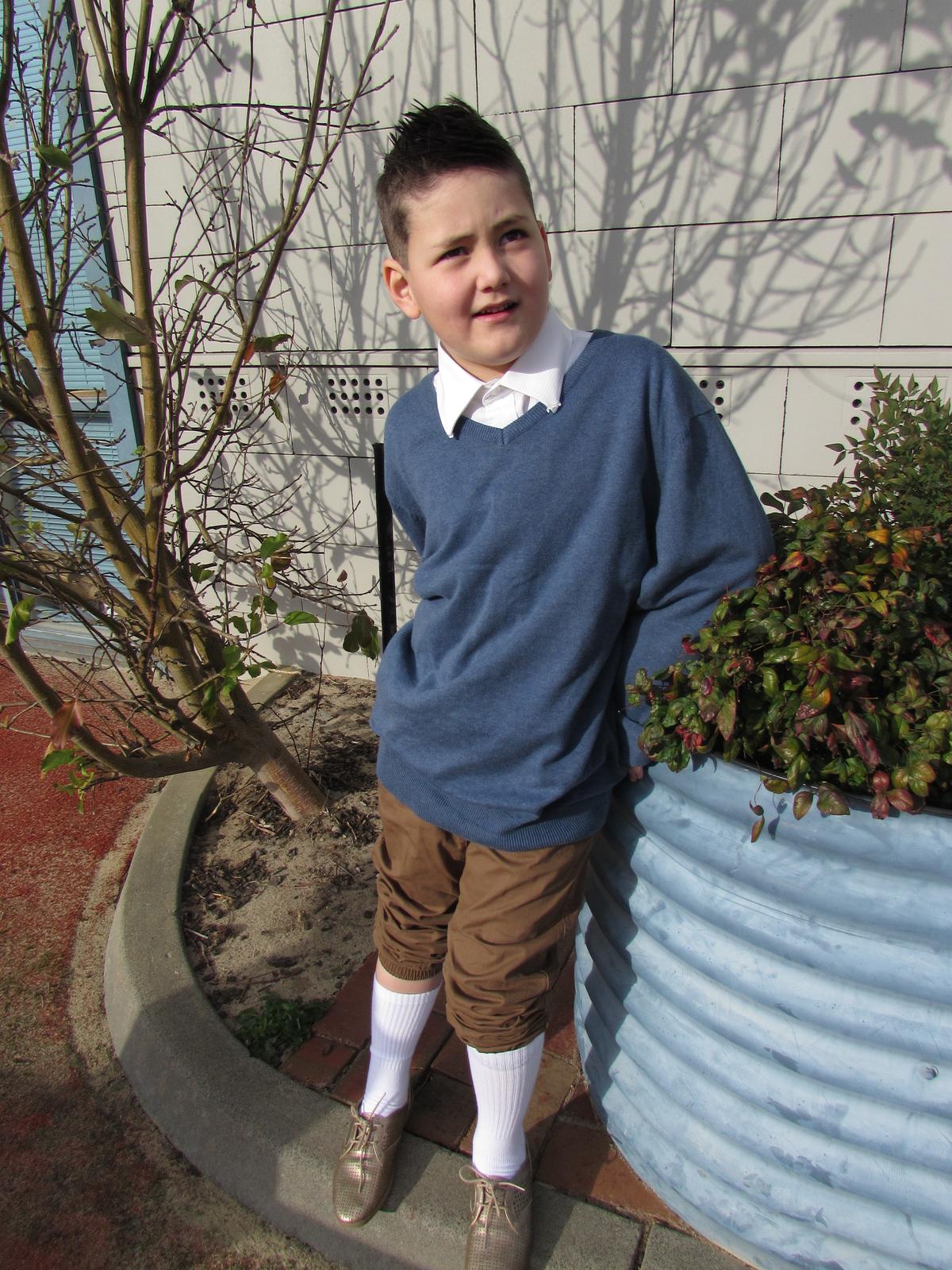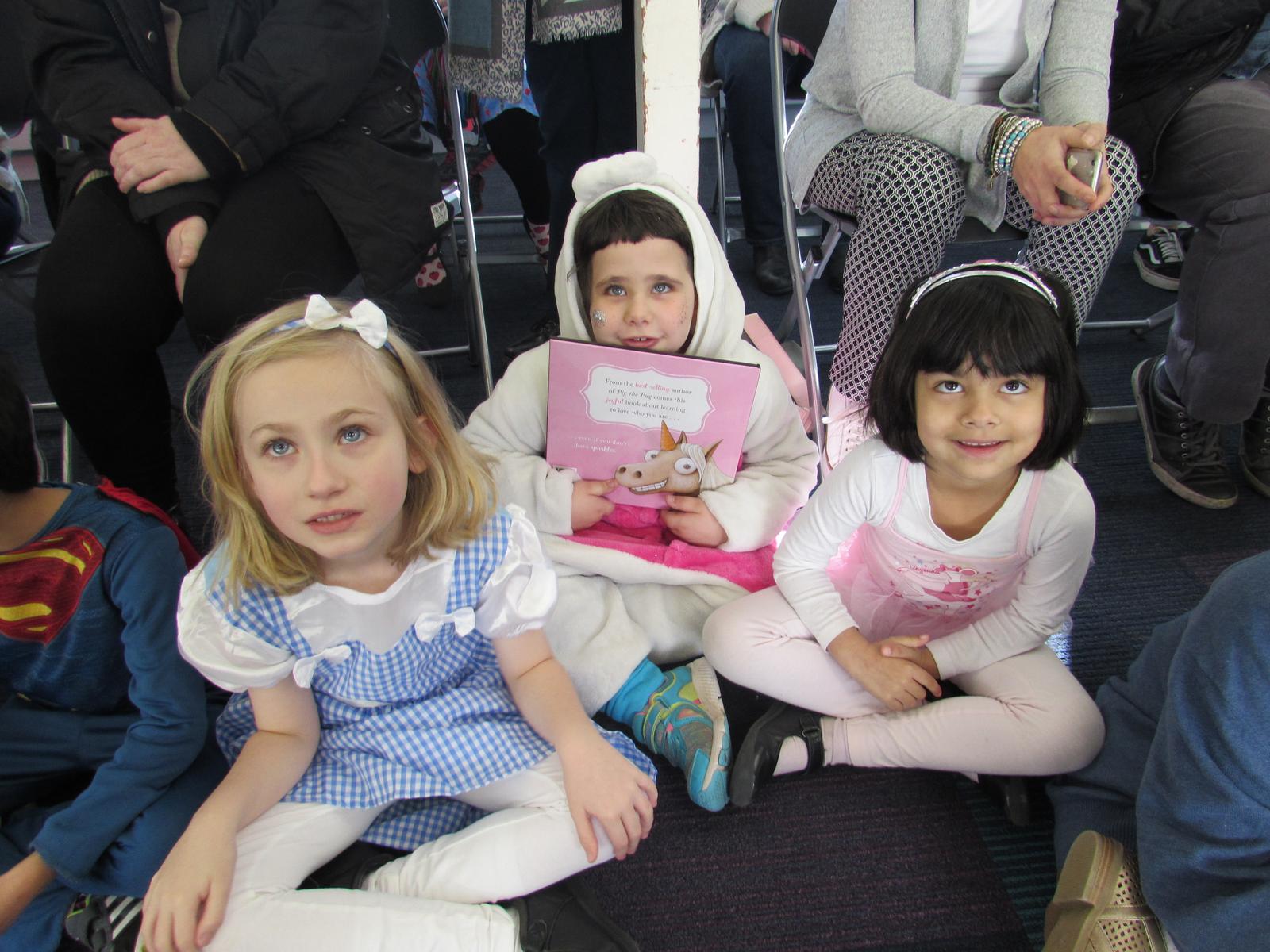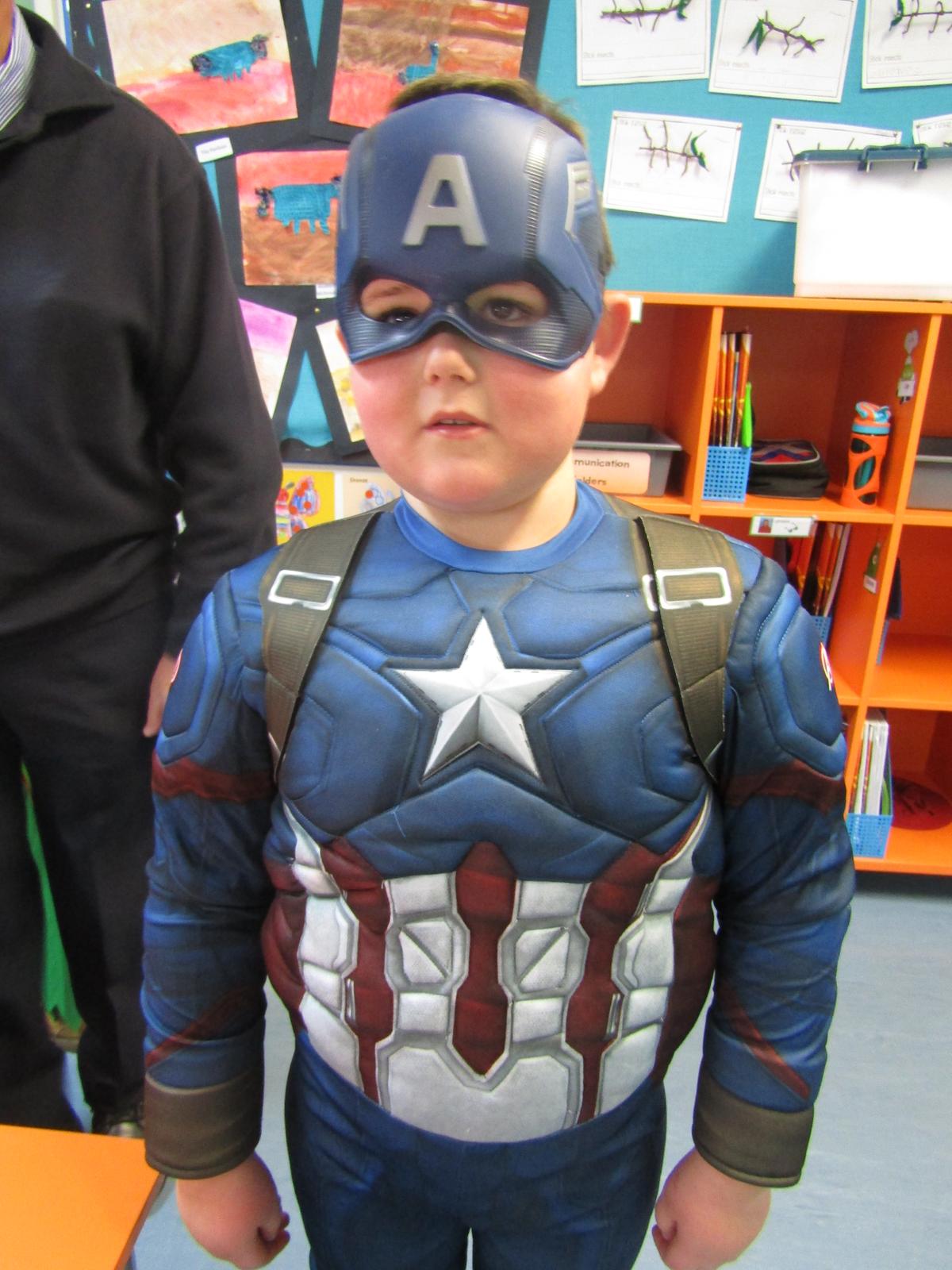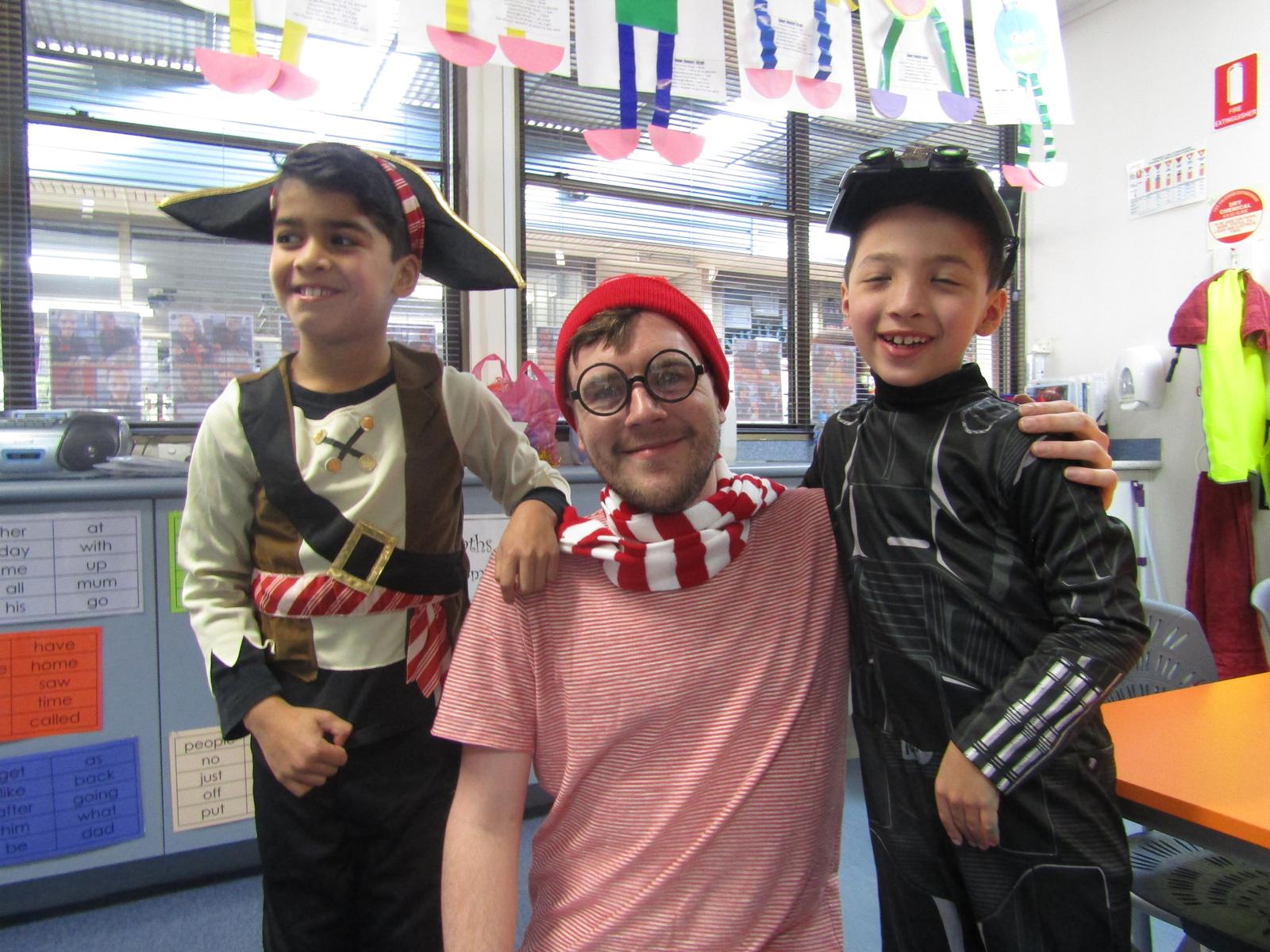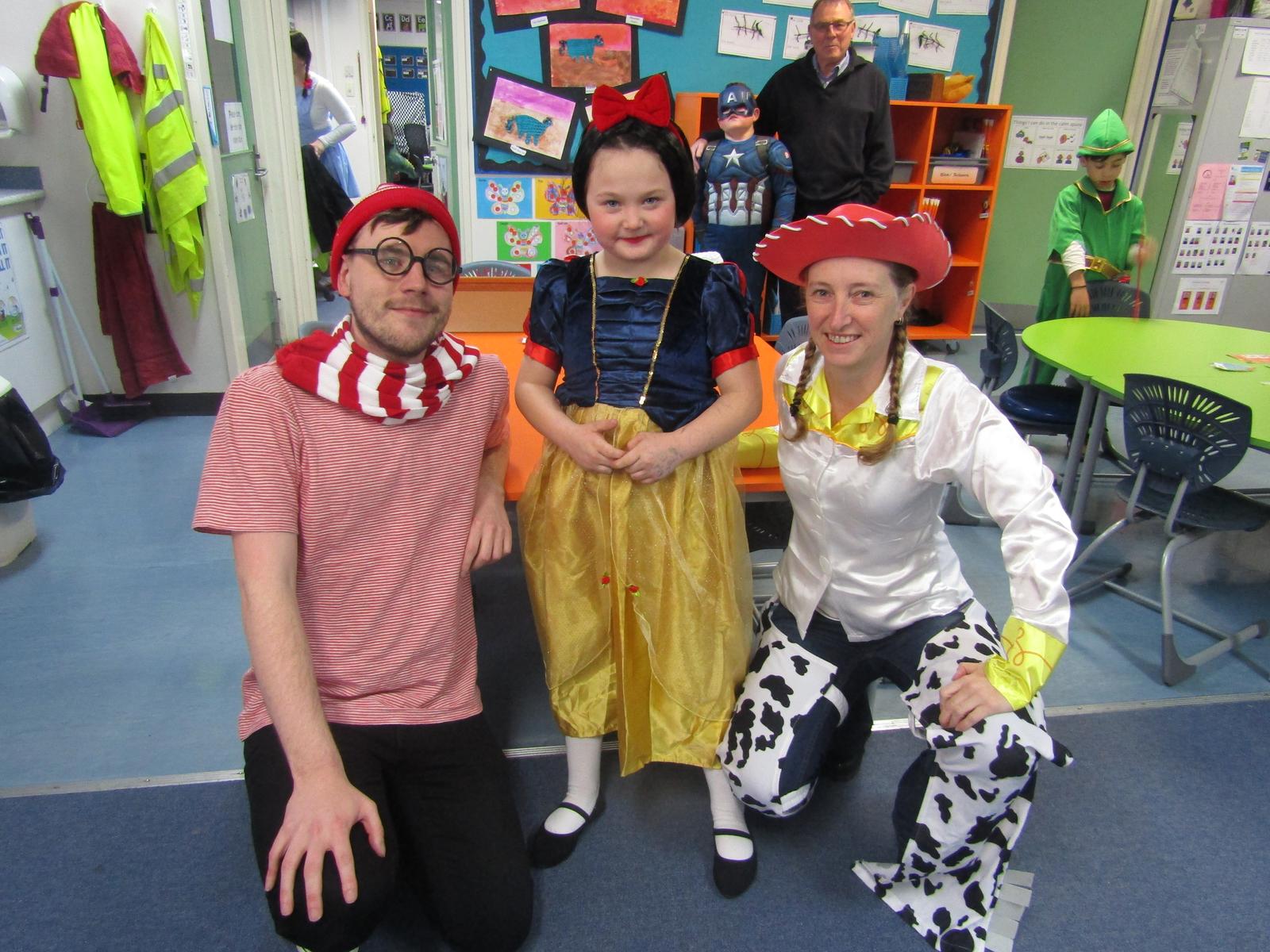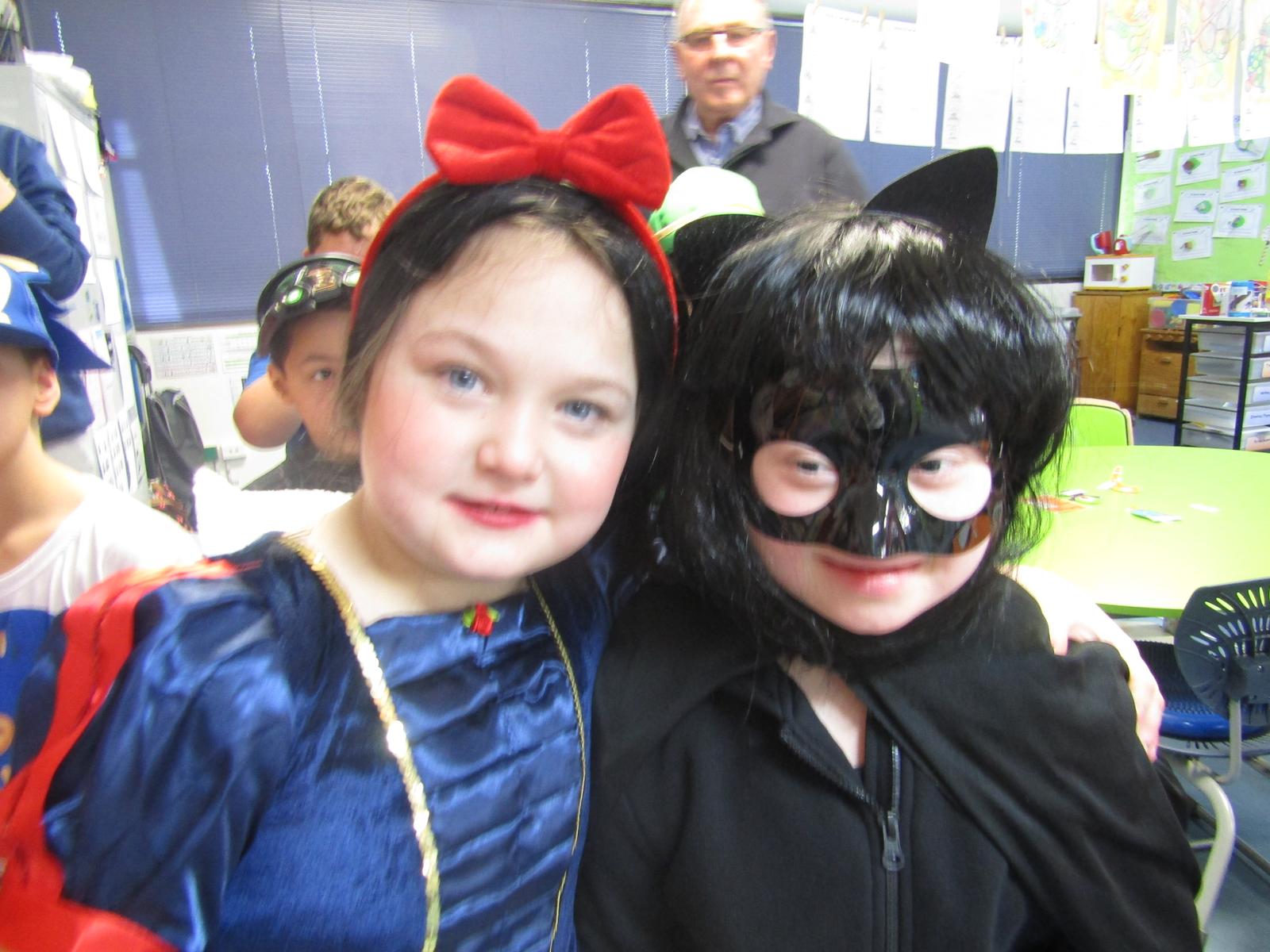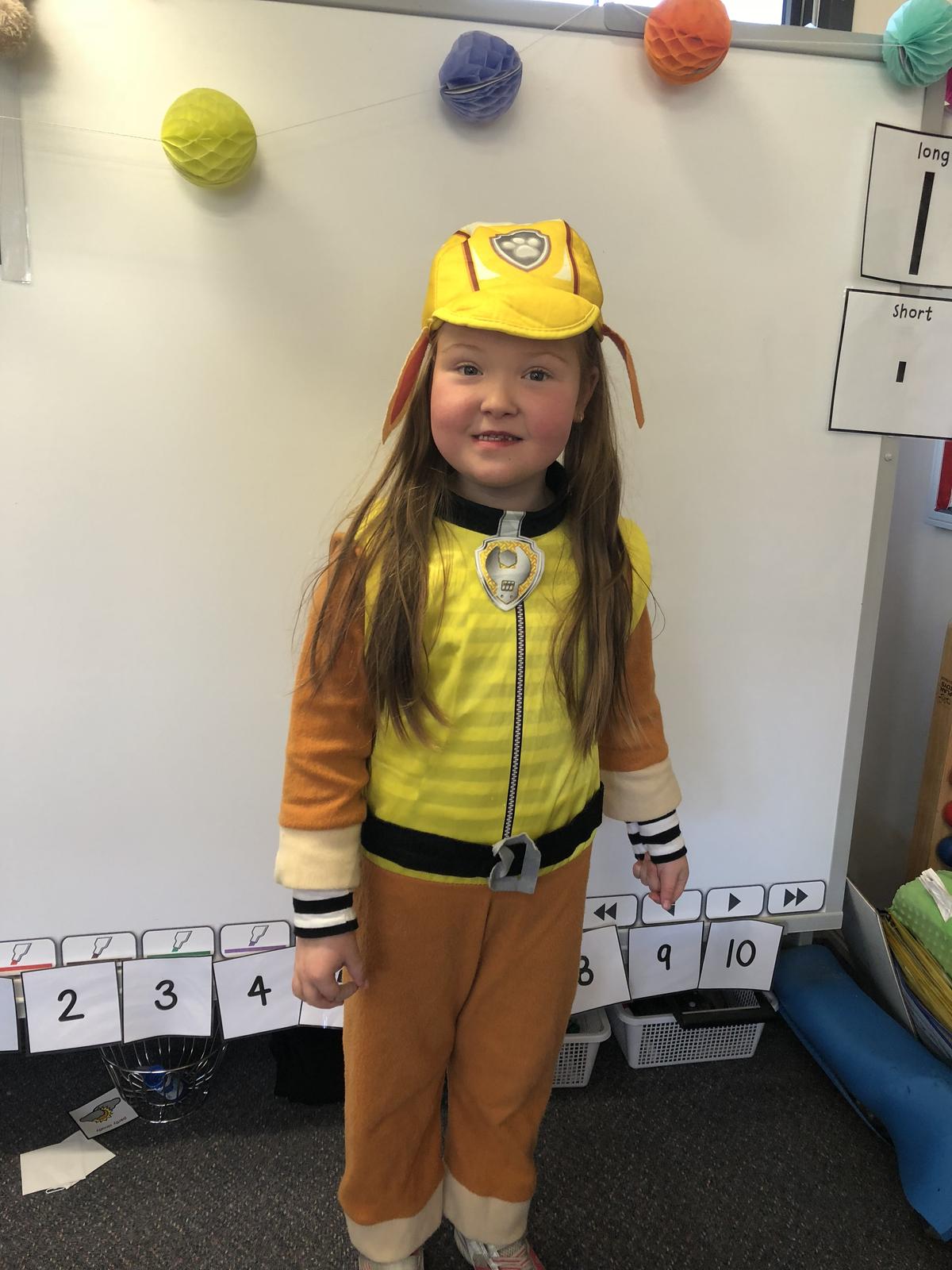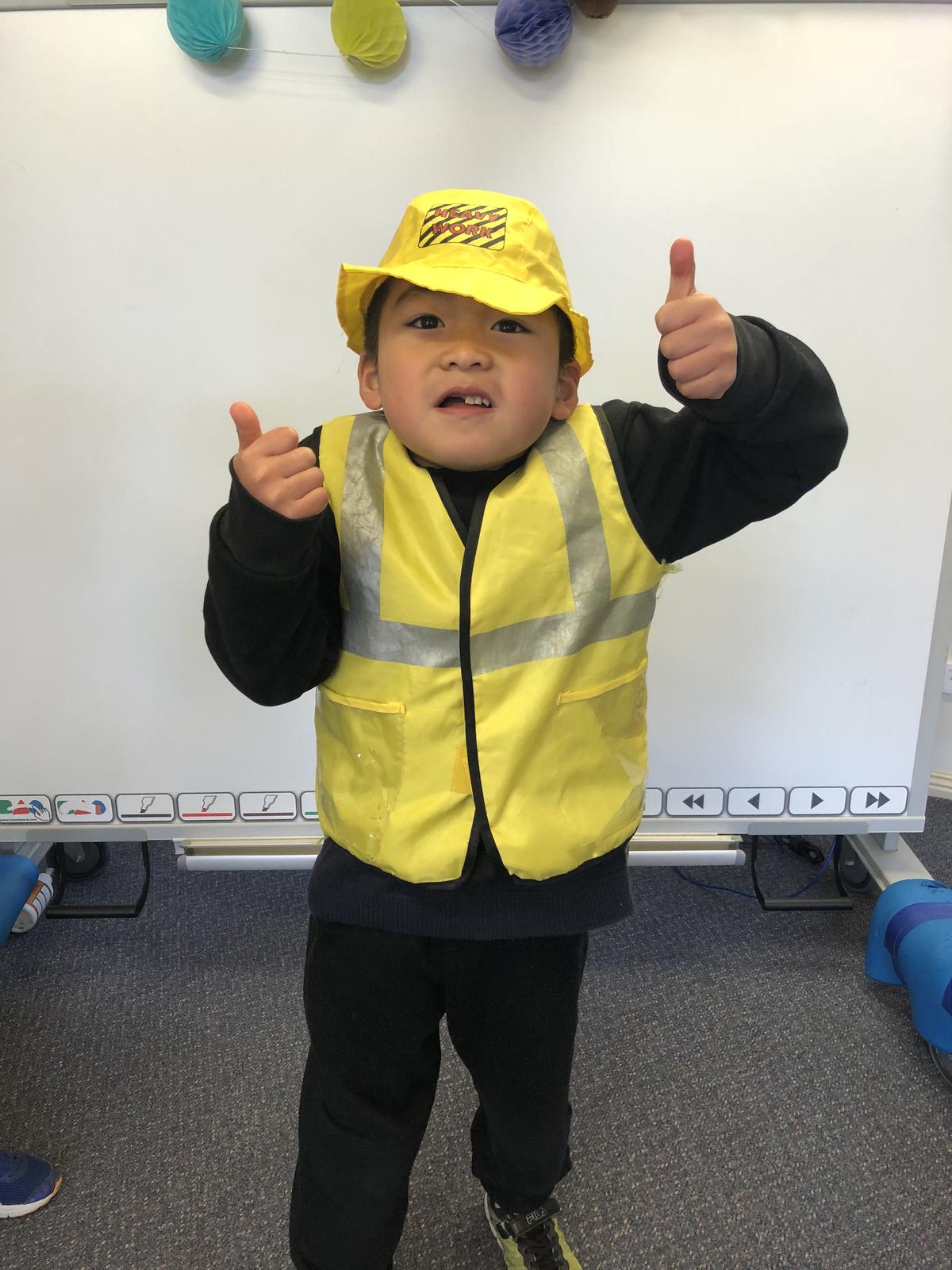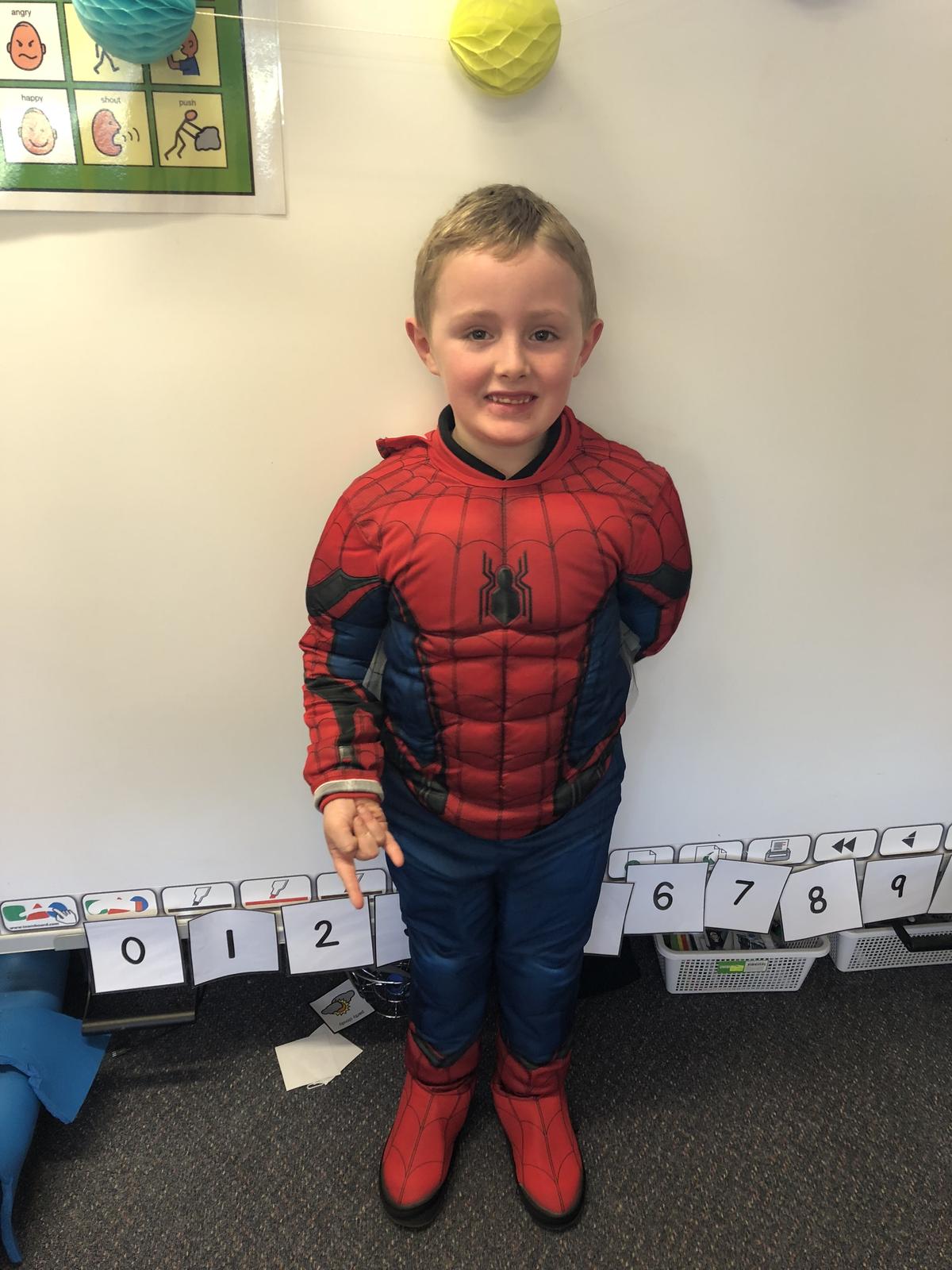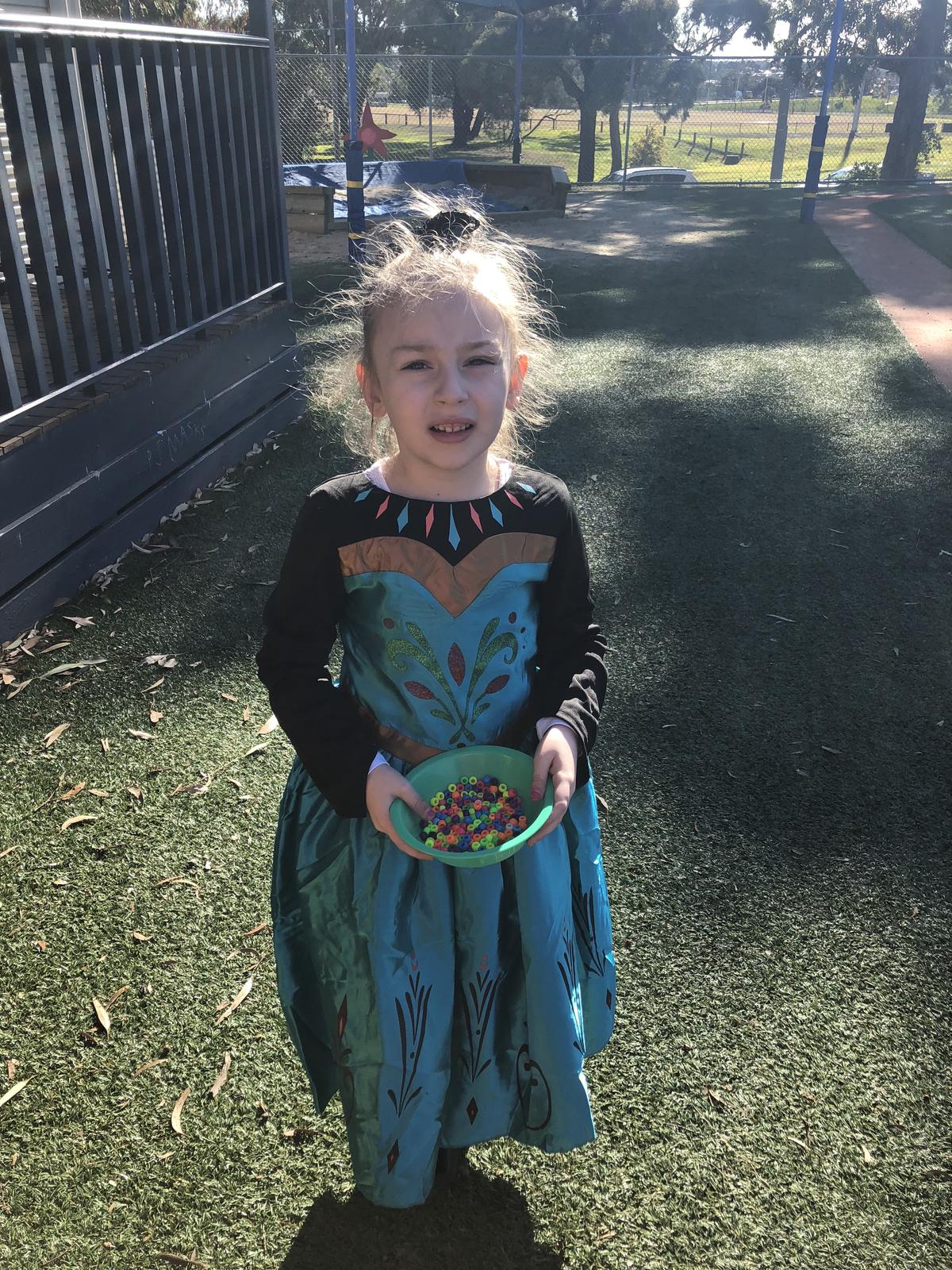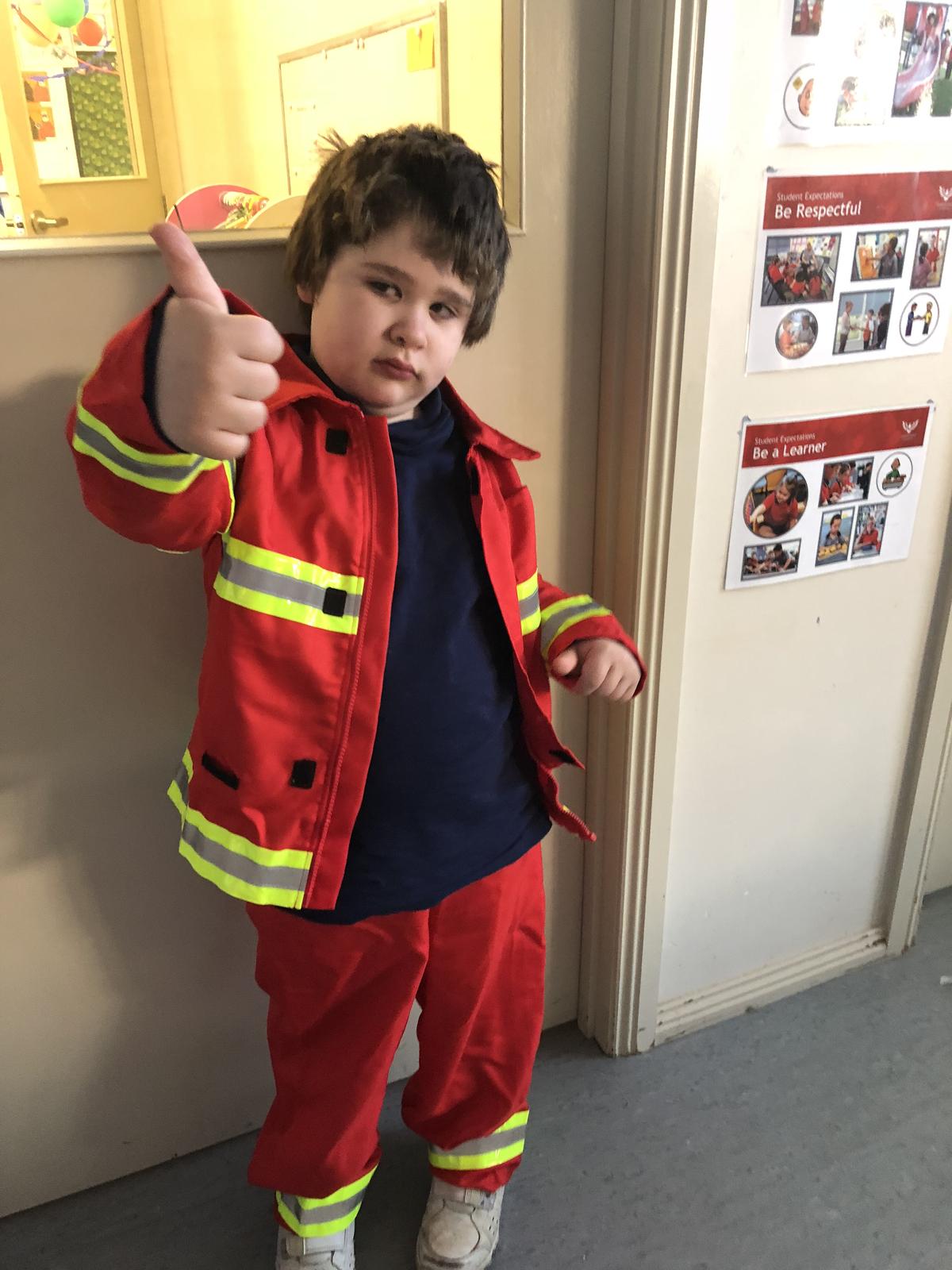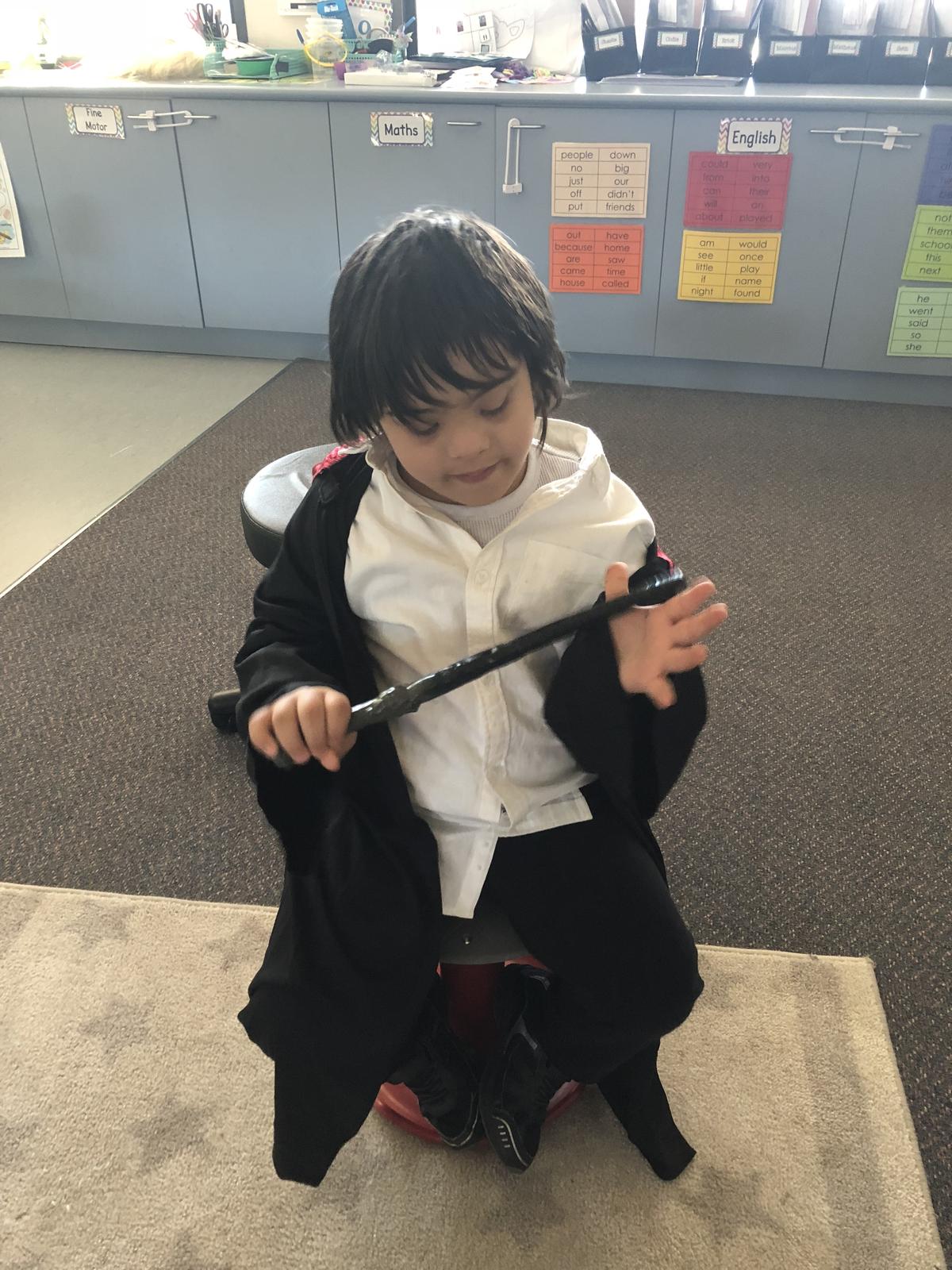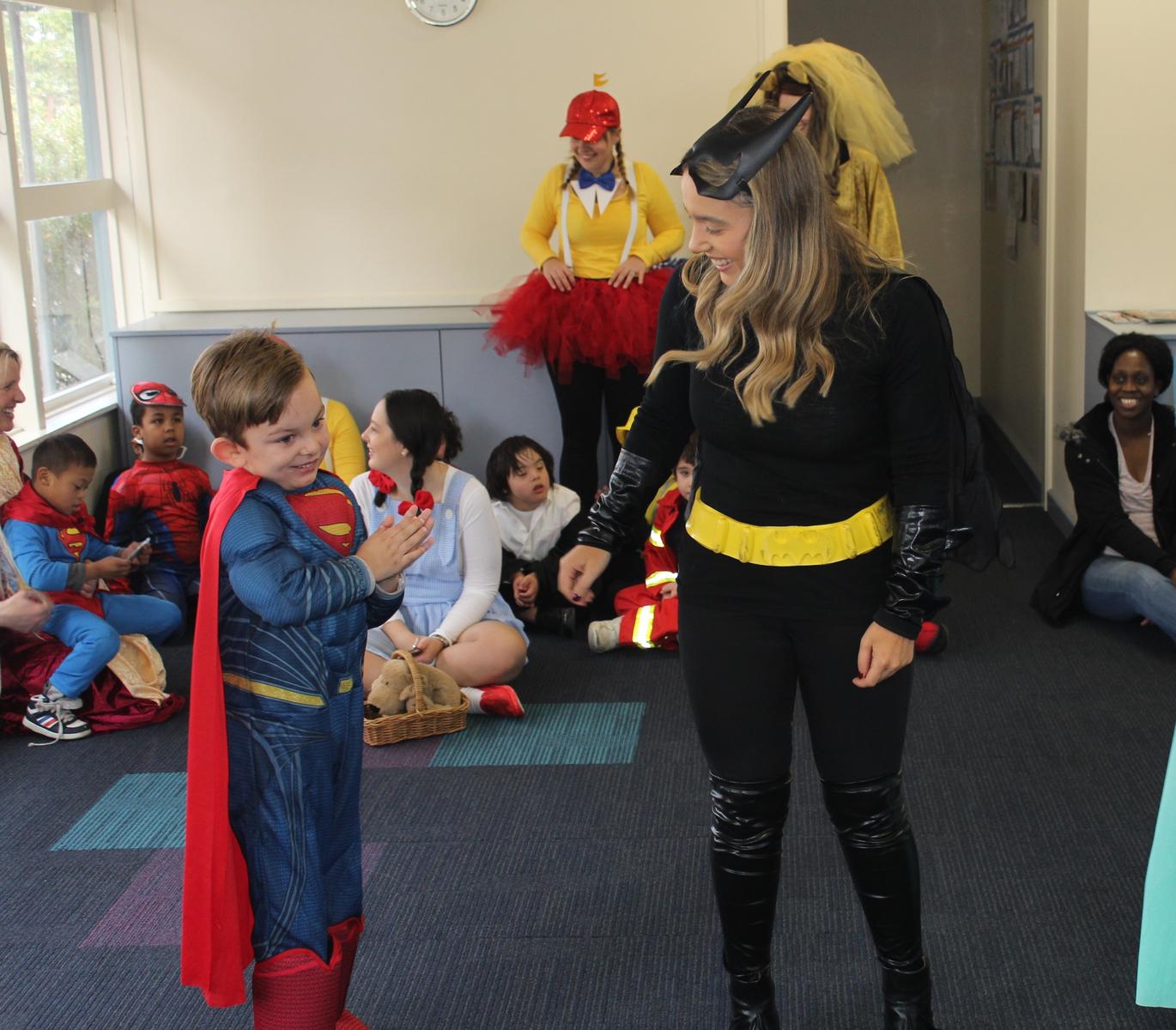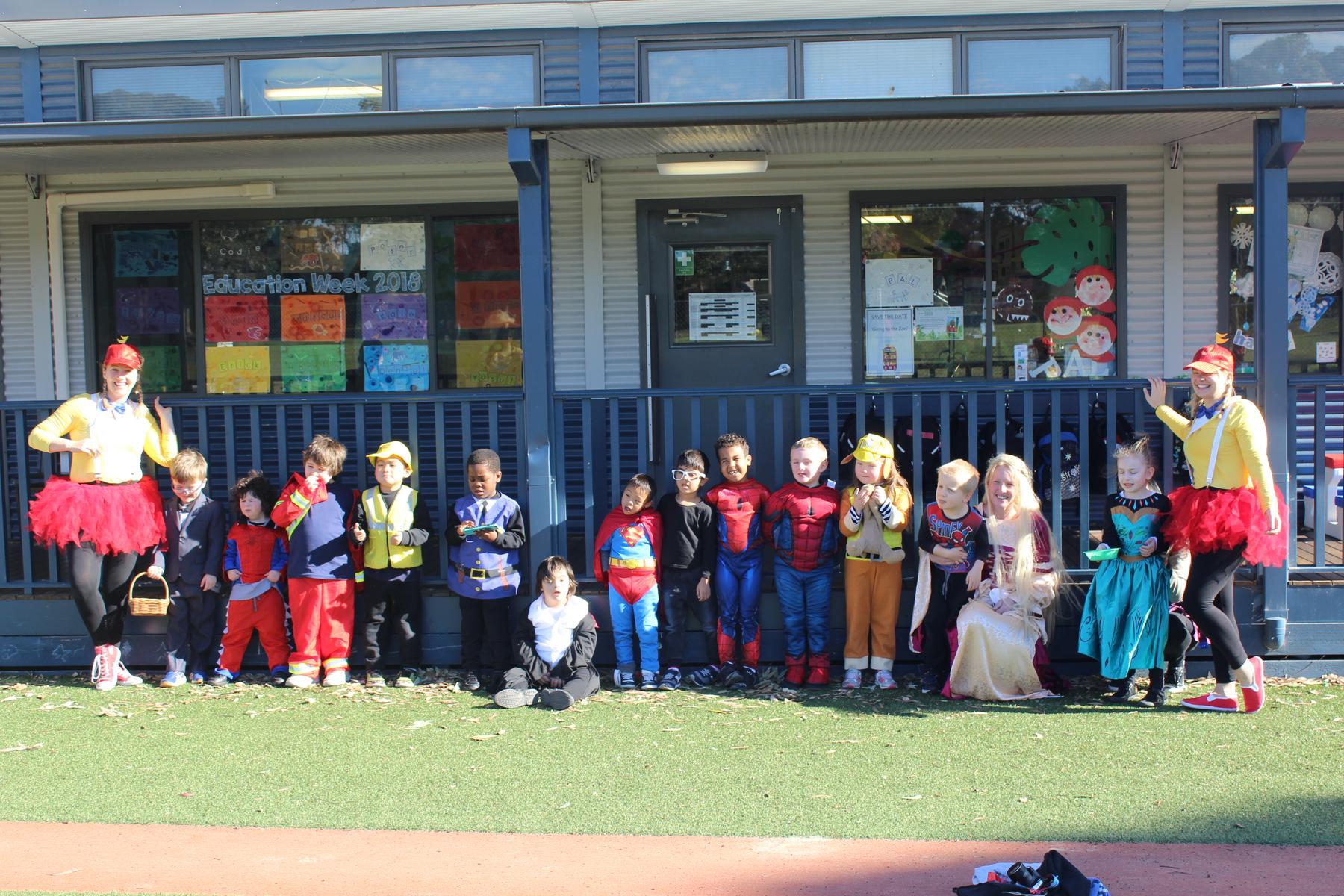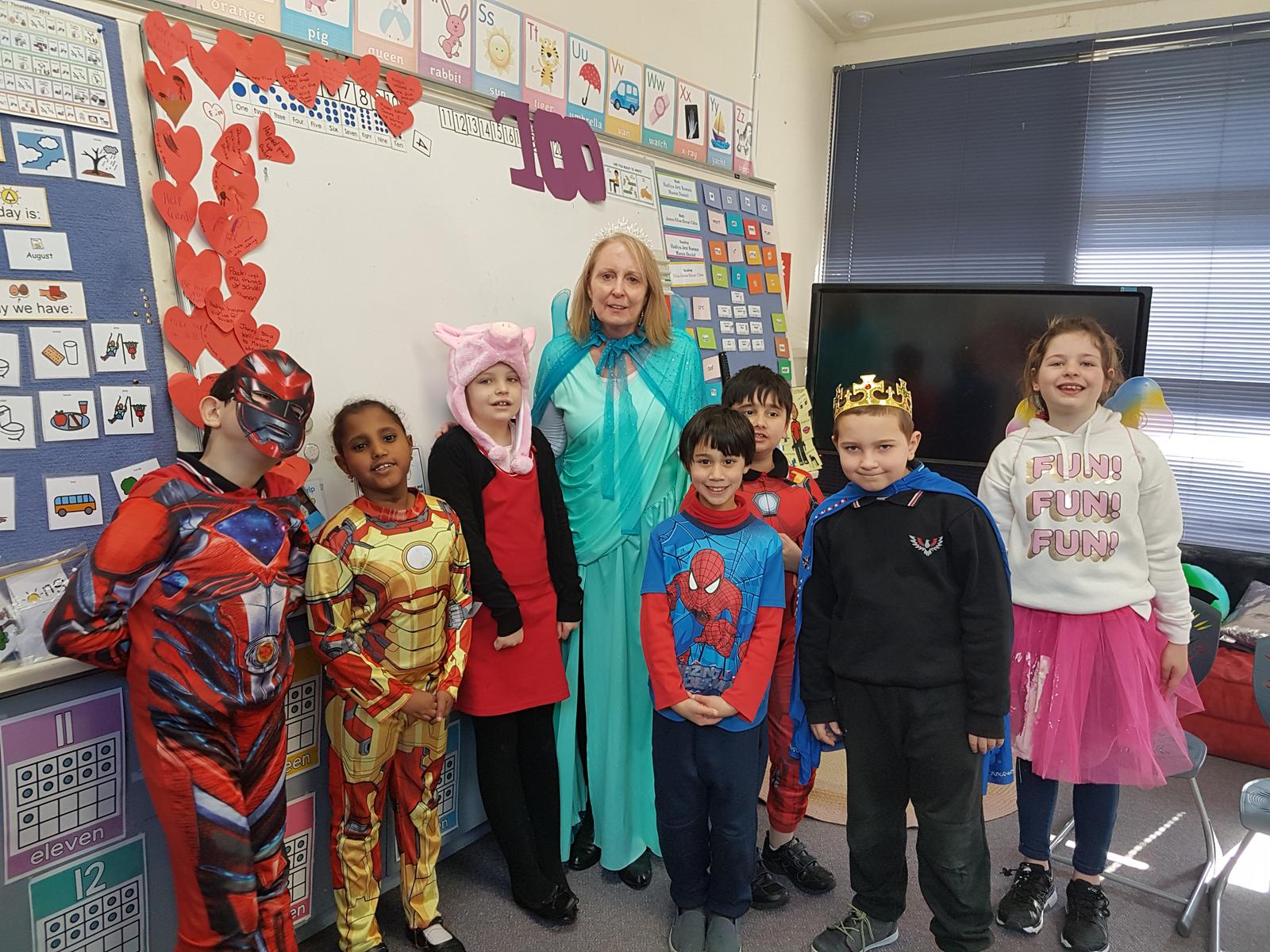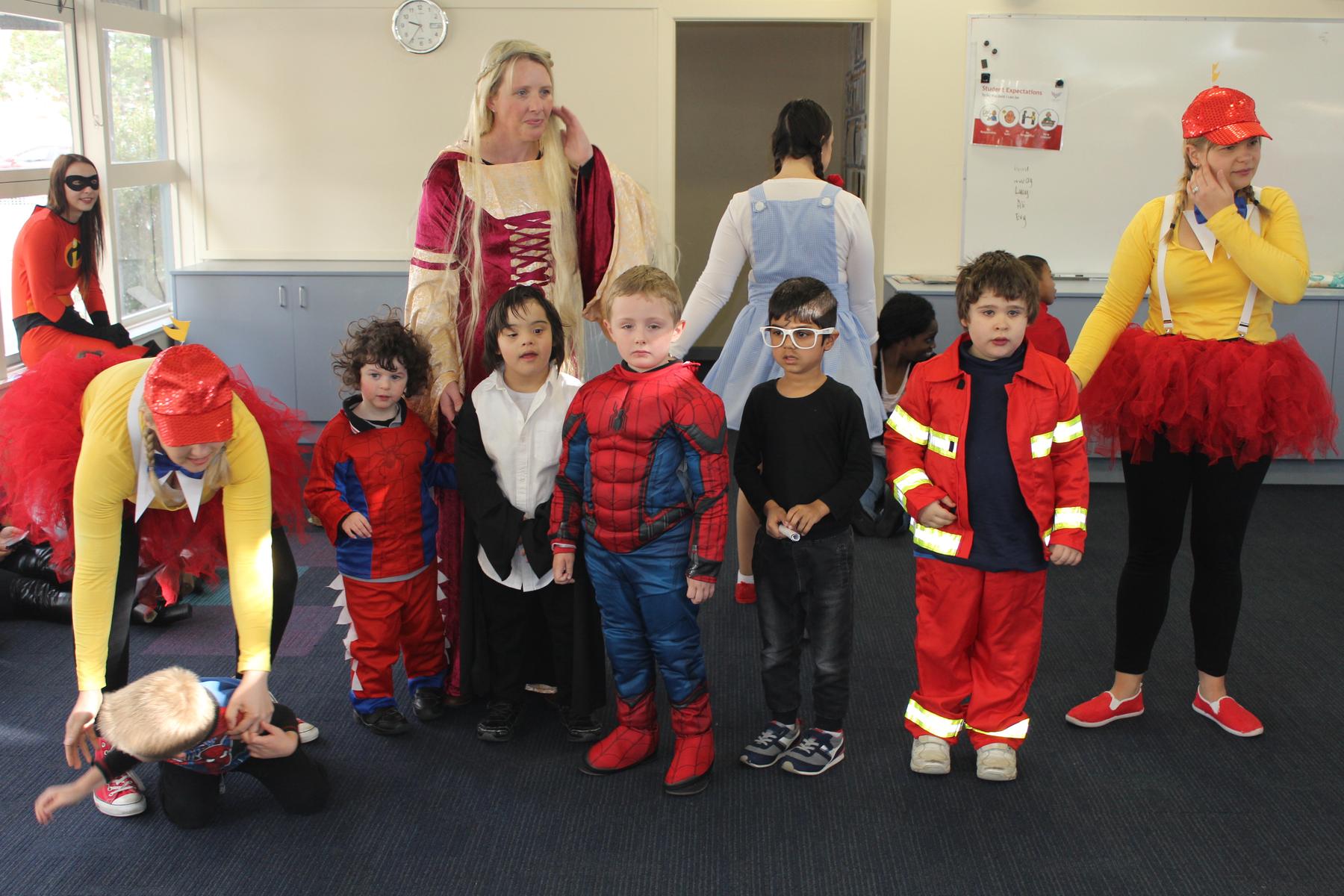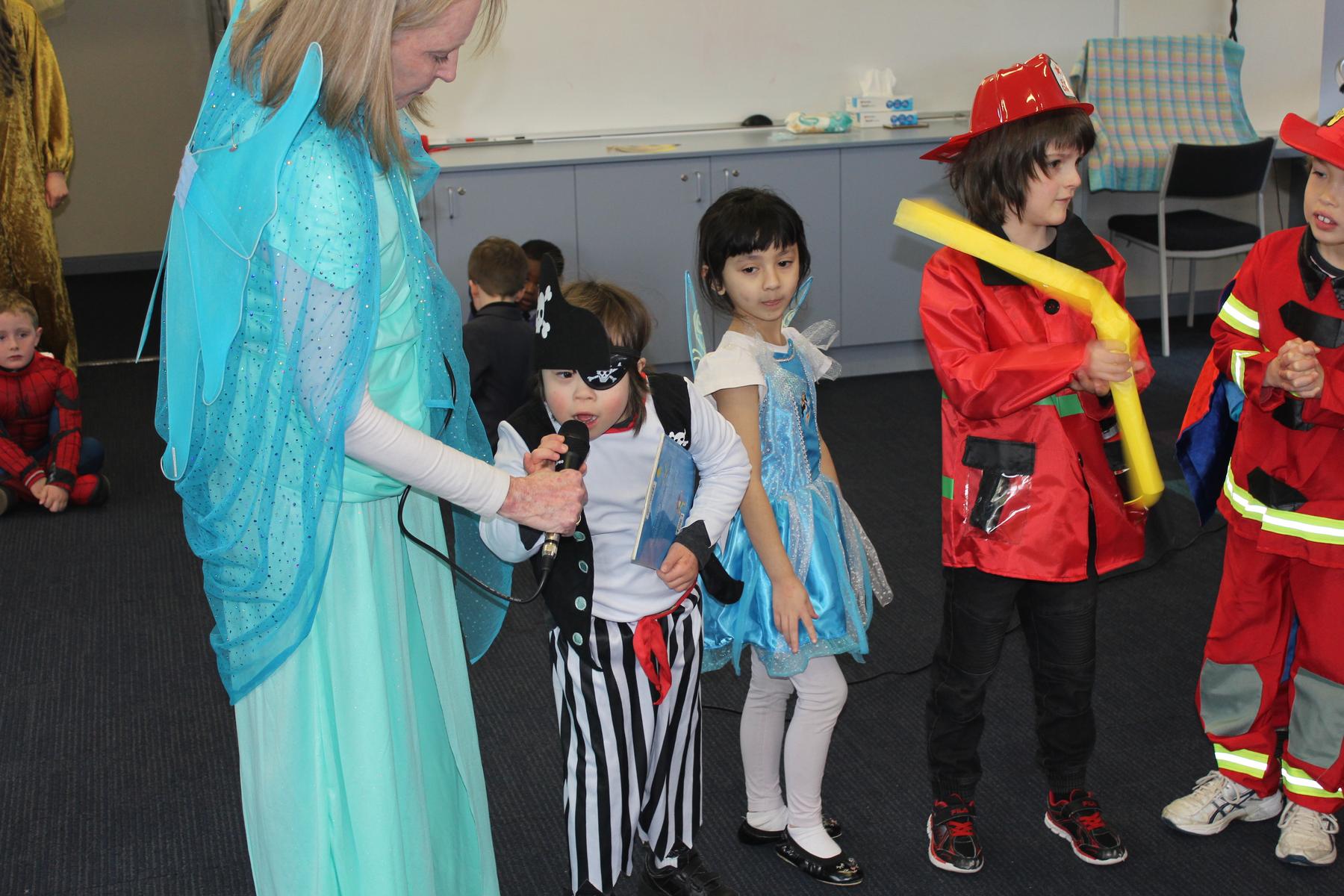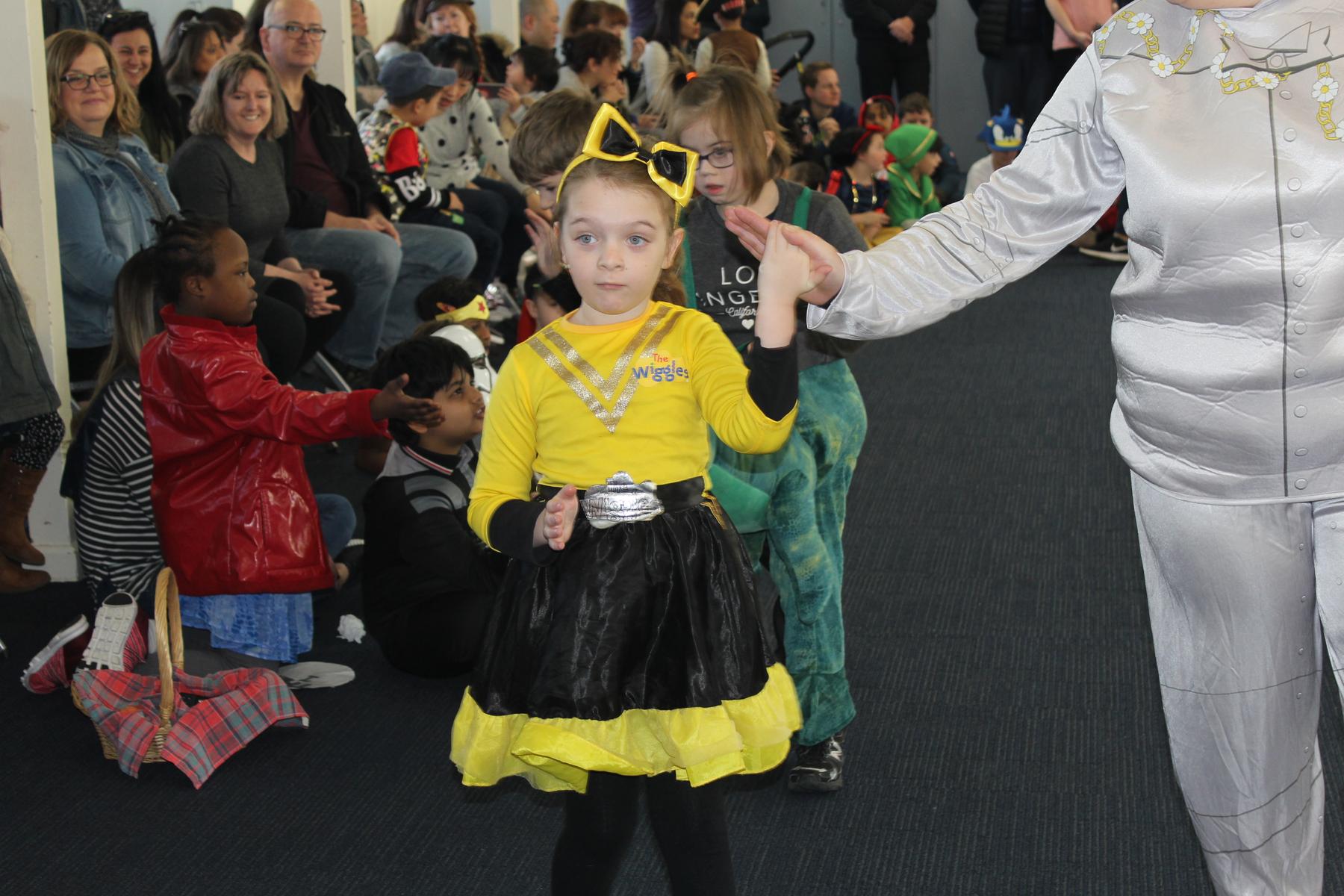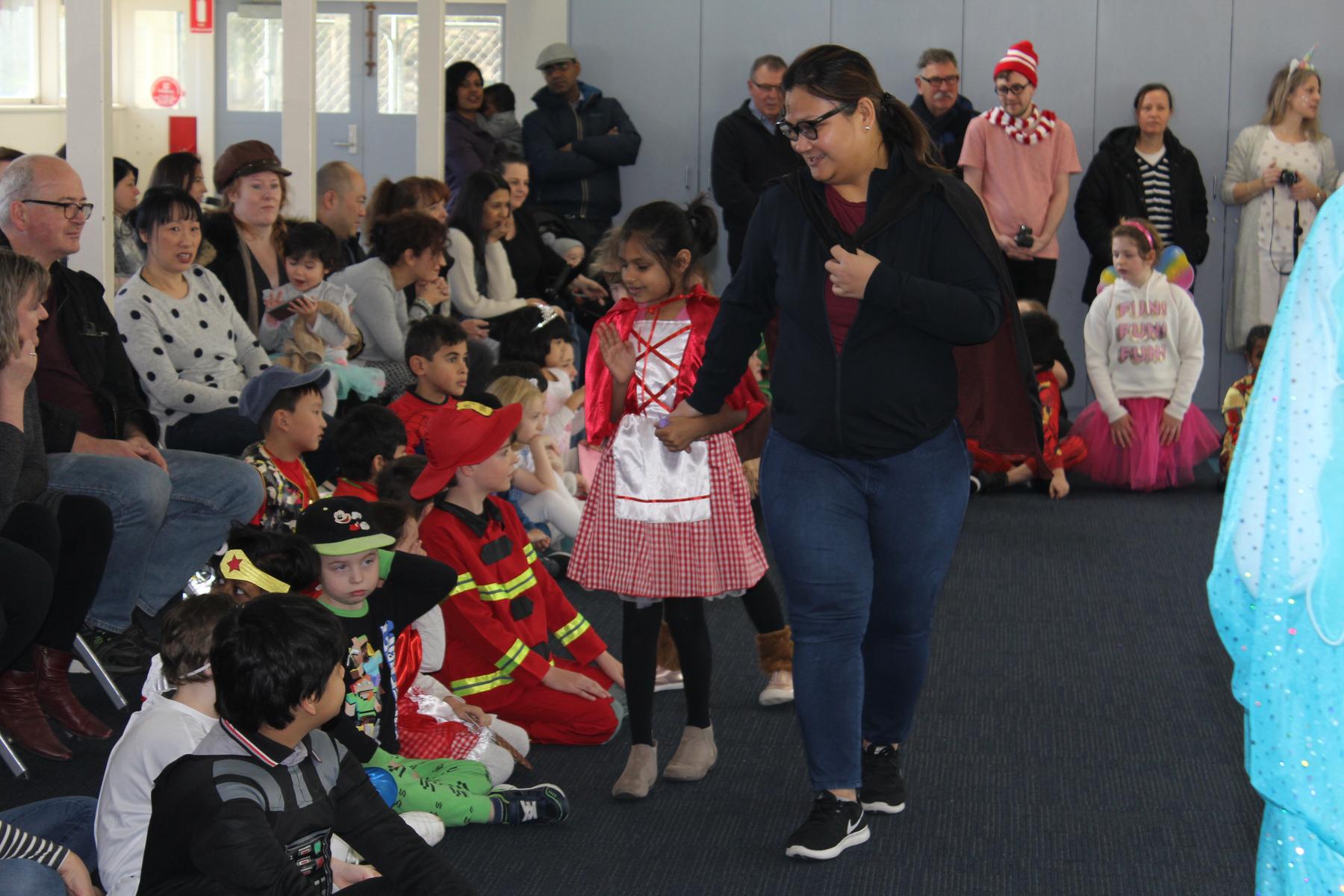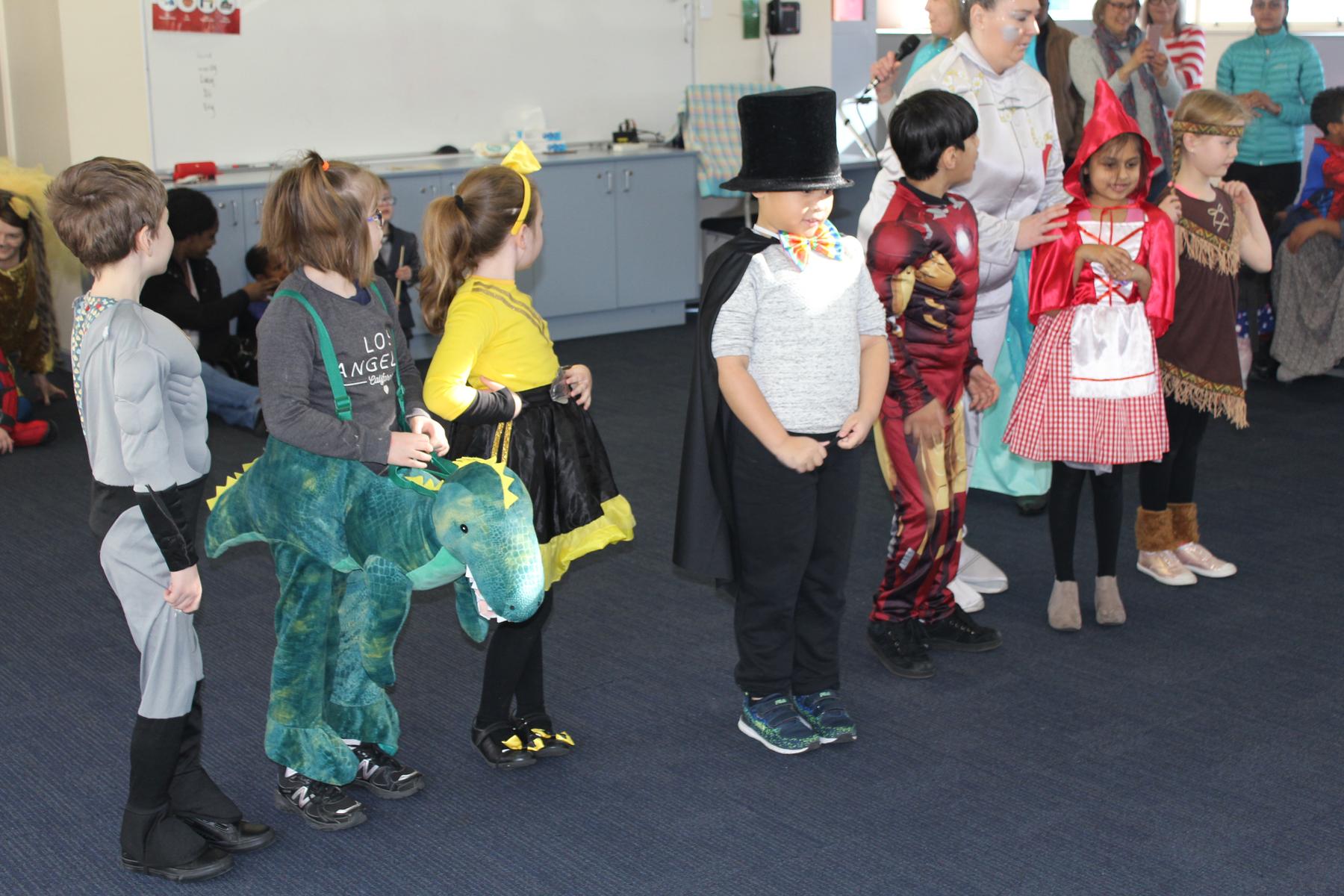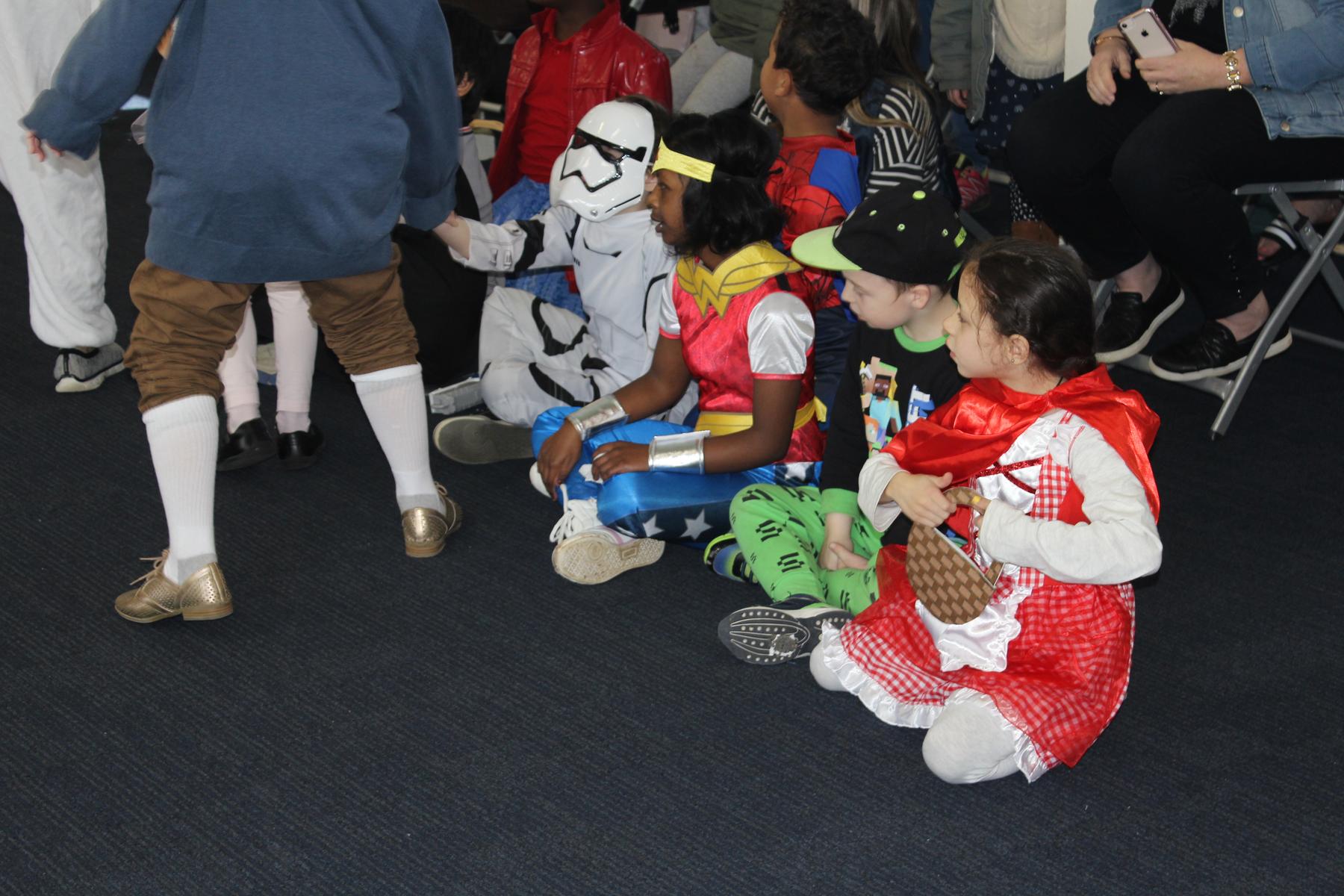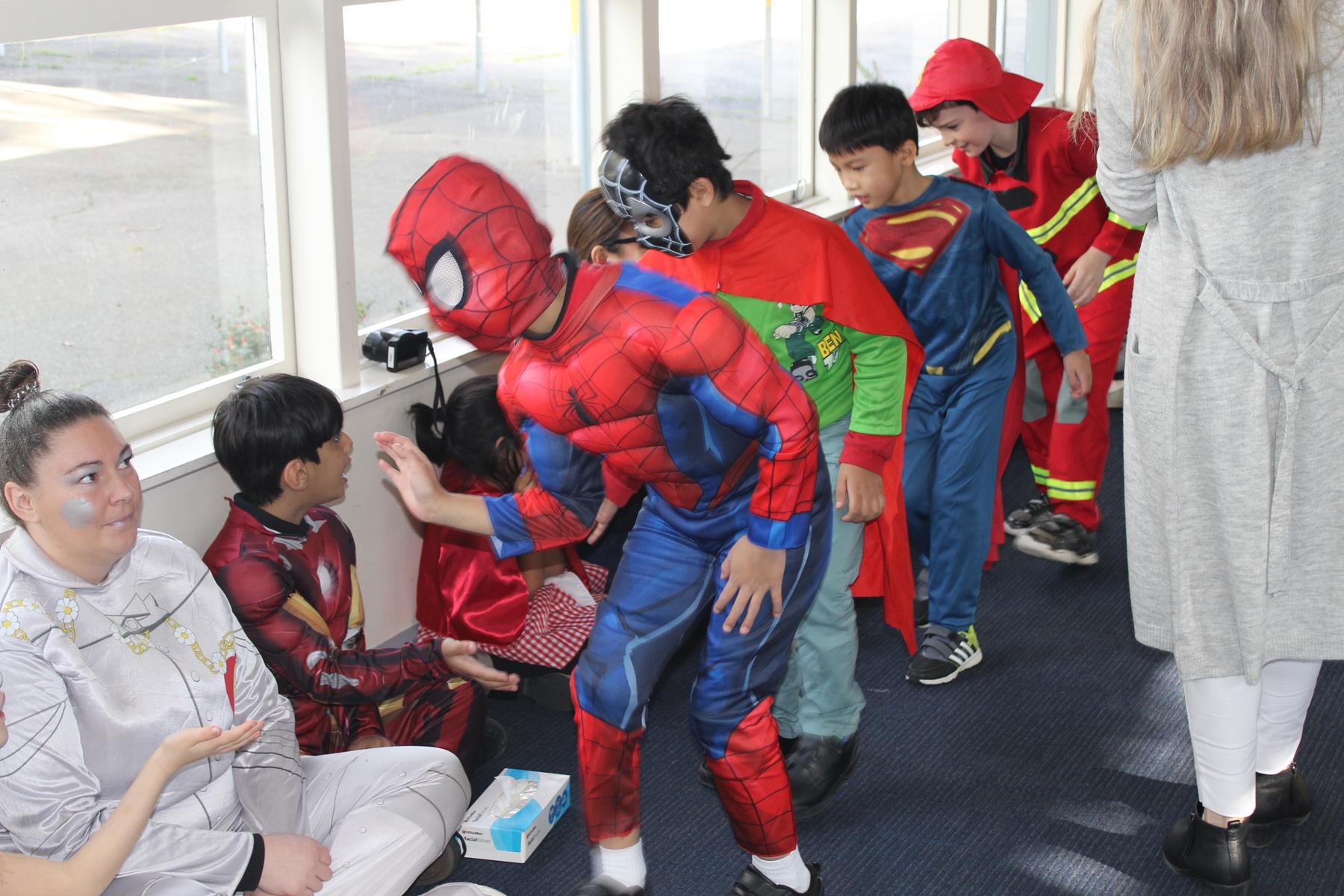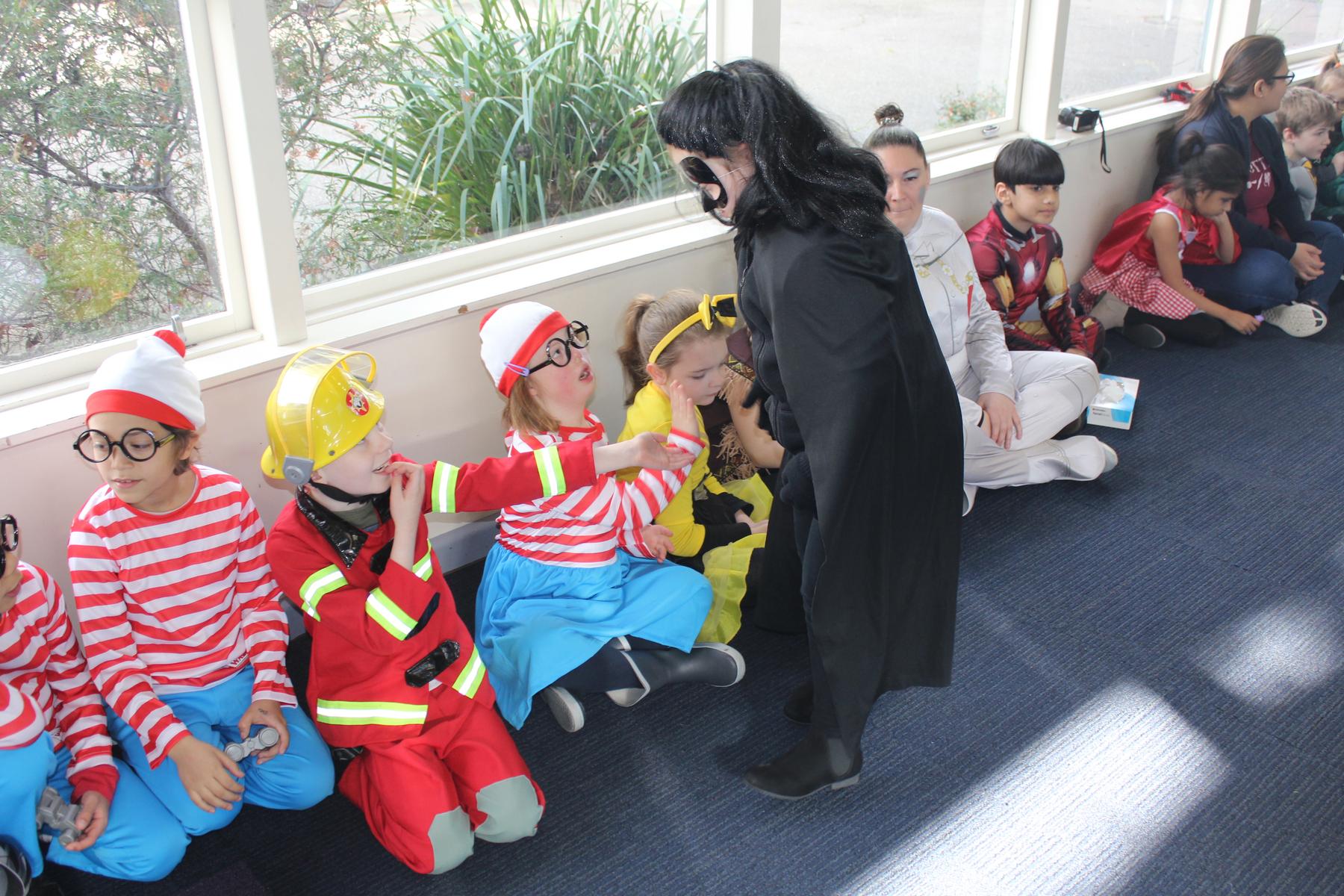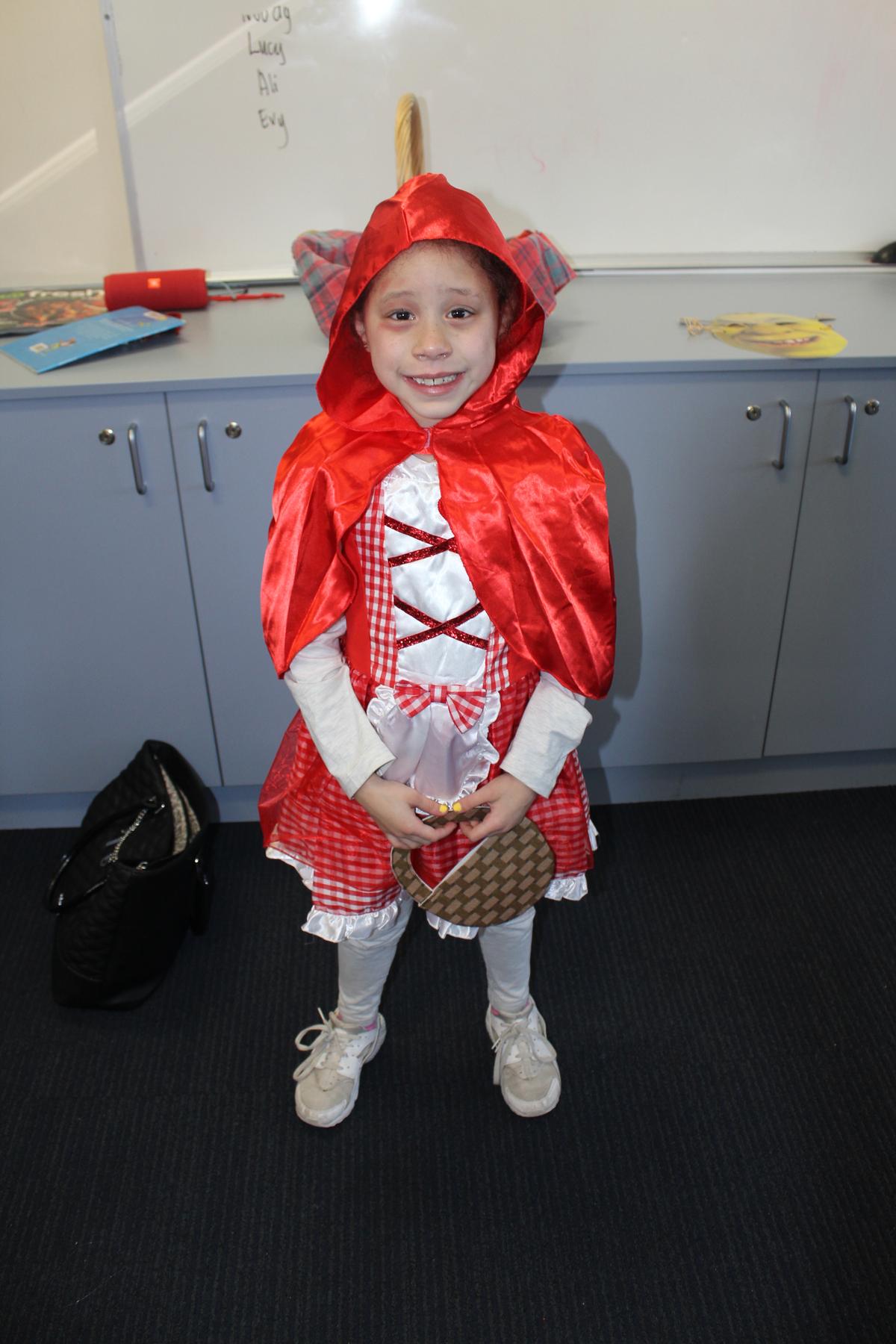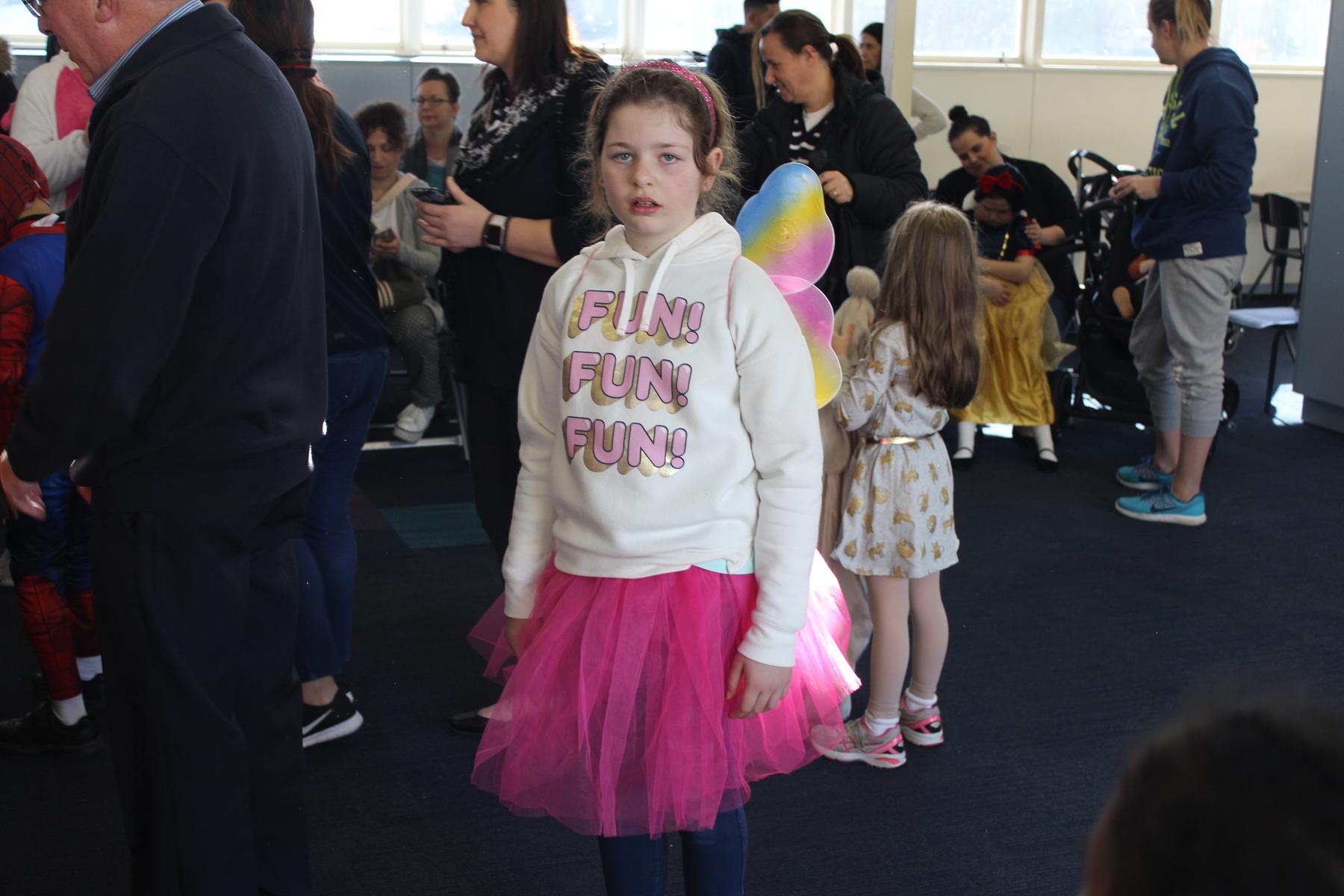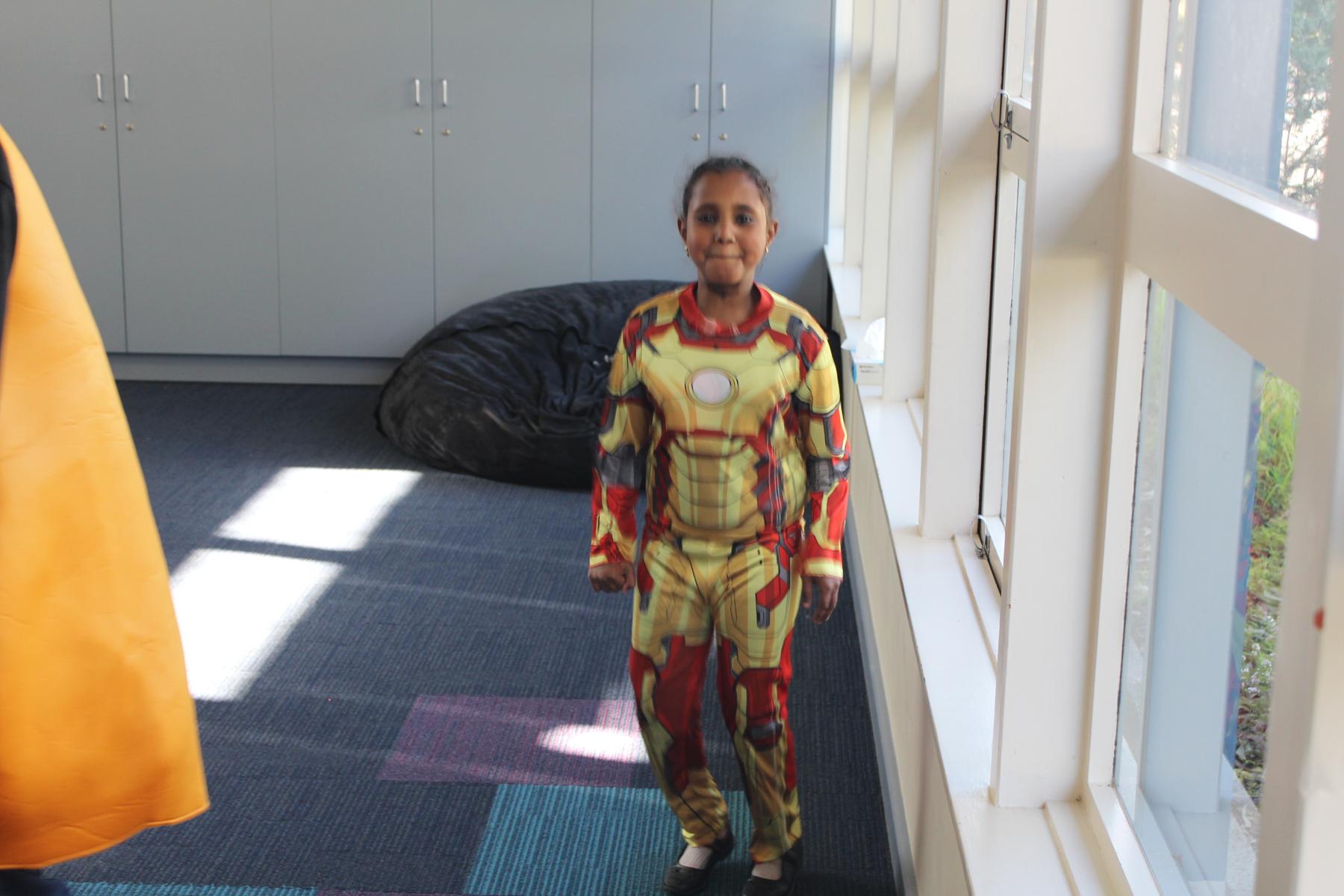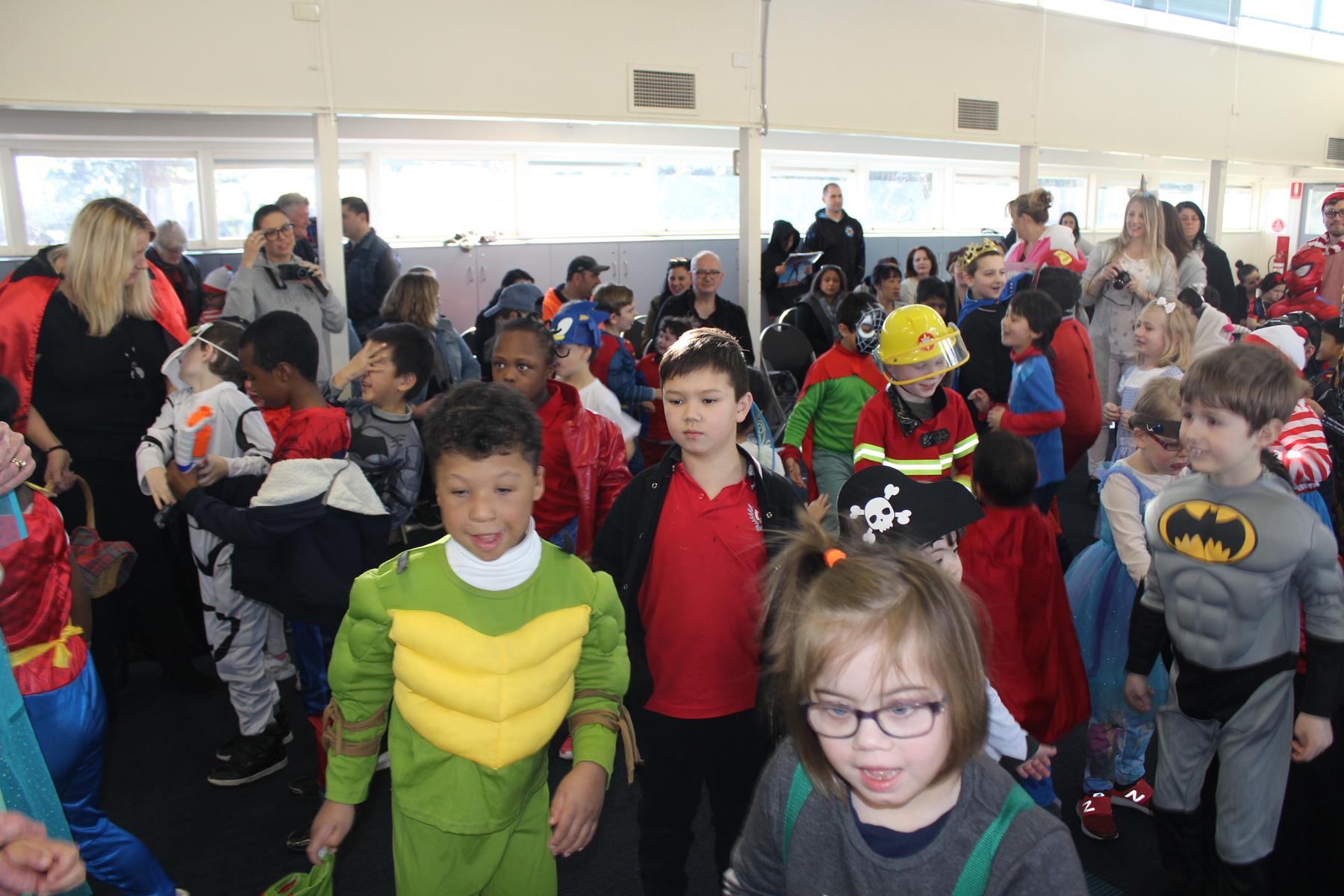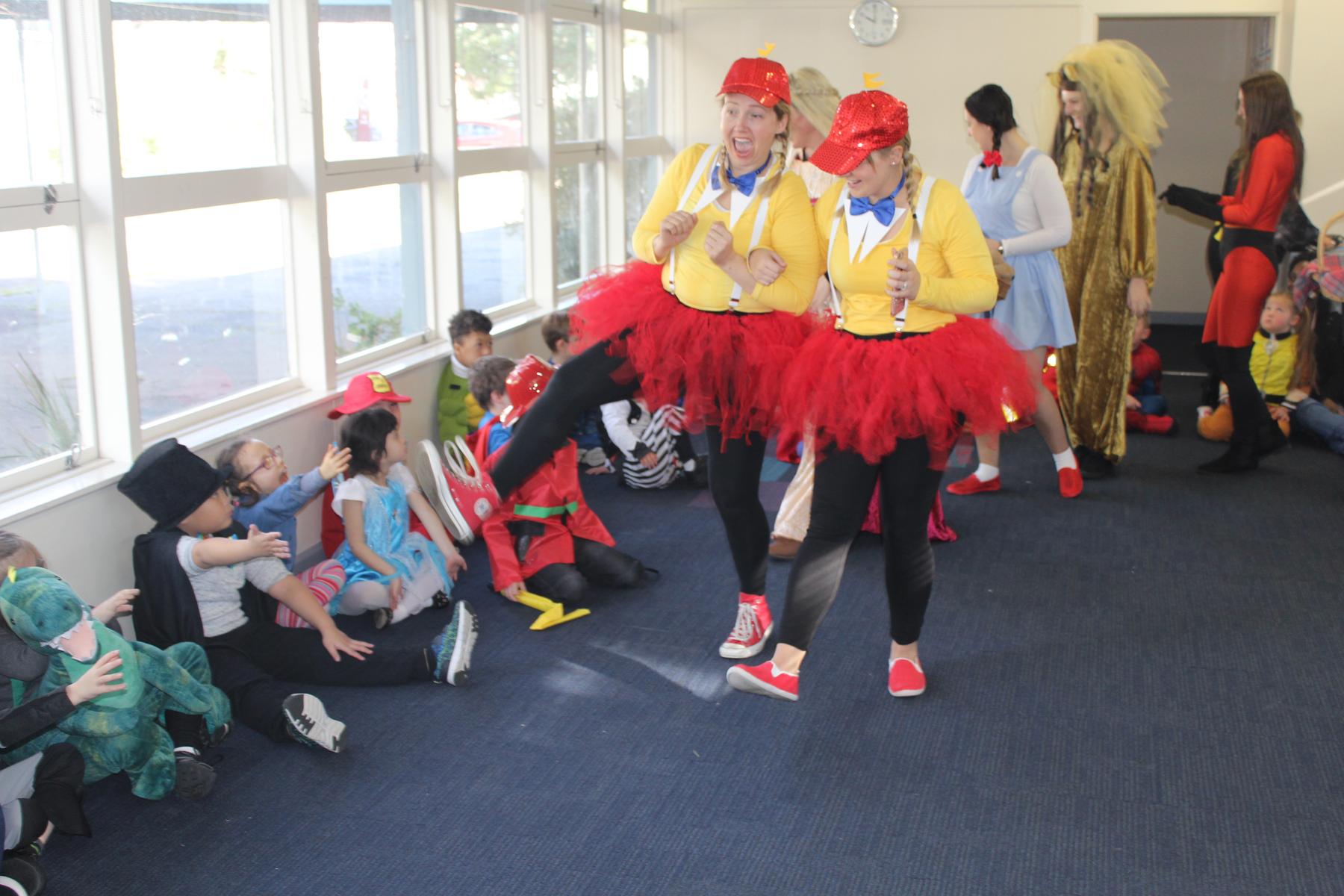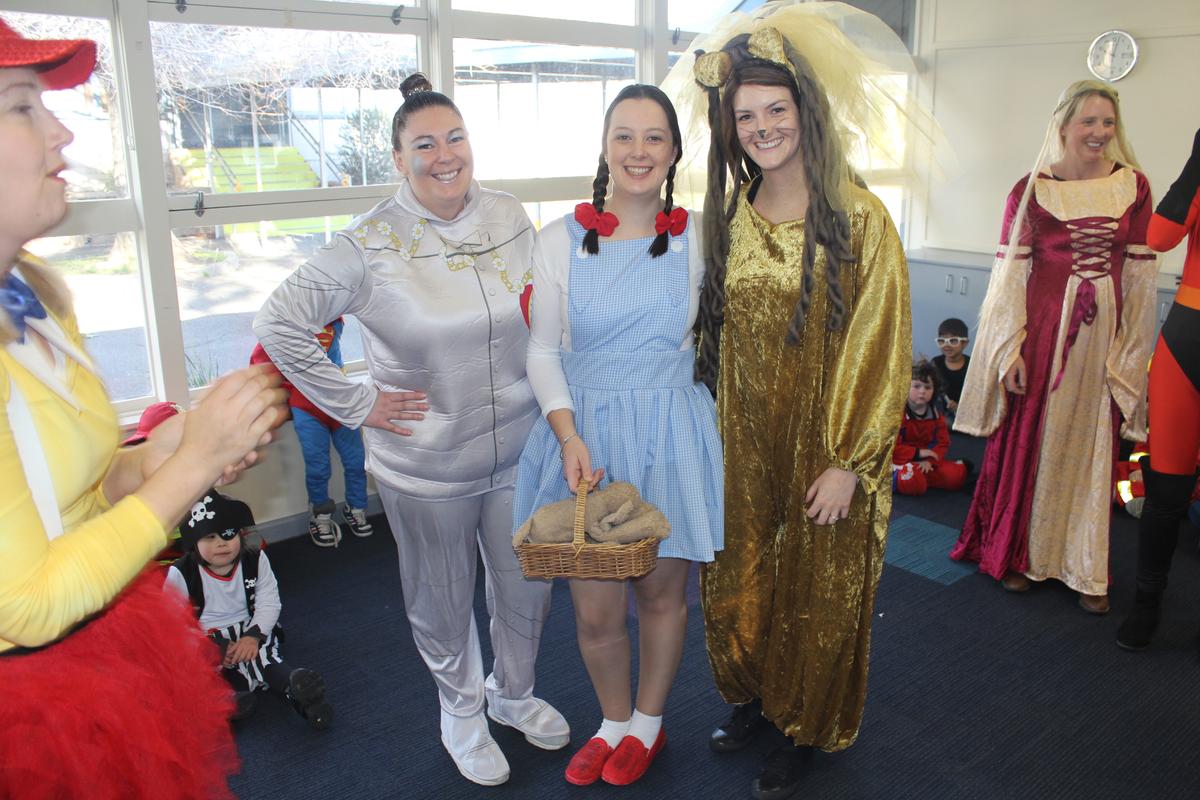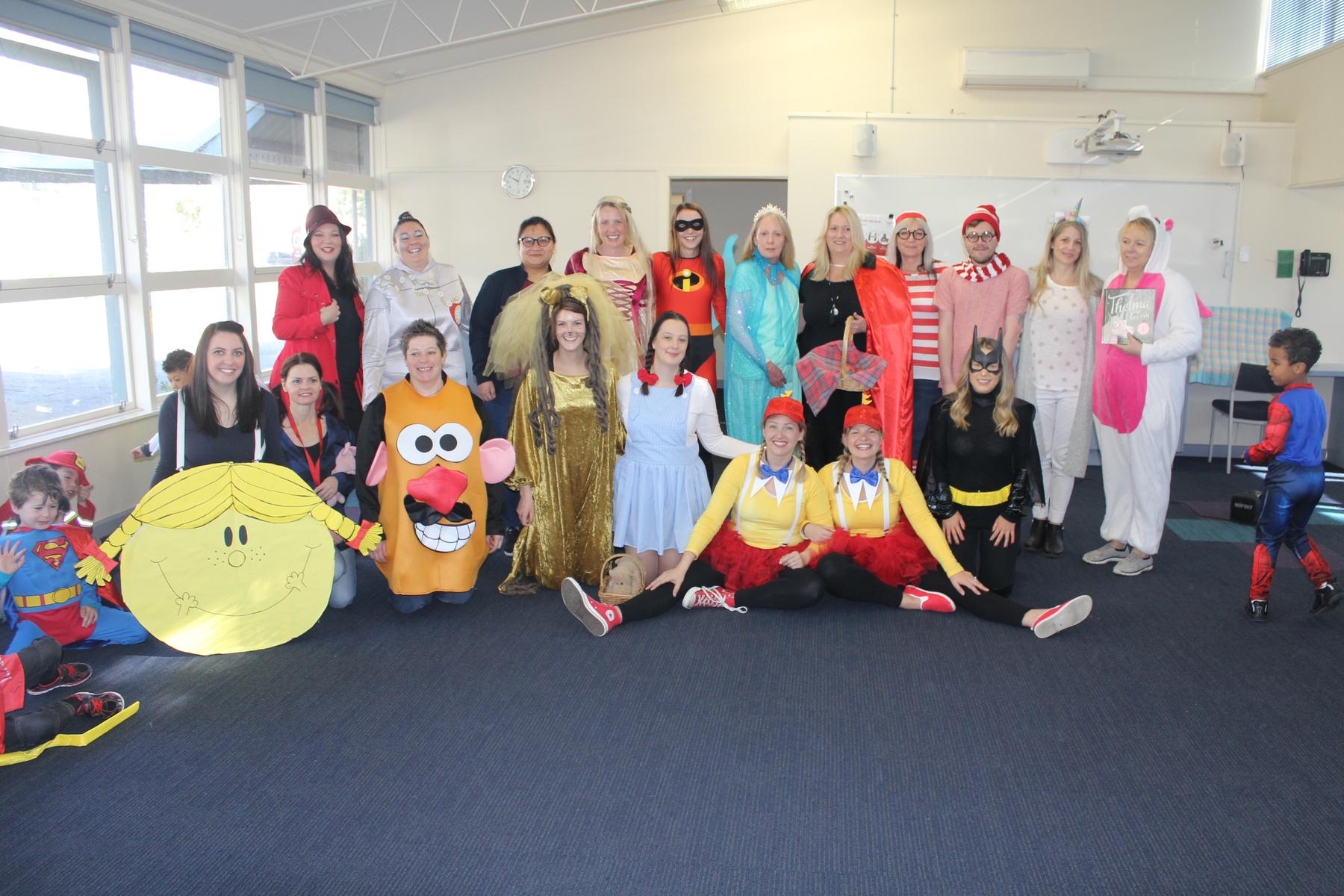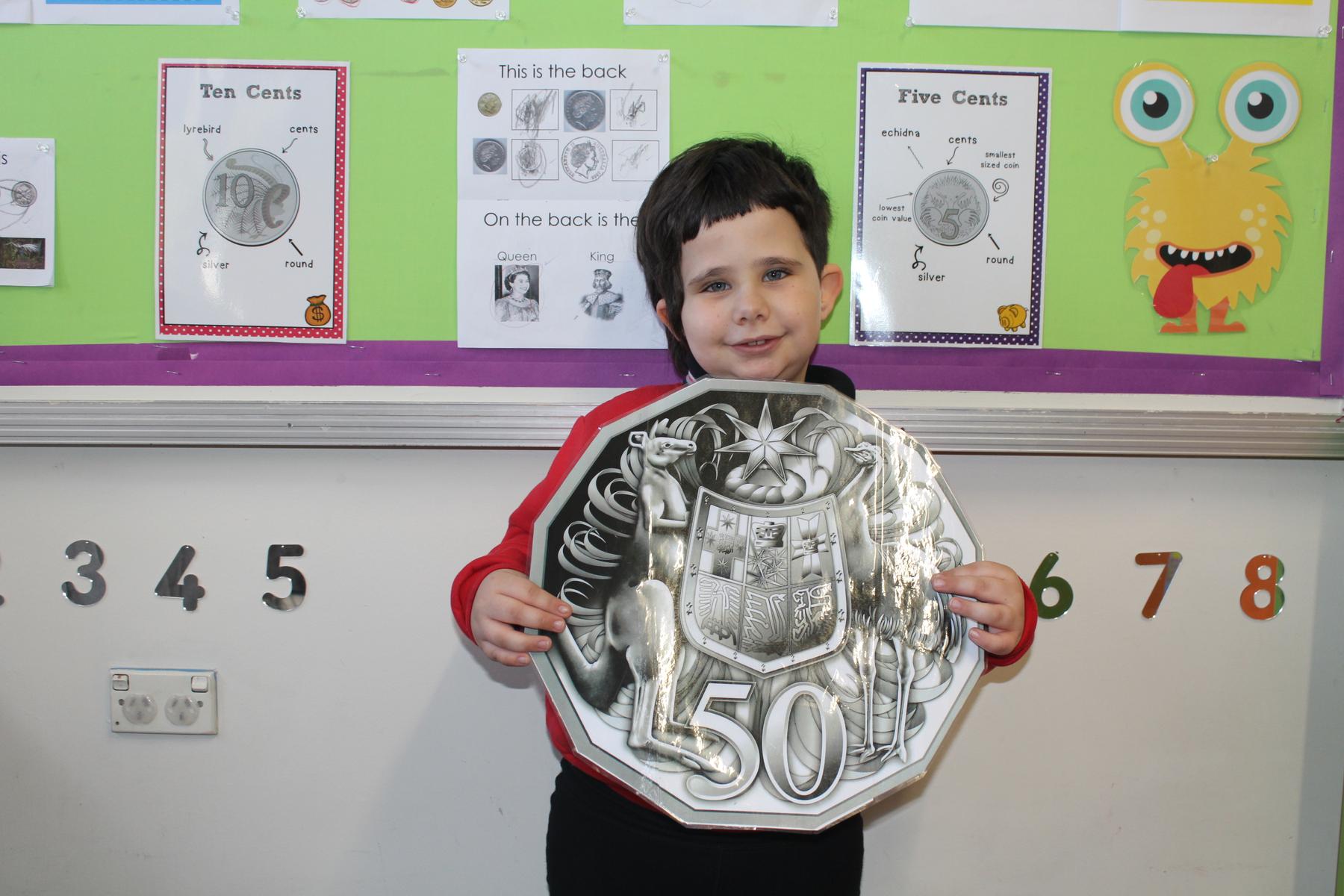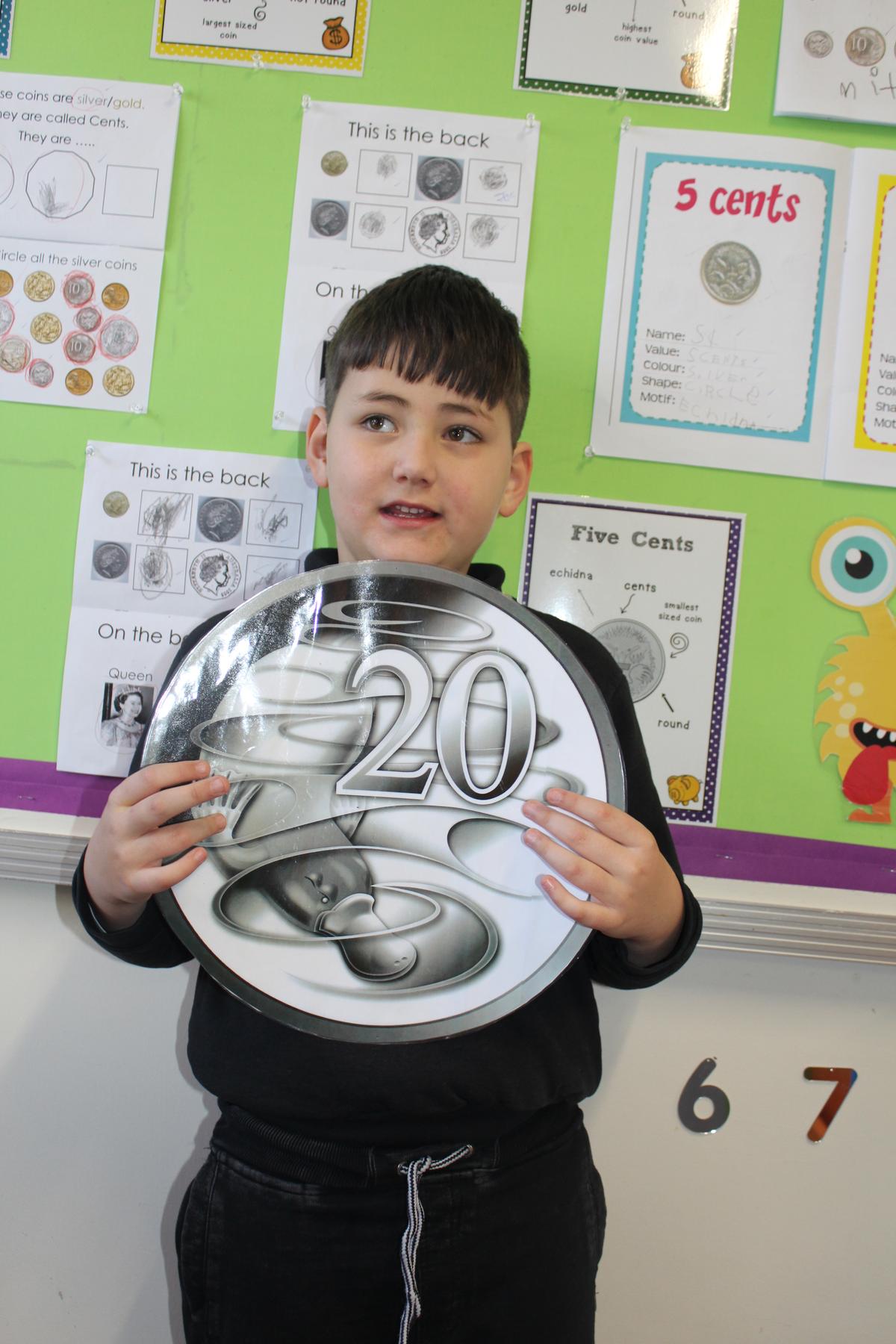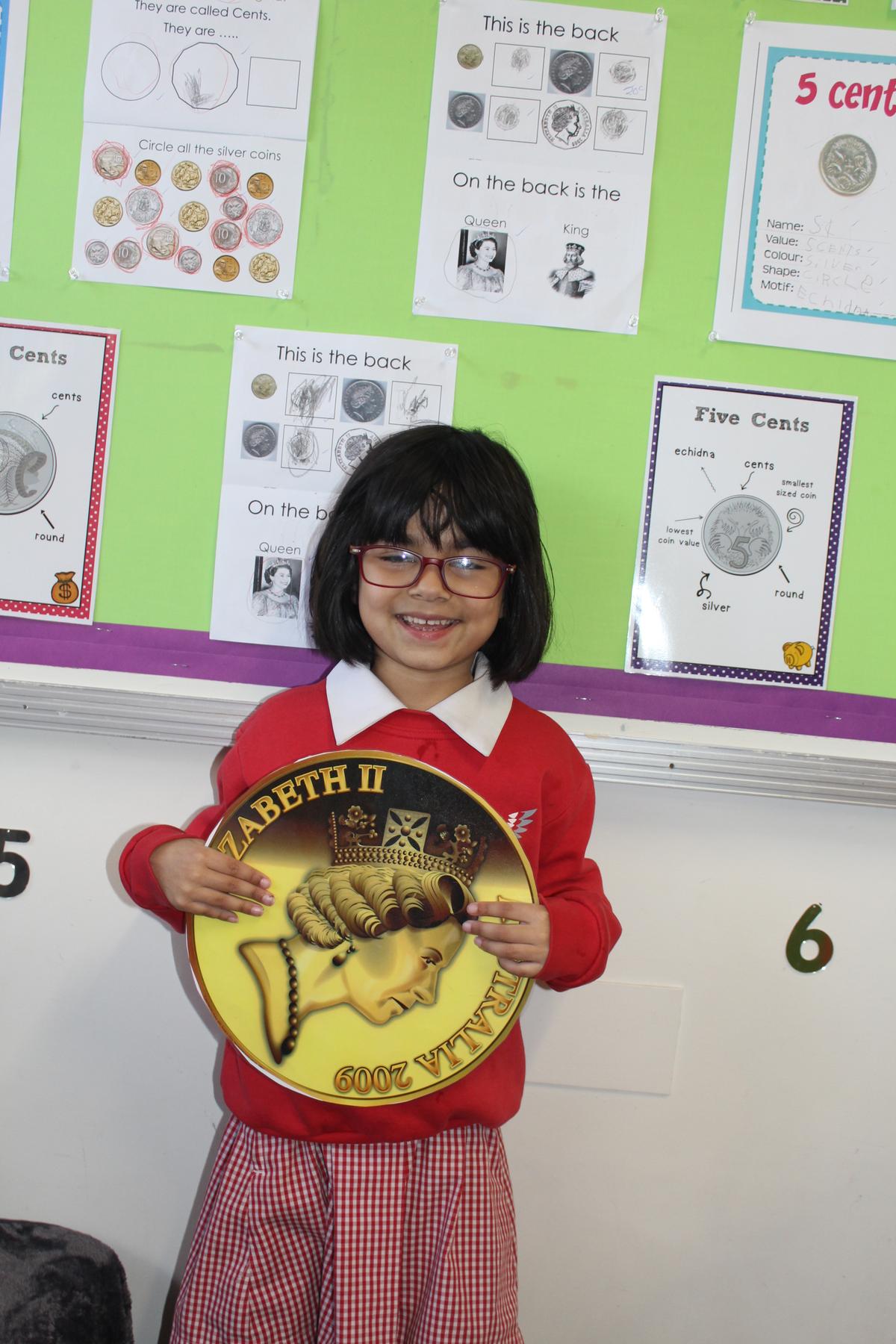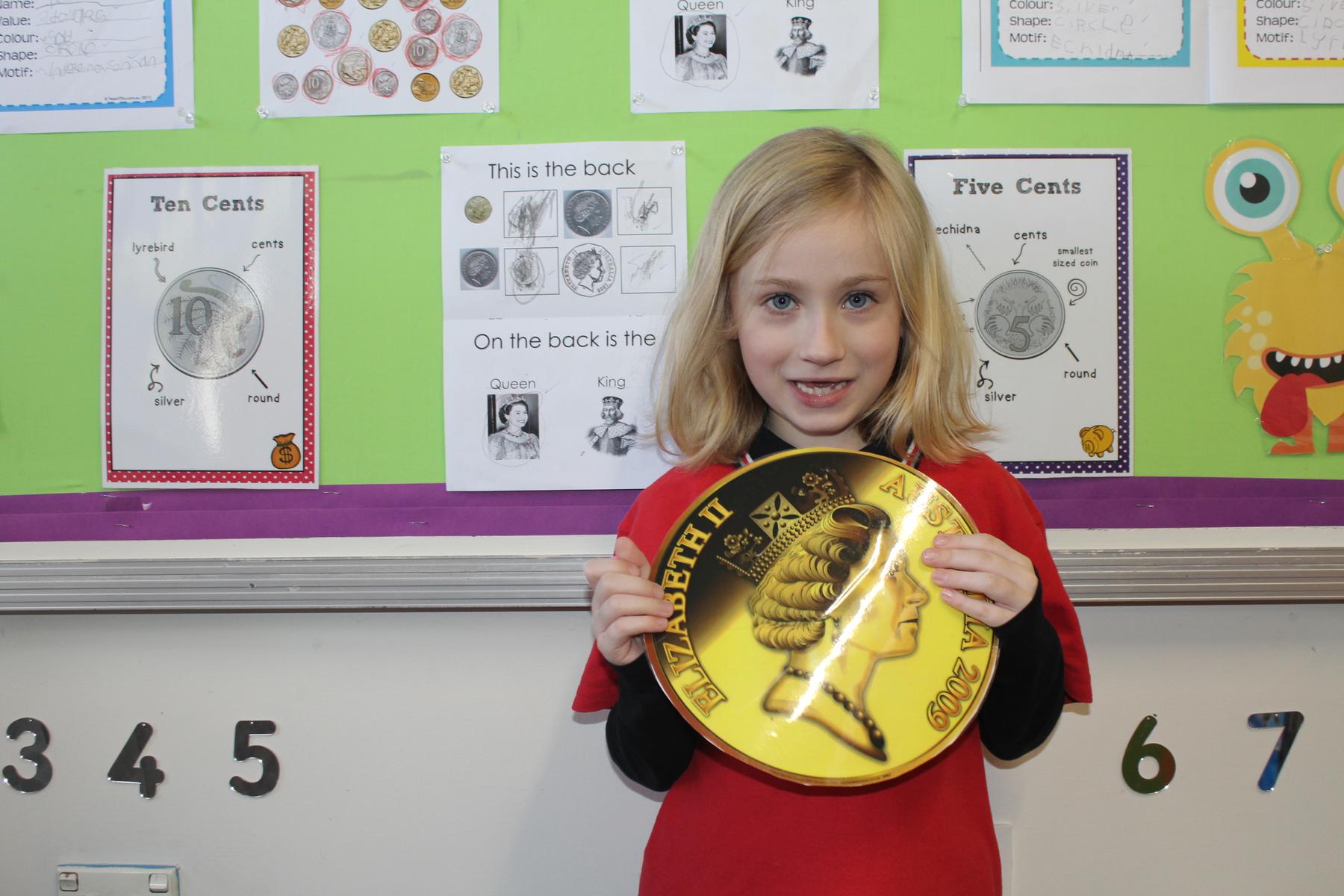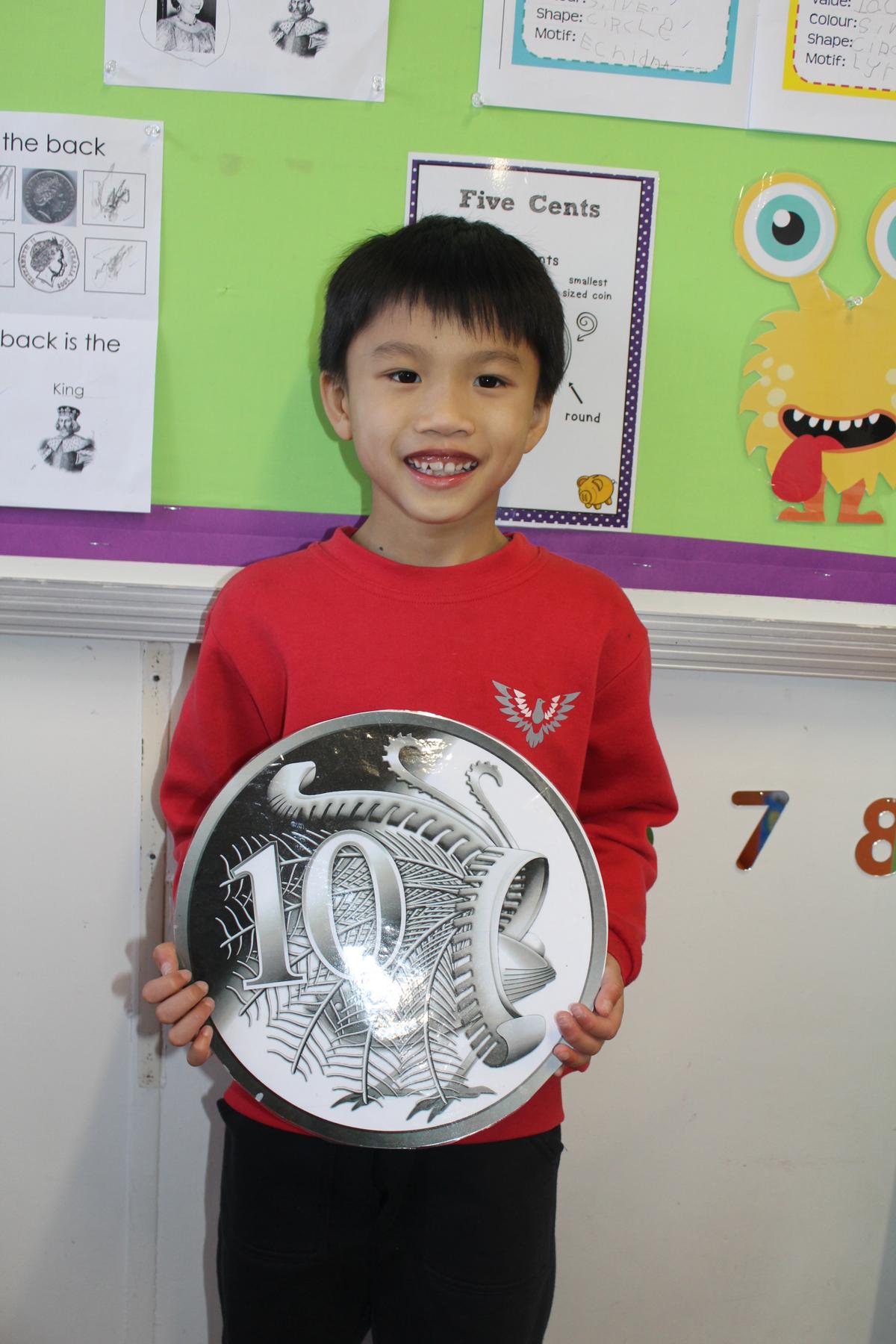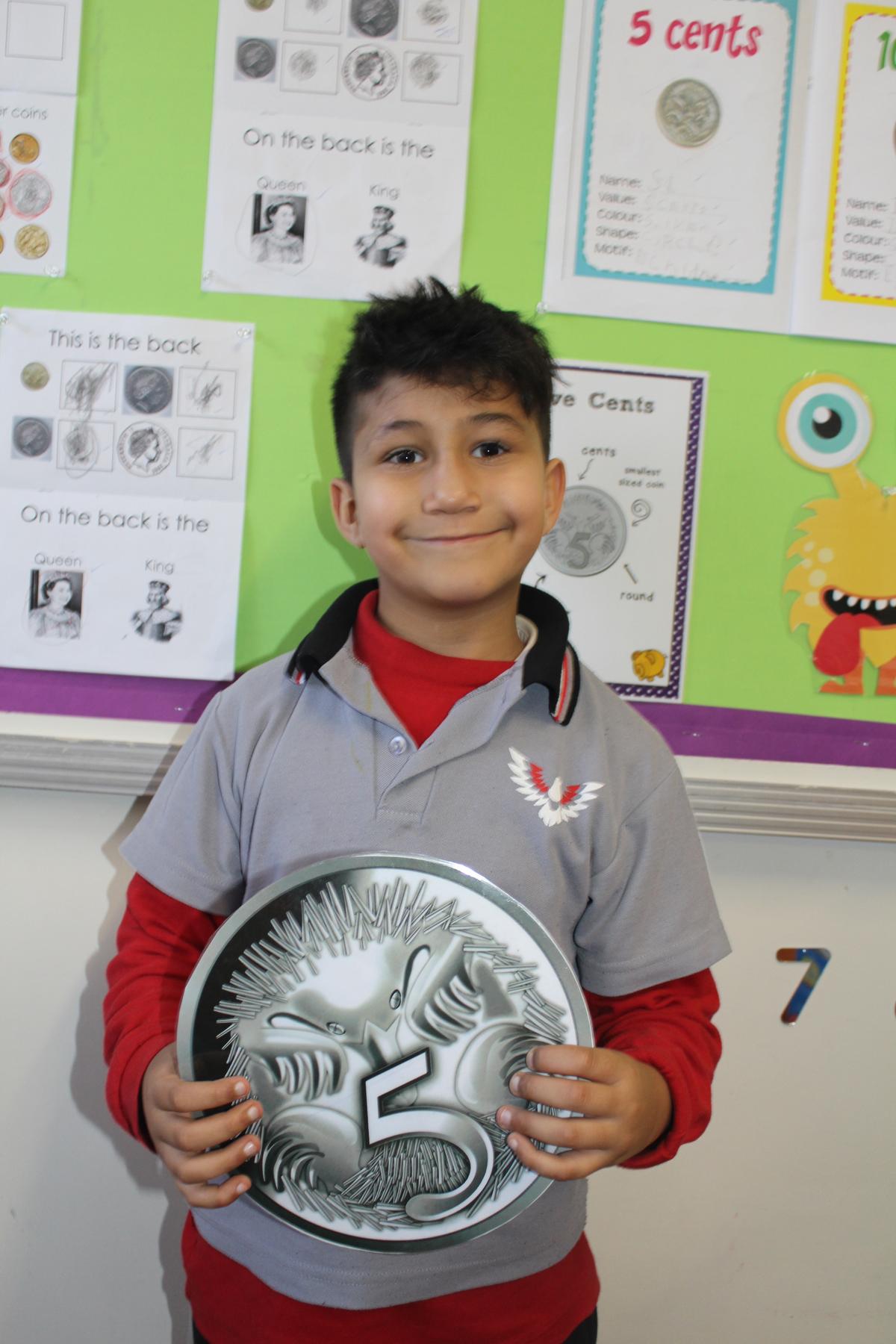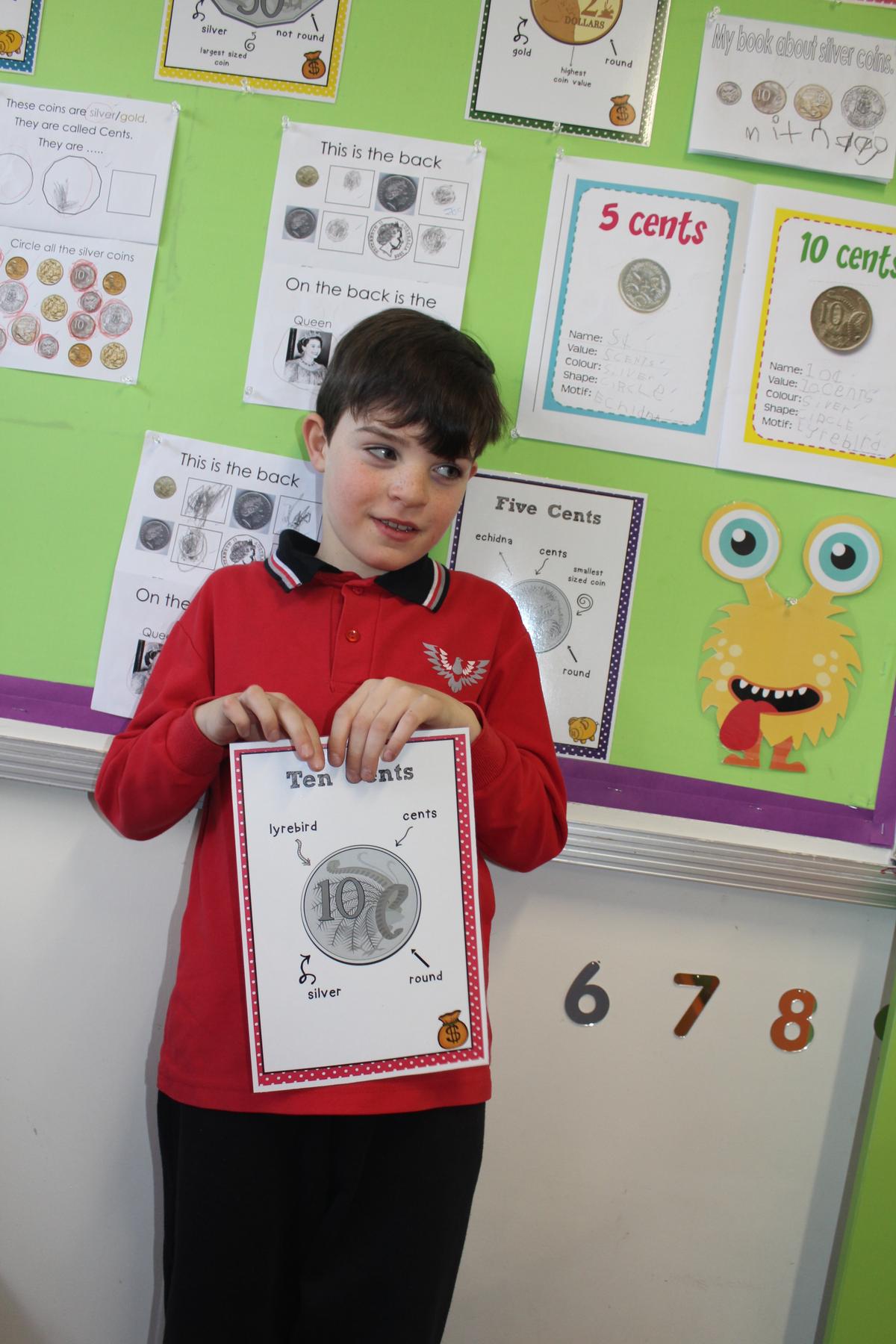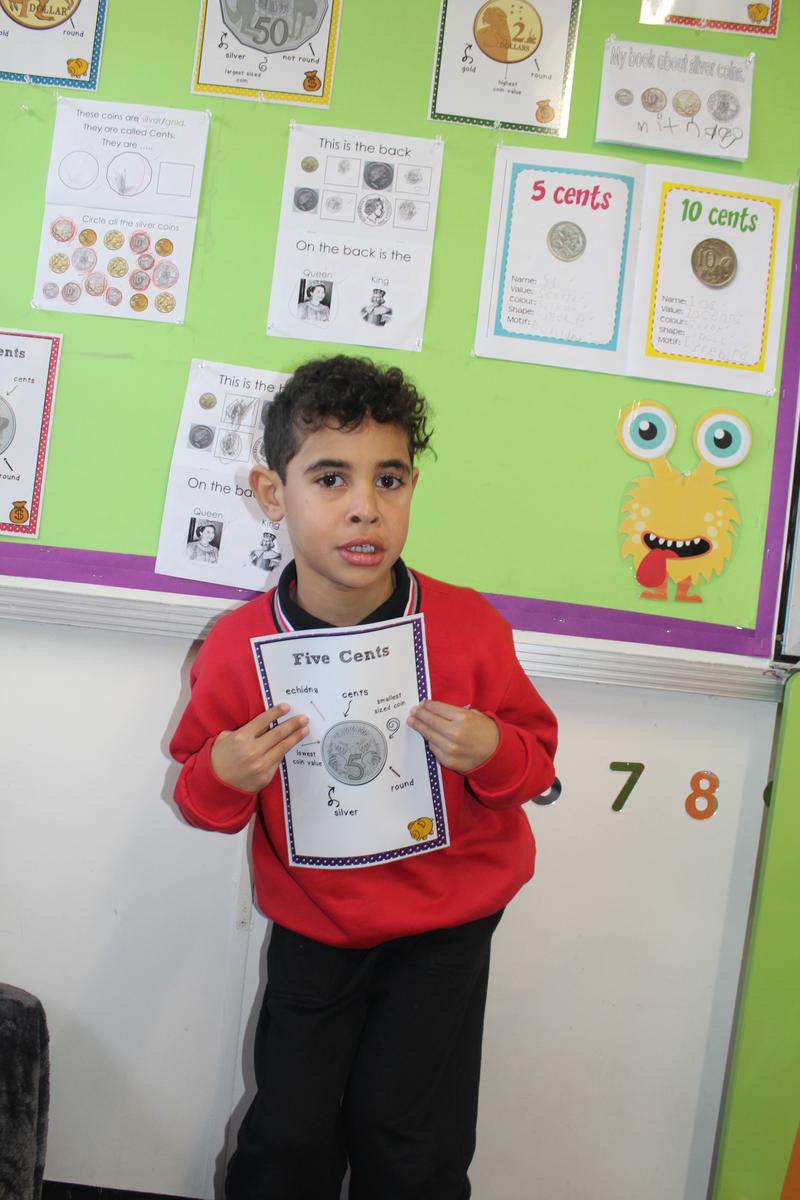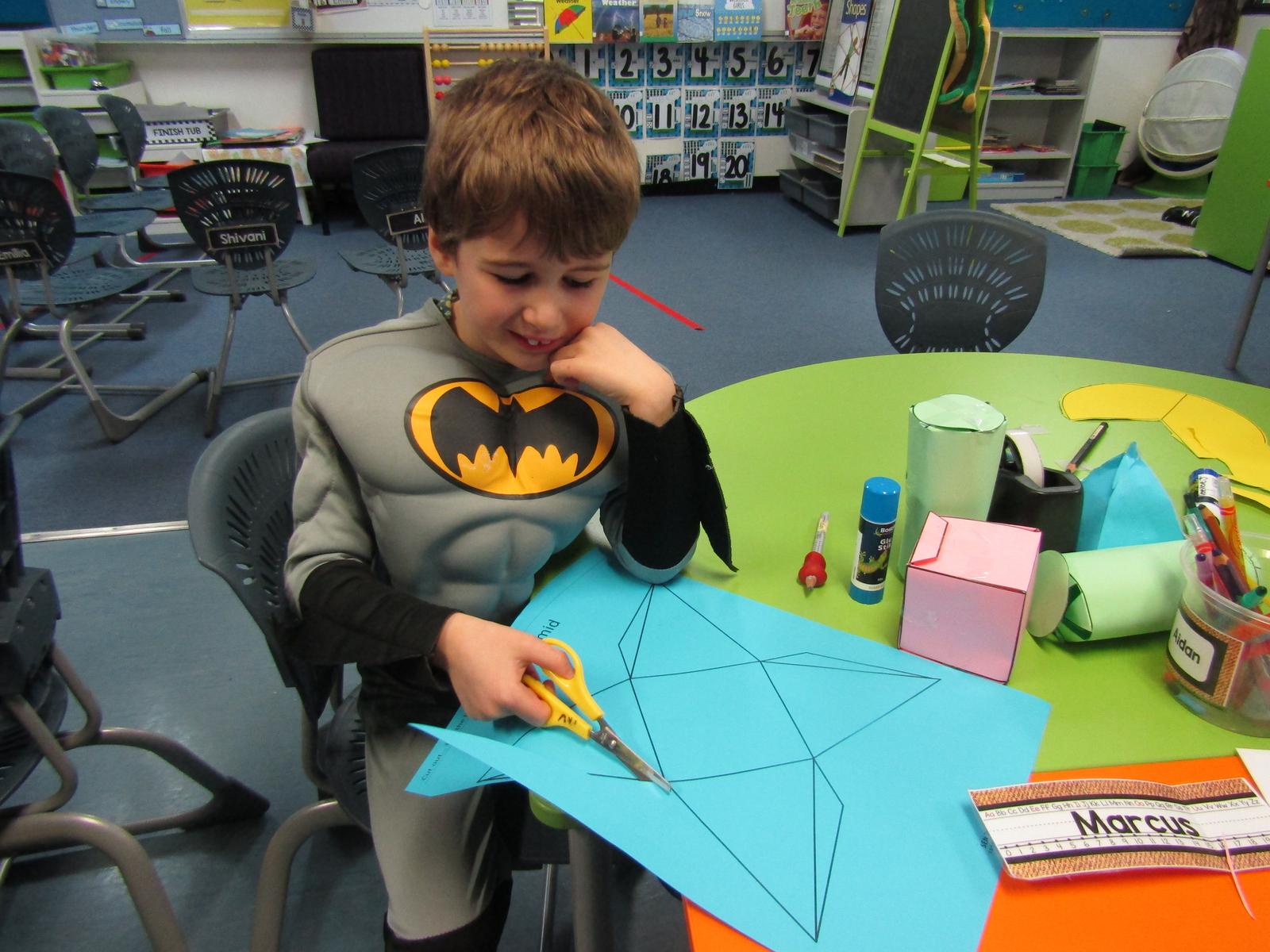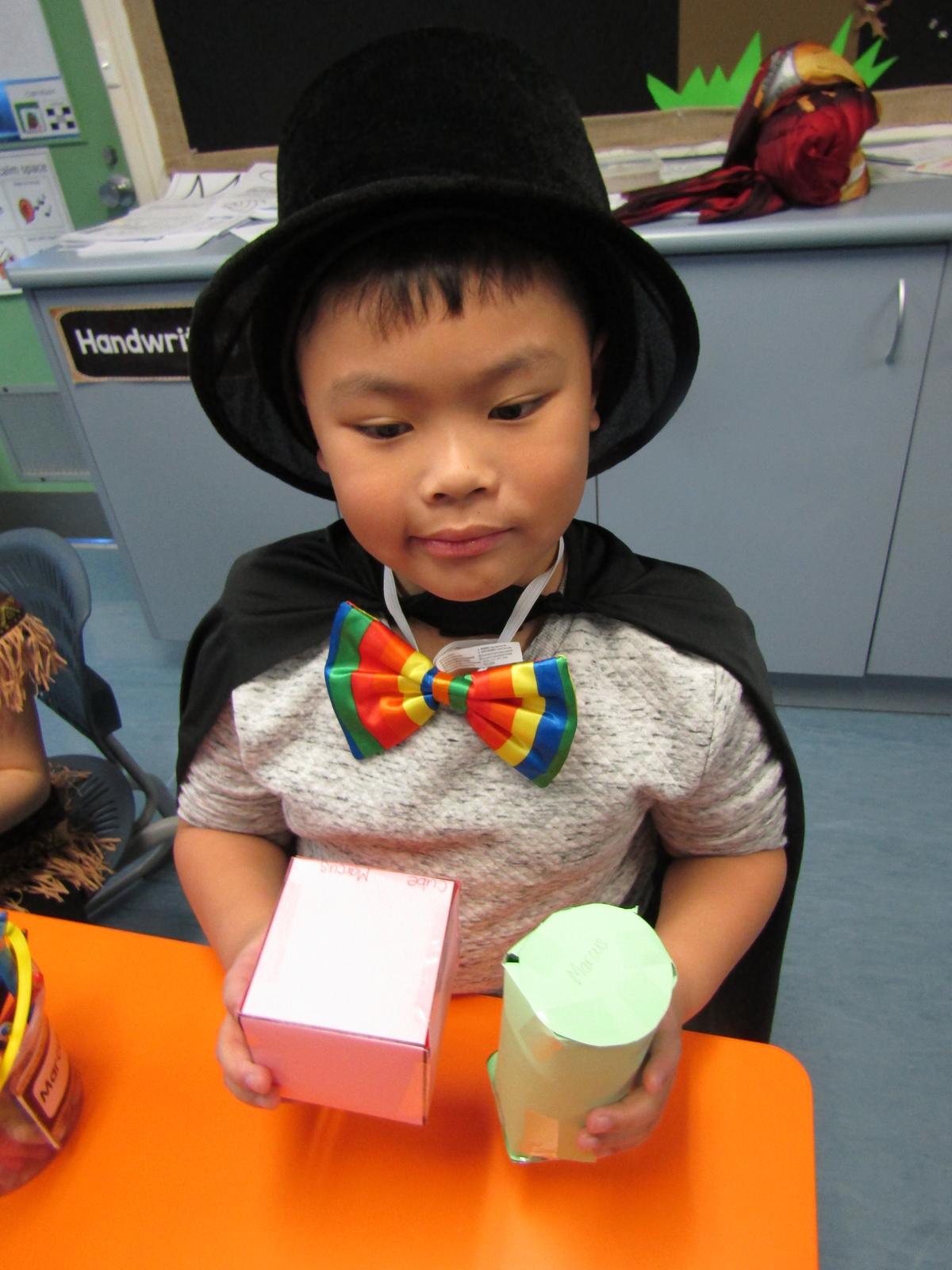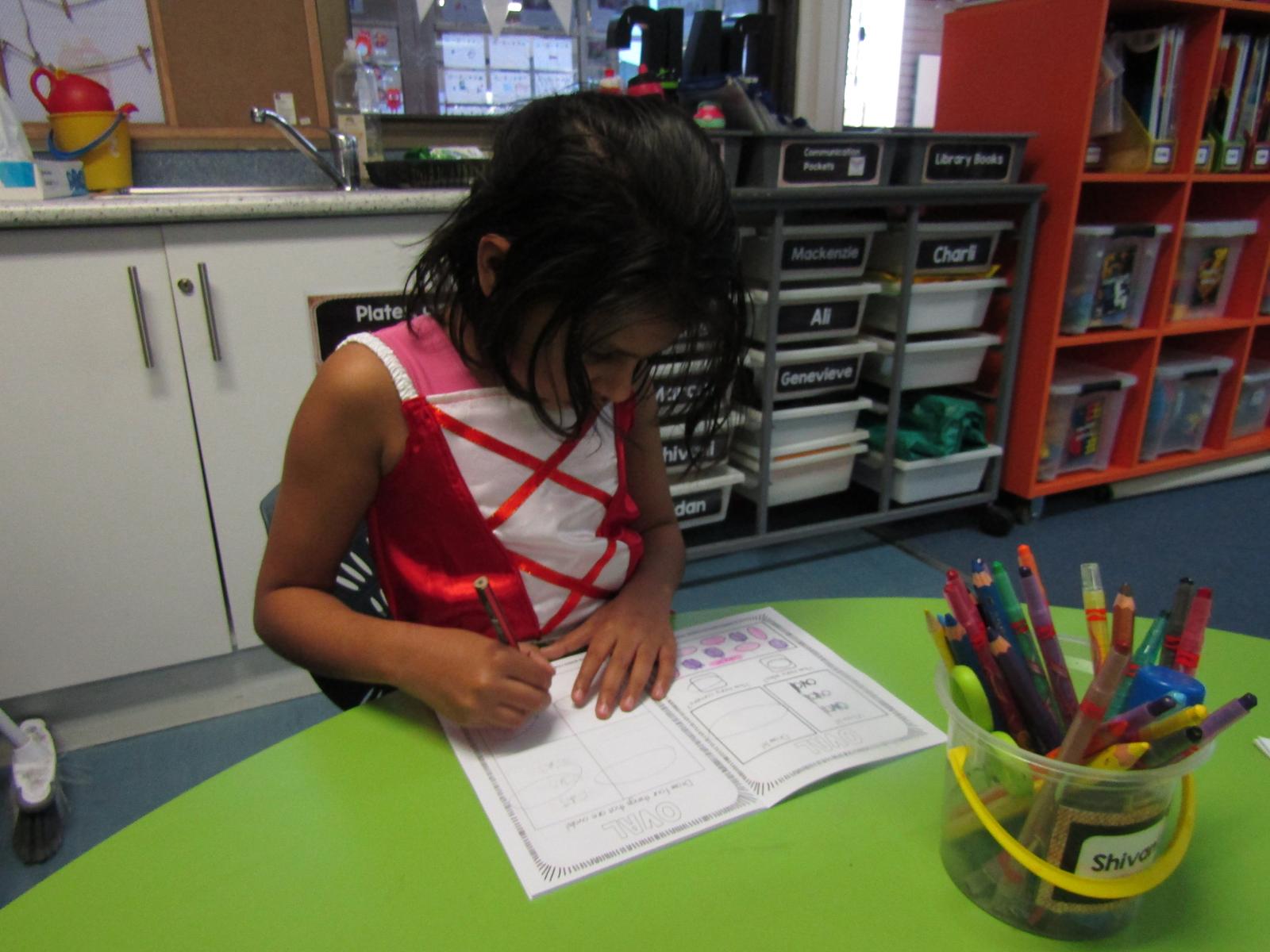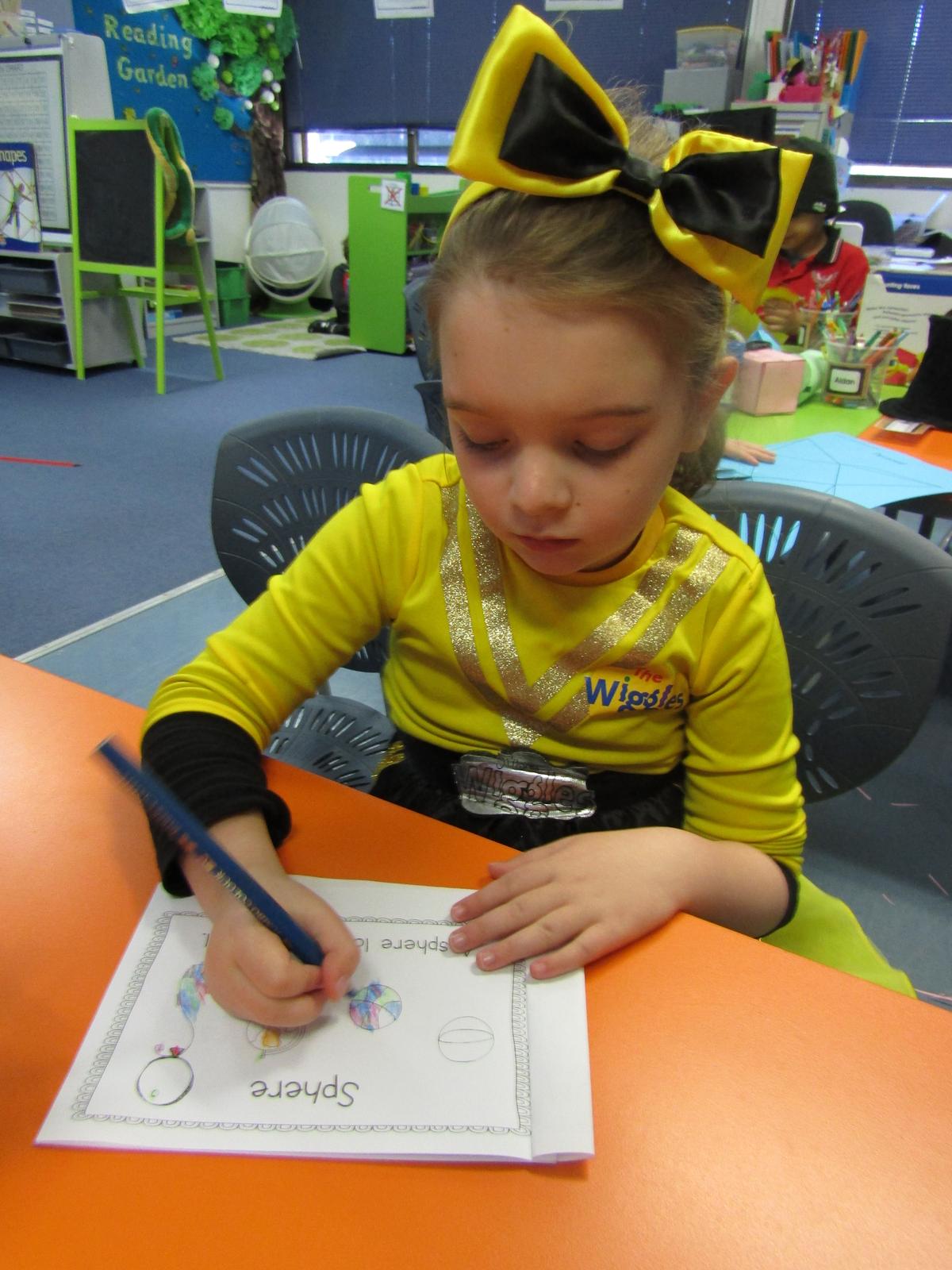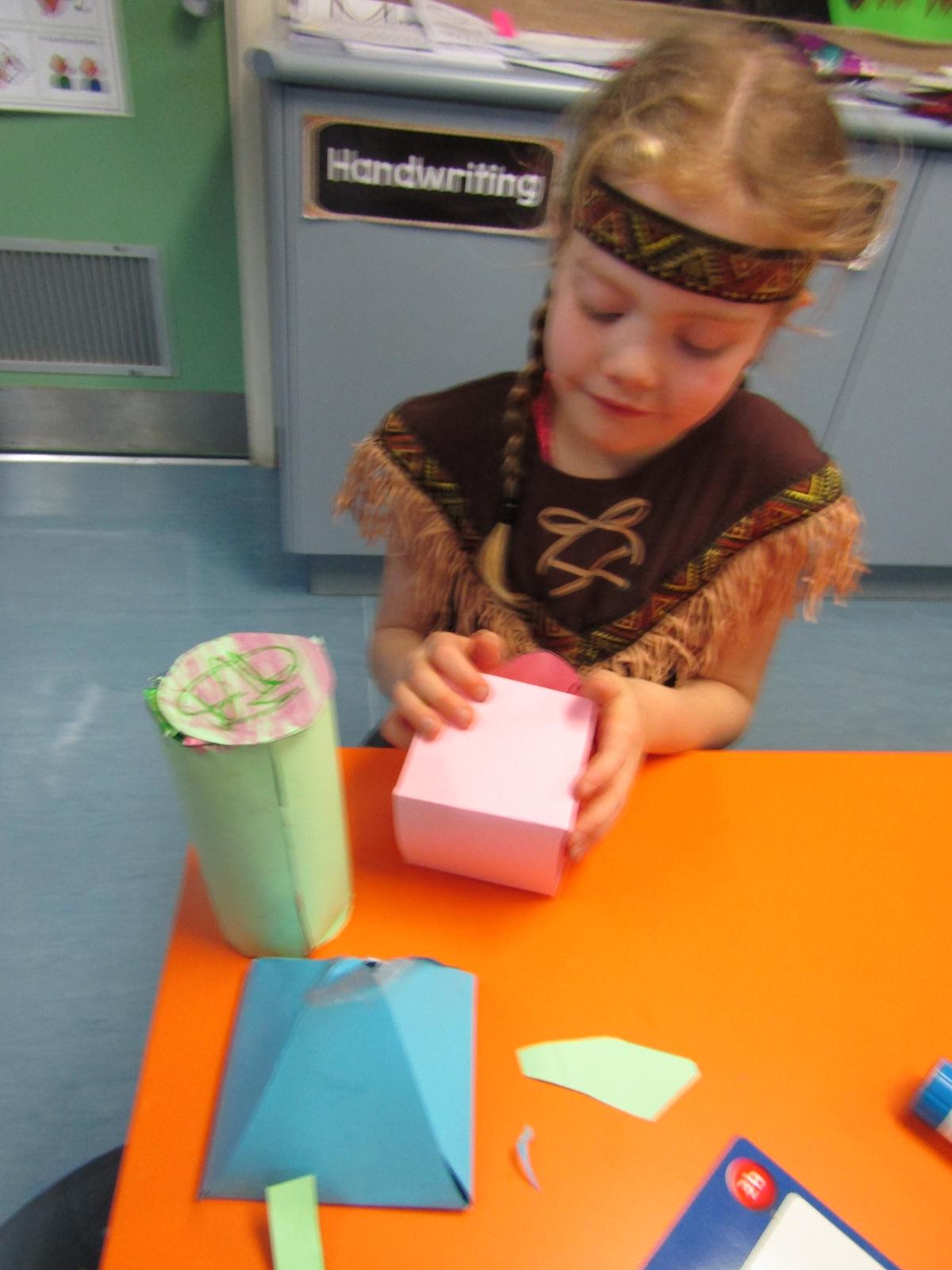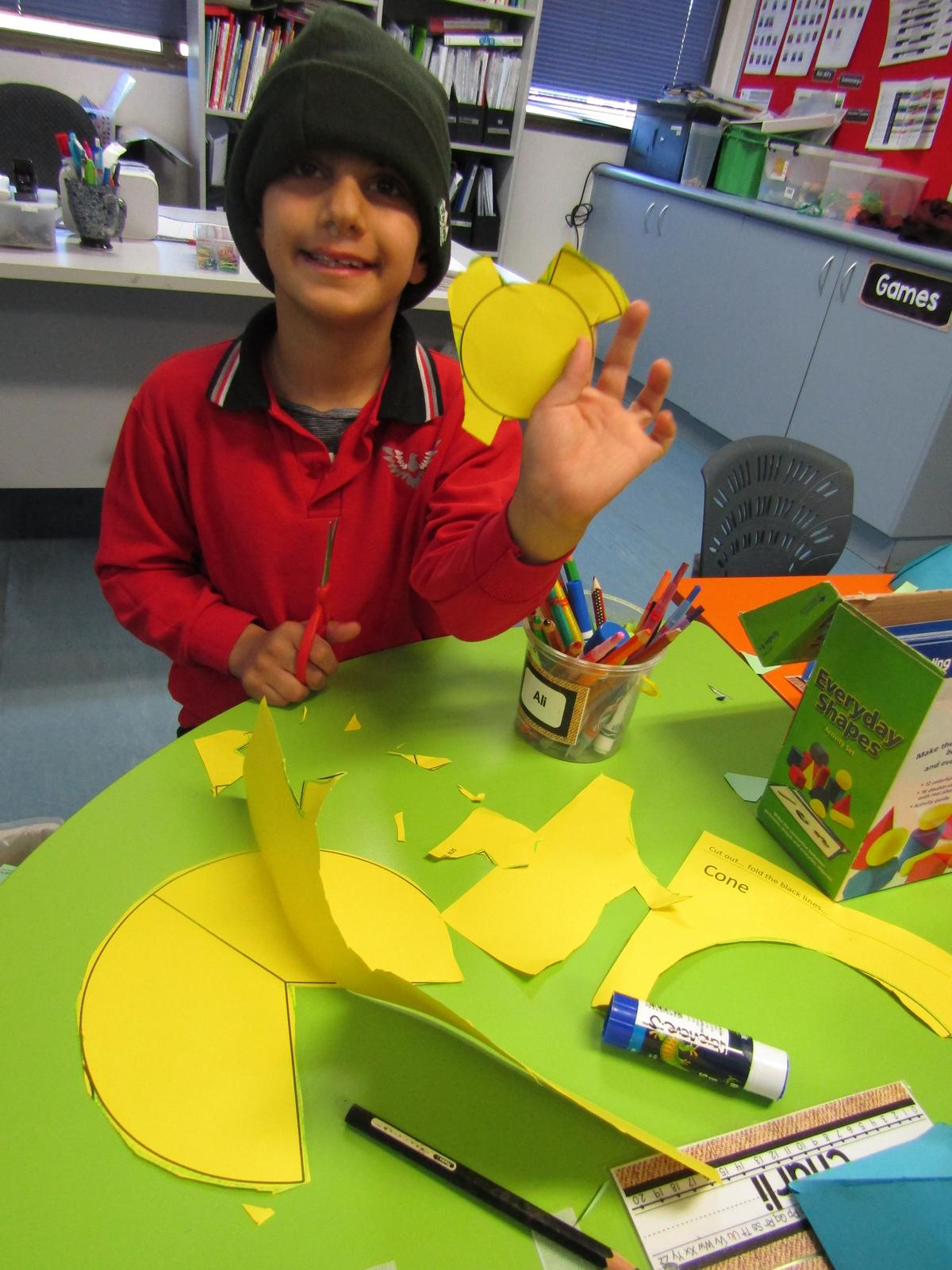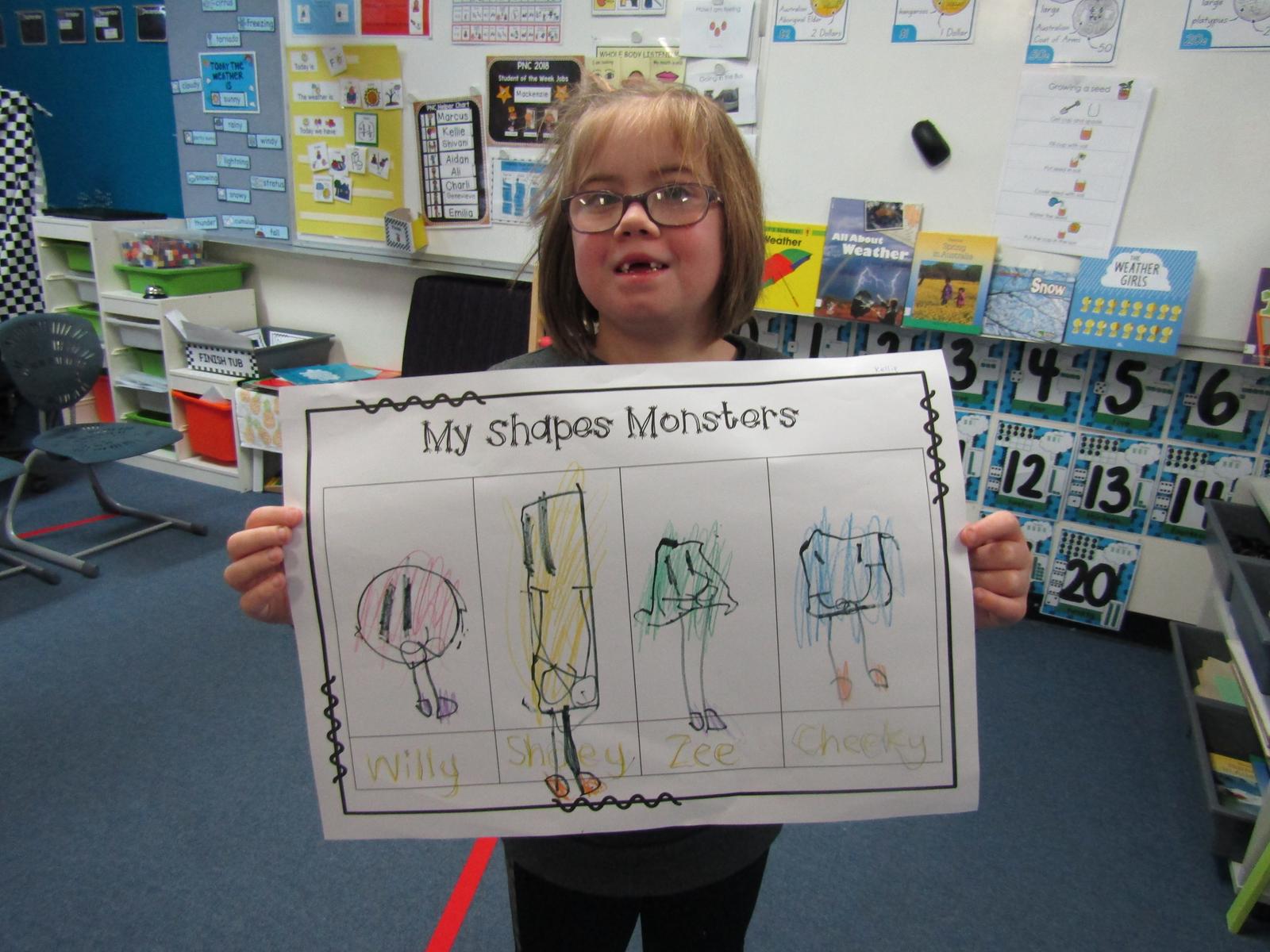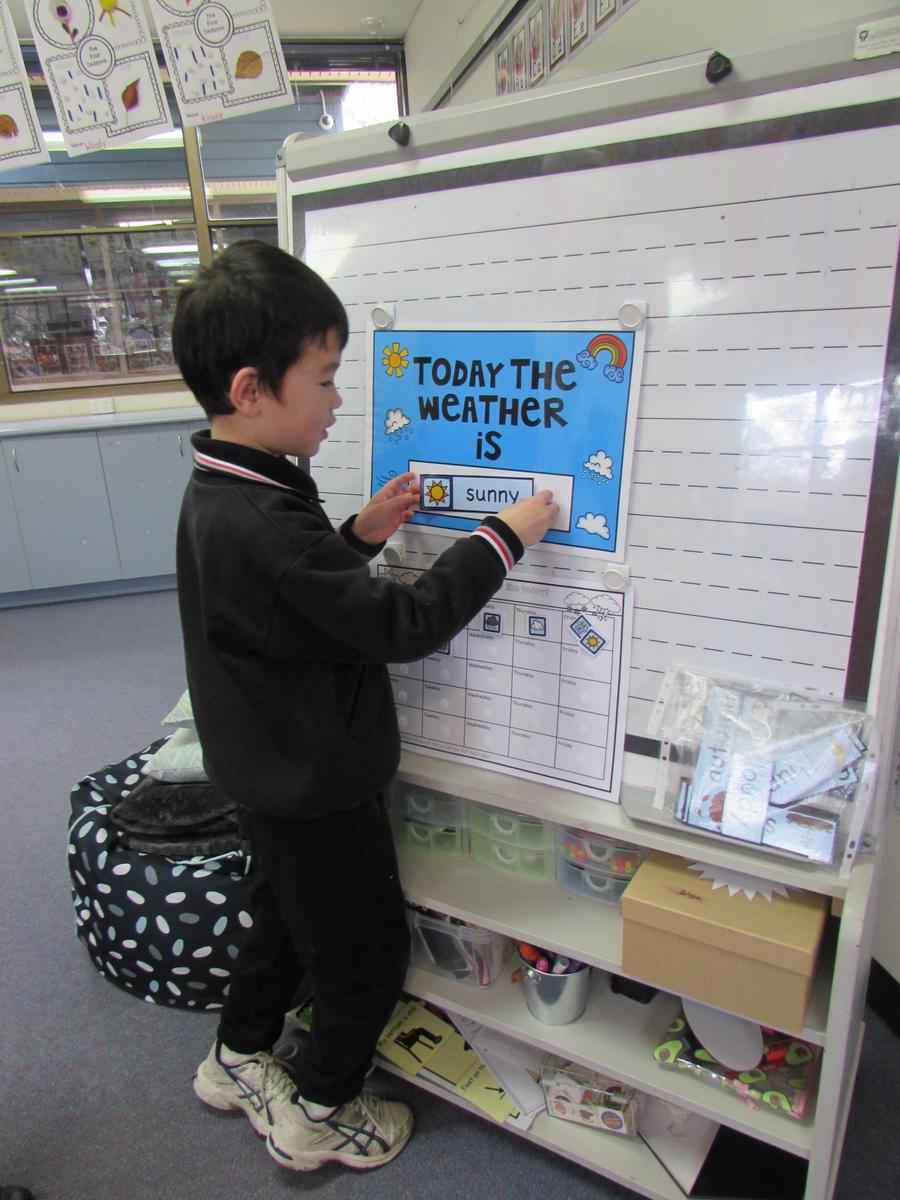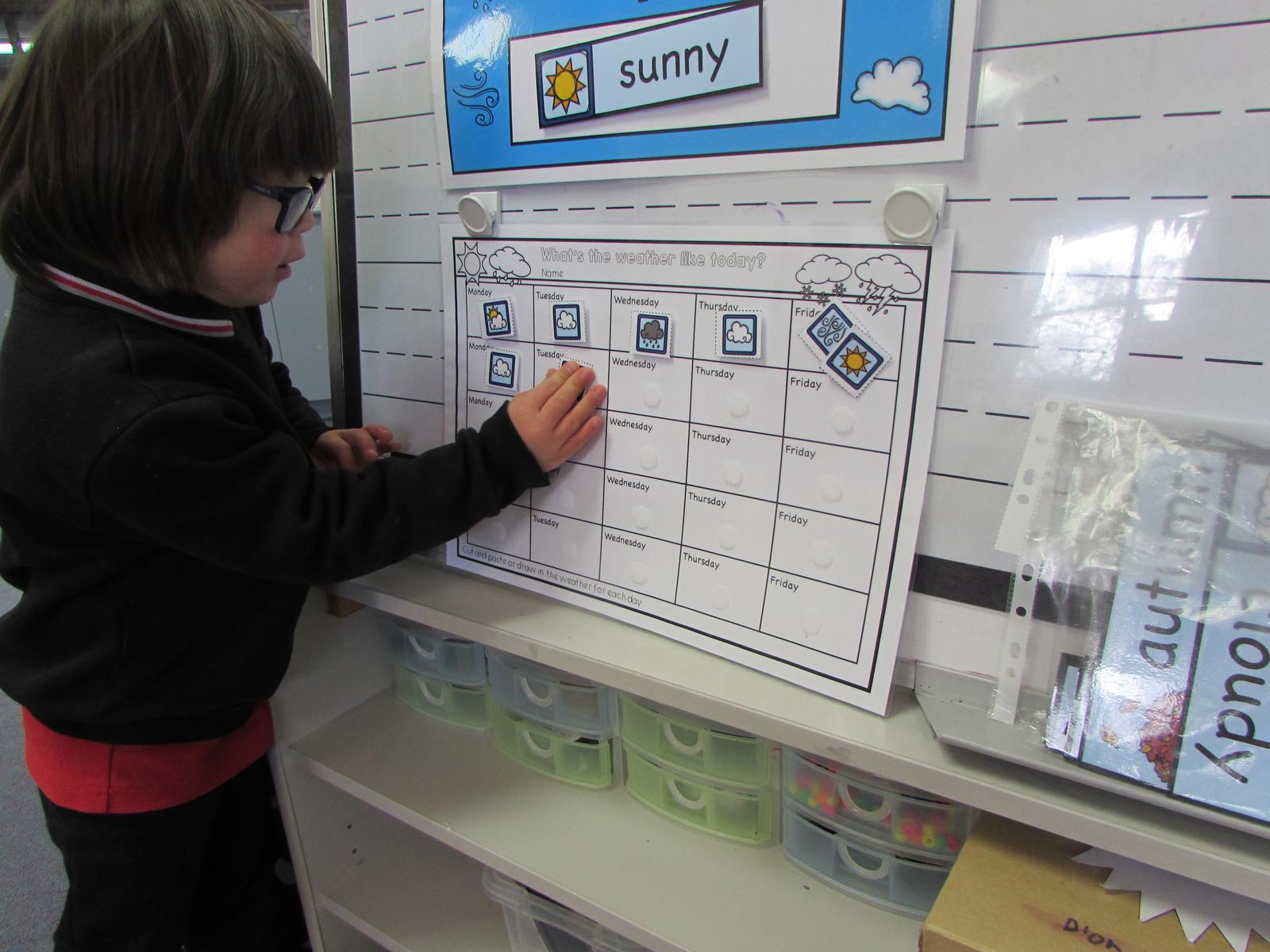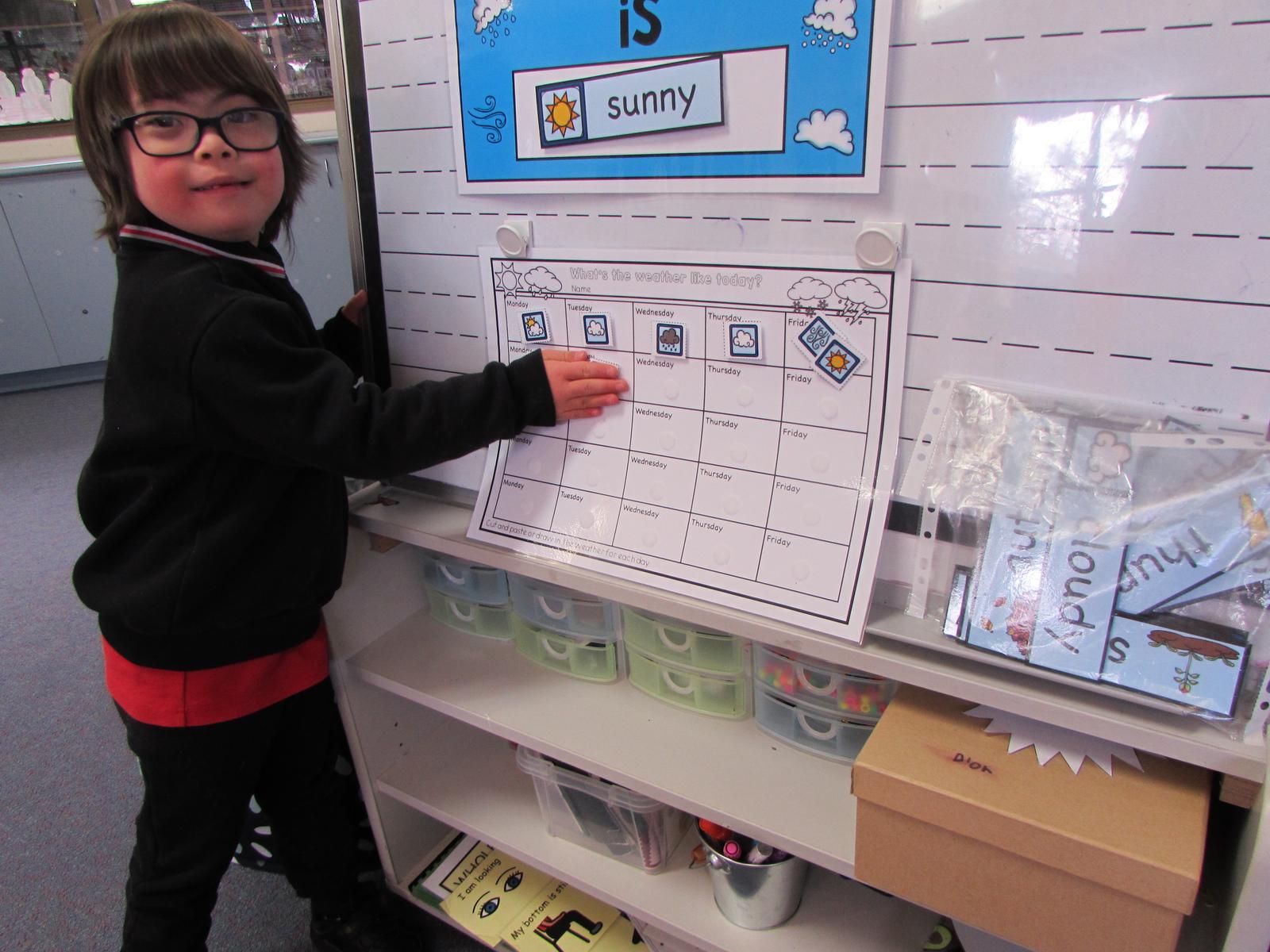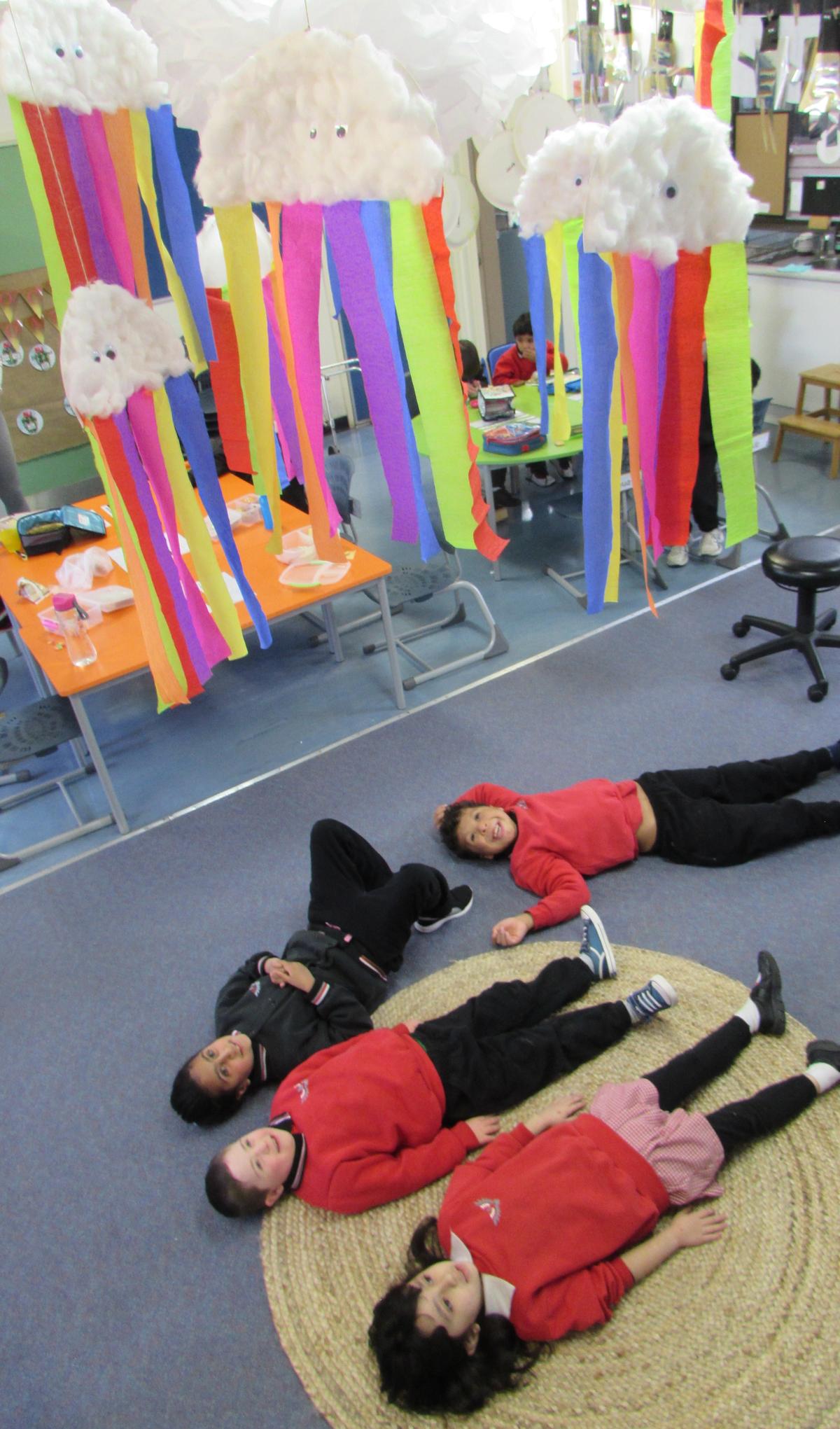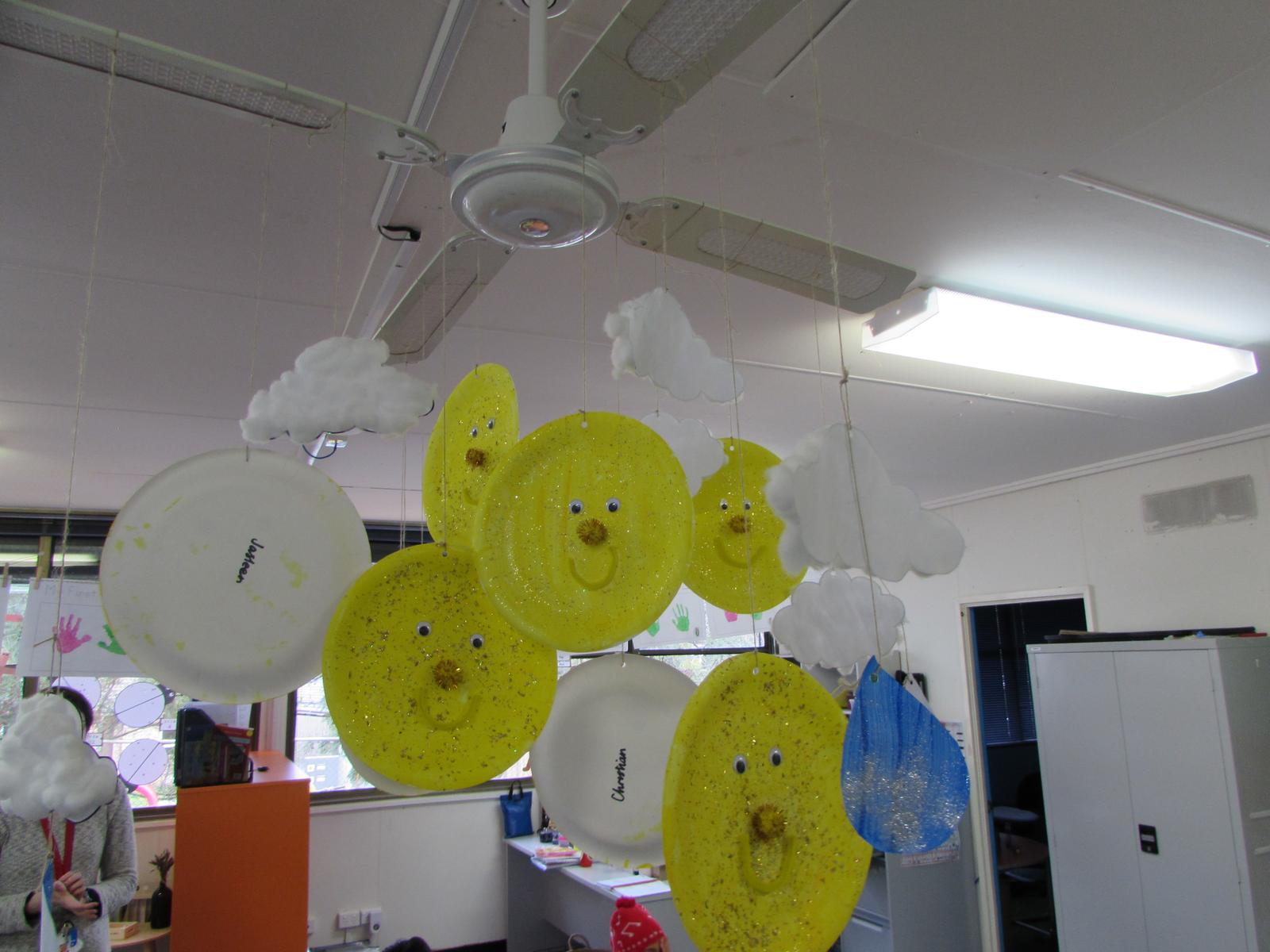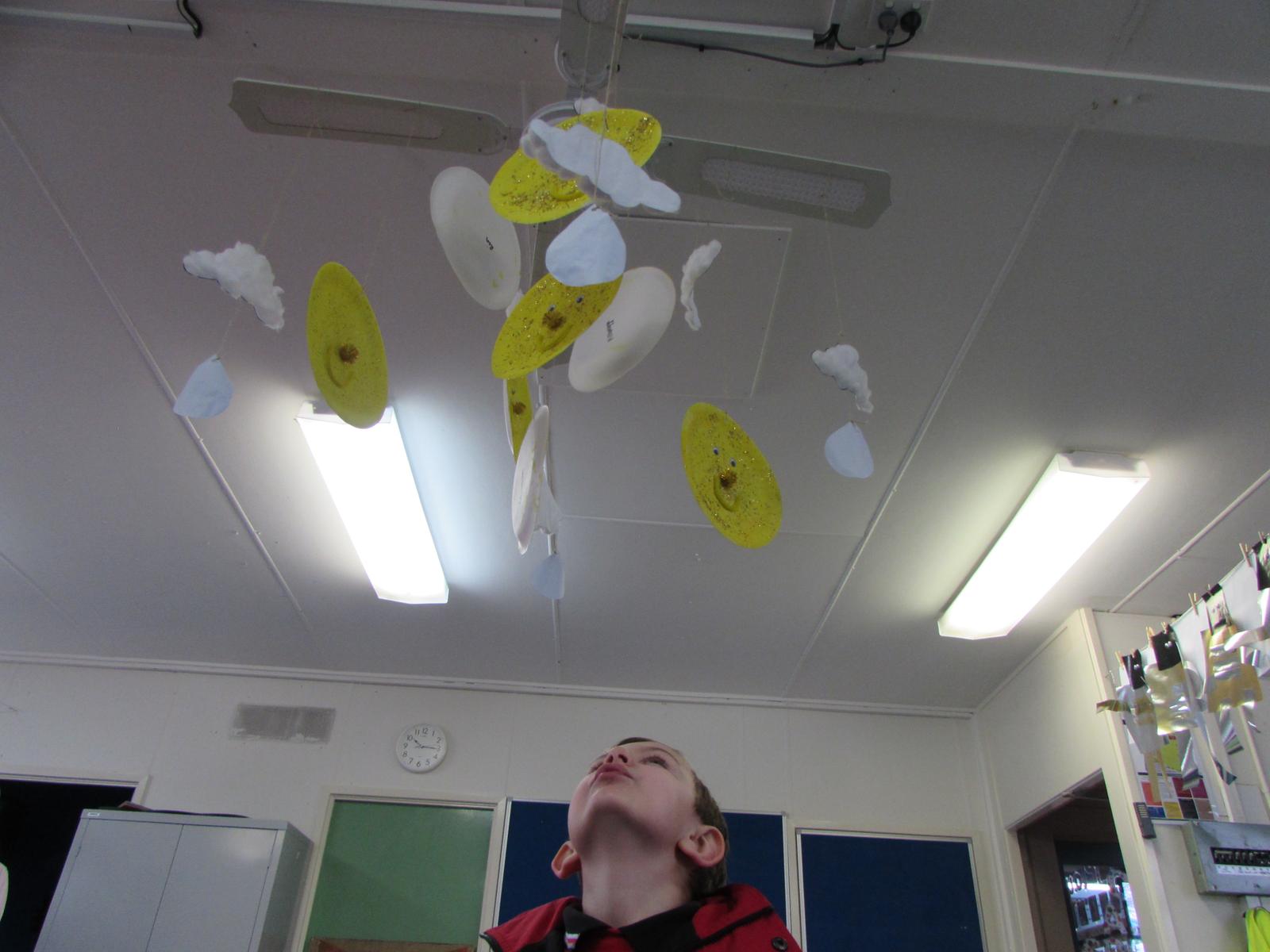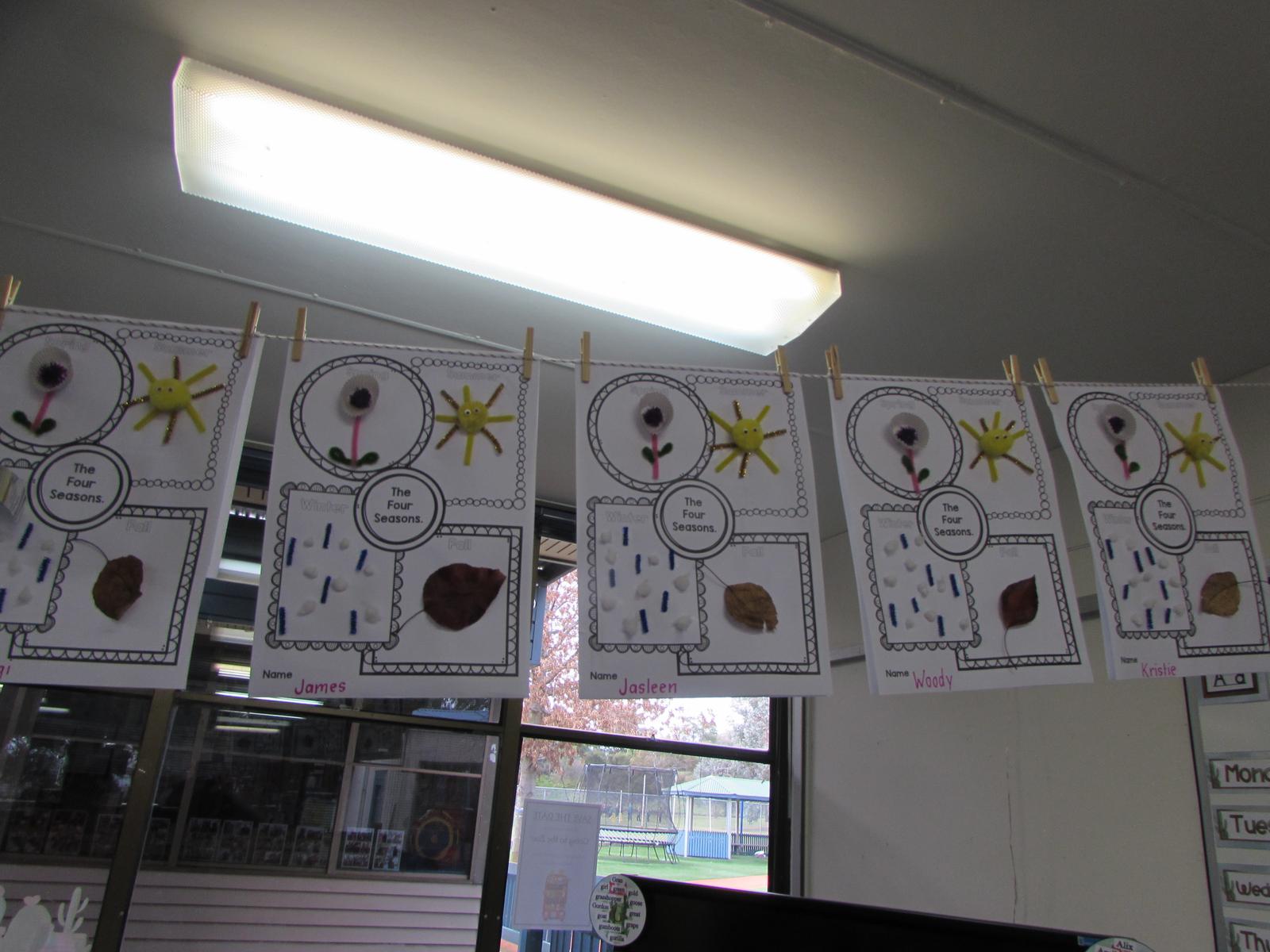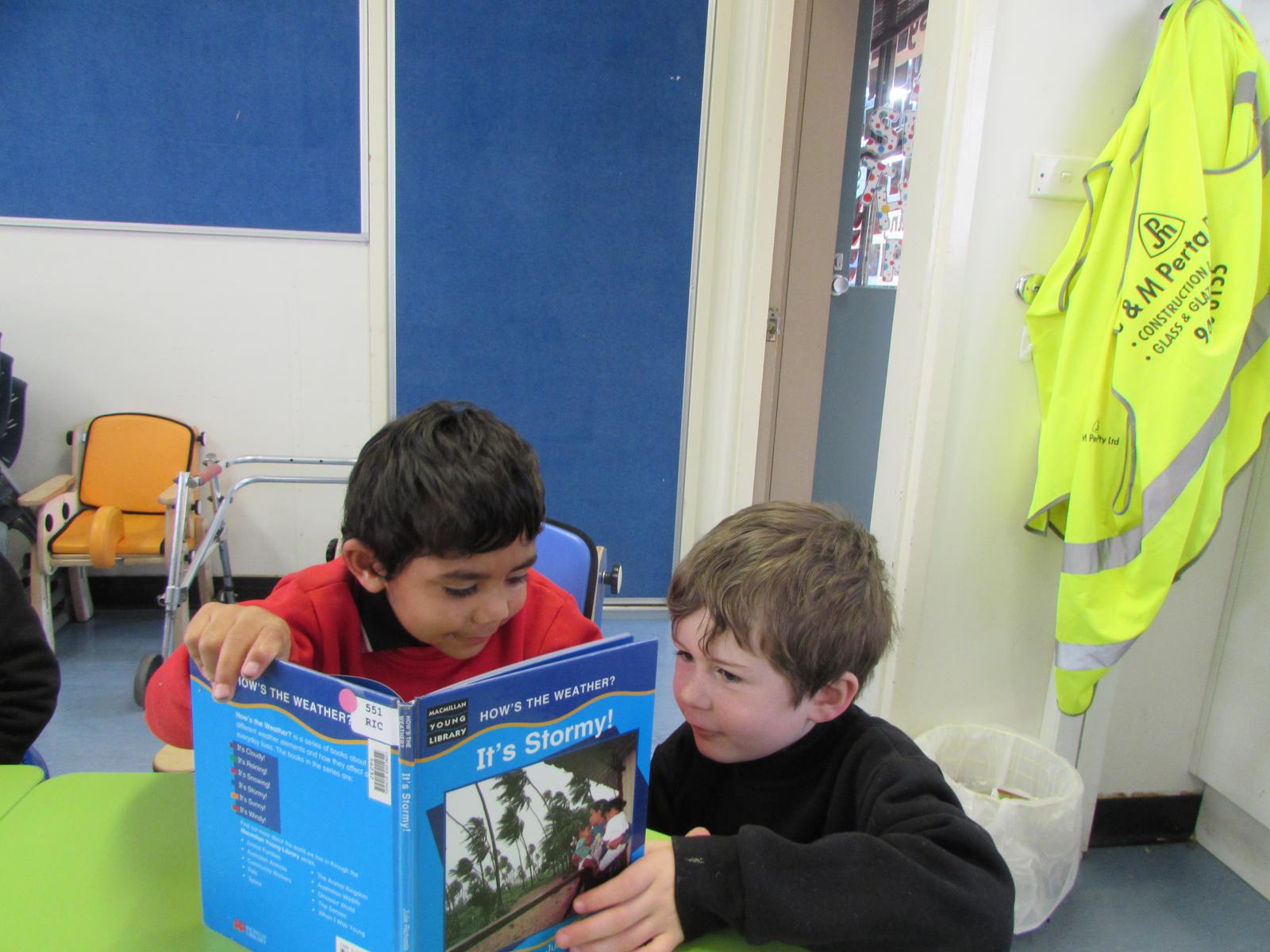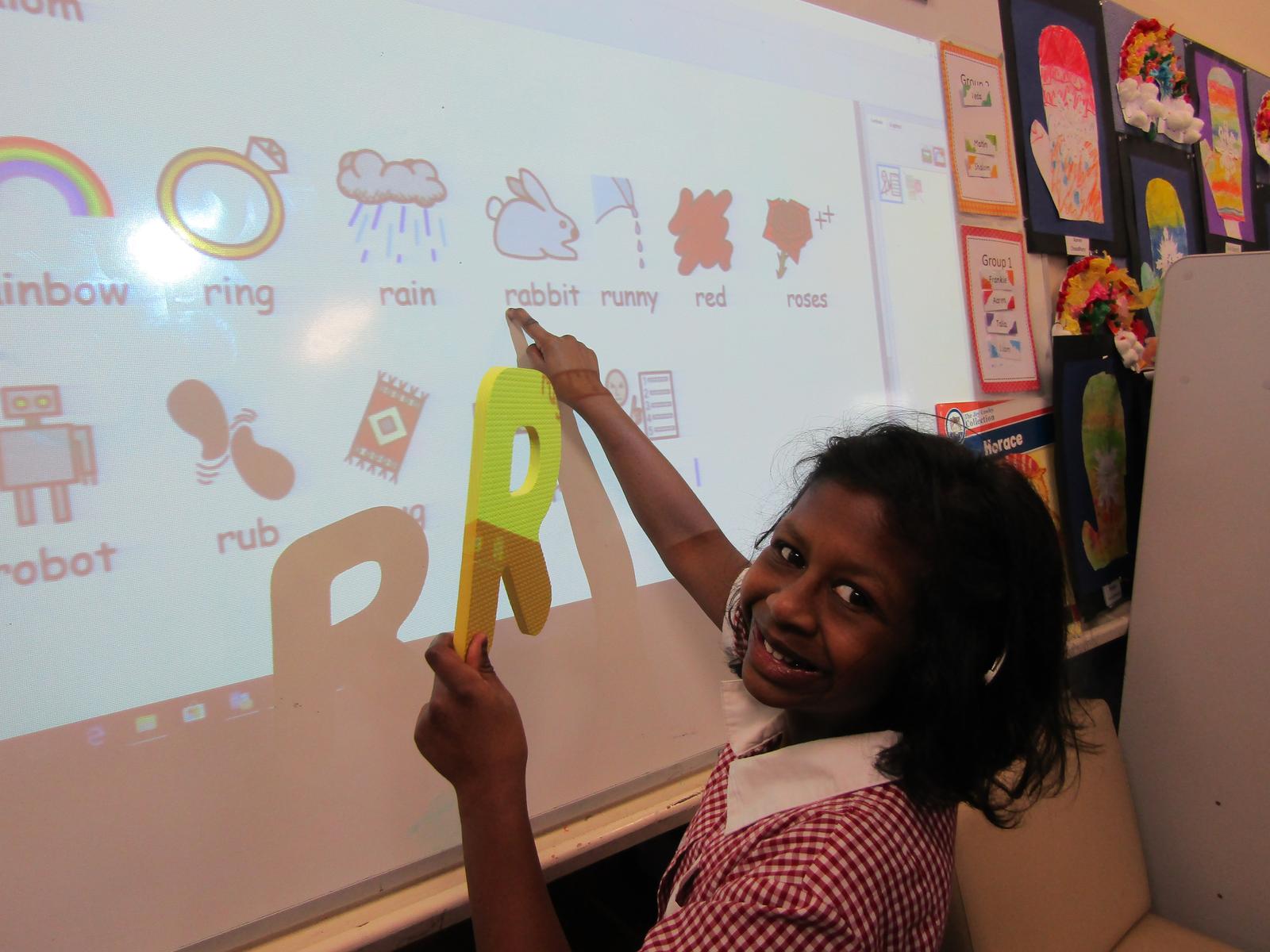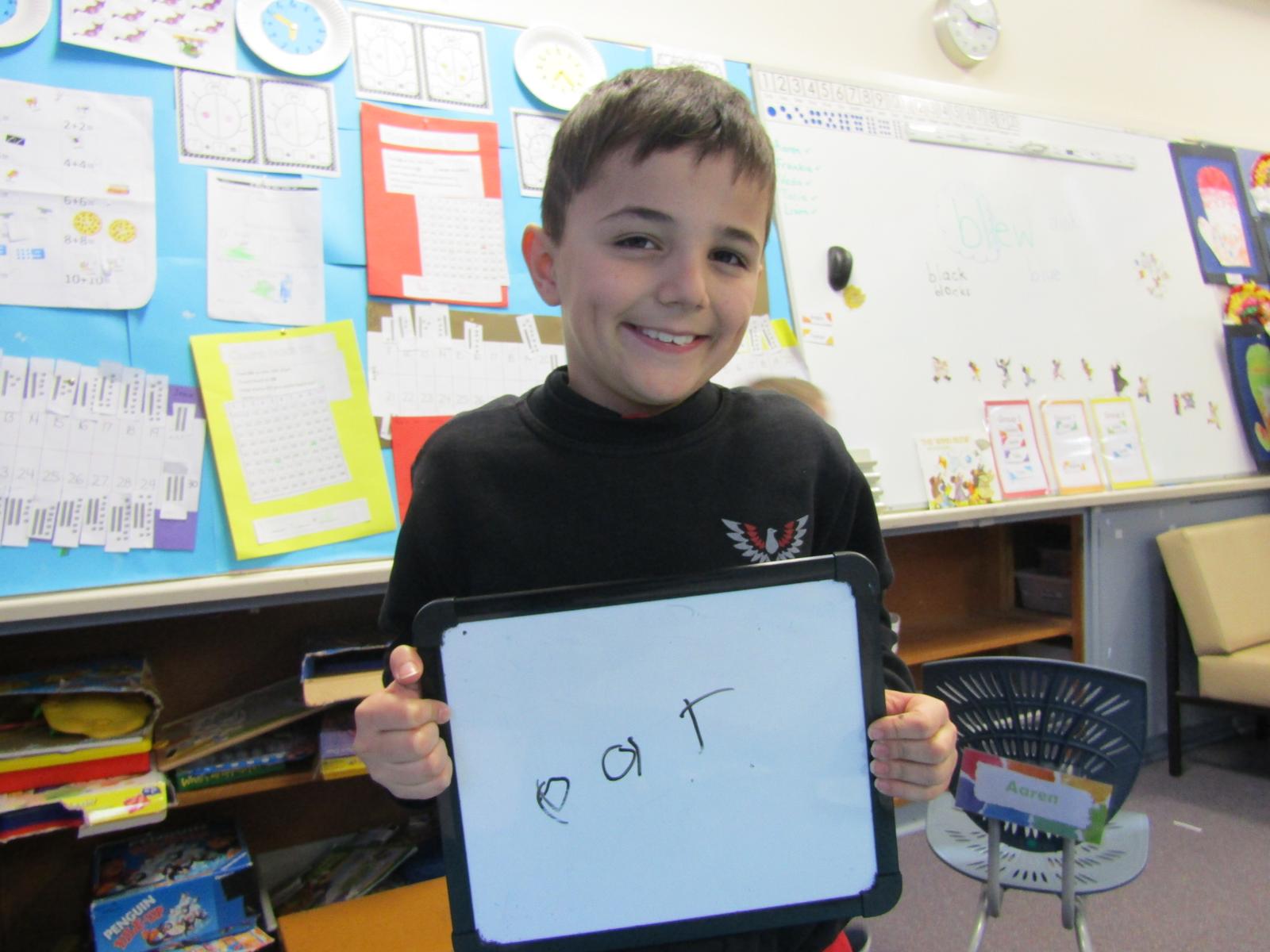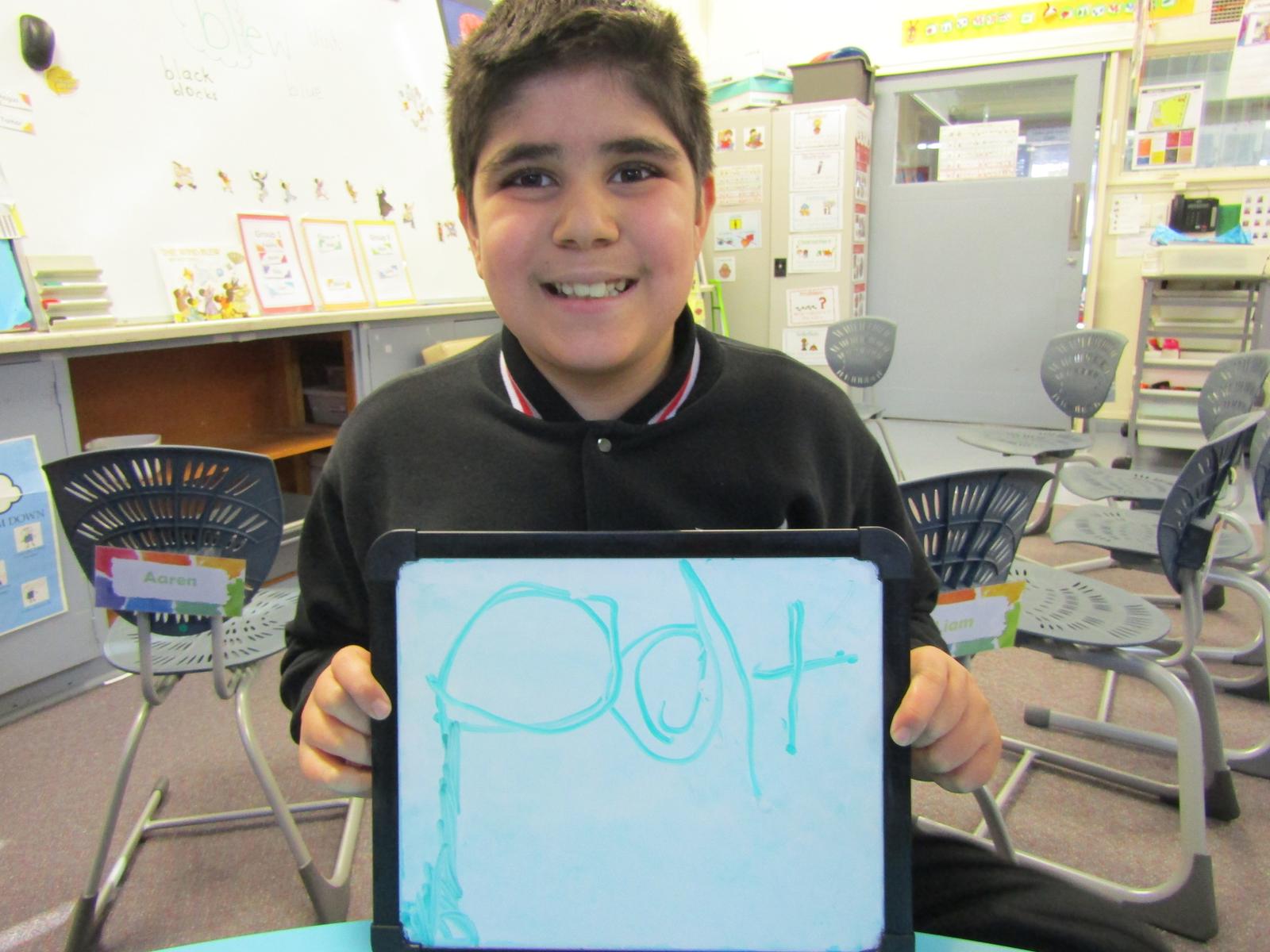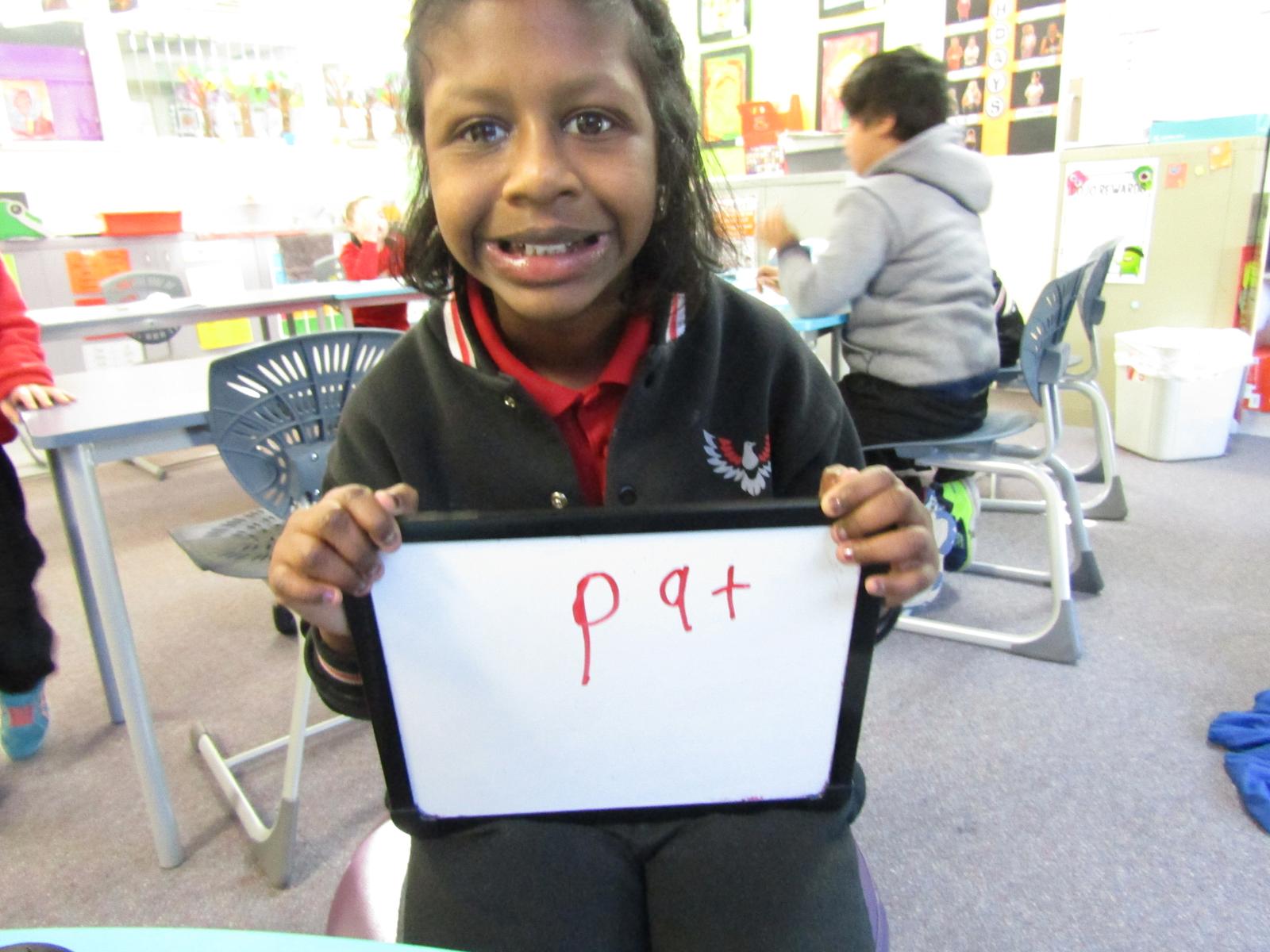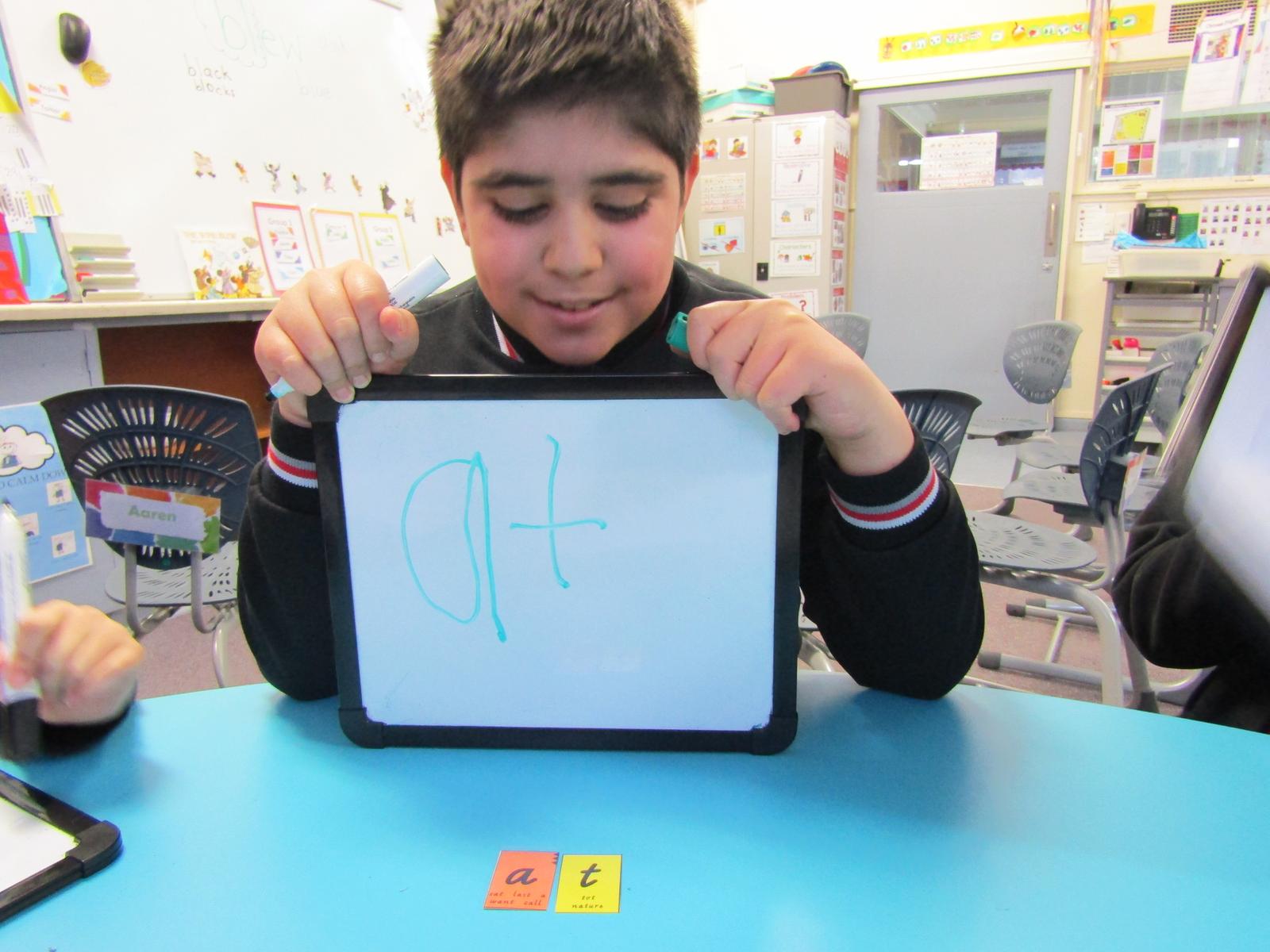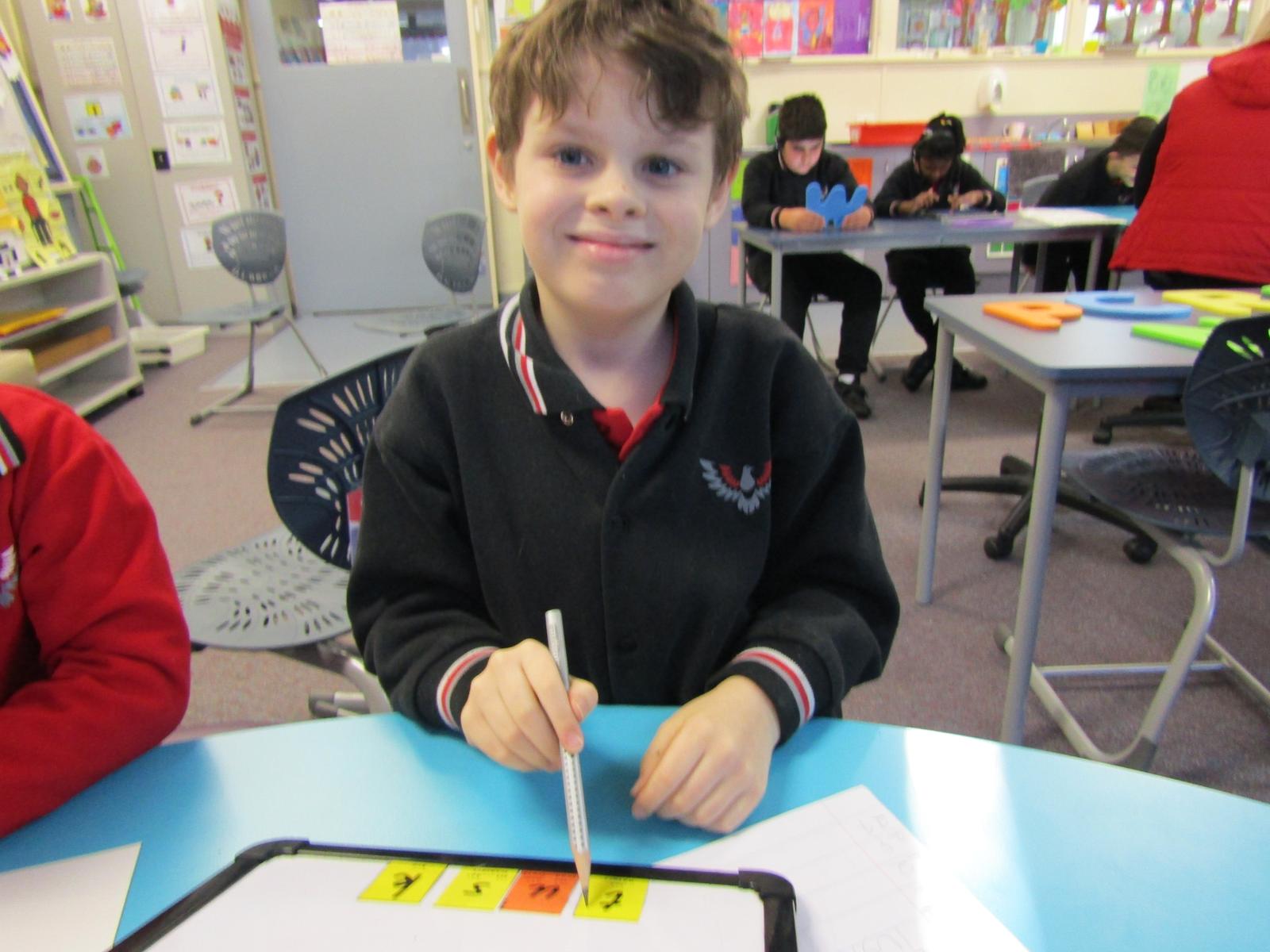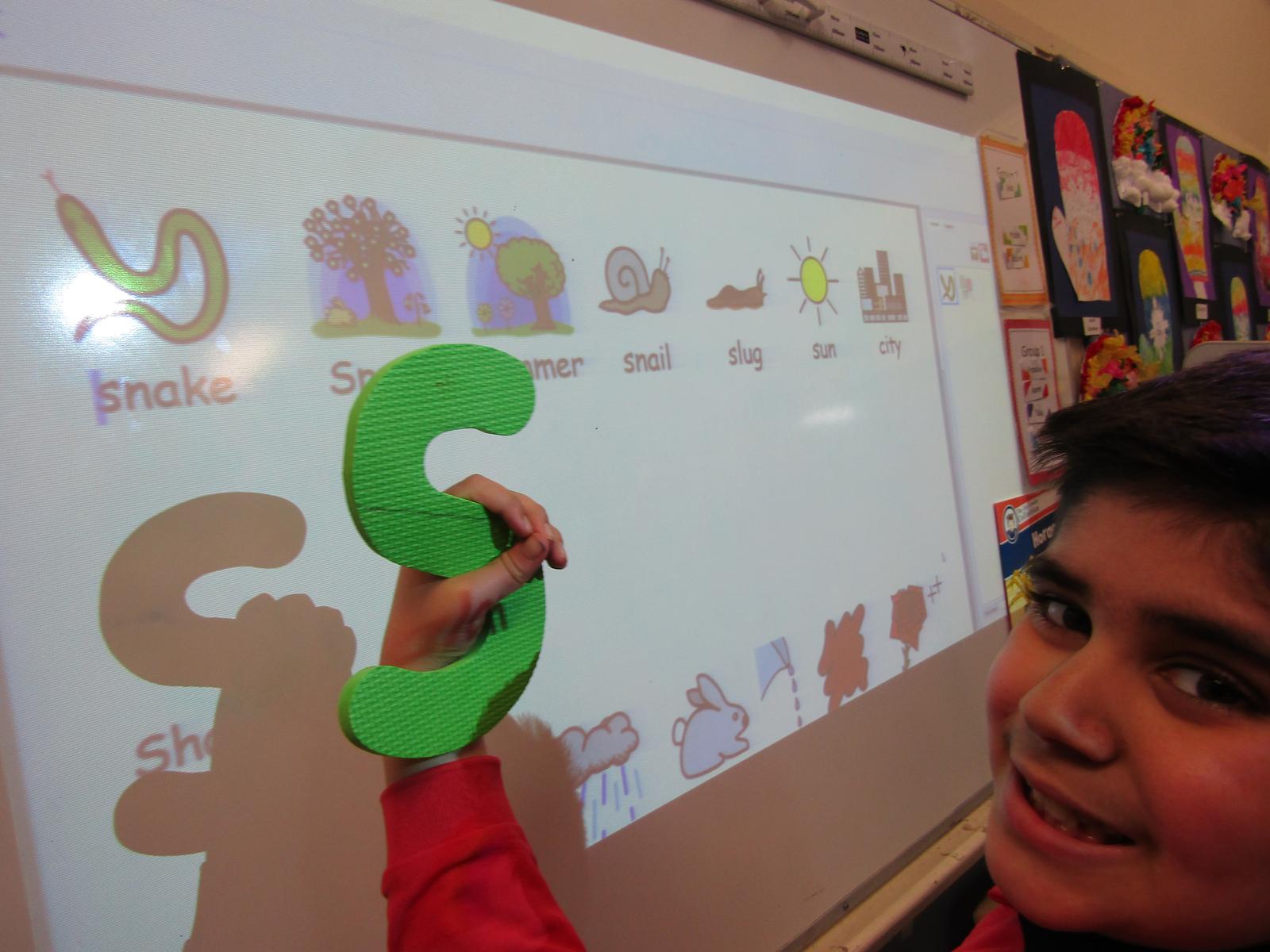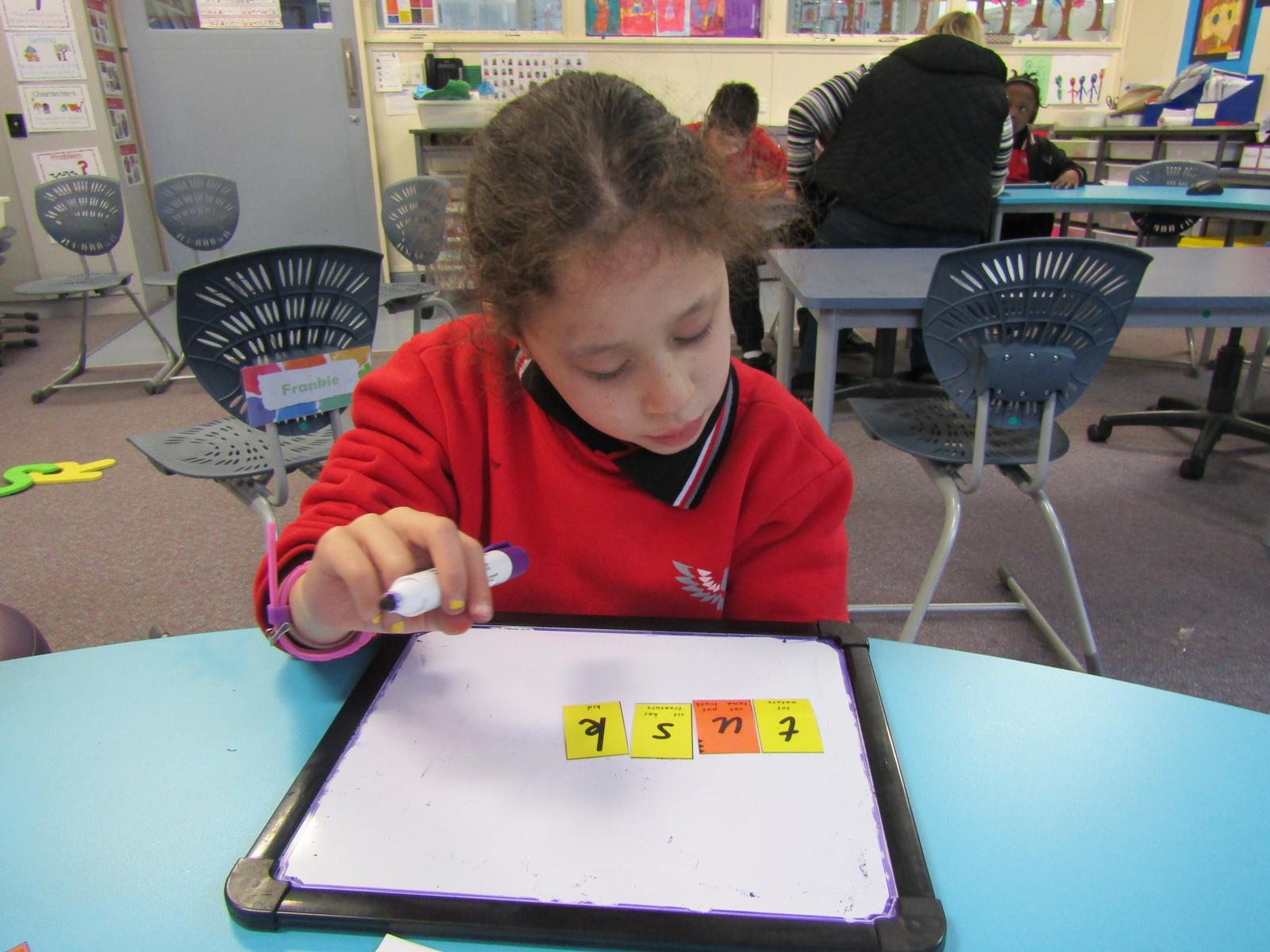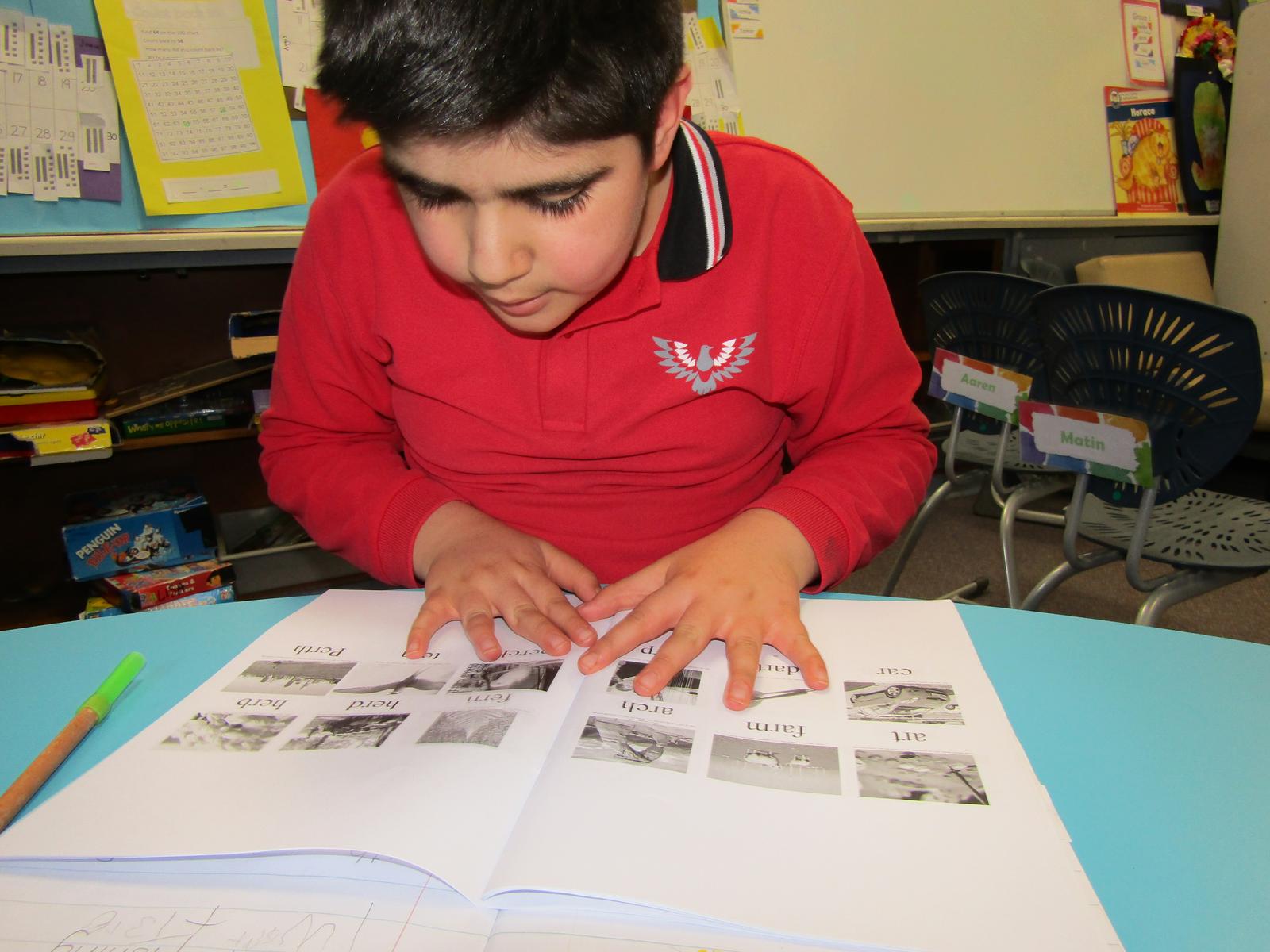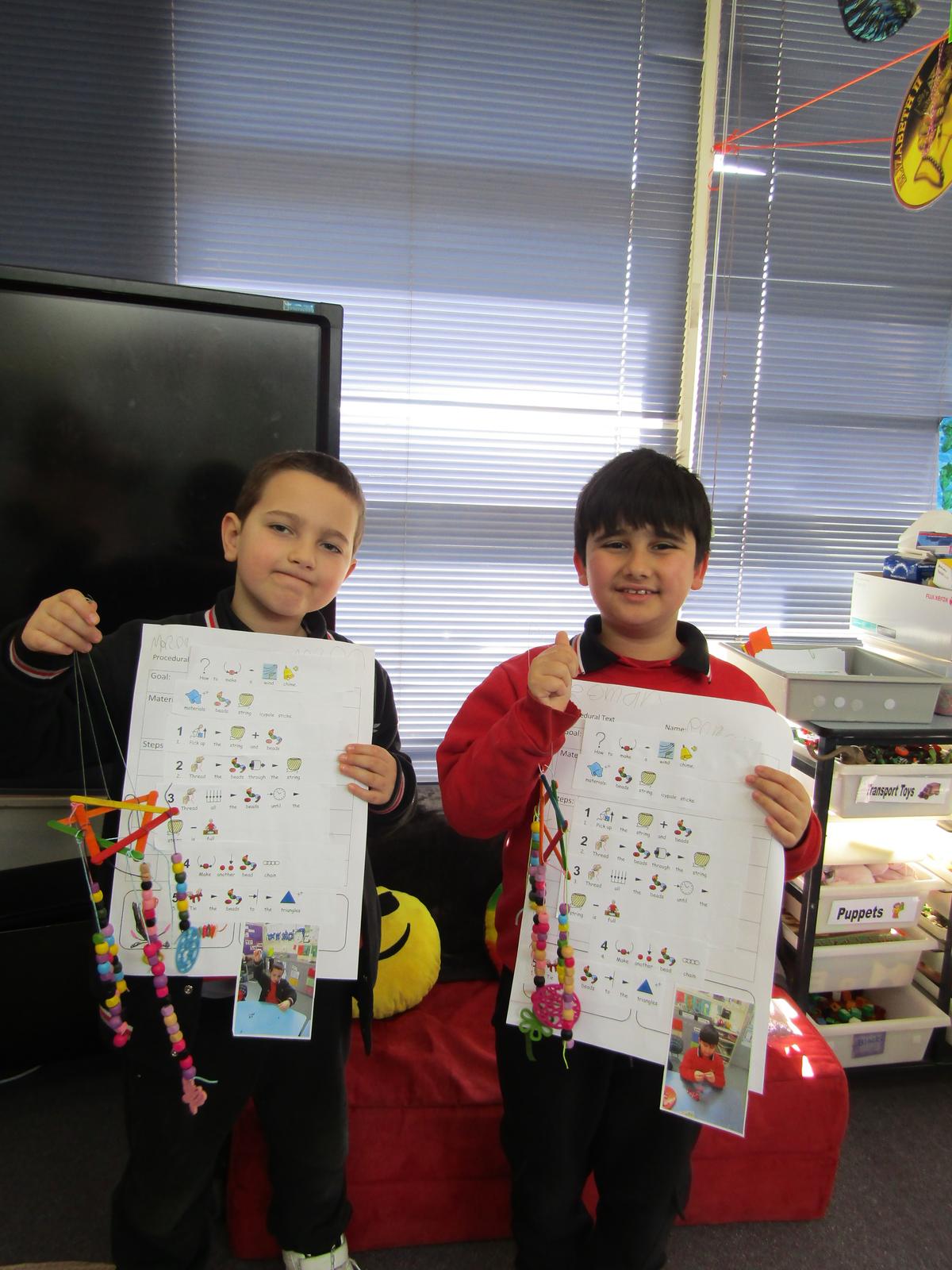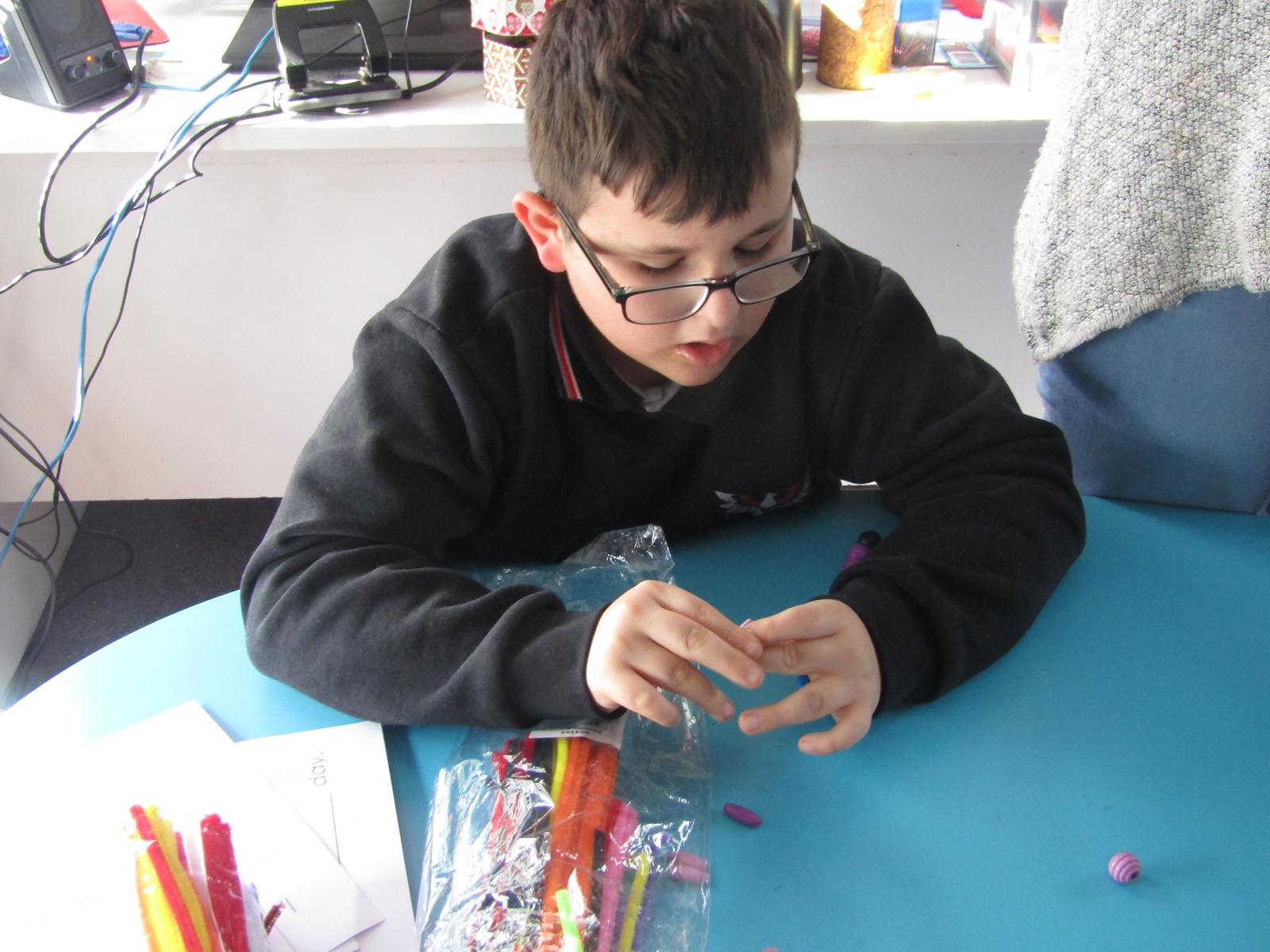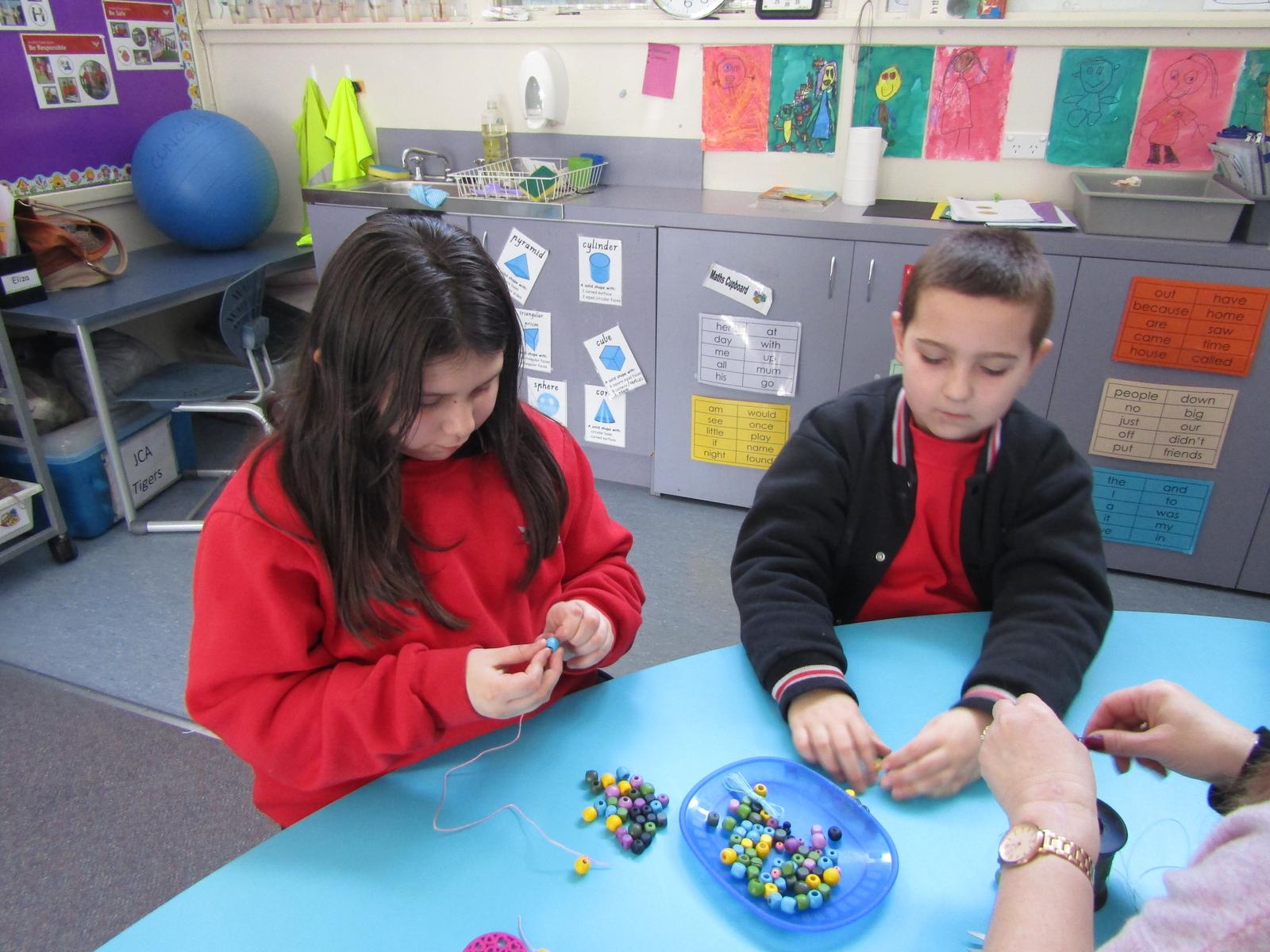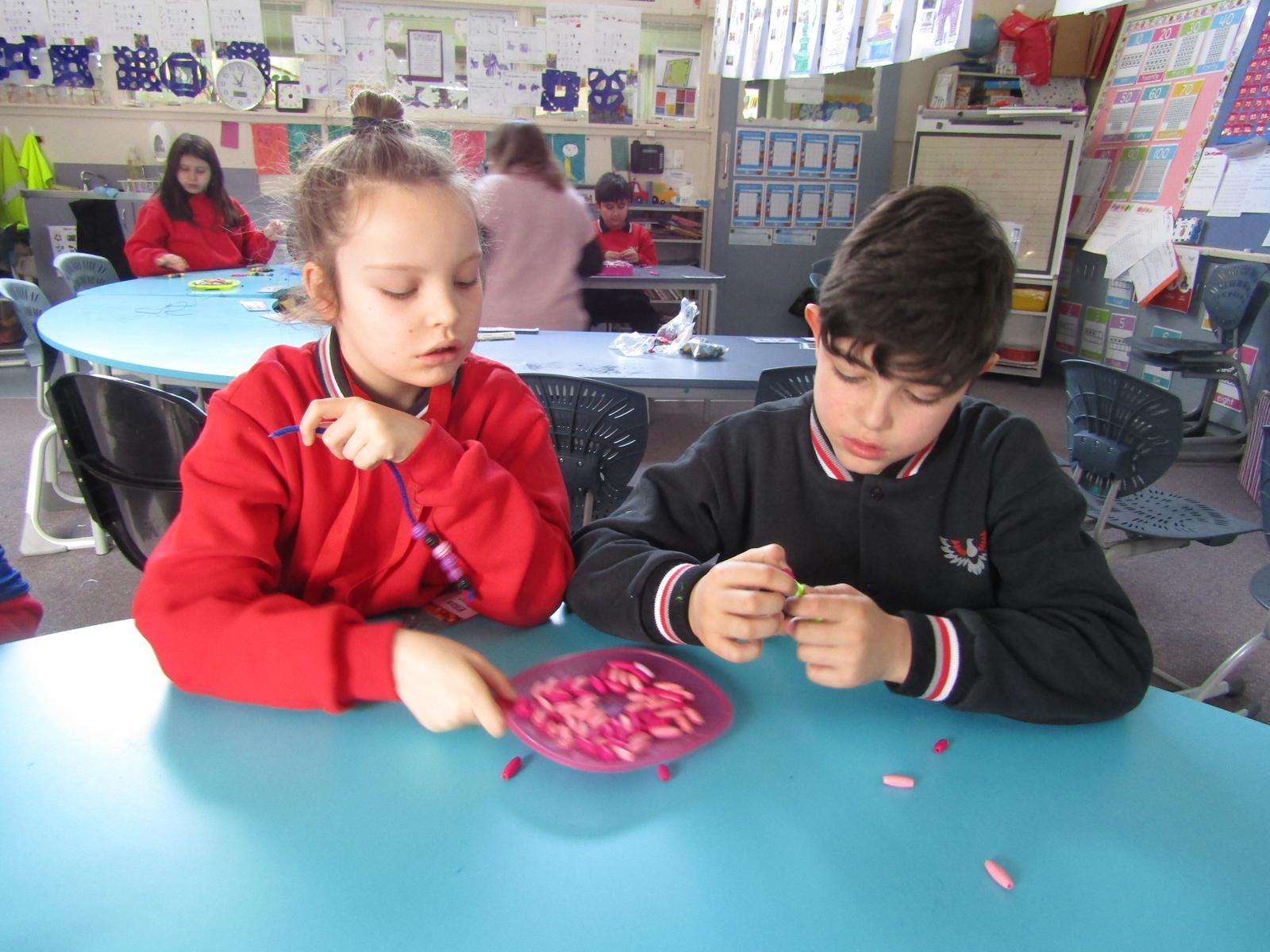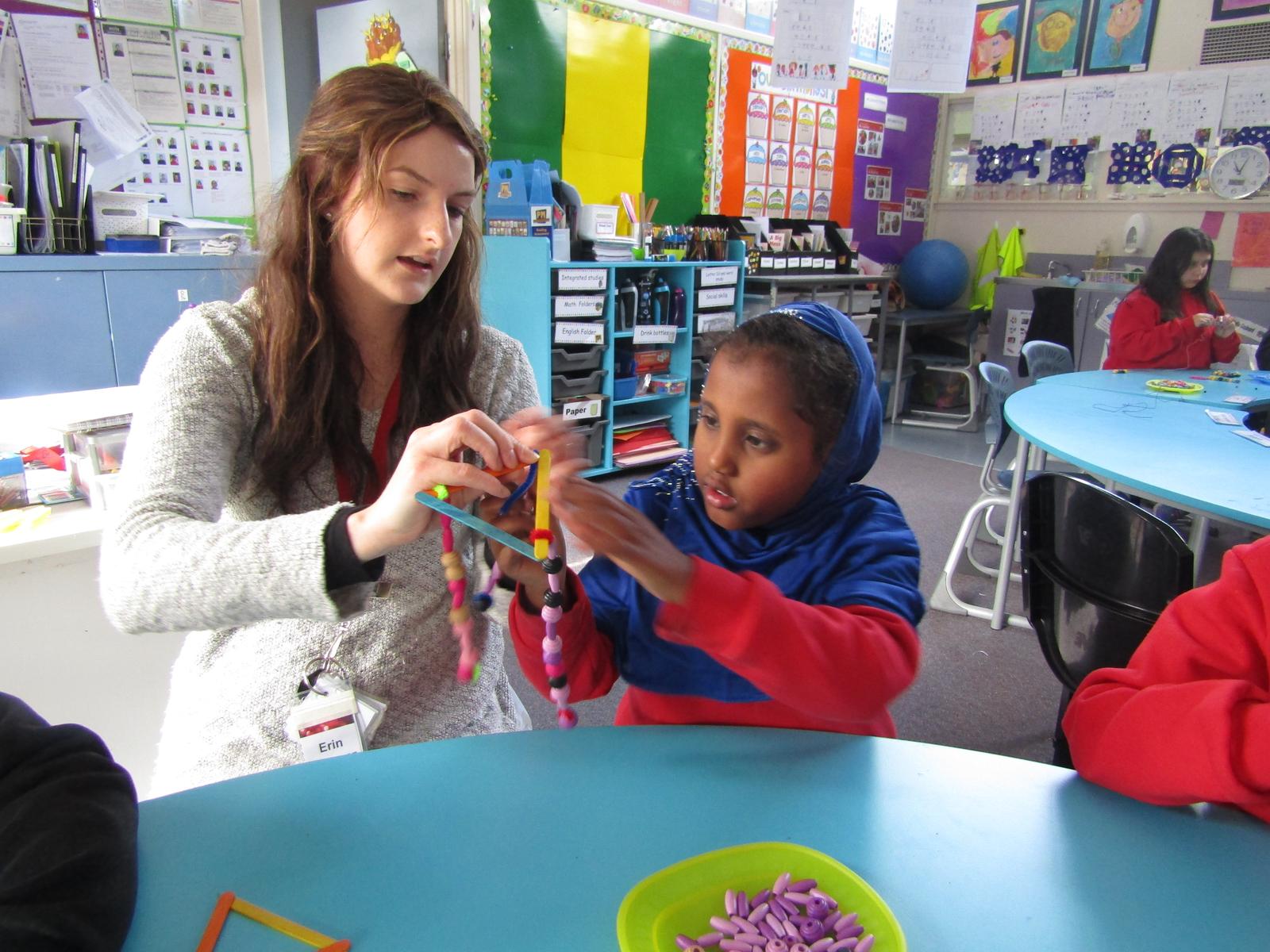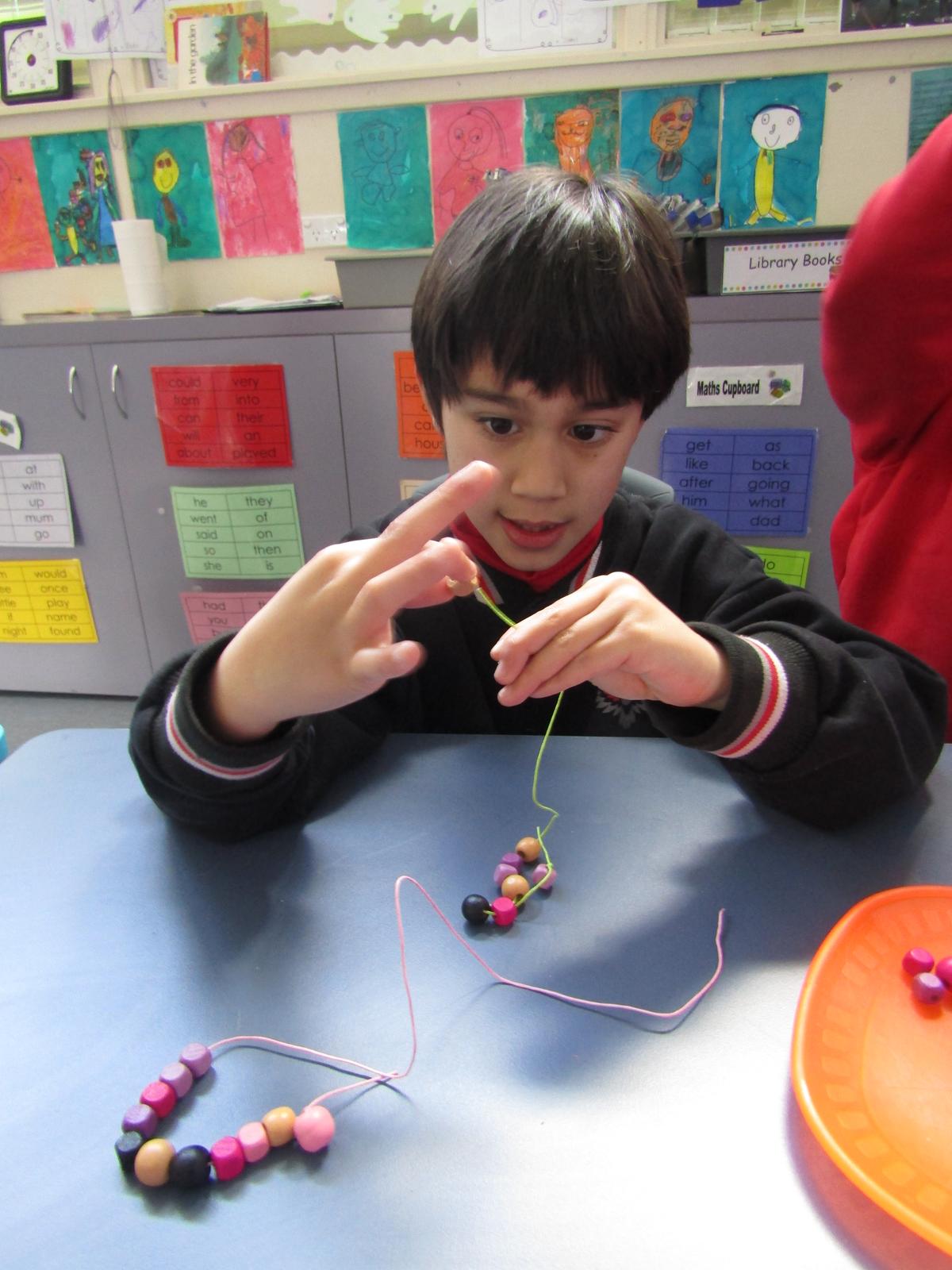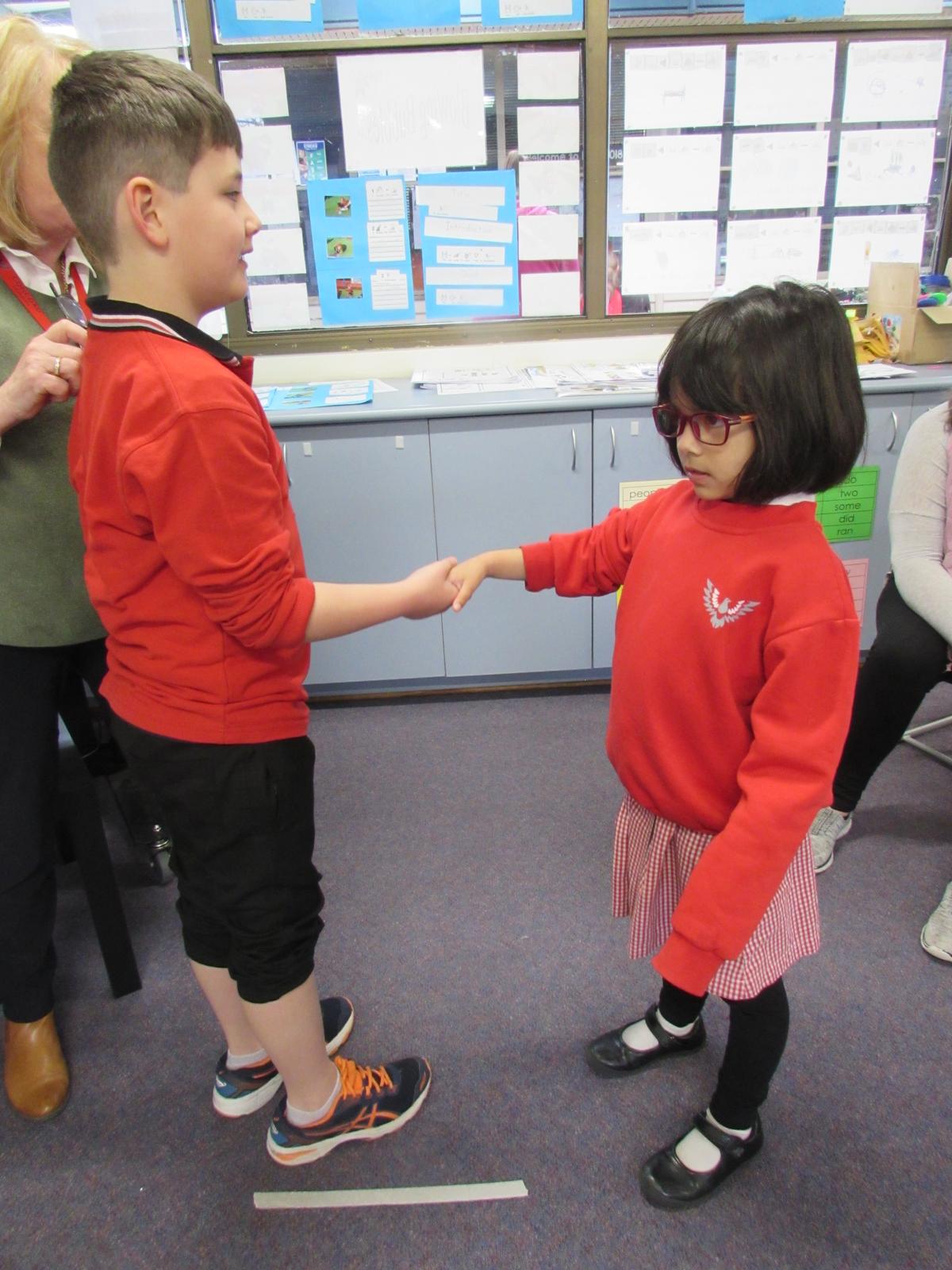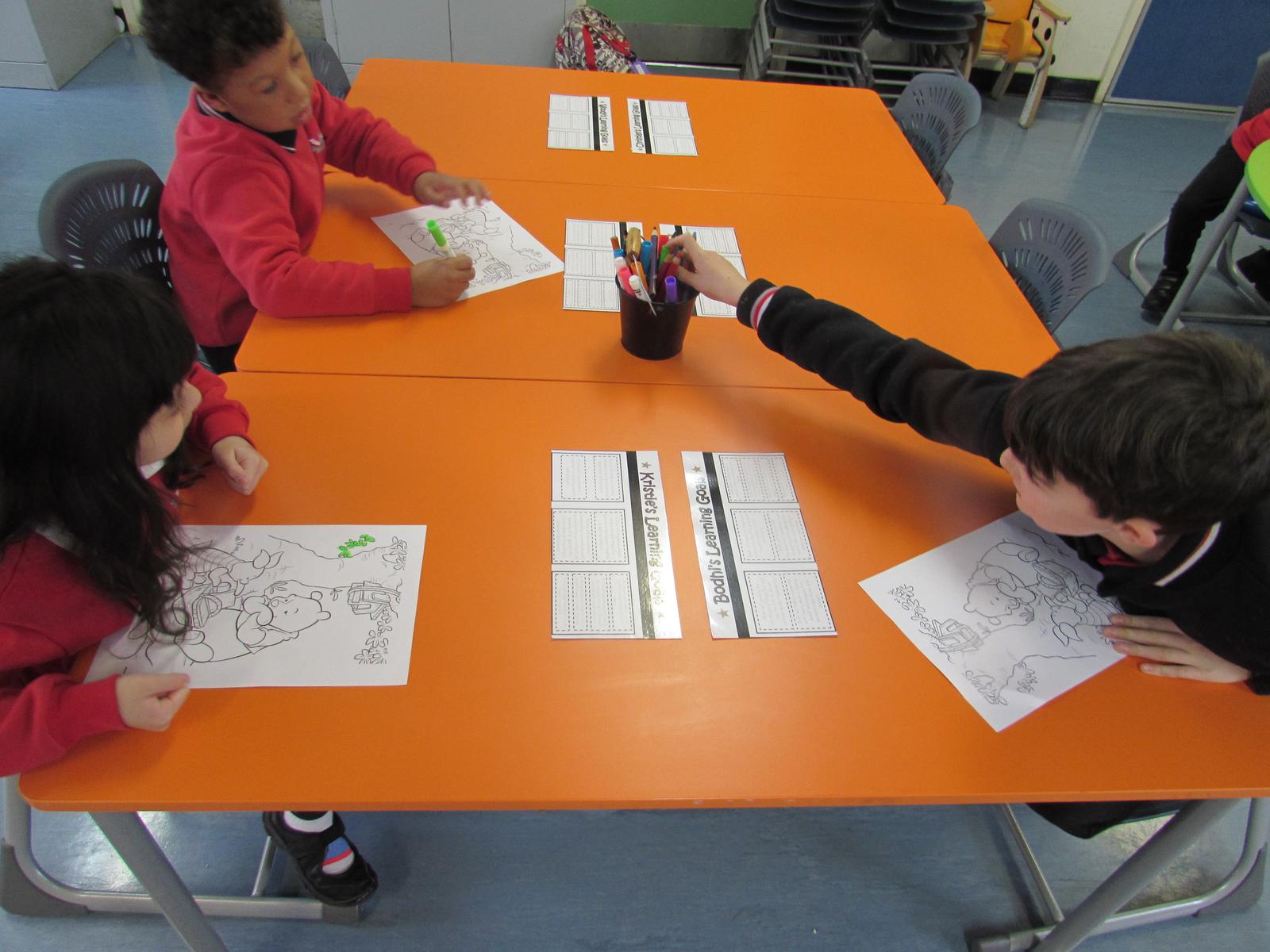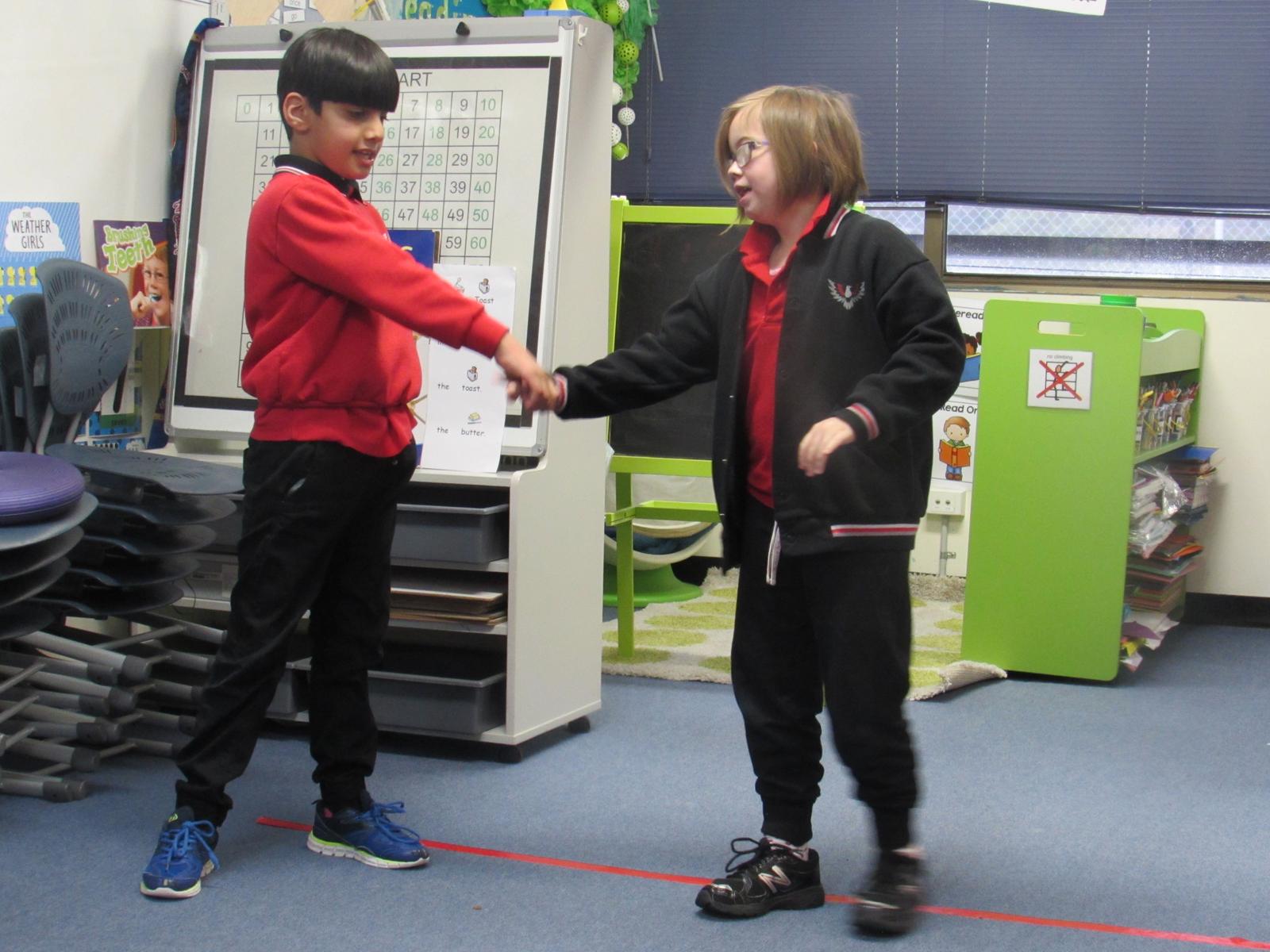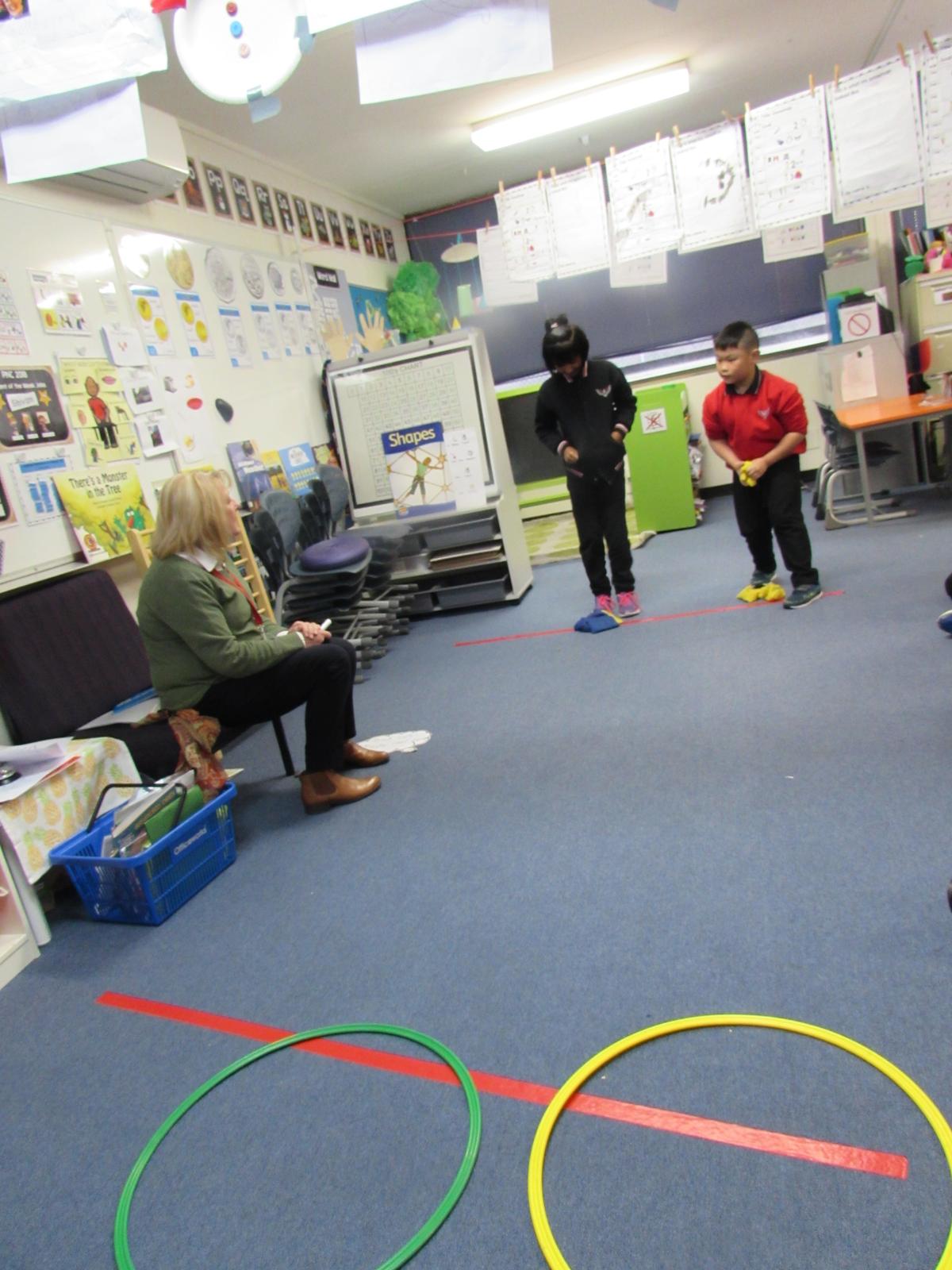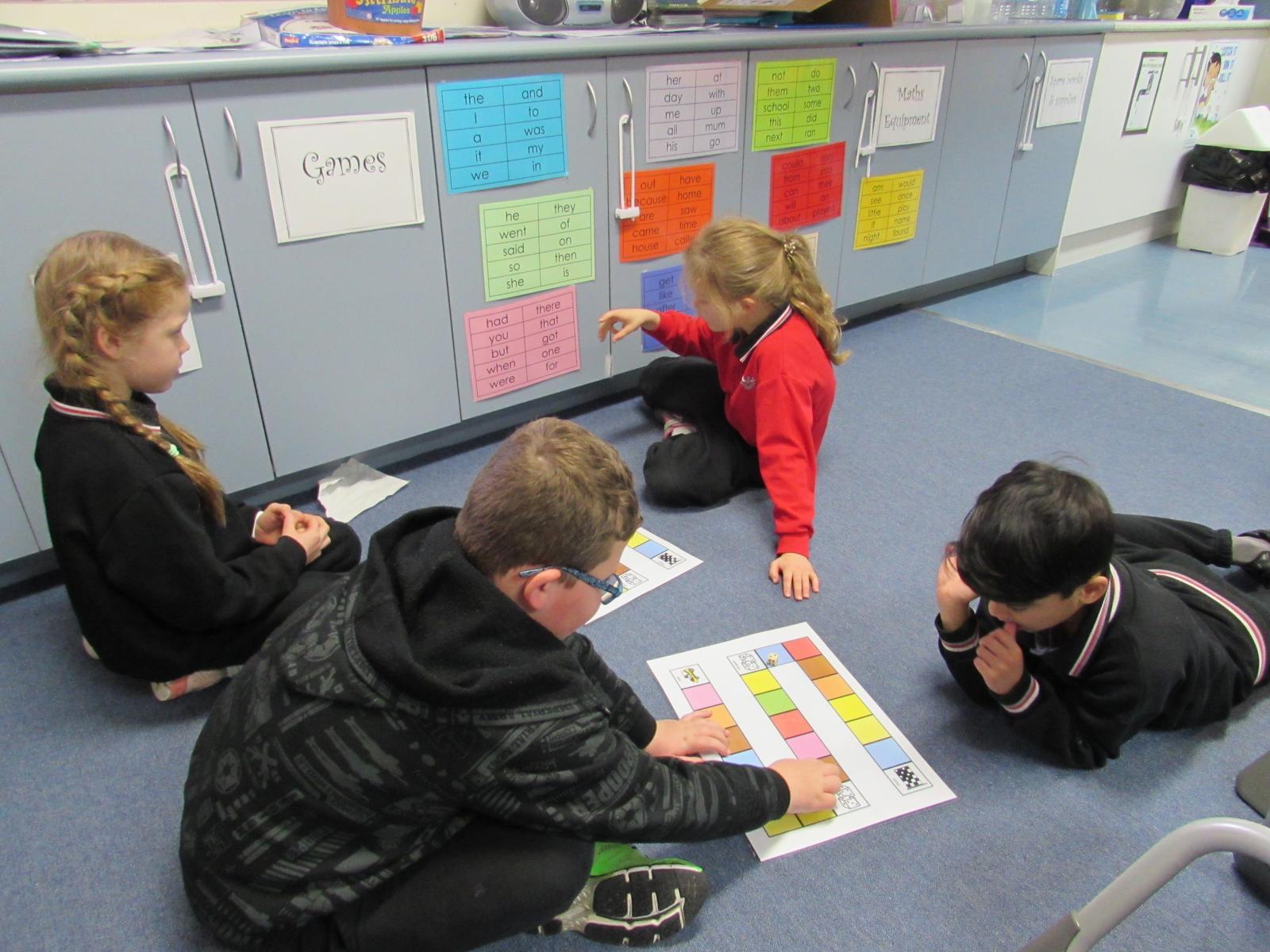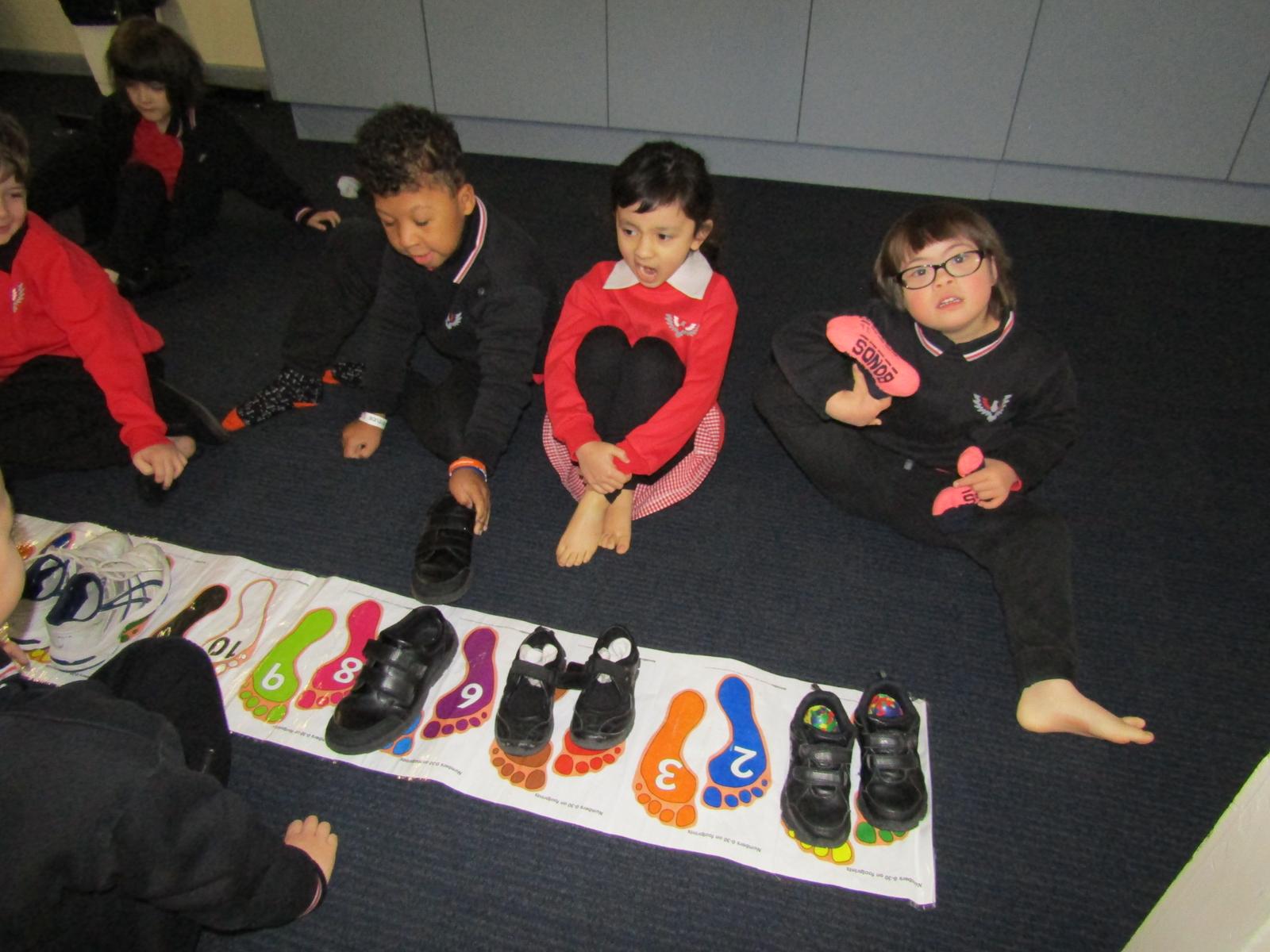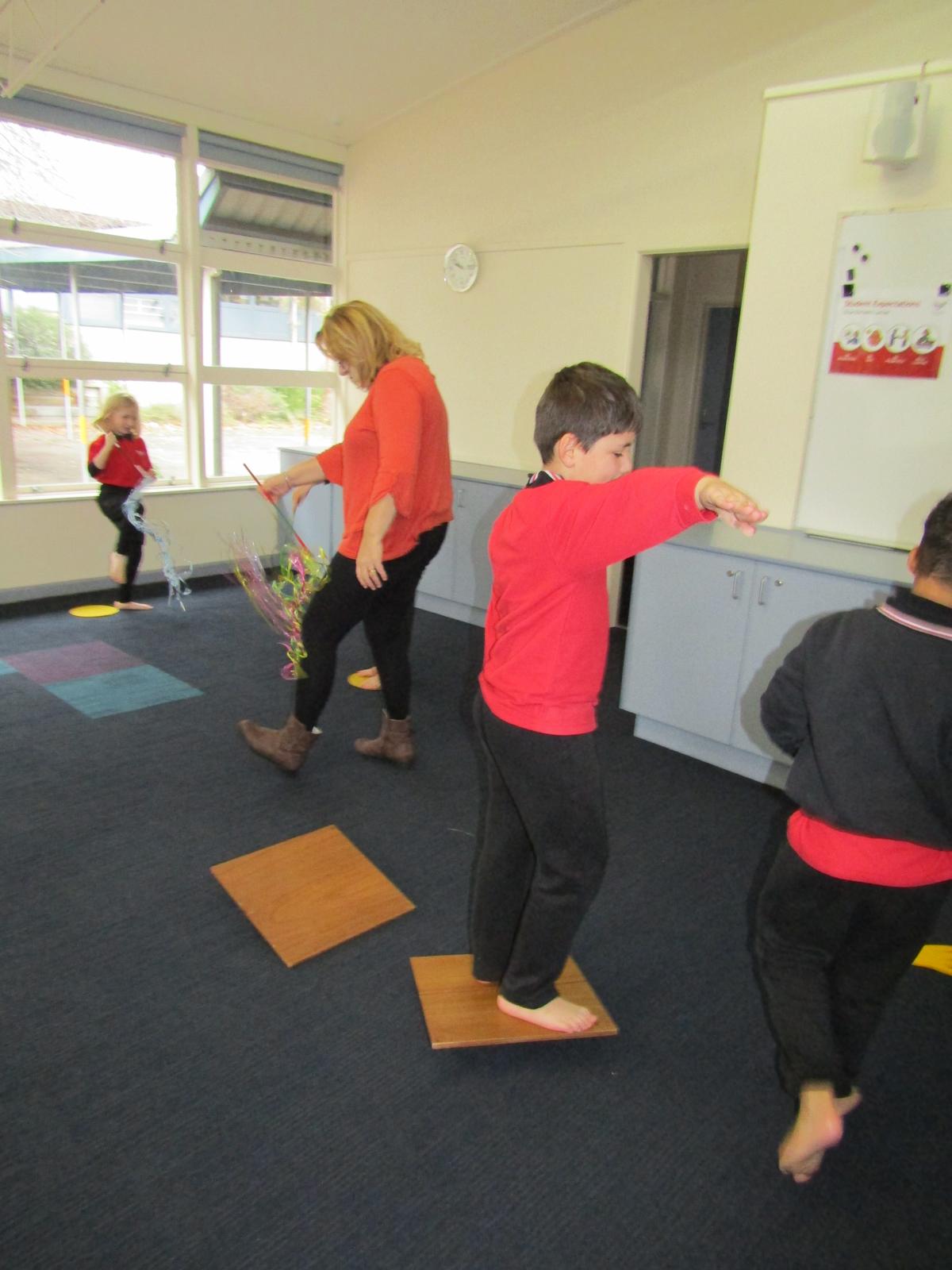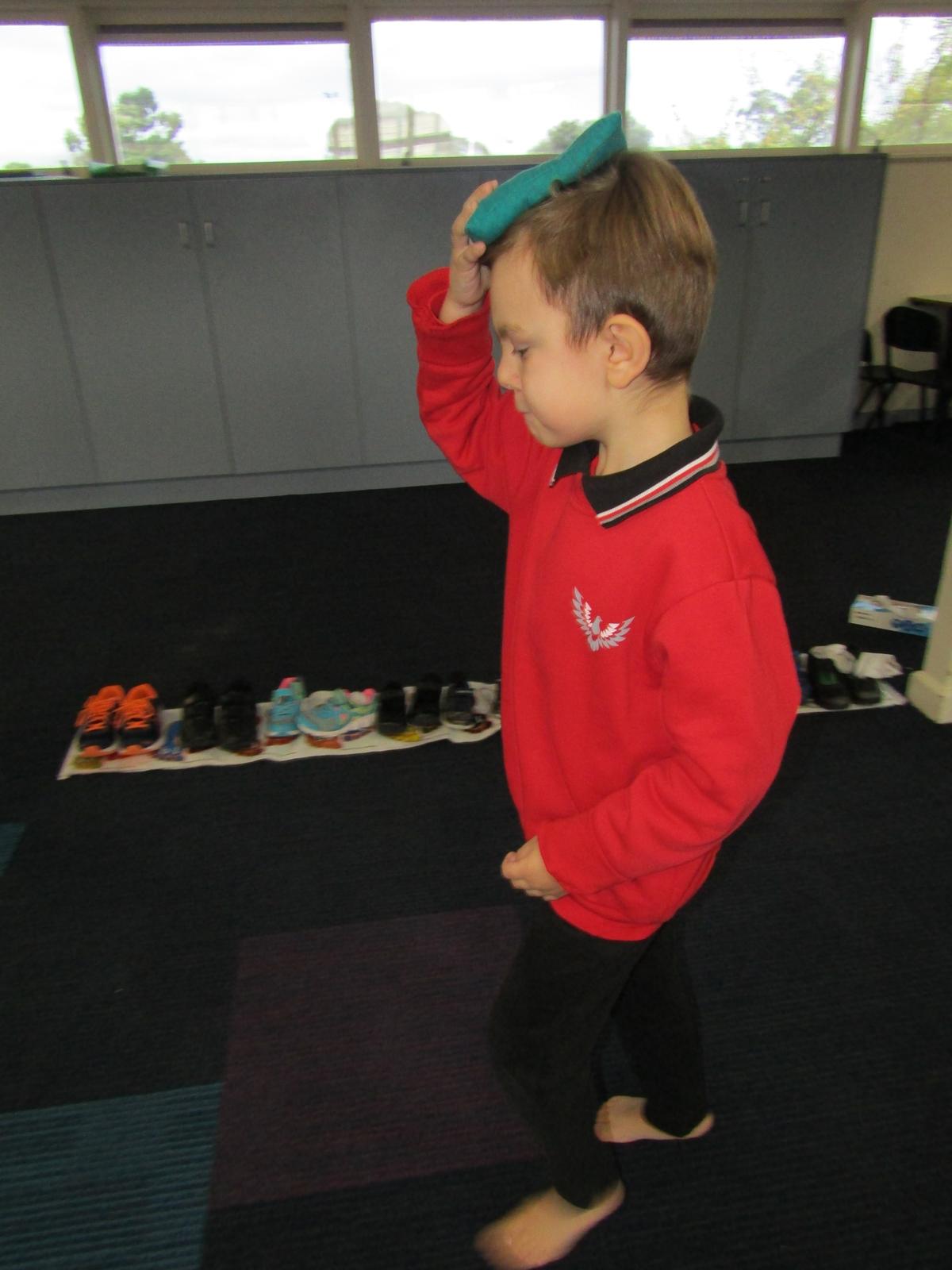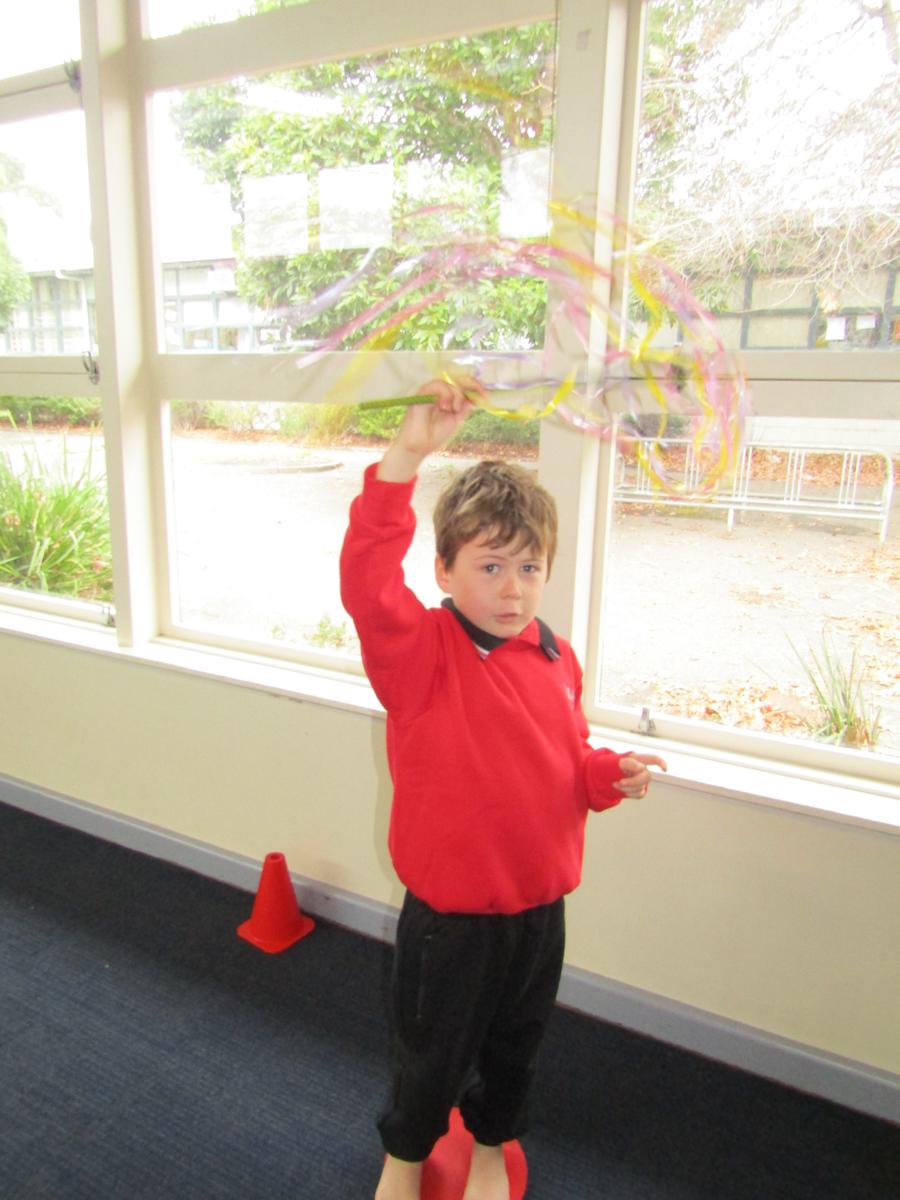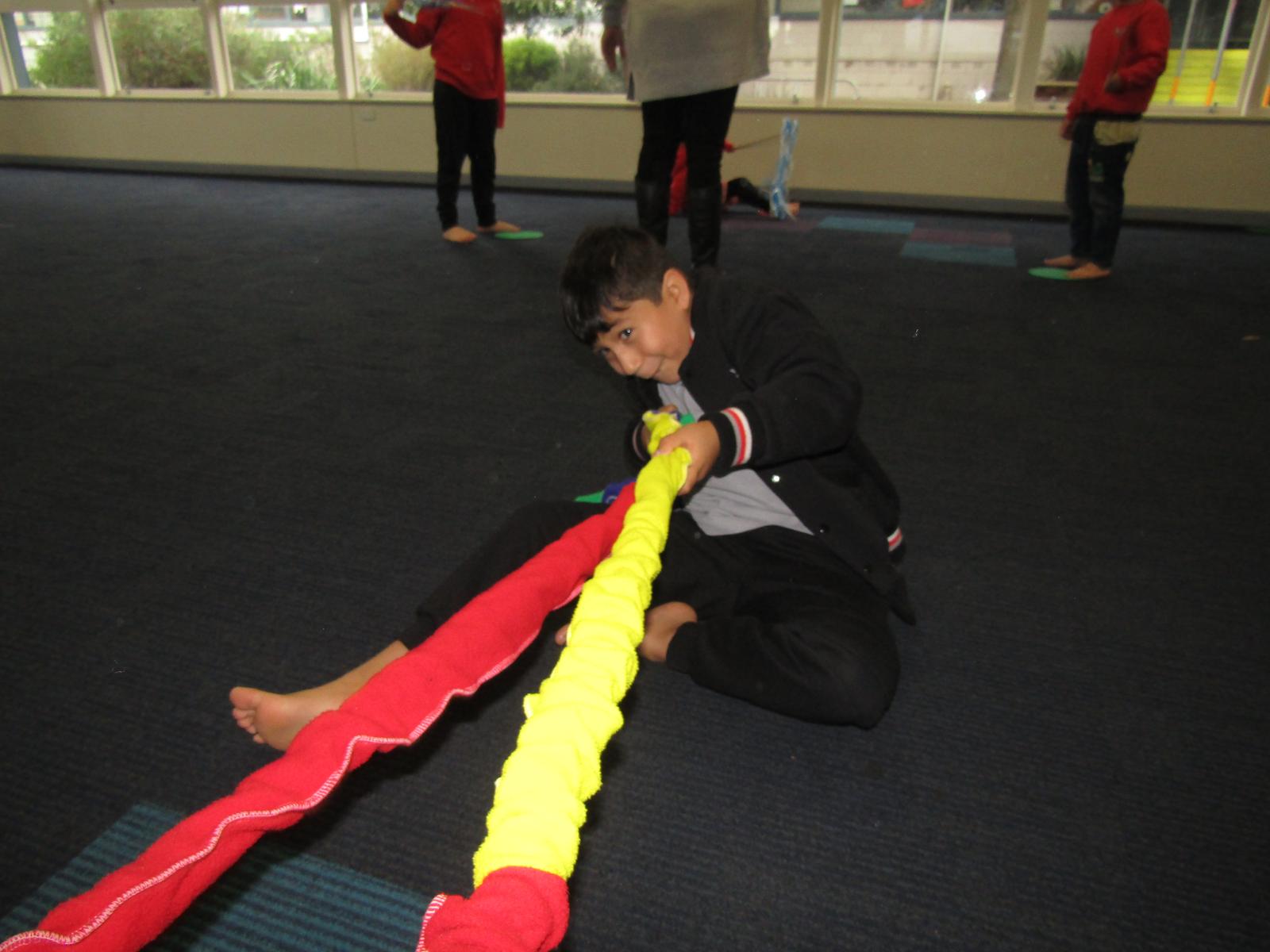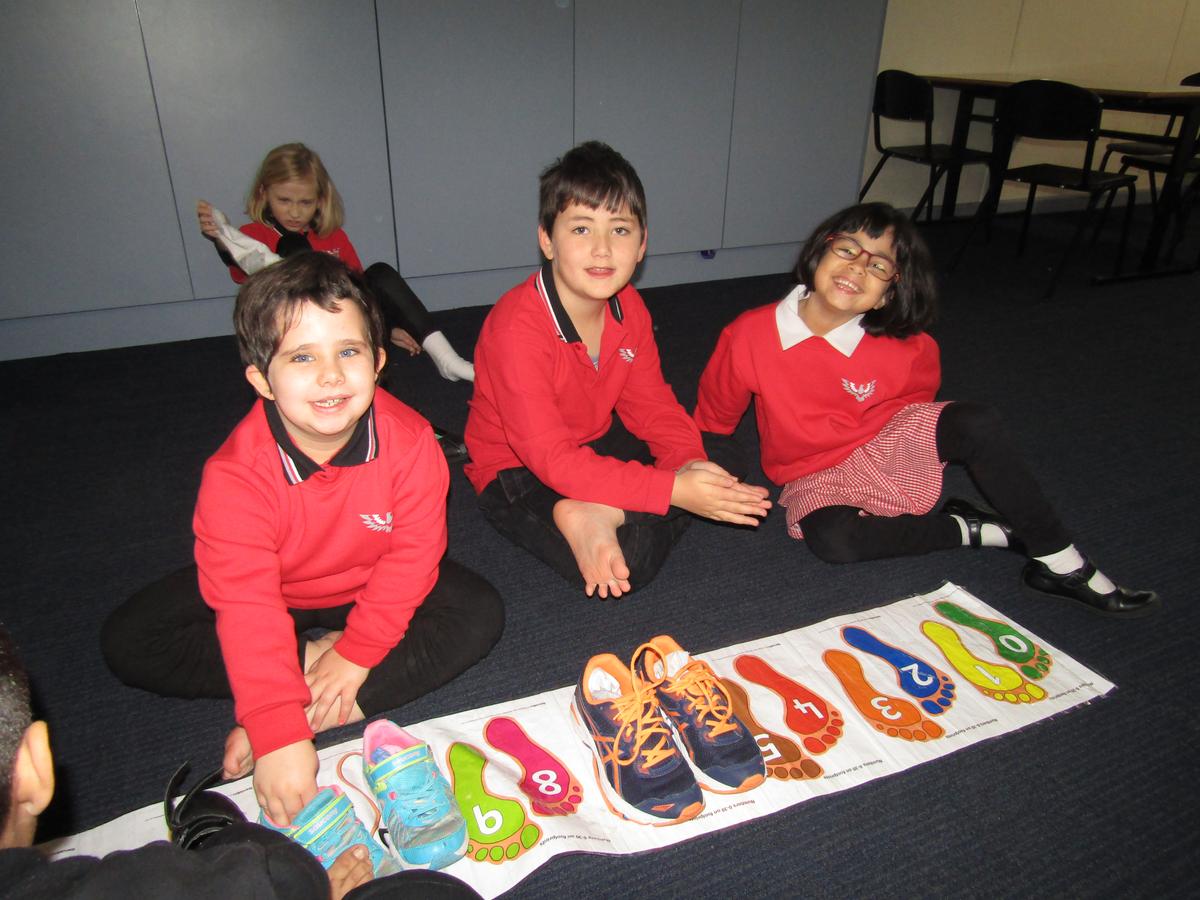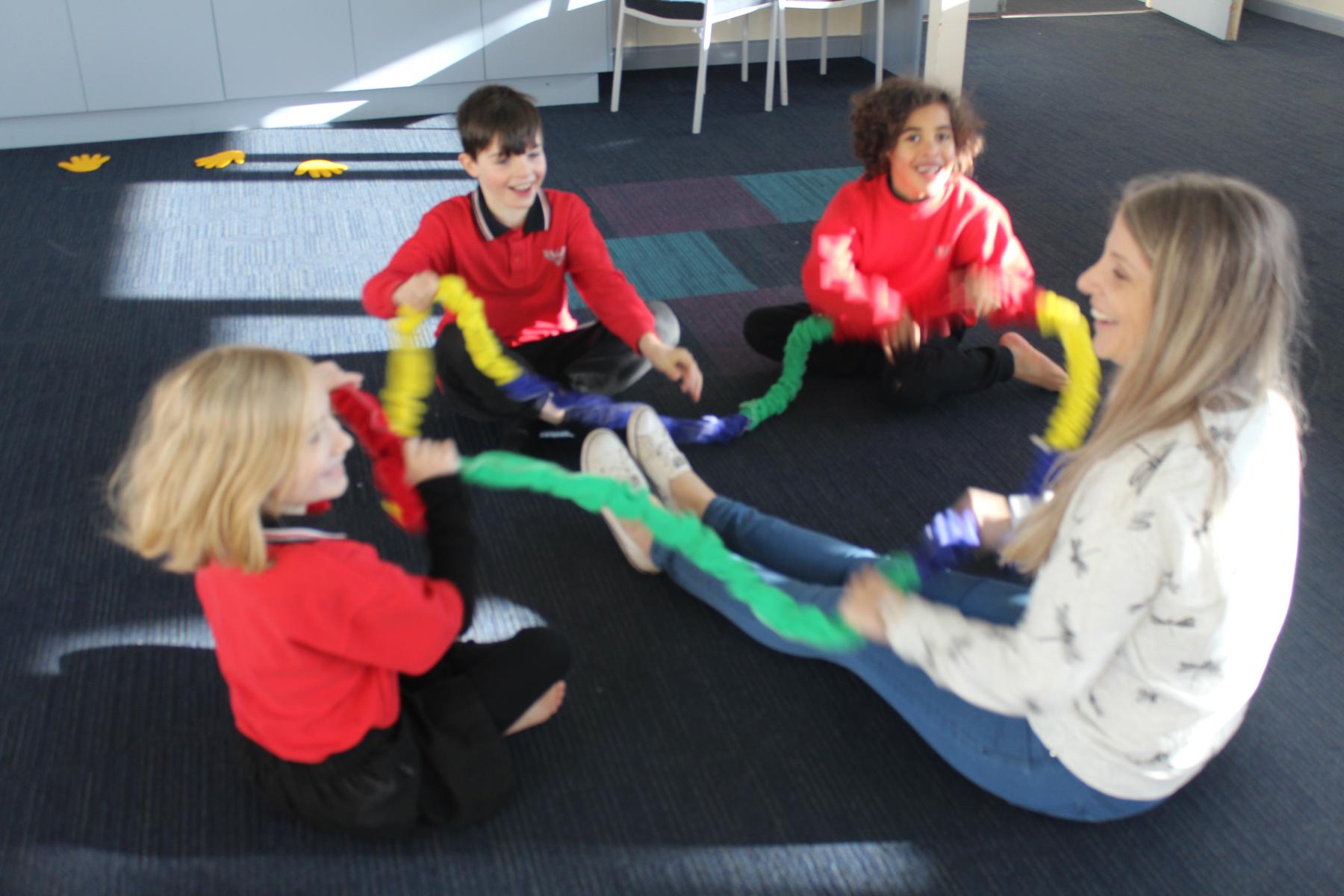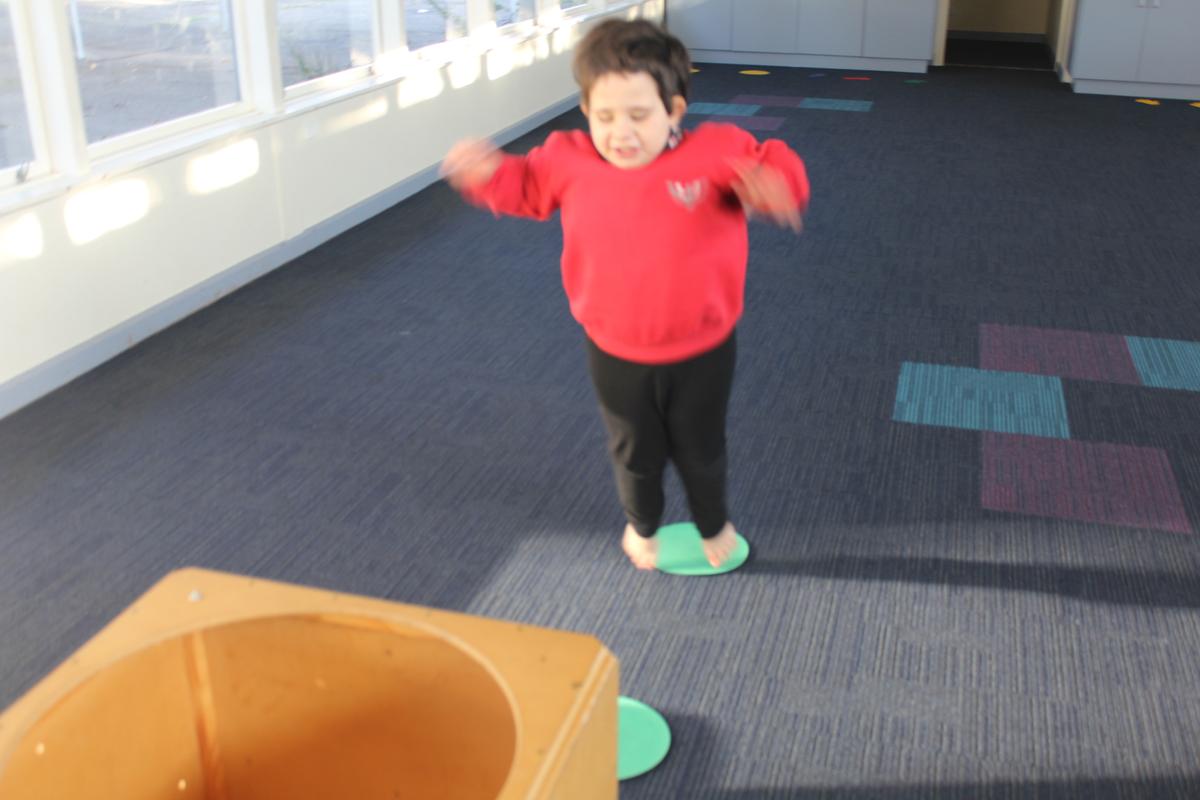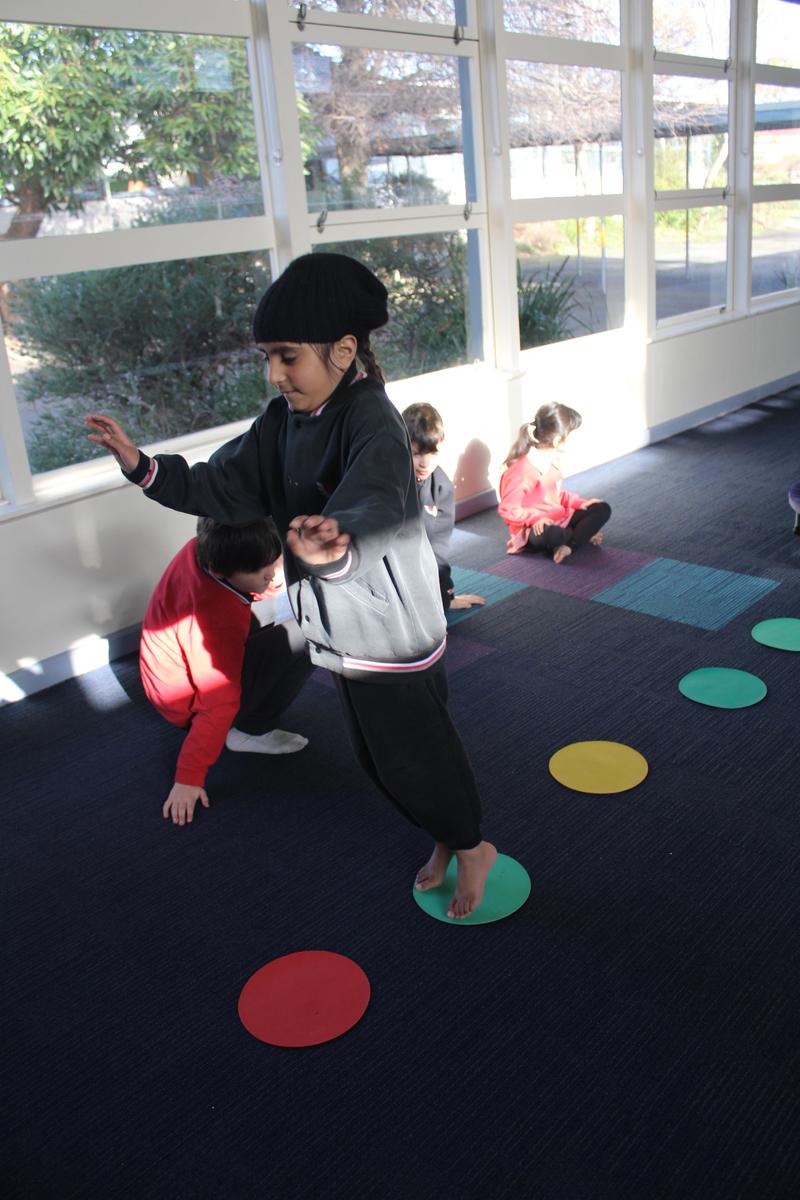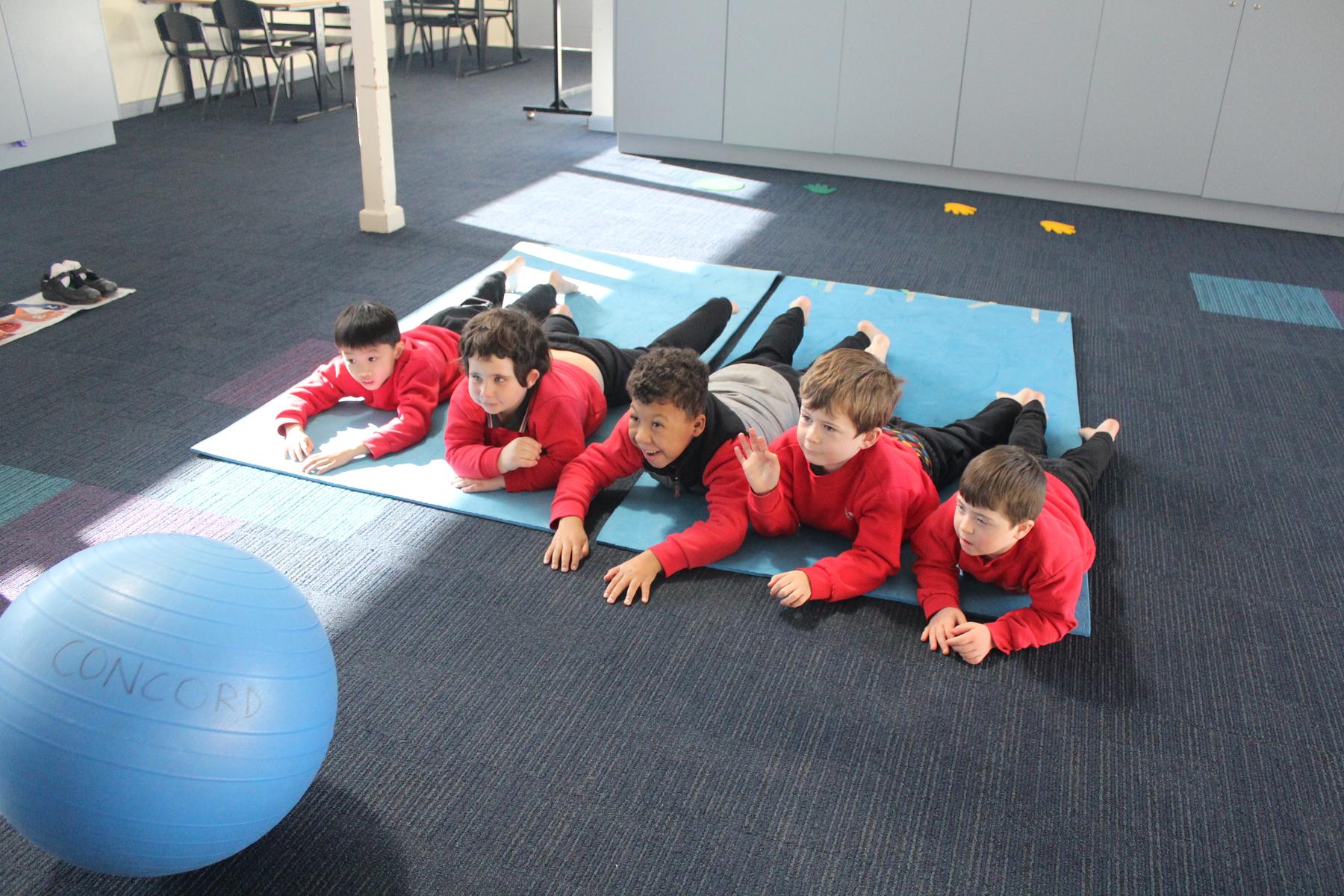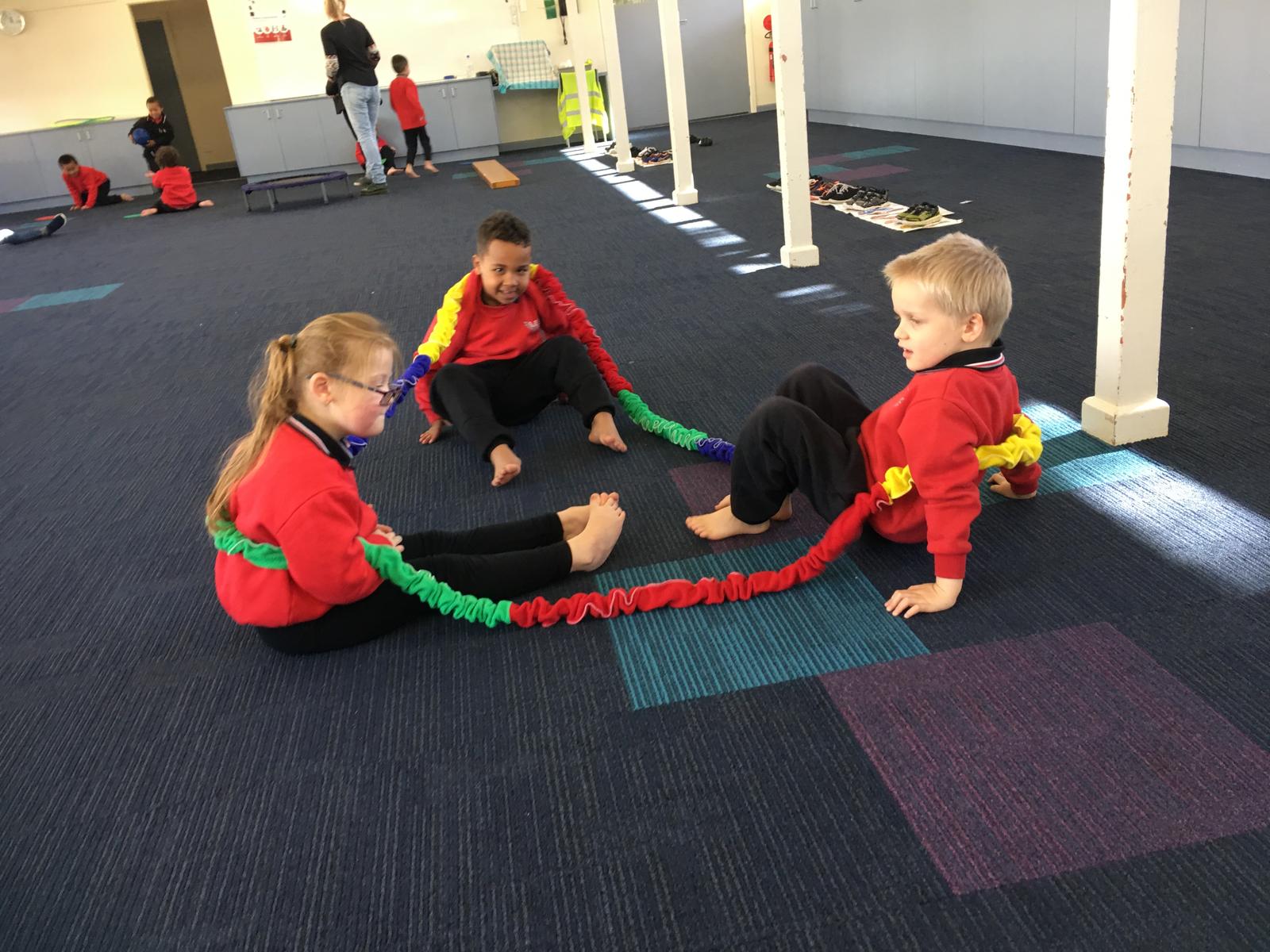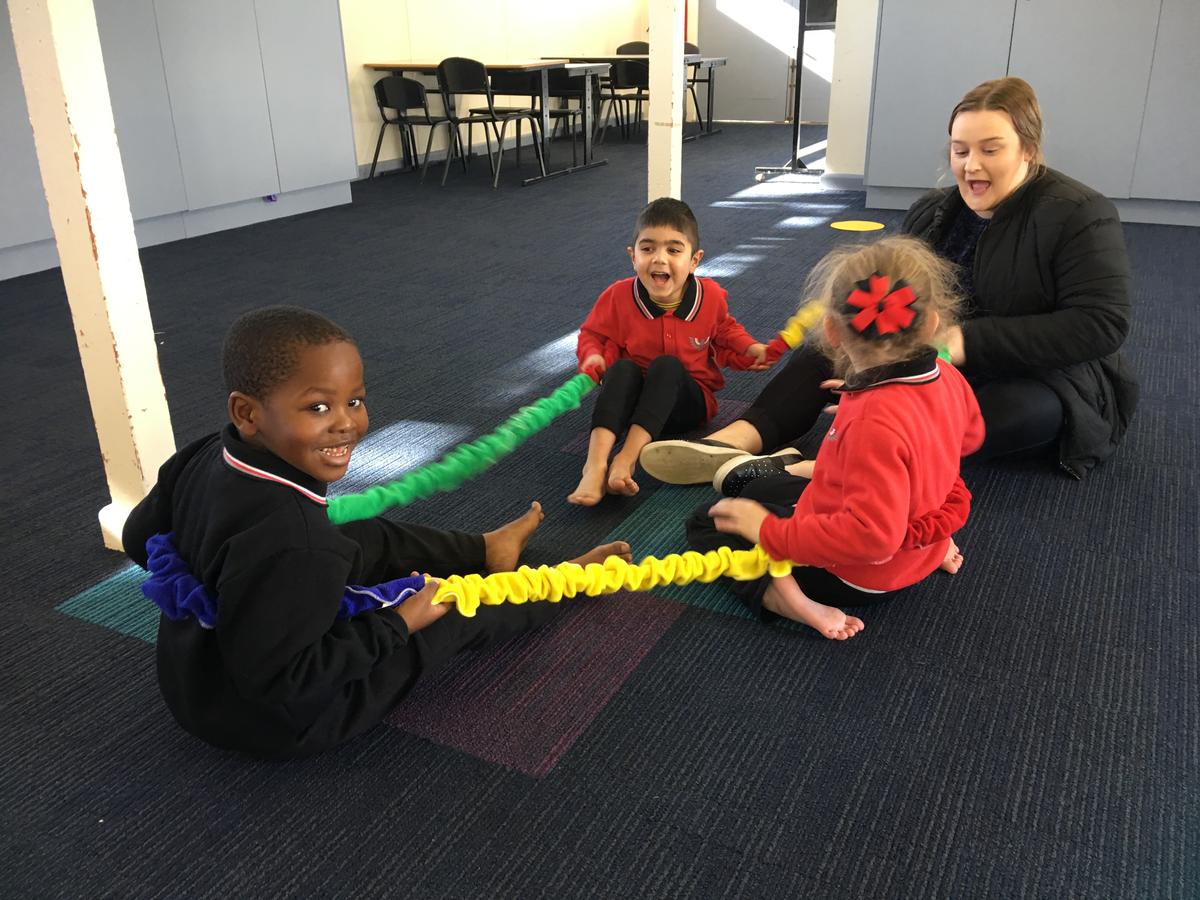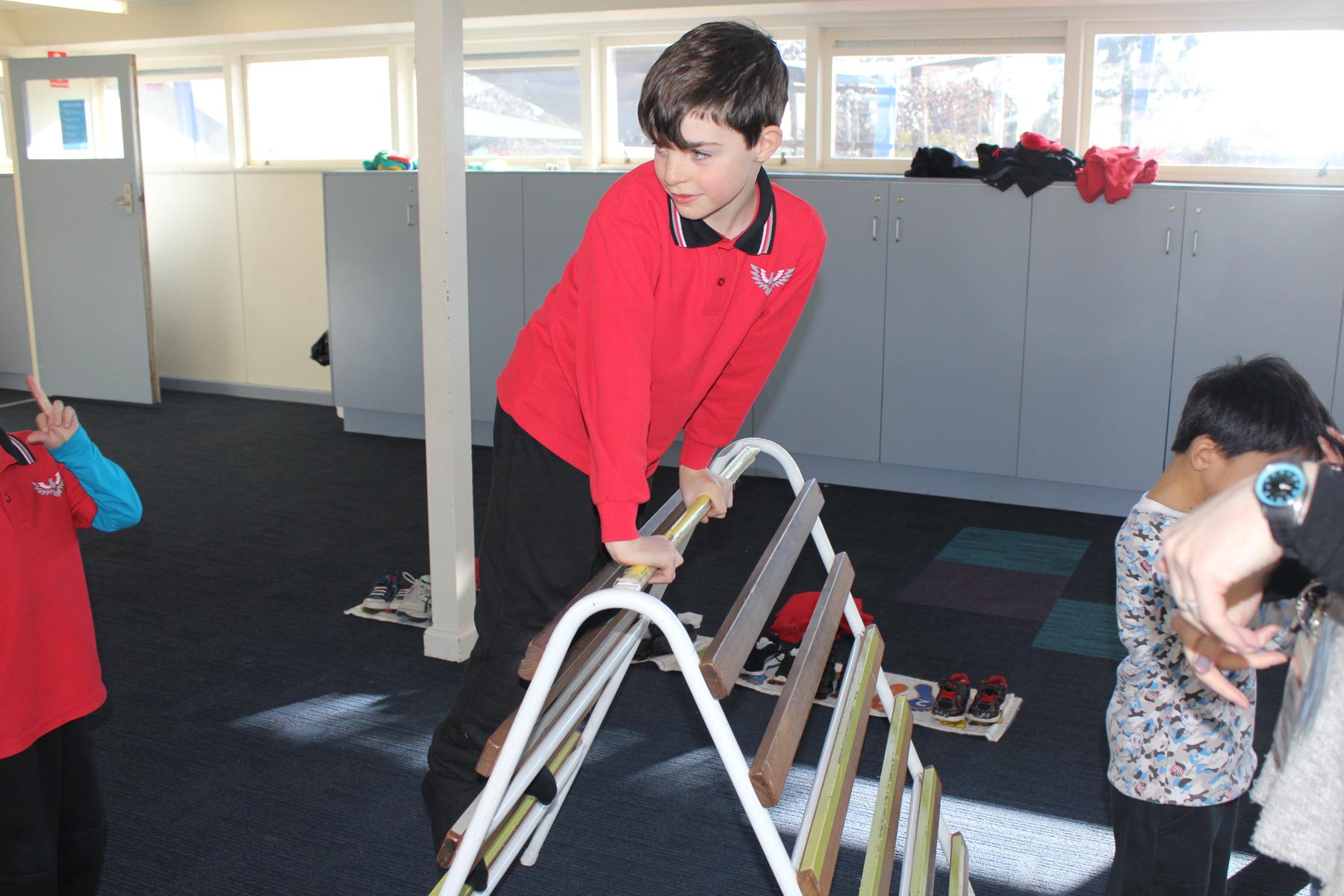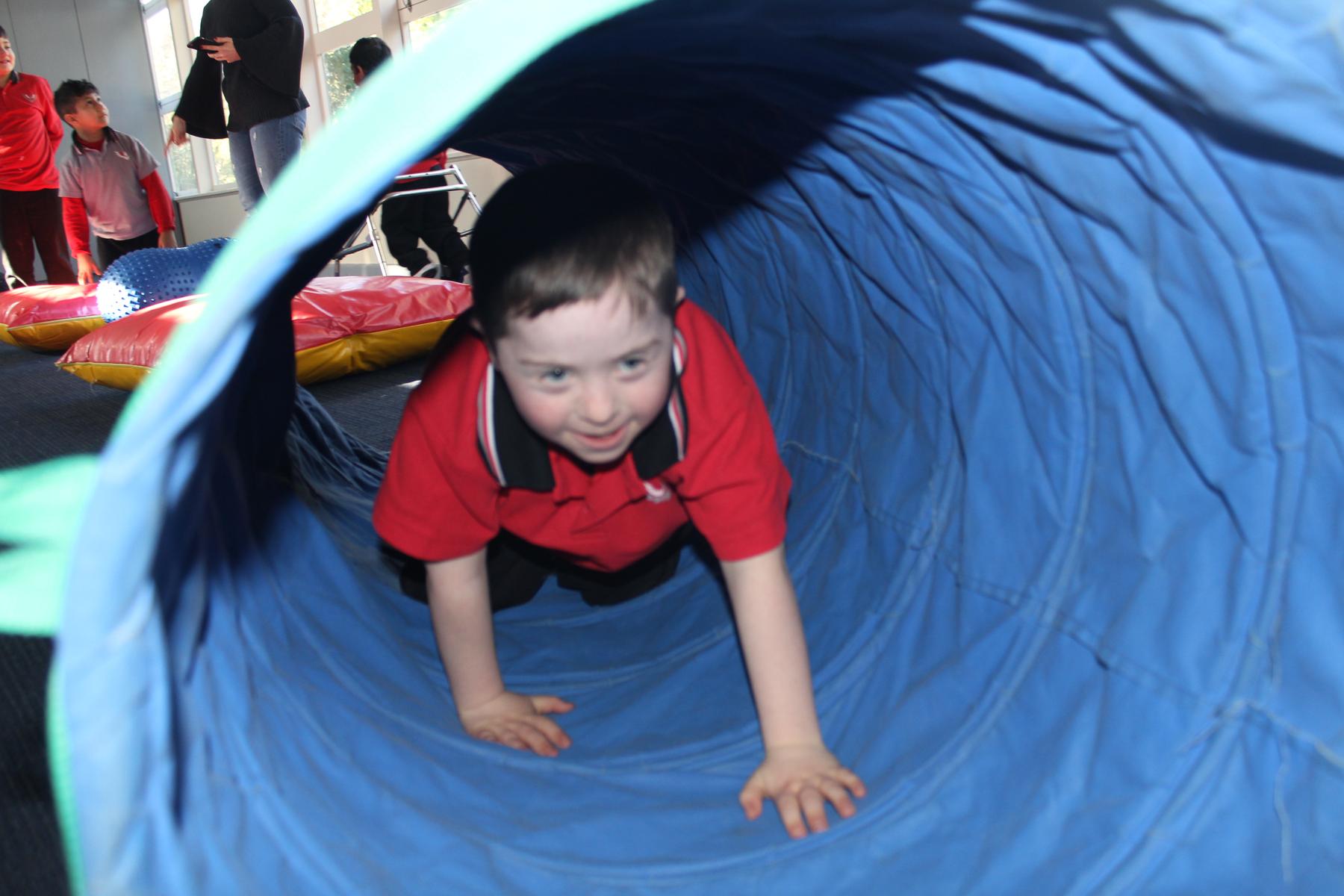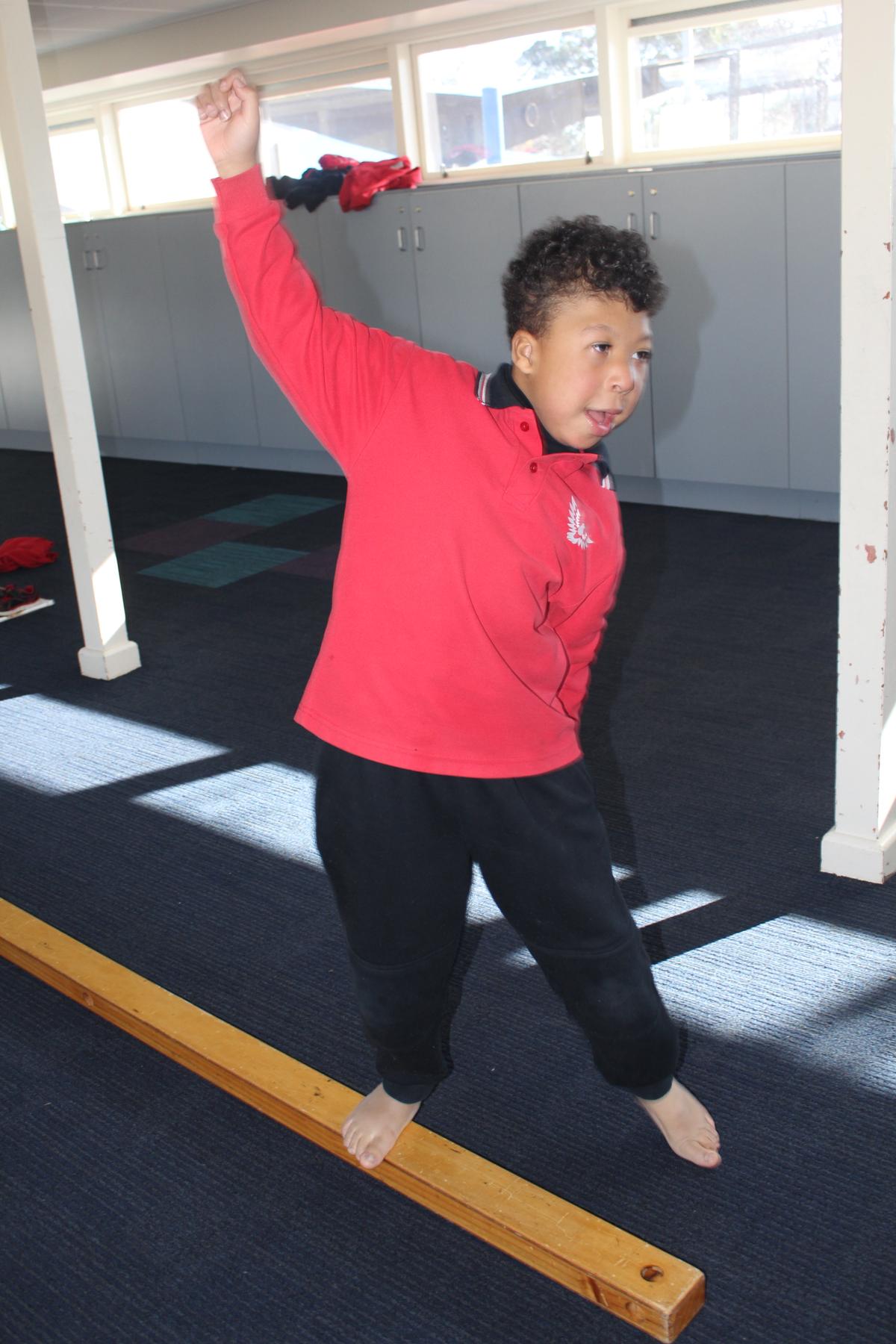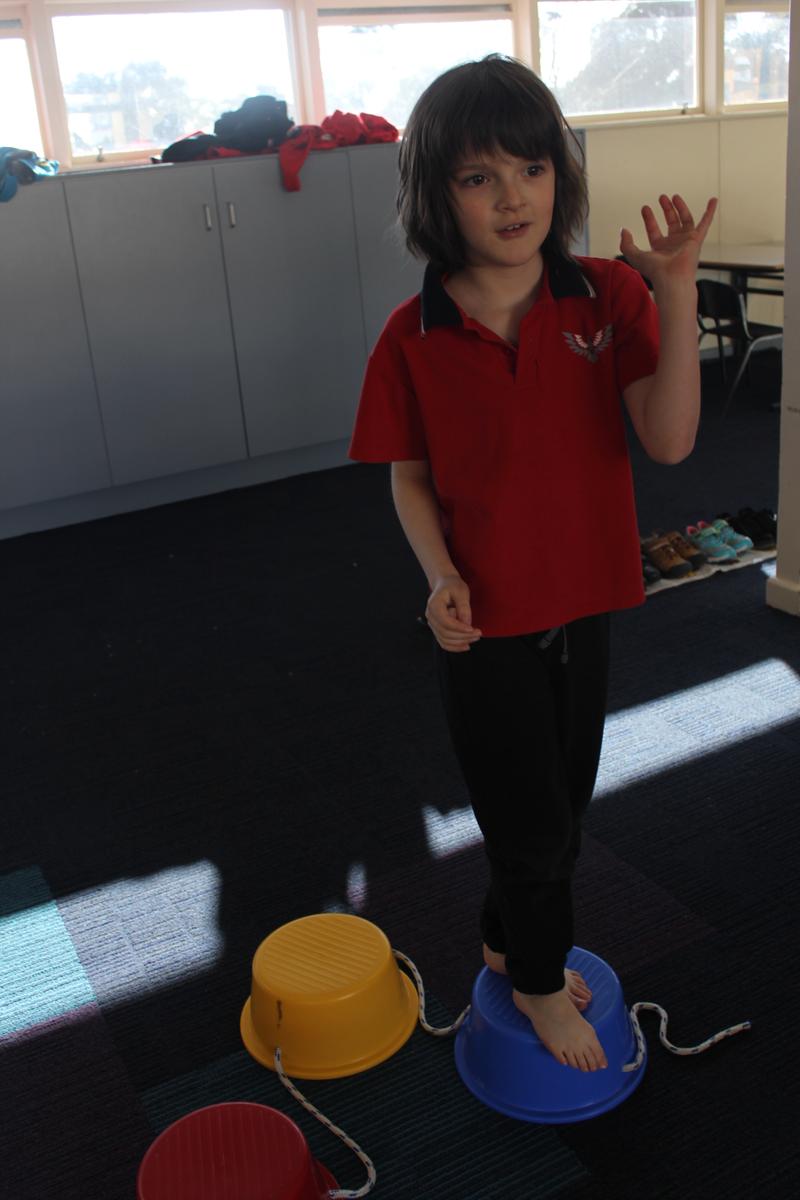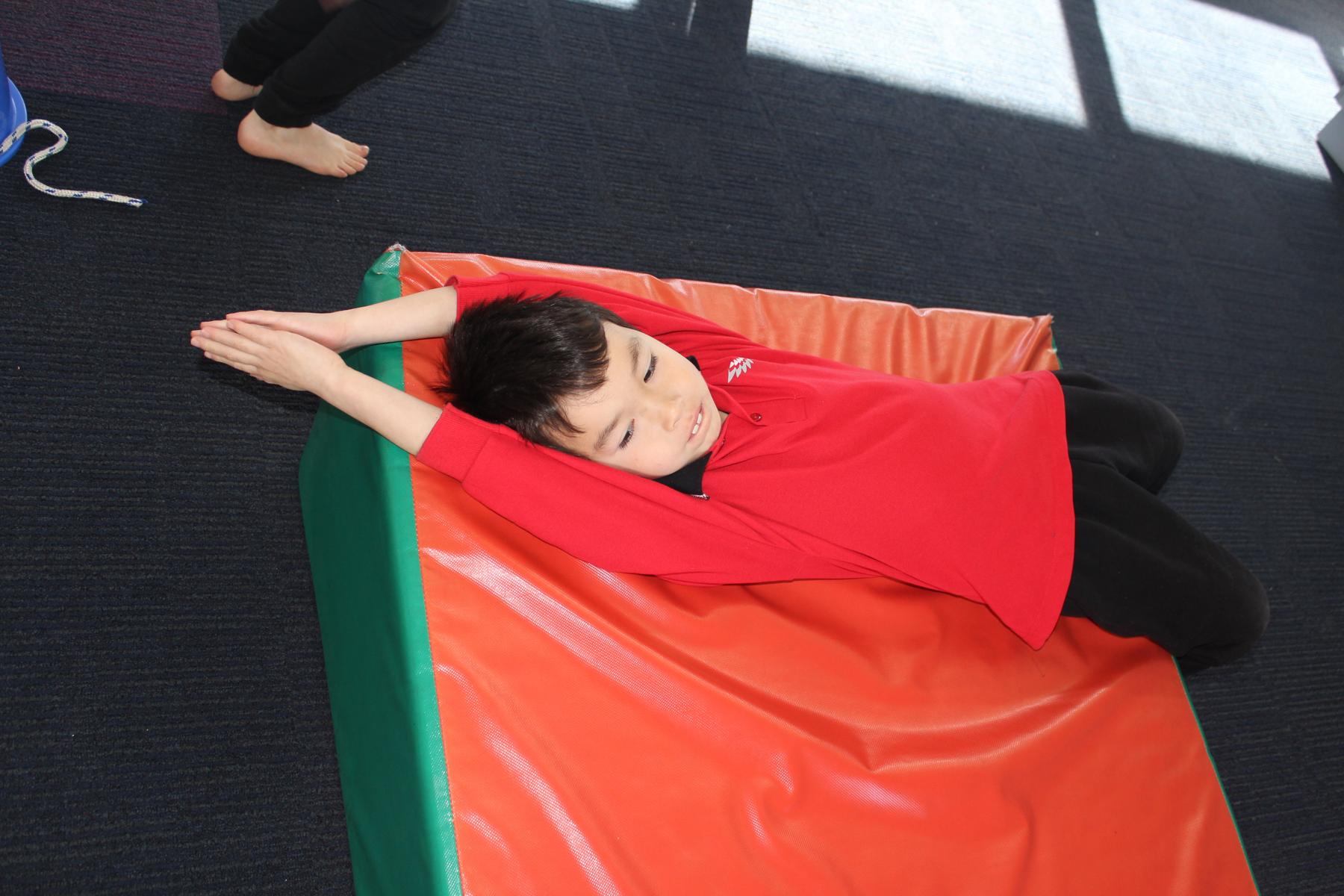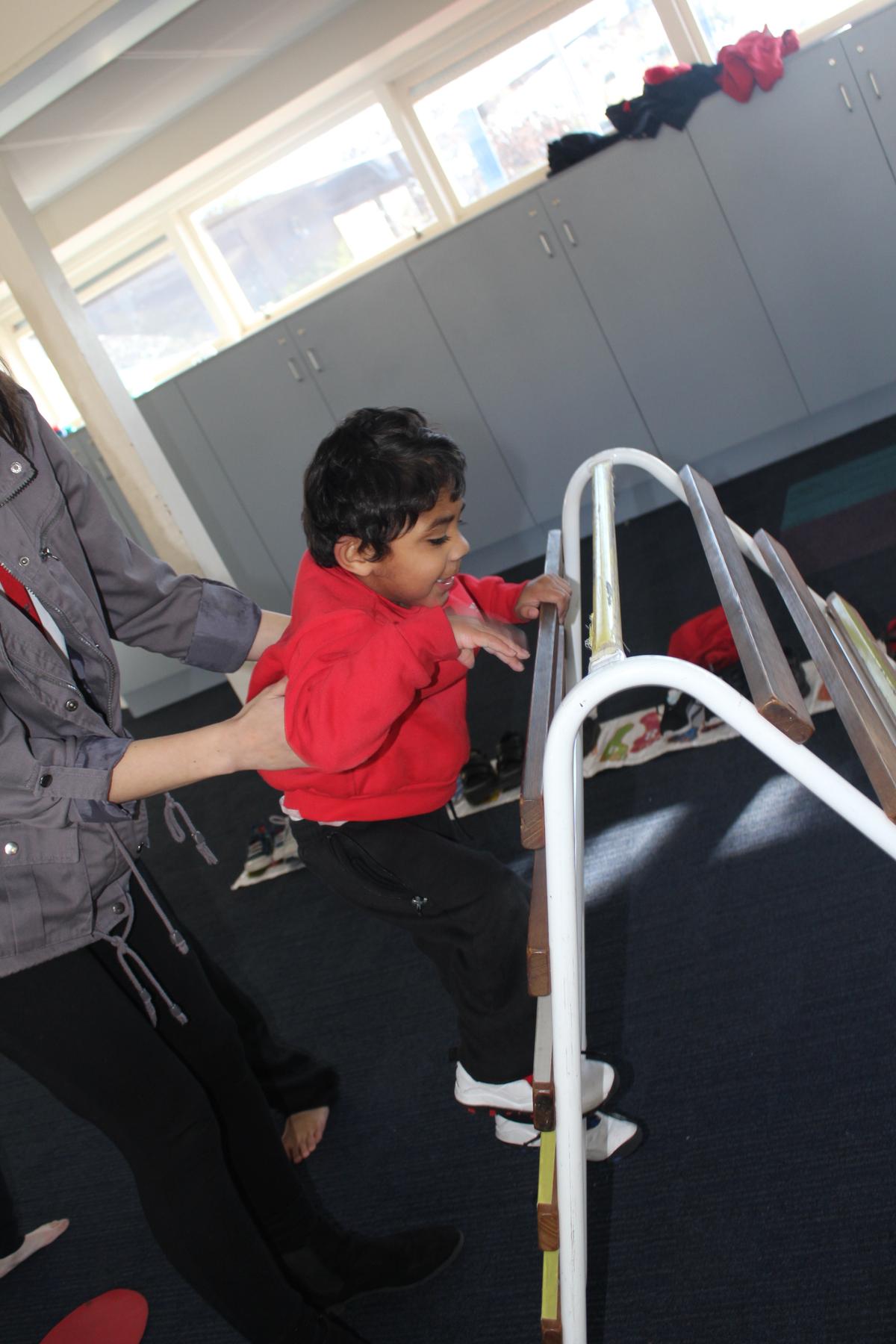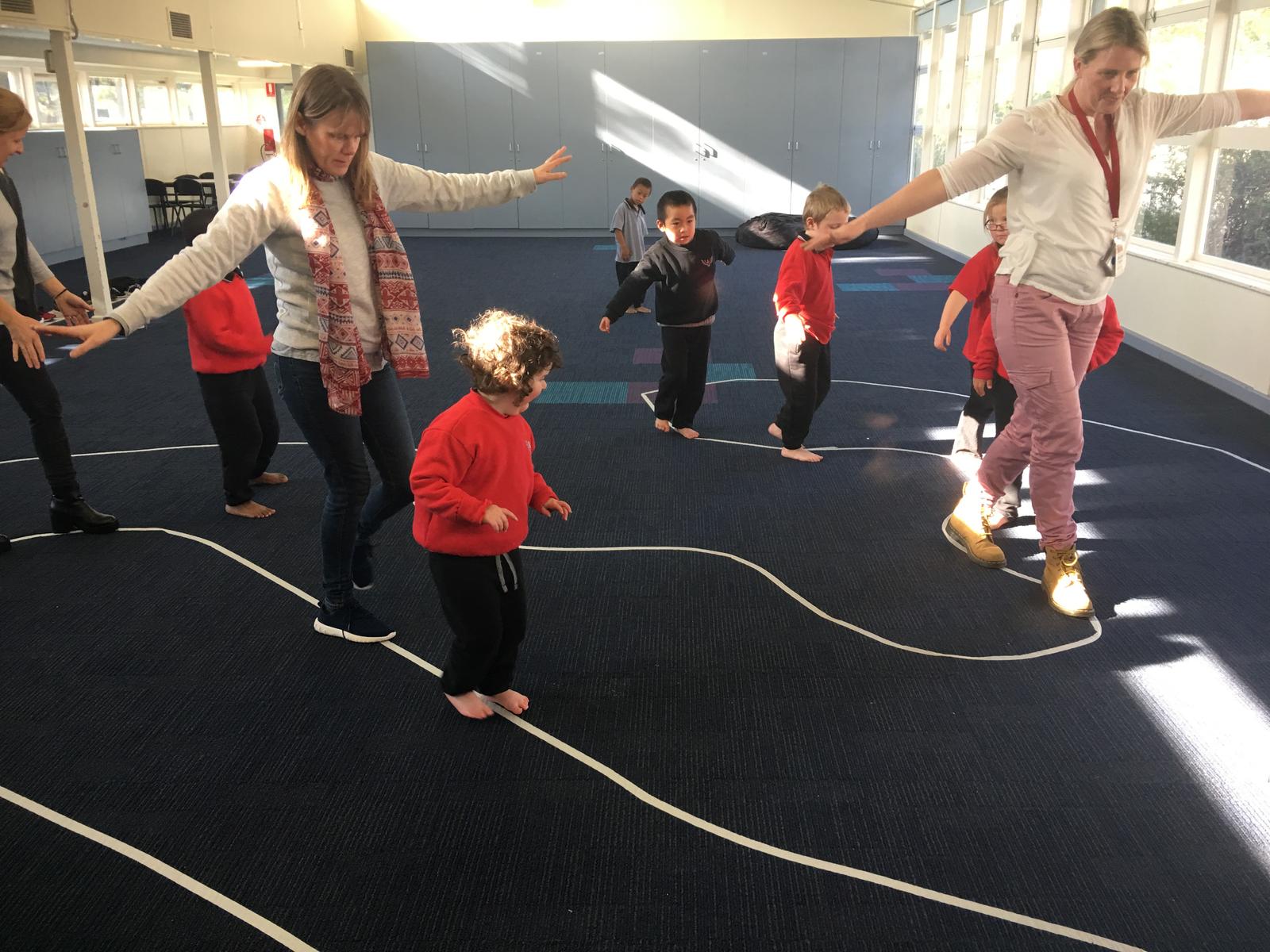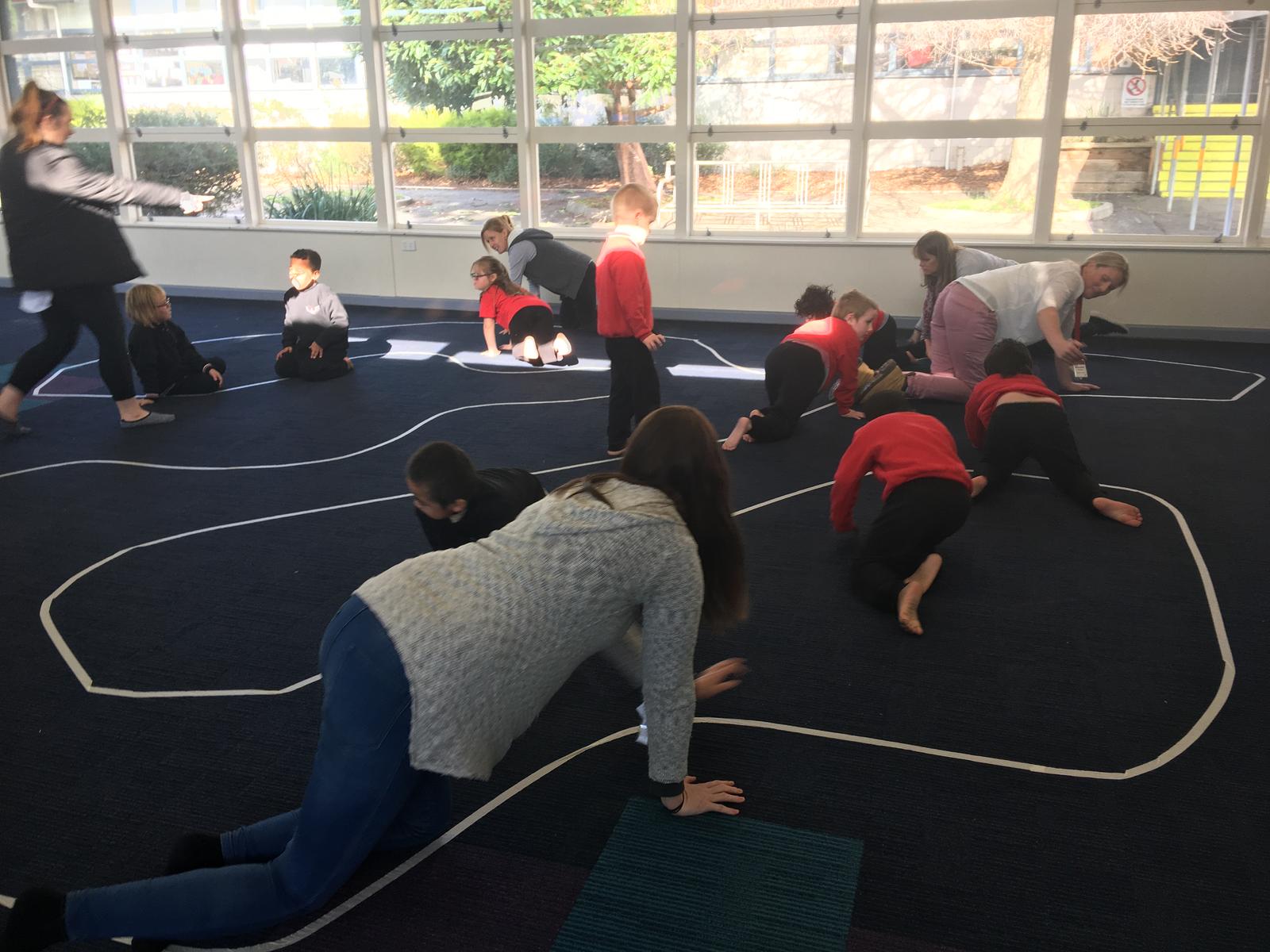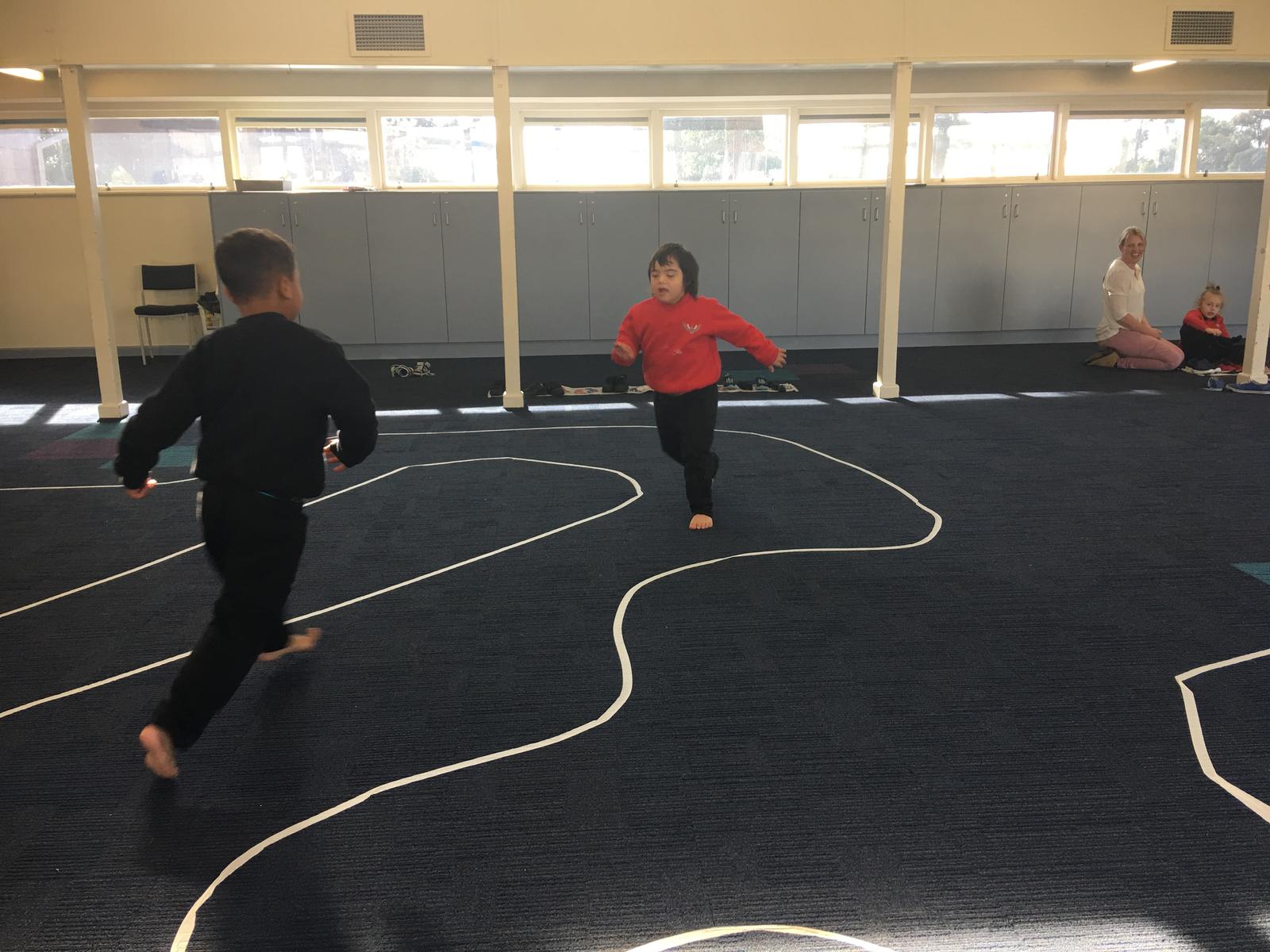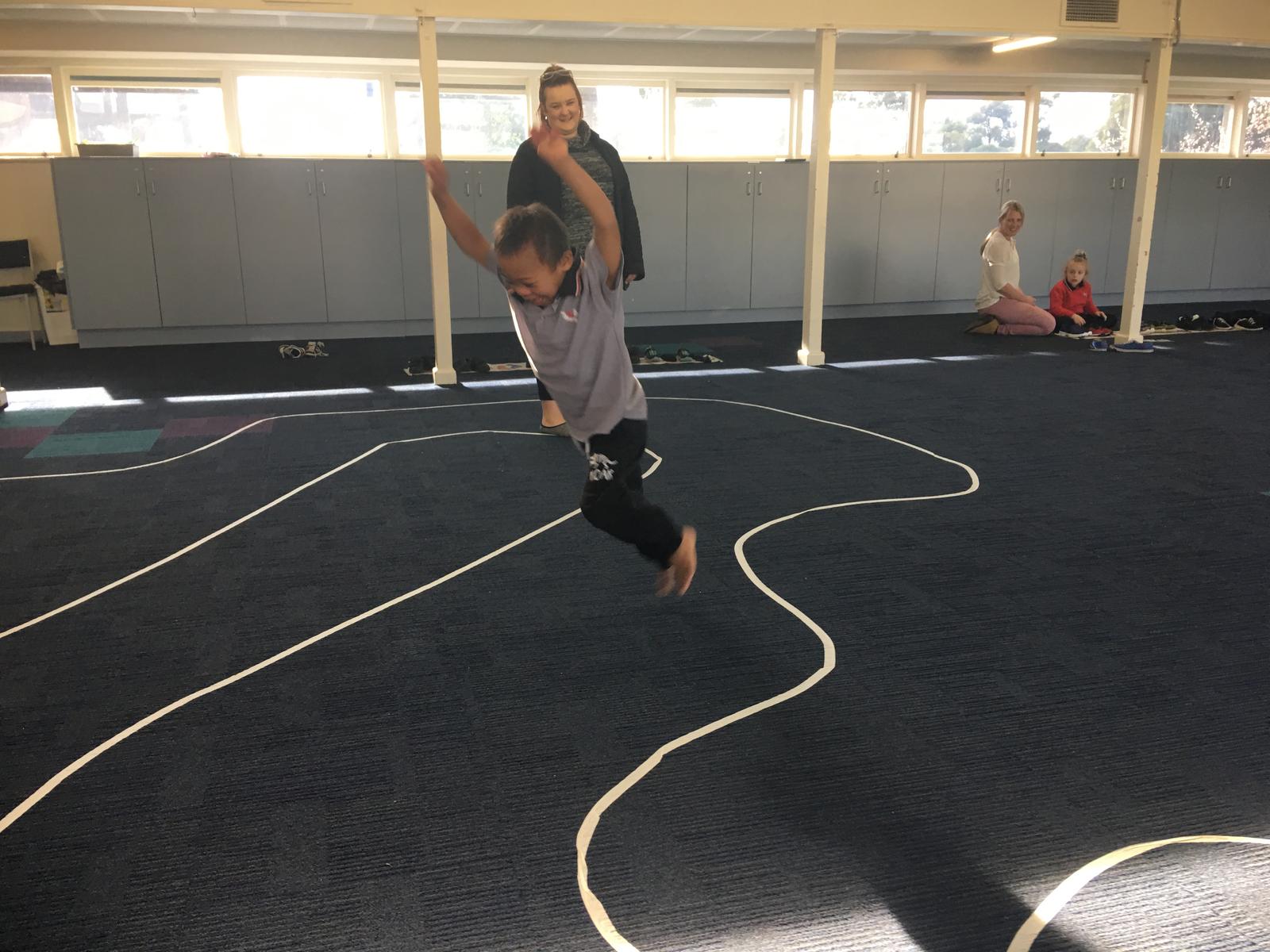Lower Primary
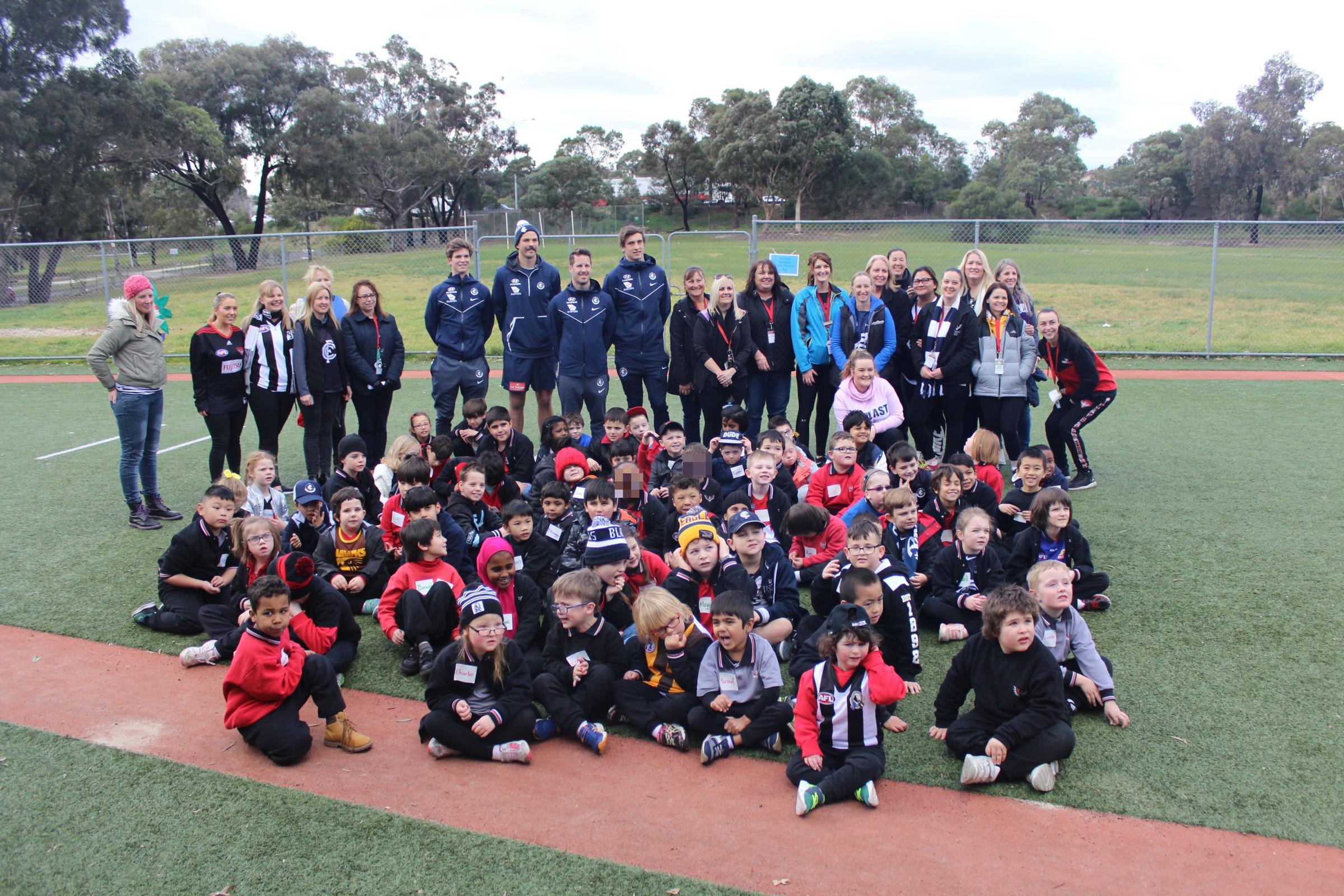
Learning Program
The past few weeks have been full of learning activities which have developed, challenged and reinforced students learning within Lower Primary. Along with students core work there has been the Mad about Science incursion, Book Week Performance and Dress Up Day, and a visit from 4 Carlton players who joined our students in a skills session It has been very busy!
There are also lots of special events to come over the next few weeks. We are looking forward to the Father’s Day breakfast, Literacy and Numeracy Week, the whole school assembly and Footy Day to finish the term. As you can see there is so much more learning and fun to come
Lower Primary would like to welcome Hannah Linn. Hannah is replacing Hayden Godbold. We are sure Hannah will enjoy being part of Lower Primary and working with all of our wonderful students and staff.
Mad About Science incursion
To support the introduction of our integrated unit “Weather” an incursion session was delivered by “Mad about Science”. This workshop discussed the definition of weather, the different types of weather and the water cycle in the air. Students learnt about how weather affects our daily lives, the clothes we wear and the things we do. Students worked in groups to make a flurry of snowflakes and experiment with ultraviolet beads. Students’ made a UV bracelet to take home. They were extremely engaged by the hands on experiments. It was great to see students working cooperatively in small learning groups.
Carlton Players- Football Skills Clinic
On the 7th of August we were very fortunate to have four Carlton football players- Levi Casboult, Matt Wright, Caleb Marchbank and Paddy Dow join us for a football clinic. The players were very engaging and hands on with our students showing them how to kick, handball, pass, weave and mark. The students participated in six rotations with each station focussing on different football skills. The duration of the clinic was 90 minutes. The players commented on the exceptional behaviour and enthusiasm of our students. A great morning was had by all.
Book Week
Book Week is celebrated every year in Lower Primary. To mark the occasion we were treated to a show as an extension of the library program. The show was titled “Treasure Hunt” in line with the CBCA’s 2018 theme “Find Your Treasure”. The show was an interactive and educational in-school performance that explored the issues of sustainability and our relationship with the natural environment as well as celebrating how books & reading can create understanding and bring people of different backgrounds together. The students thoroughly enjoyed the musical and were very attentive and interactive. The performers Megan and Joshua sang, danced and entertained us for an hour as well as teaching us about some important issues. The students have been discussing the importance of books and reading and have been introduced to several of the shortlisted books from the Early Childhood category for 2018 during library lessons.
Also, as part of Book Week students dressed up as their favourite storybook character. This is one of the most popular events on the school calendar and always creates great excitement in Lower Primary. Our students not only love to dress up themselves but love to see everyone else’s costumes as well. They certainly showed their delight and approval for each other’s choices during the parade. Students also loved using the microphone to tell the audience who they had come dressed as. There were lots of interesting book character costumes which included a multitude of super heroes, princesses, a witch or two, pirates, Snow White, several Wally’s, Tin Tin, Pippi Long Stocking, the yellow wiggle, Little Red Riding Hood and Harry potter just to mention a few, even the Fairy Grandmother made an appearance. Thank you to the parents and family members who came along to join in the fun.
Mathematics
Money
The Money unit has also come to an end. The overall focus on money has been taught as a repeat of counting, place value, addition and subtraction. Students have enjoyed "playing shops" developing an understanding that money is exchanged for goods. Other students have moved onto role play that focuses on the labelled cost of an item- 10 cents, 20 cents, 50 cents, one dollar and using the right coin to pay for items. As students have continued to develop skills they have worked on counting coins to make a specific amount- making 5 dollars from dollar coins.
Other activities have included:
- matching coins that are the same.
- sorting coins by size, colour, shape.
- counting coins that are the same touching each coin as it is counted.
- naming coins.
Shape
The Shape unit has also come to an end. Students been involved in activities to develop and understanding of simple two dimensional shapes by matching, sorting and naming them. They have been encouraged to locate shapes in the environment and in familiar objects- a basketball is a circle, that roof looks like a triangle, my work book is a rectangle. They have used shapes to match or to create a range of pictures.
Integrated Unit
Weather
Students continue to be given the opportunity to investigate the weather and how weather can affect their lives. Students have been encouraged to use their senses to develop understandings and concepts about the weather.
Students have focussed on key questions such as:
- What types of weather is there?
- Is the weather the same for the whole day?
- What can we find out about the weather?
- How does the weather affect what you wear, eat and do?
Classes have
- accessed story books, interactive sites, weather related rhymes, songs.
- experienced the weather outside the classroom.
- brainstormed ideas about what to look for when they observing the weather.
- represented their ideas about weather through drawing, photos.
- recognised, drawn weather symbols.
- used symbols to represent weather conditions.
- created symbols for cloudy, rainy, sunny, stormy, windy.
- created a word wall which descriptive words.
- created a whole class or individual weather journal.
English
Phonics and Word Knowledge
Students have focussed on developing their phonological awareness, phonemic awareness, phonics and word knowledge. Phonological awareness is the ability to hear, identify and manipulate the sounds of spoken language (hearing and repeating sounds, separating and blending sounds, identifying similar sounds in different words, hearing parts or syllables in word “hel-i-cop-ter). Phonemic awareness is a more advanced component of phonological awareness; it is the ability to notice, think about, and work with the individual sounds (phonemes) in spoken words (identifying the three sounds in the word bug as /b/ /u/ /g/). Before children learn to read print, they need to become aware of how the sounds in words work. Phonics is connecting sounds to letters (for example, the letter “b” makes the /b/ sound).
Activities have included:
- recognising environmental sounds
- repeating rhyming words
- hearing the sounds in spoken language through chants, rhymes, nonsense words, and poetry.
- recognising and ordering letters in their name
- name sorting
- recognising the difference between letters and numbers
- recognising the difference between upper and lowercase letters
- Identifying sounds associated with the beginning letter of words
- blending sounds associated with letters when reading consonant-vowel-consonant words- hen, cat, pit
- two letter initial consonant blends eg: fl, cl sl
Writing -Procedural Text
The procedural writing unit has come to an end. Over this unit, students have participated in stimulus activities such as making paper planes, blowing bubbles, making a piggy bank, decorating biscuits, making hot chocolate, making a milk shake, creating a shape monster and a snow man and brushing their teeth. They have used photos, pictures, picture words, picture word sentences or their own writing to sequence the steps of the procedure and to create their own procedural text. This week students have completed an assessment writing task which focused on the “how to make toast” procedure. Students used range of supports including photos, pictures, picture word sentences or their own writing to sequence the steps of the procedure. This moderation task allows us to see how well students have been able to transfer their learning to this task.
SOCIAL COMPETENCIES PROGRAM
In the Social Competencies program, students have commenced exploring ways that they can work and interact together. Different classes have focused on varying topics including different ways of sharing, taking turns, behaving appropriately in a losing situation and working with a partner to achieve a task.
OCCUPATIONAL THERAPY PROGRAM
PMP
Each week the preps and portable classes have been participating in regular PMP sessions. We use different rotational activities which focus on developing the students’ gross motor skills. Some of these skills include core strength, motor planning, coordination, body and spatial awareness and balance. The activities also work on developing important social skills such as turn taking, sharing and encouraging others.
Developing gross motor skills can assist the students within the classroom, by helping them to sit for longer, better engage and concentrate, and even assist with their handwriting skills. You cannot have strong fine motor skills without a strong core!
At the start and end of each PMP session, our students also practise taking their shoes, socks and jumpers on/off. Many of our students have shown great progress in this skill, with most students now being able to take their shoes and socks on/off with little to no assistance.
If you wanted to continue to practise some gross motor skills at home you could:
- Put pillows on the floor to jump on
- Play copying games where your child needs to copy your actions
- Throw balls into washing baskets
- Balance along the lines of the tiles or carpet
- Jump with 2 feet between the lines of the tiles or carpet
- Pretend to be different animals (bear, crab, frog, kangaroo)
Kath Moore
Campus Principal
